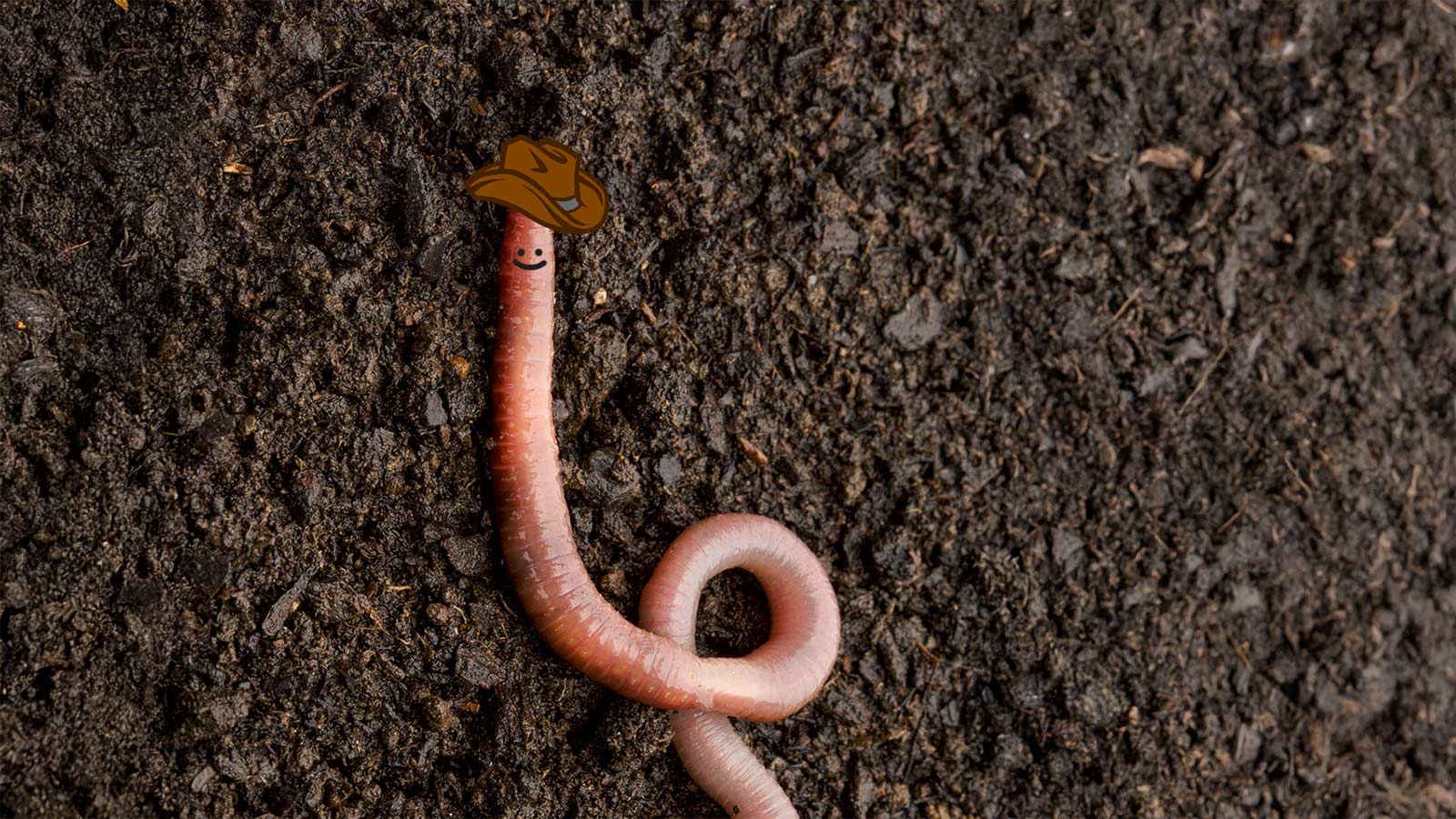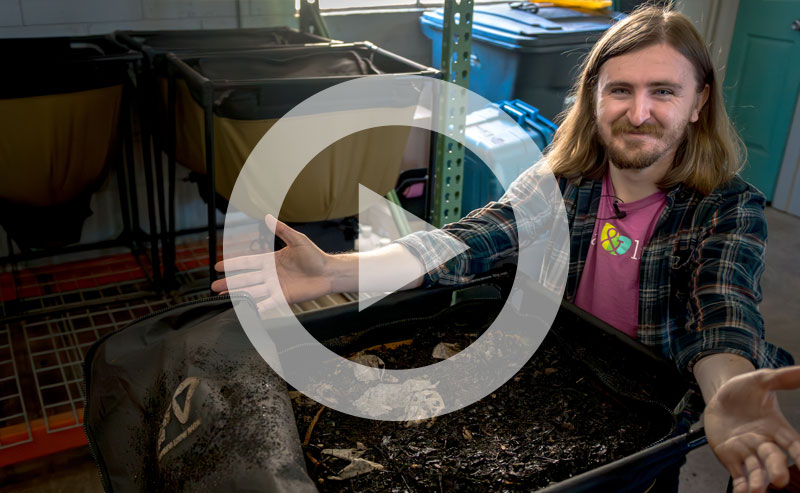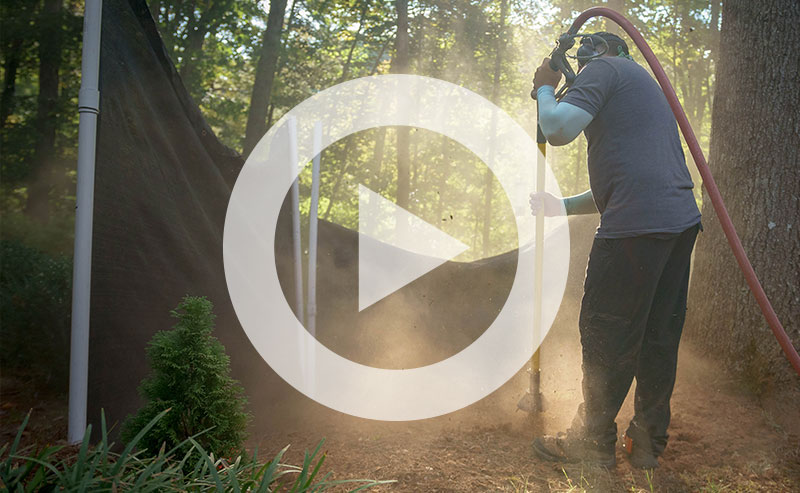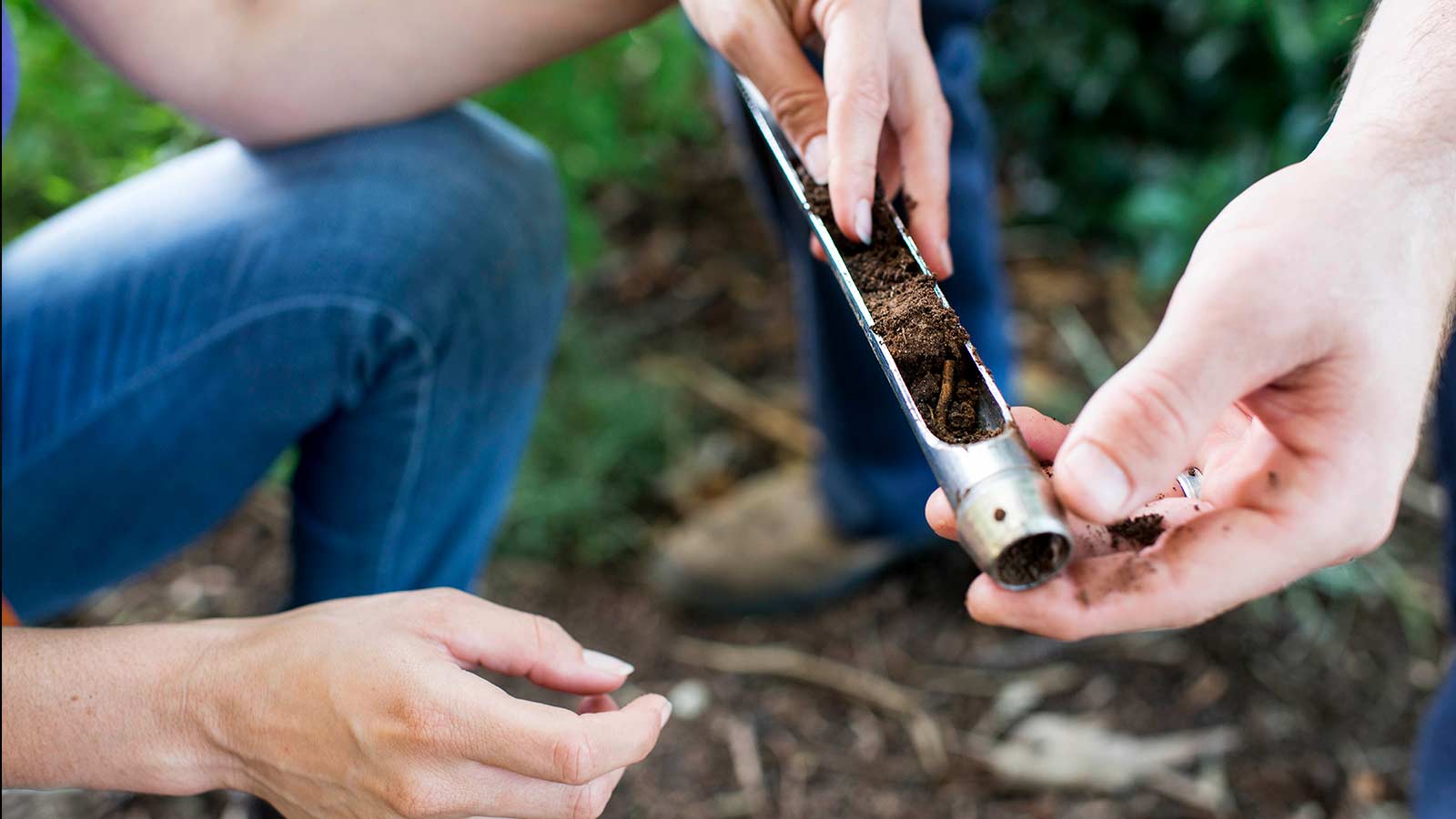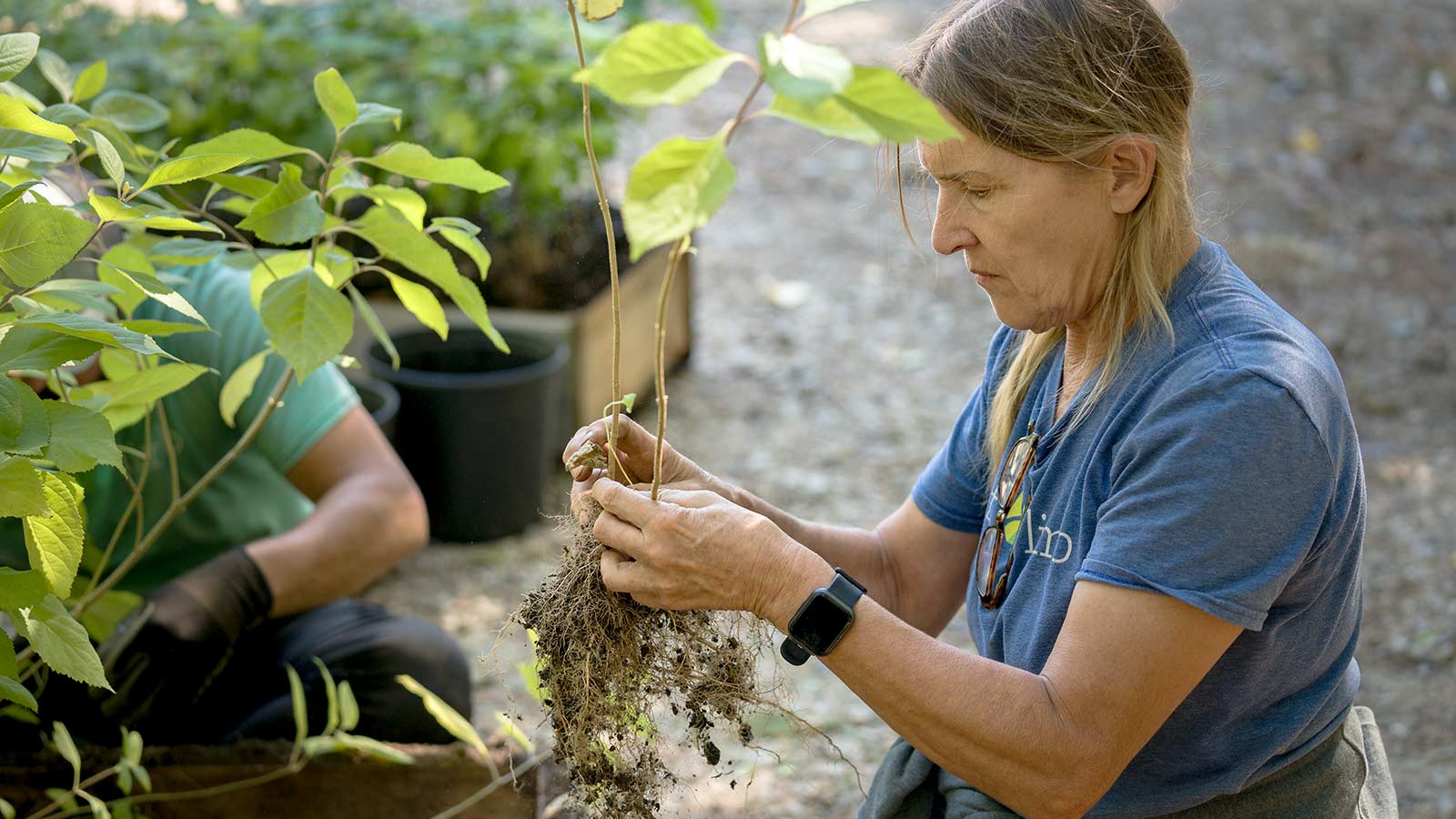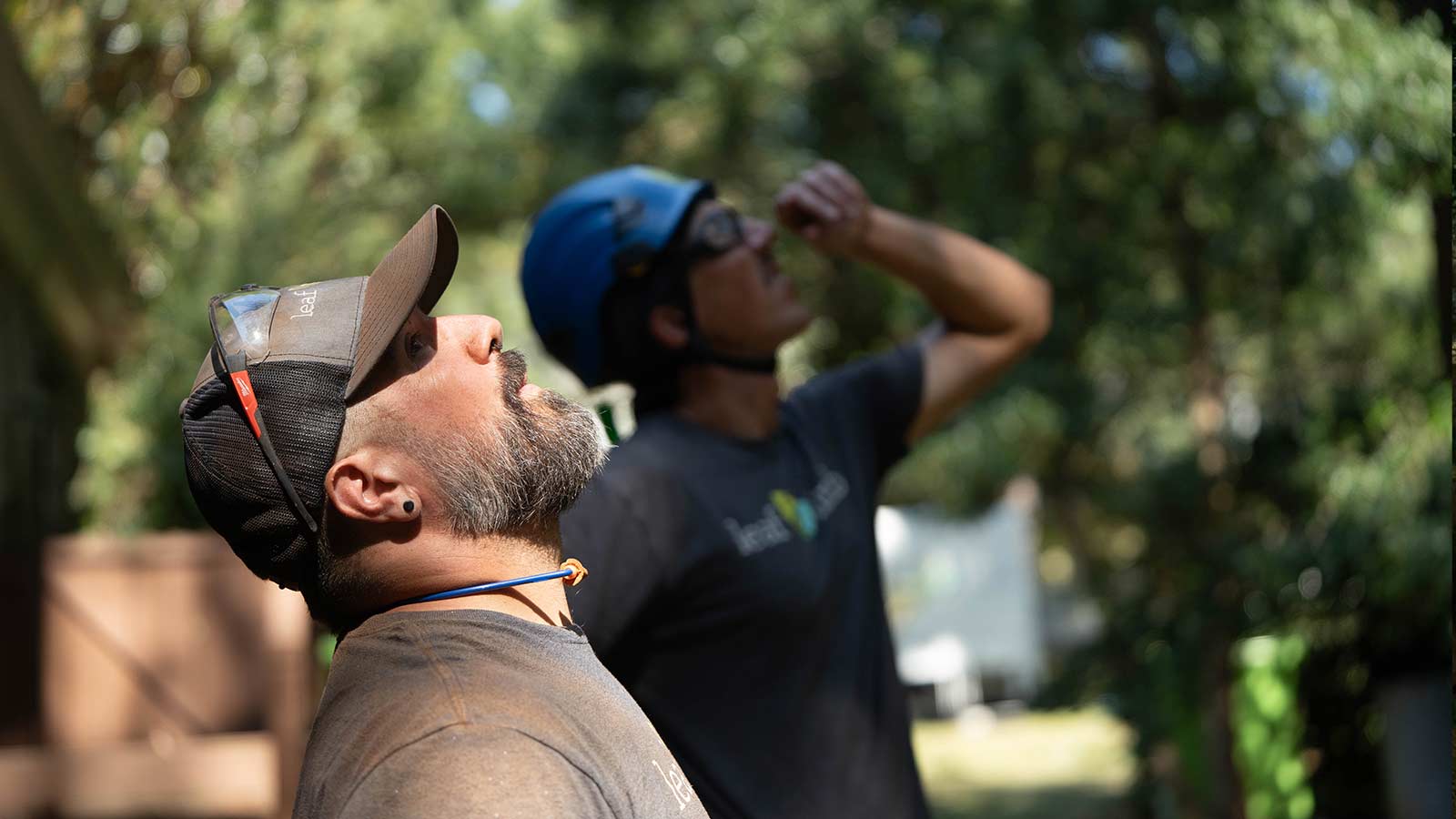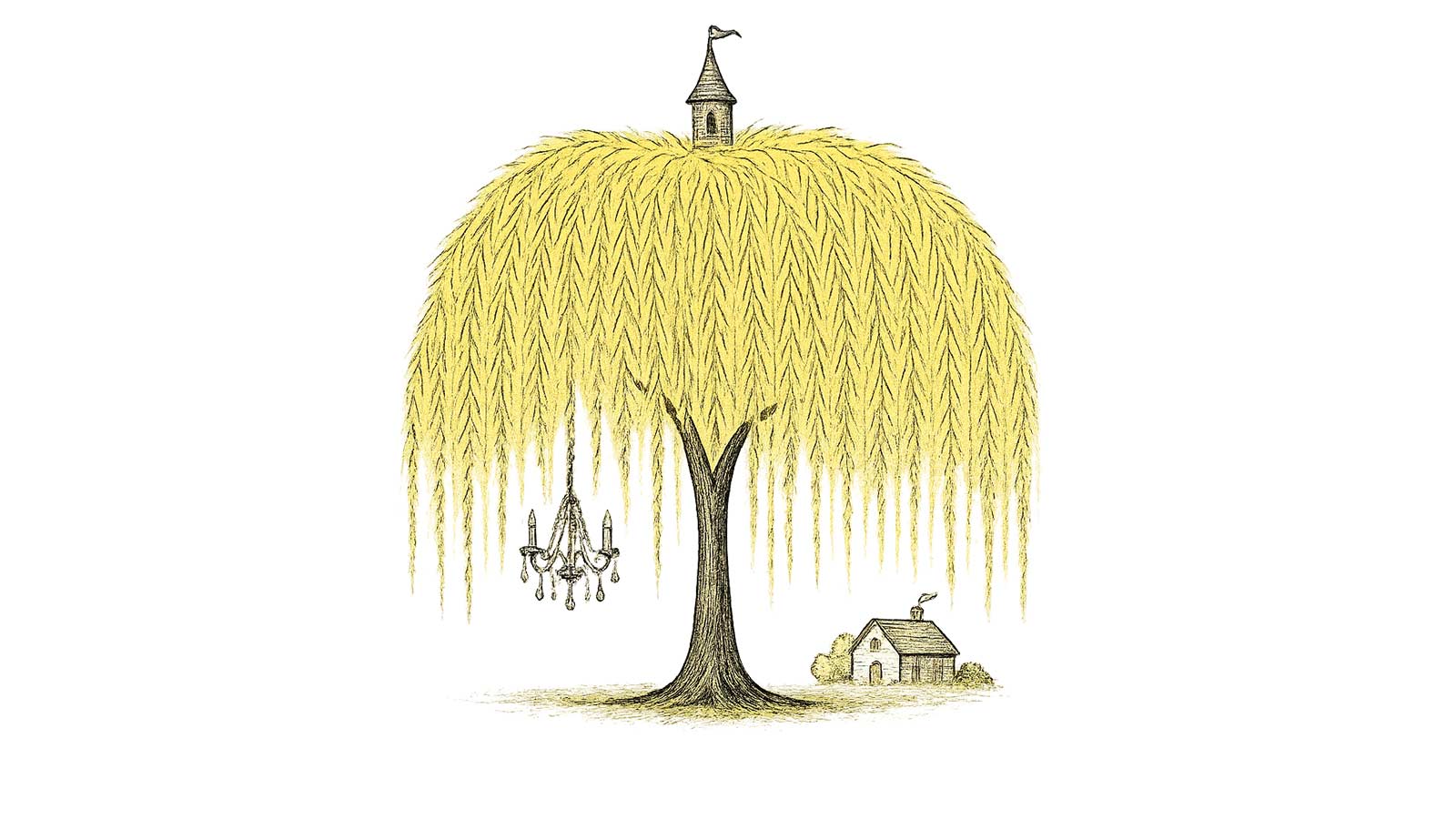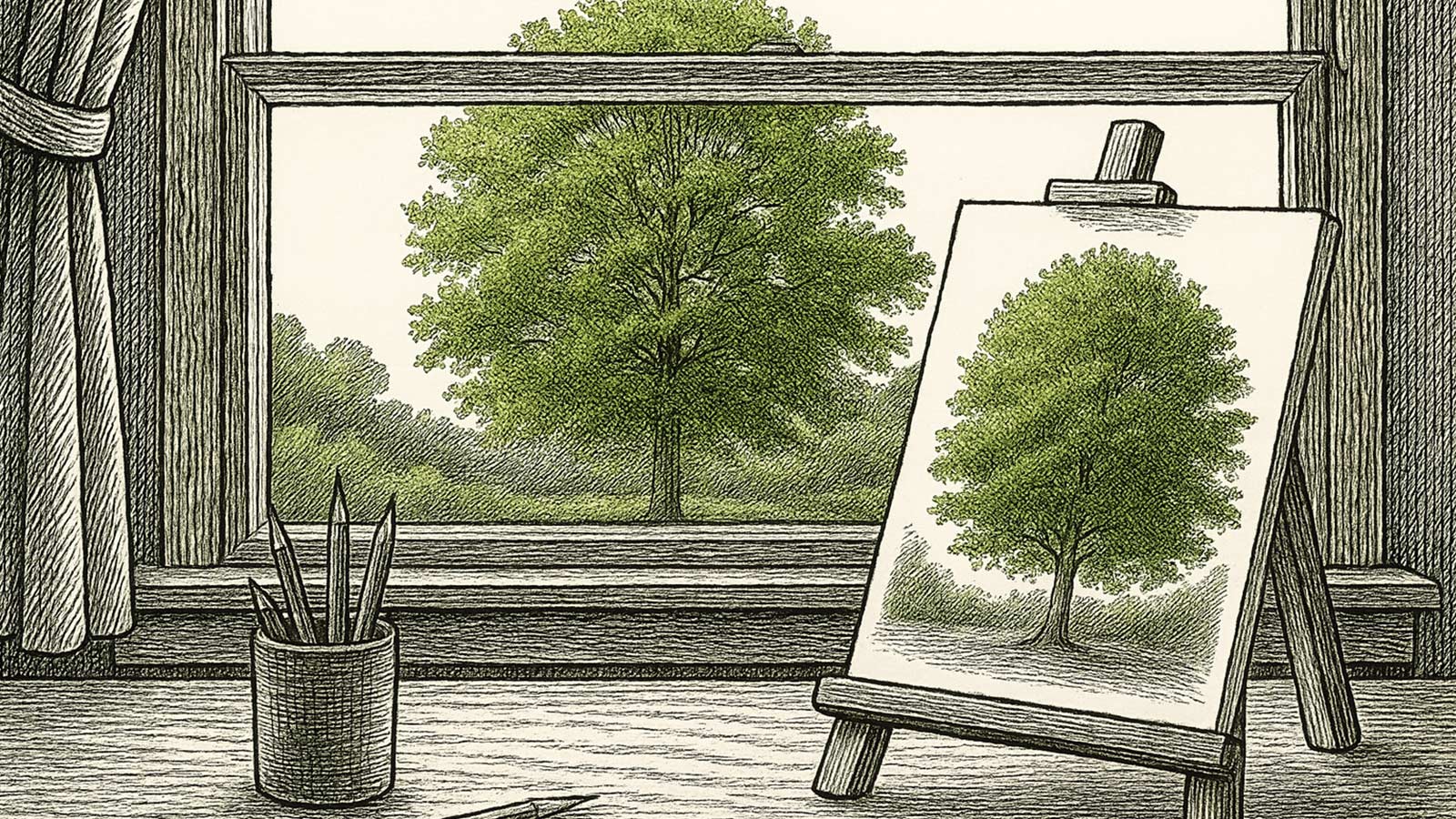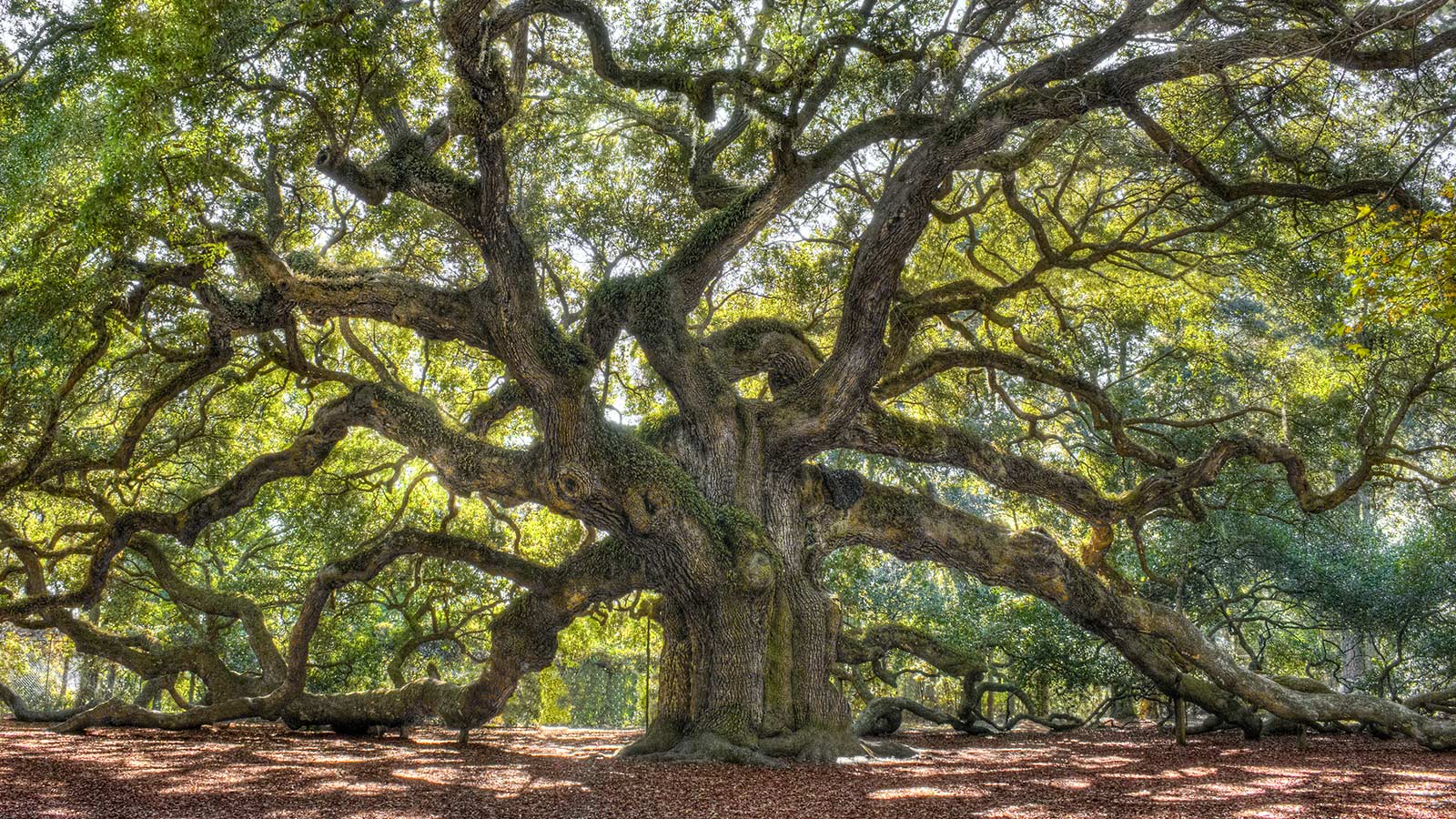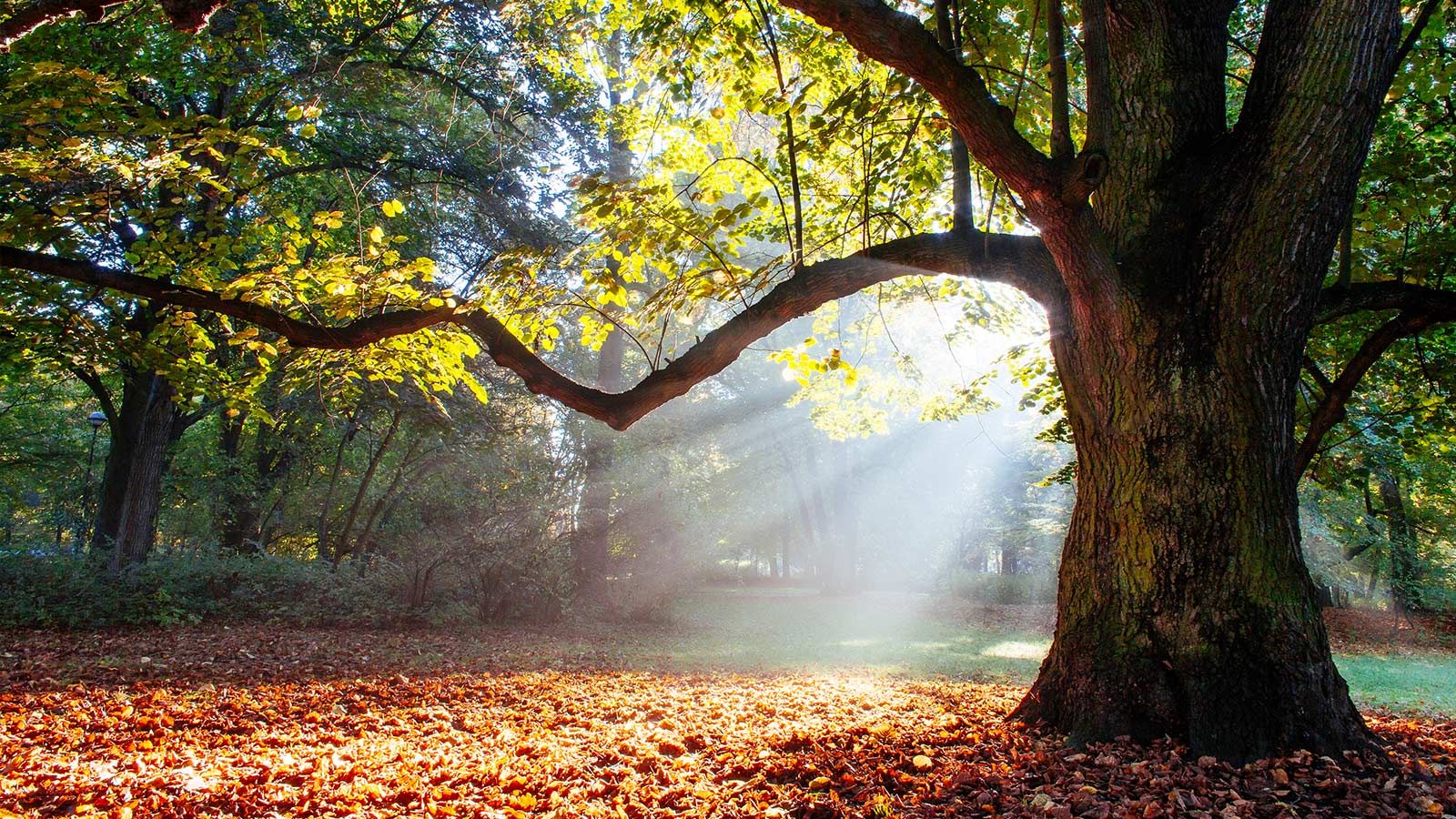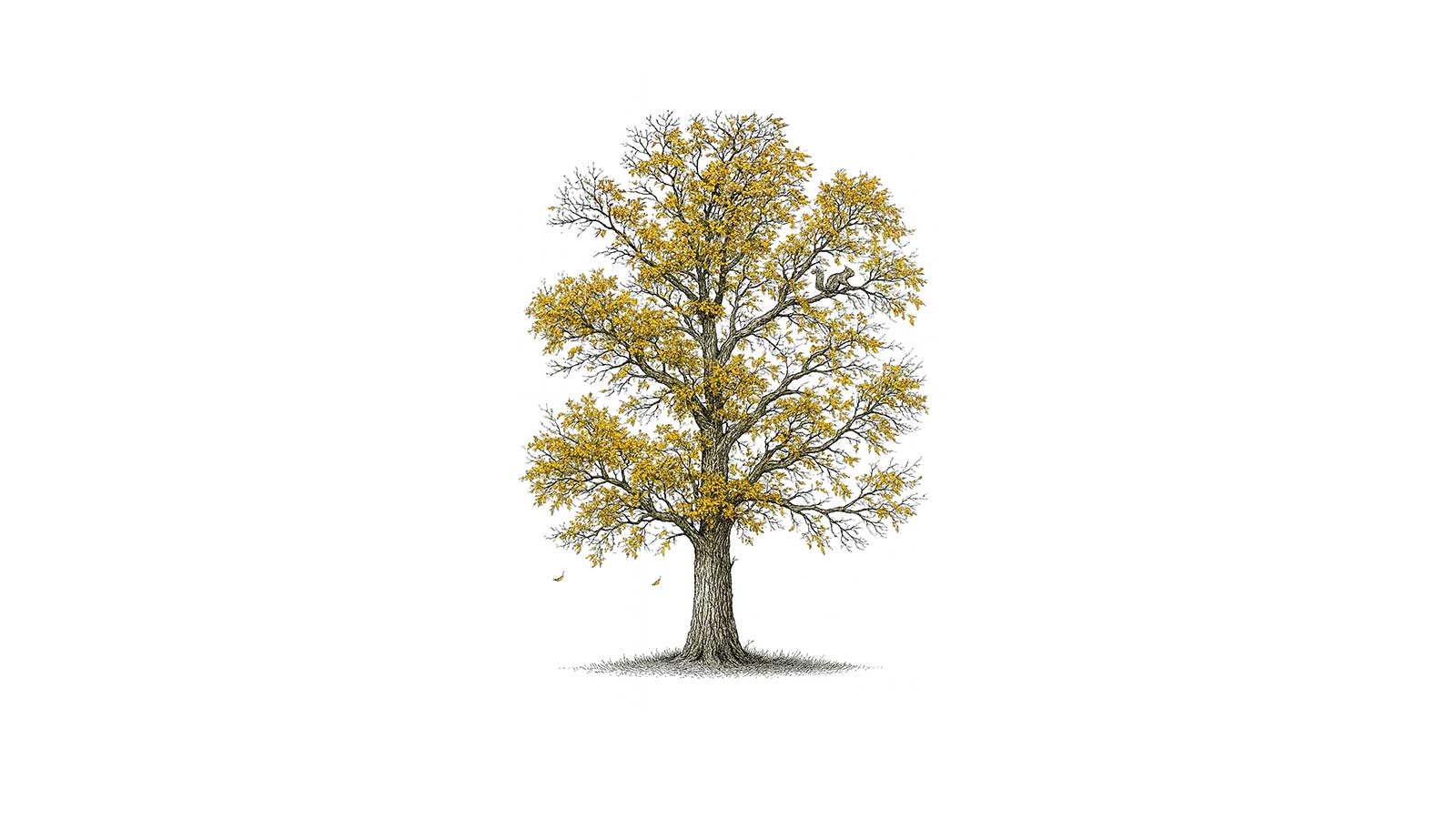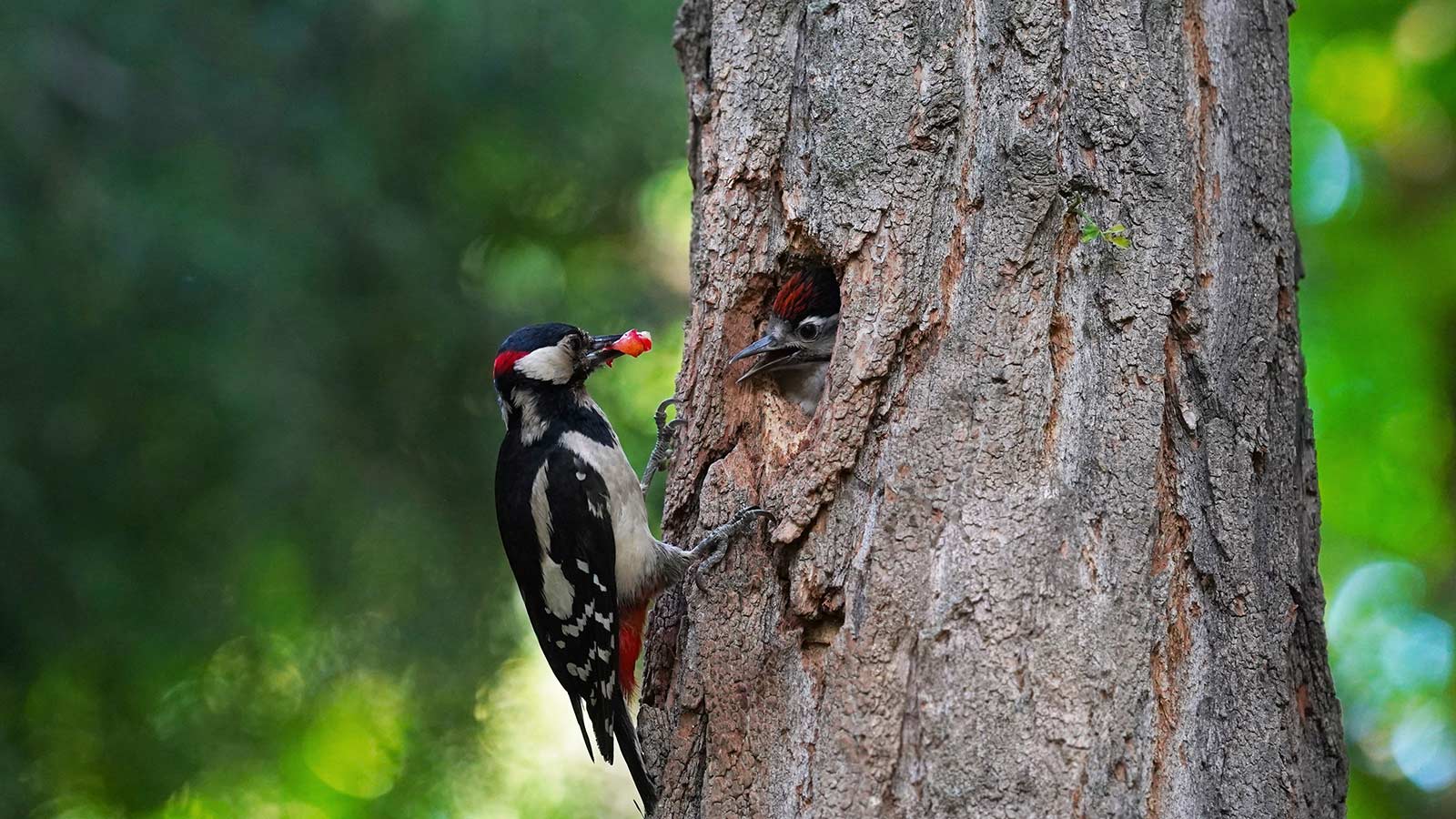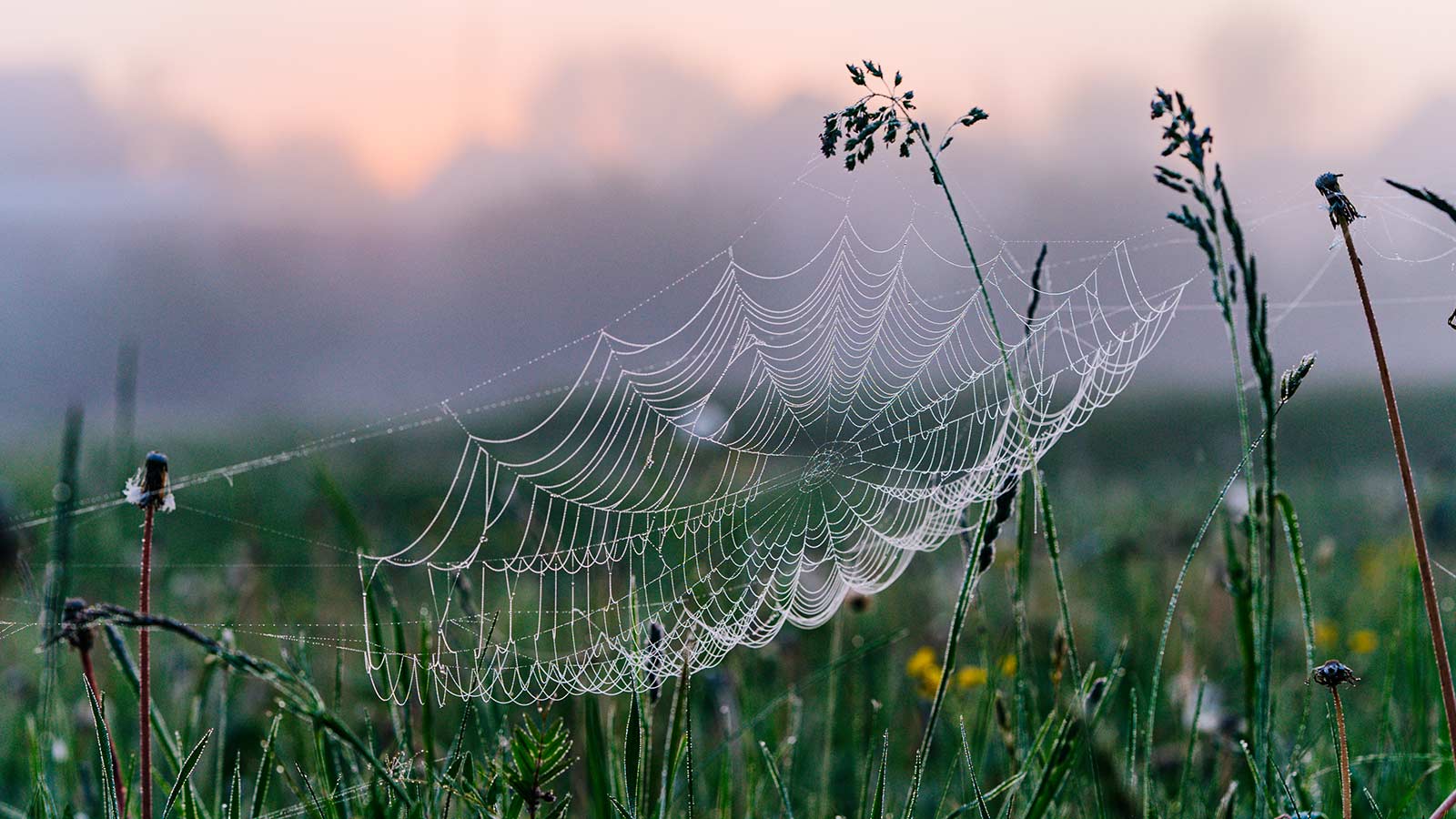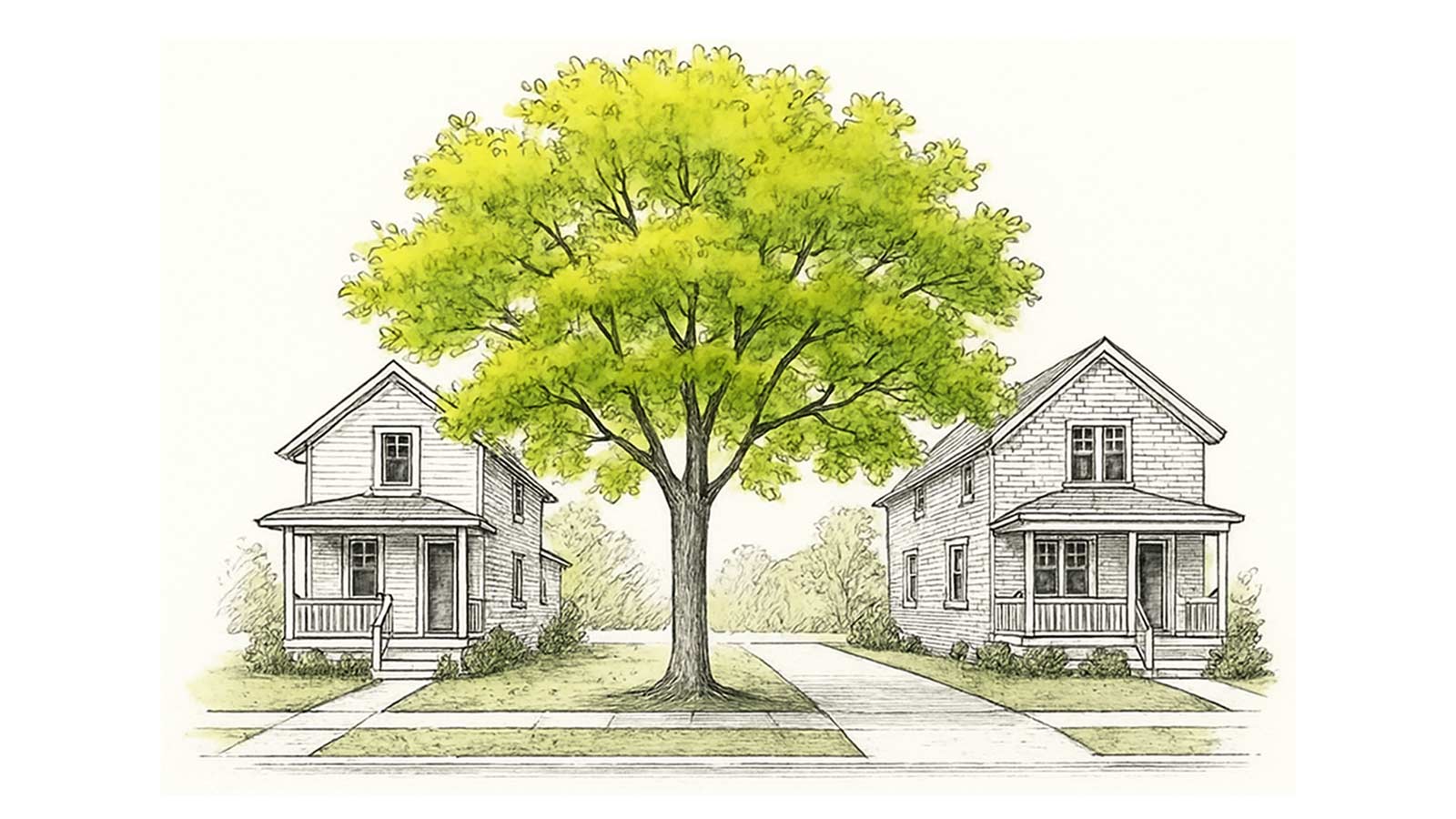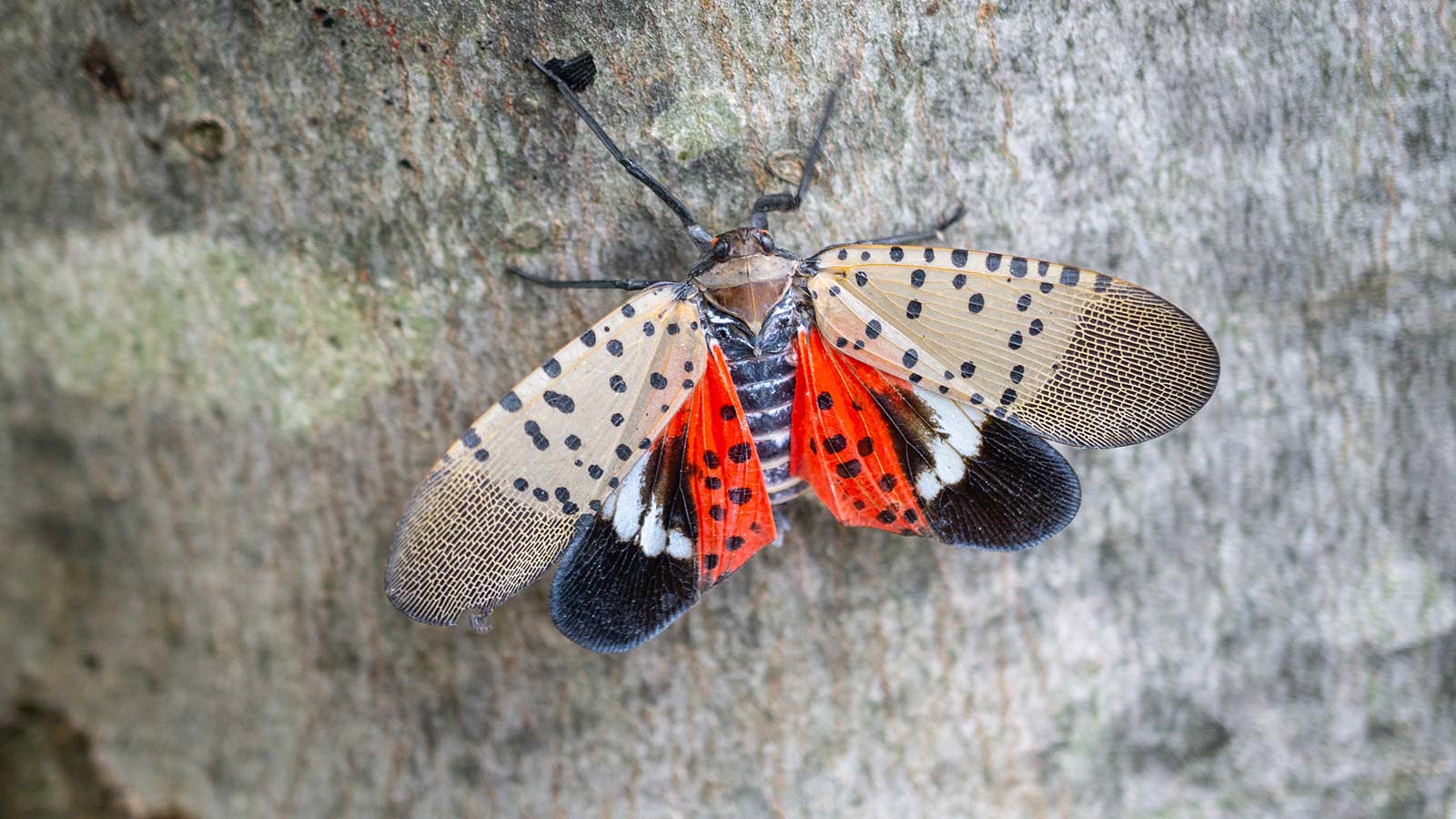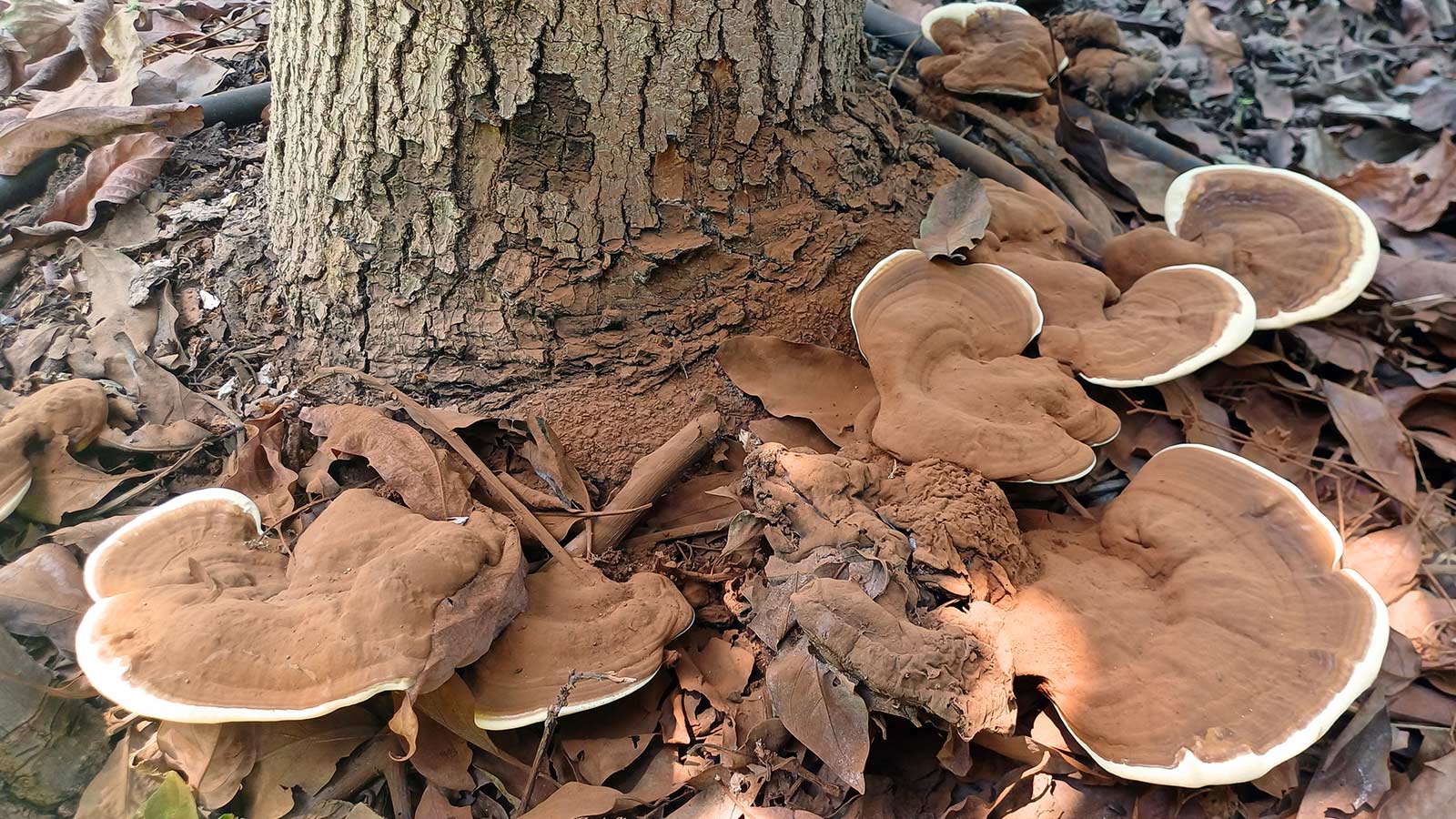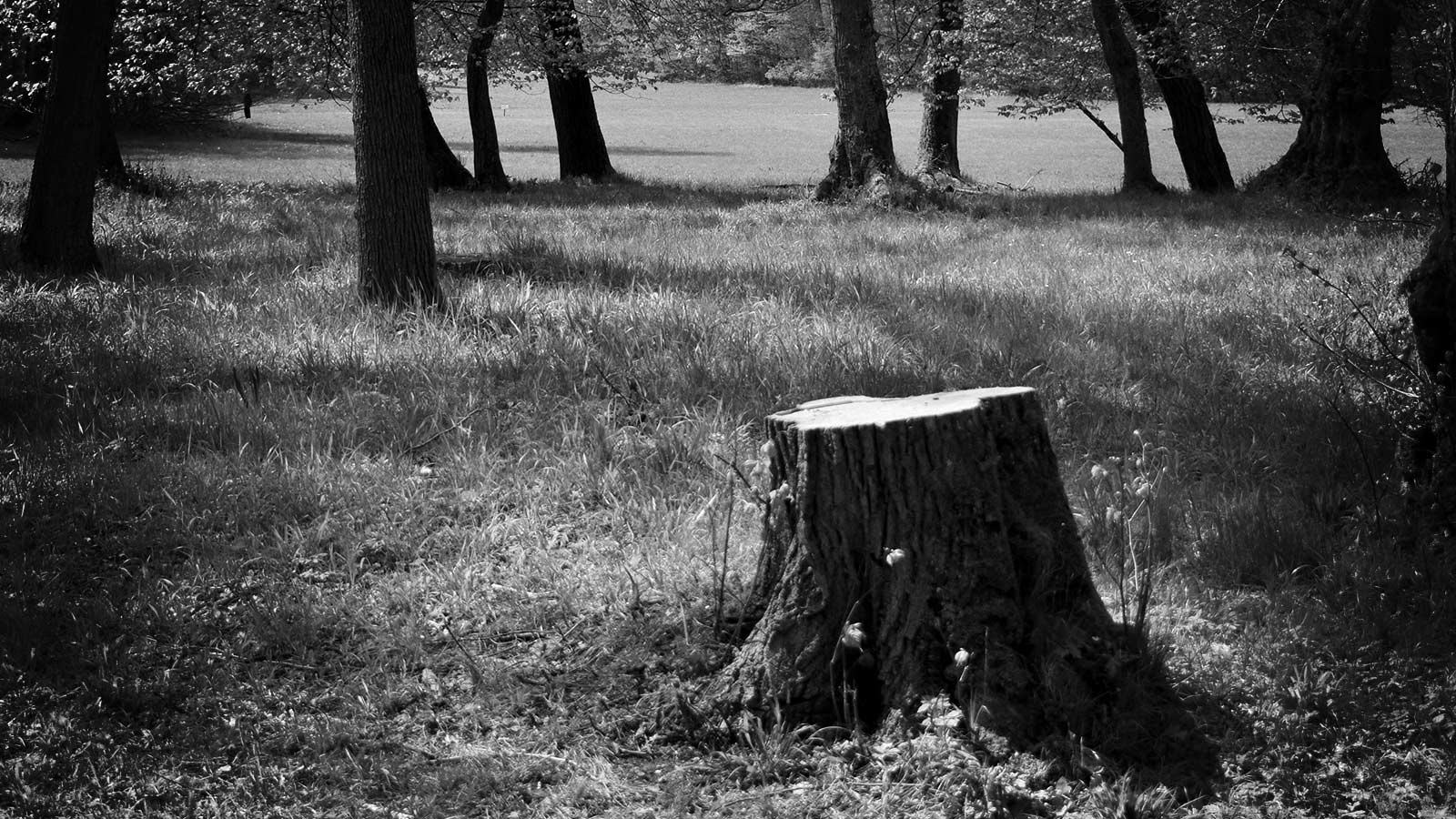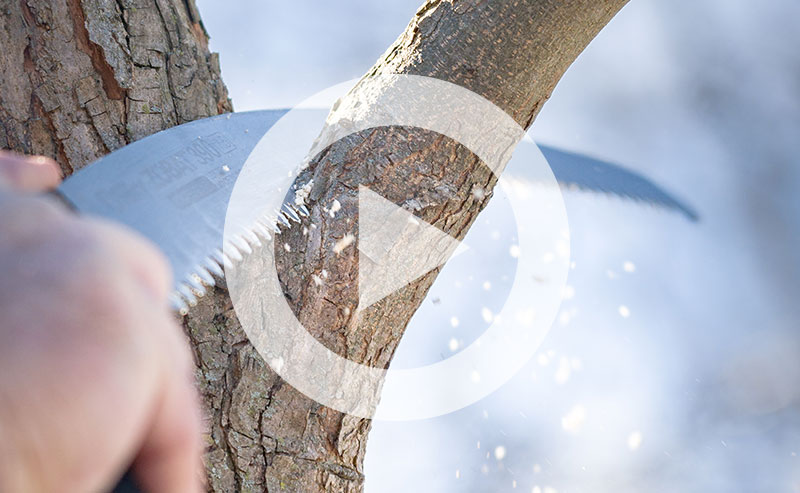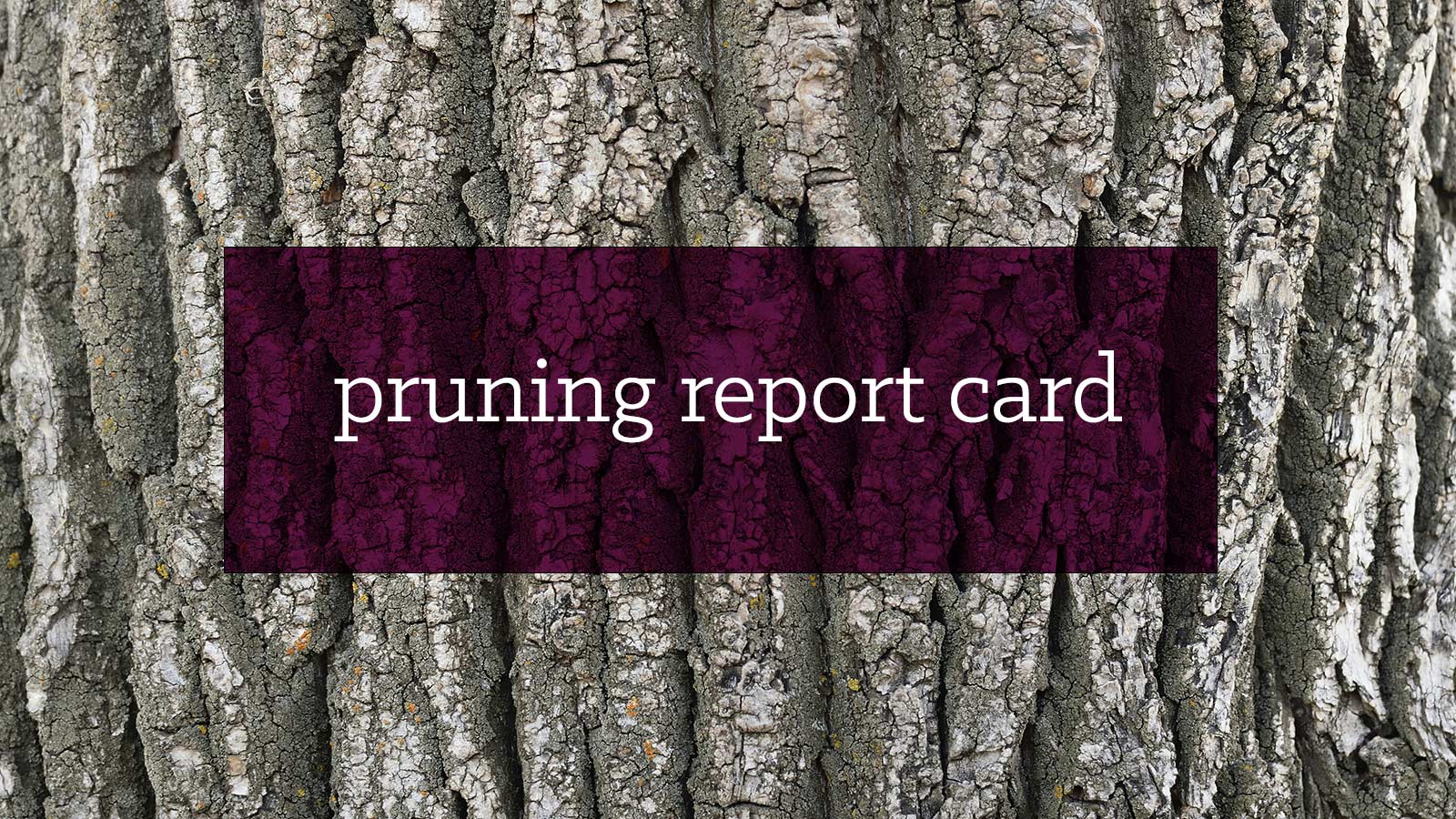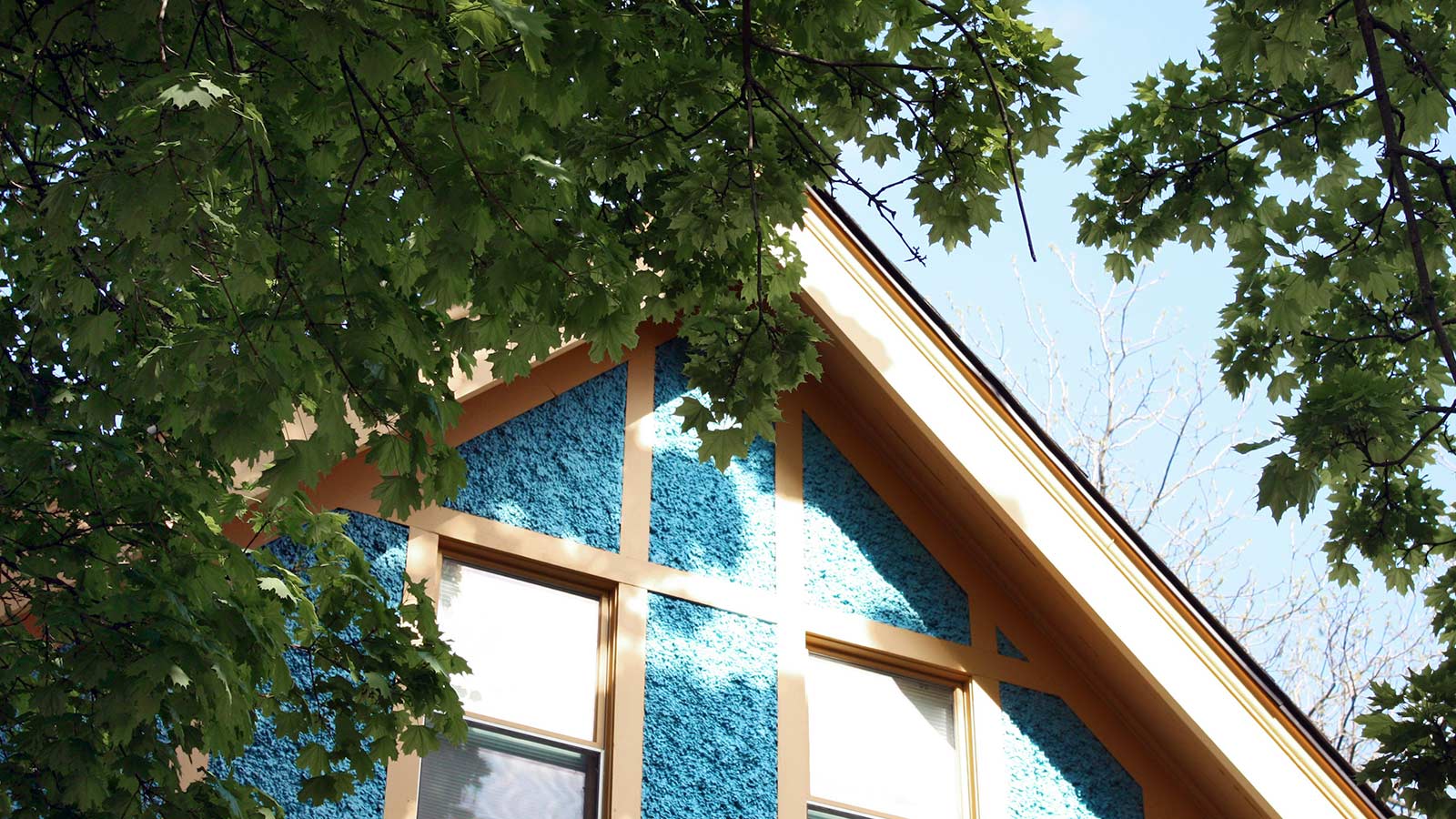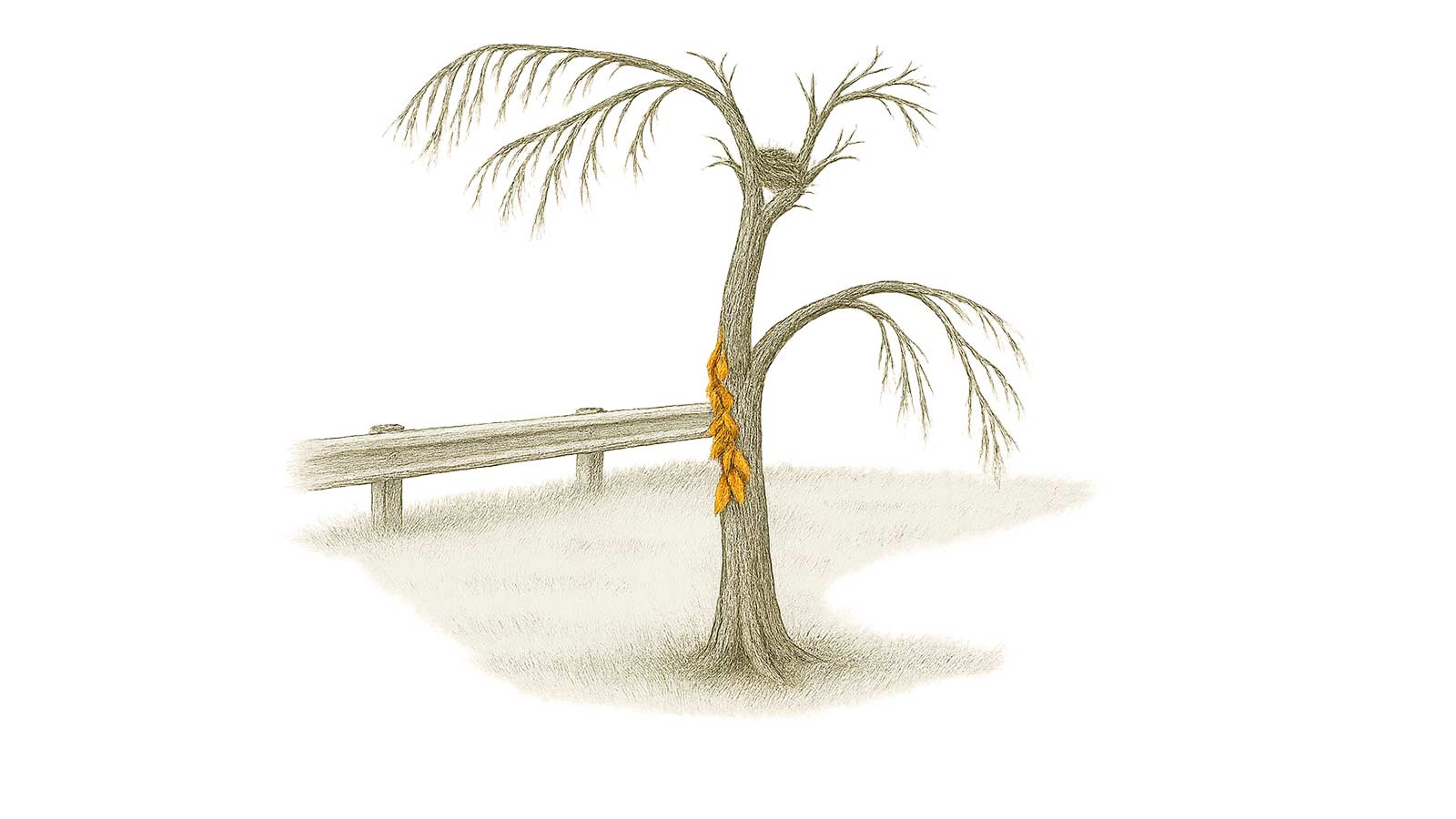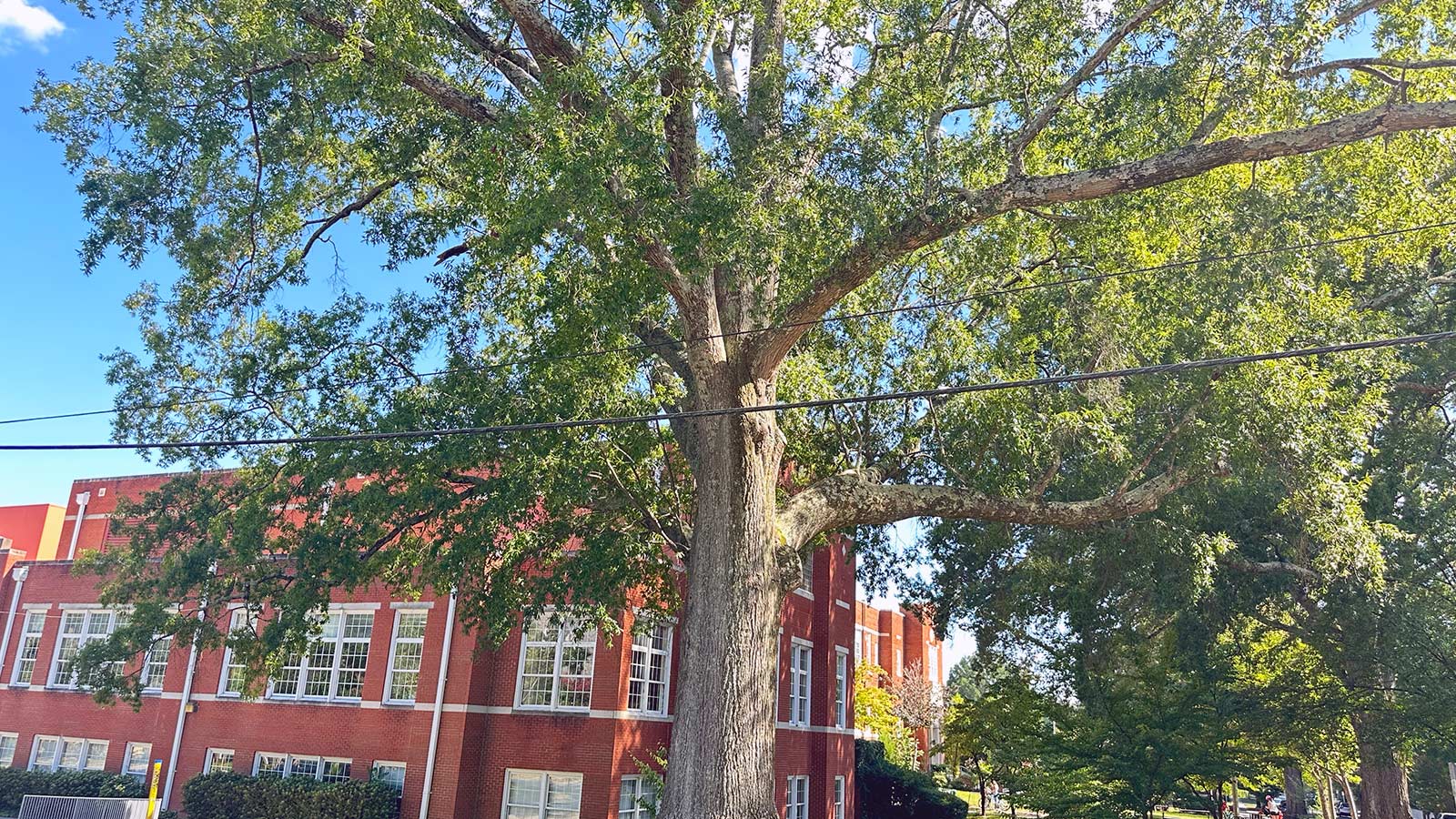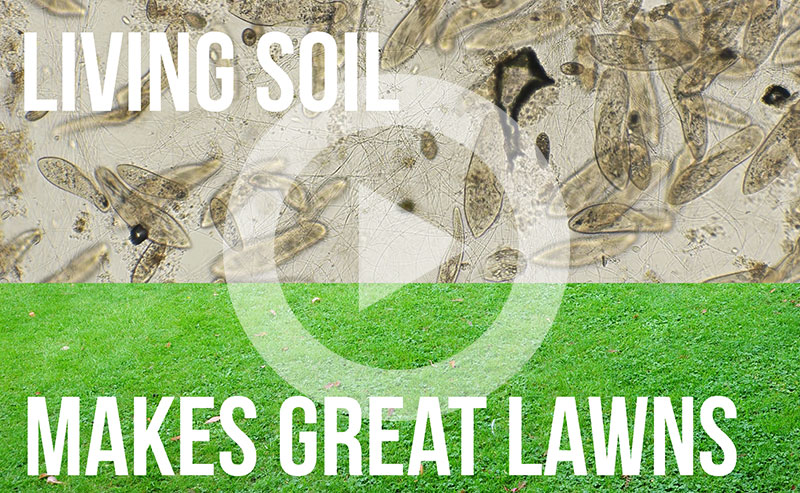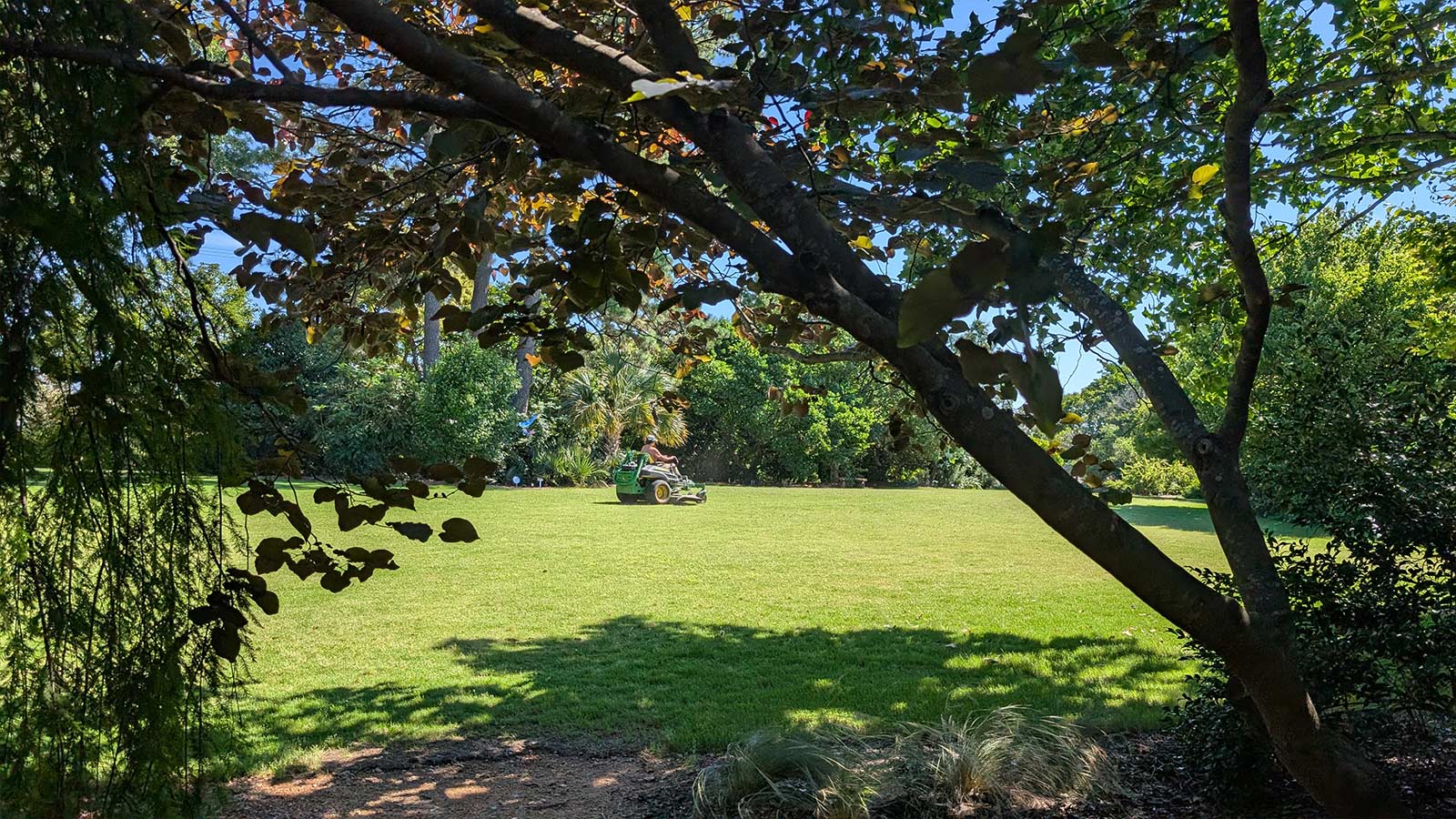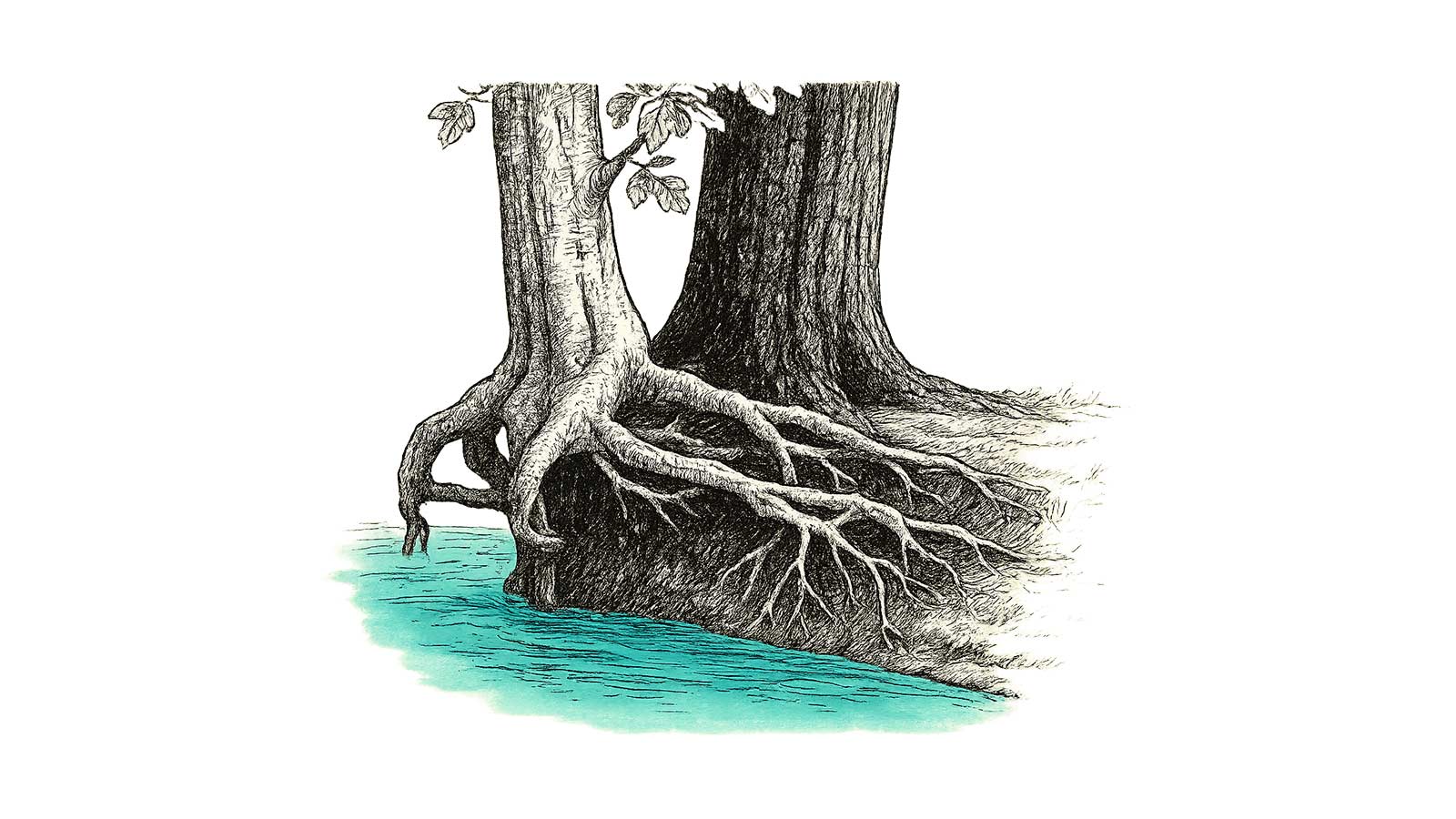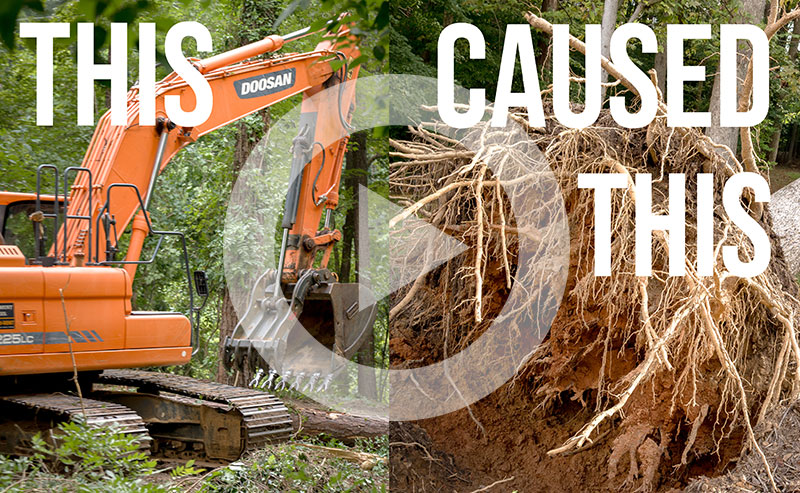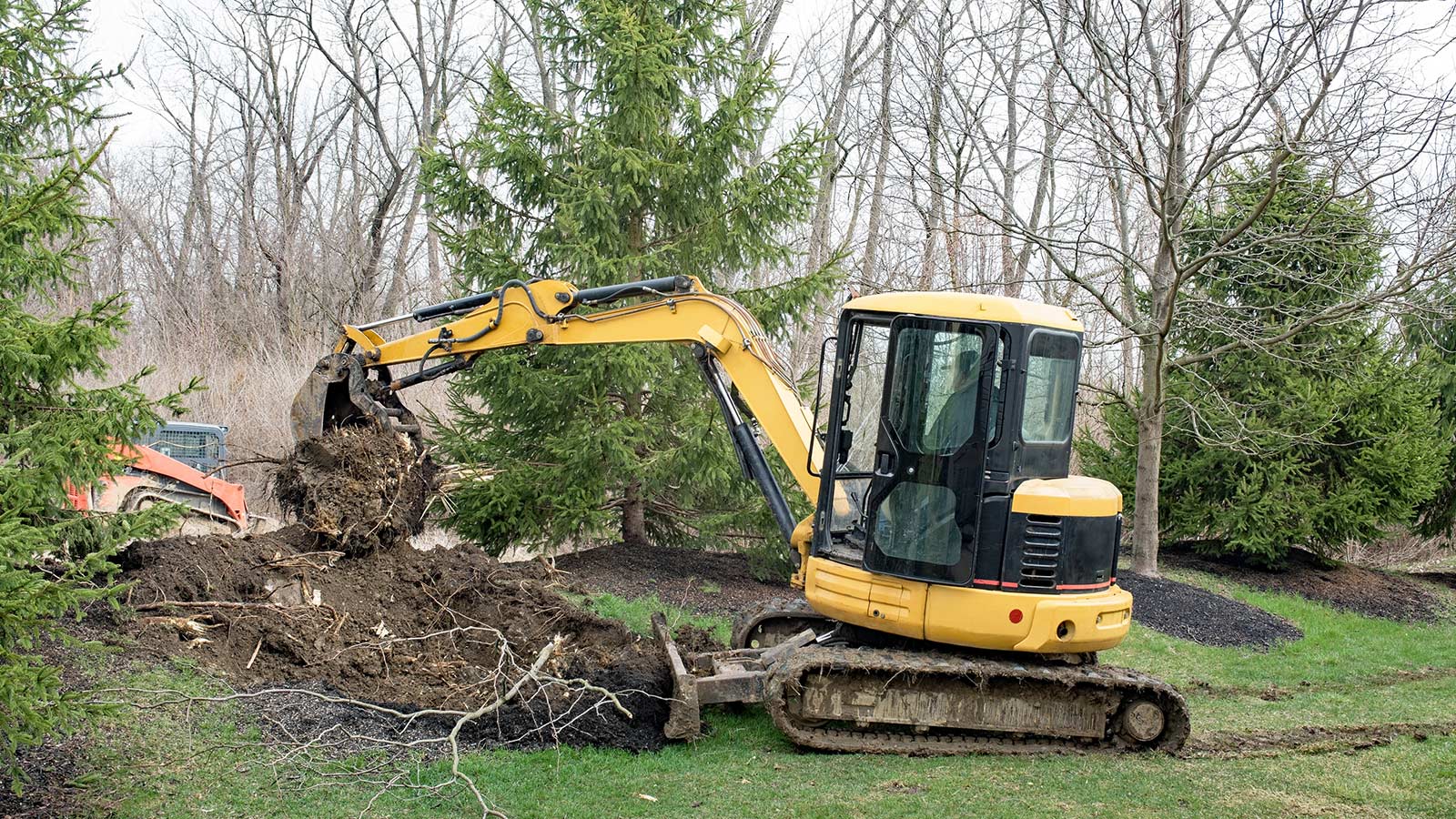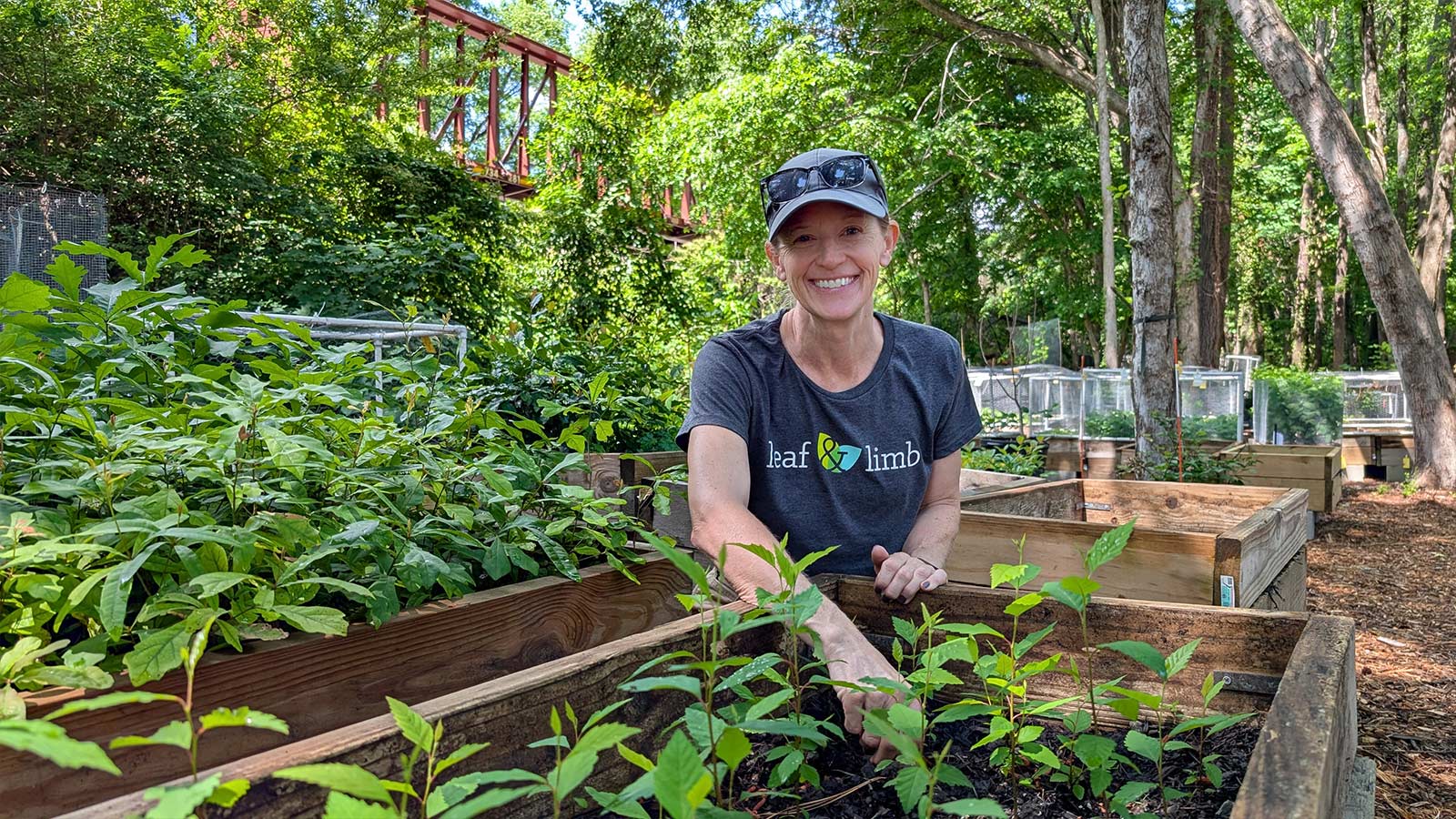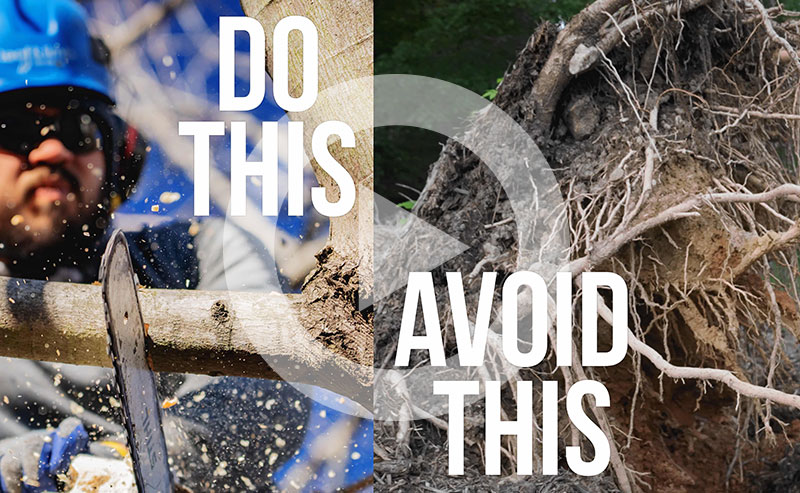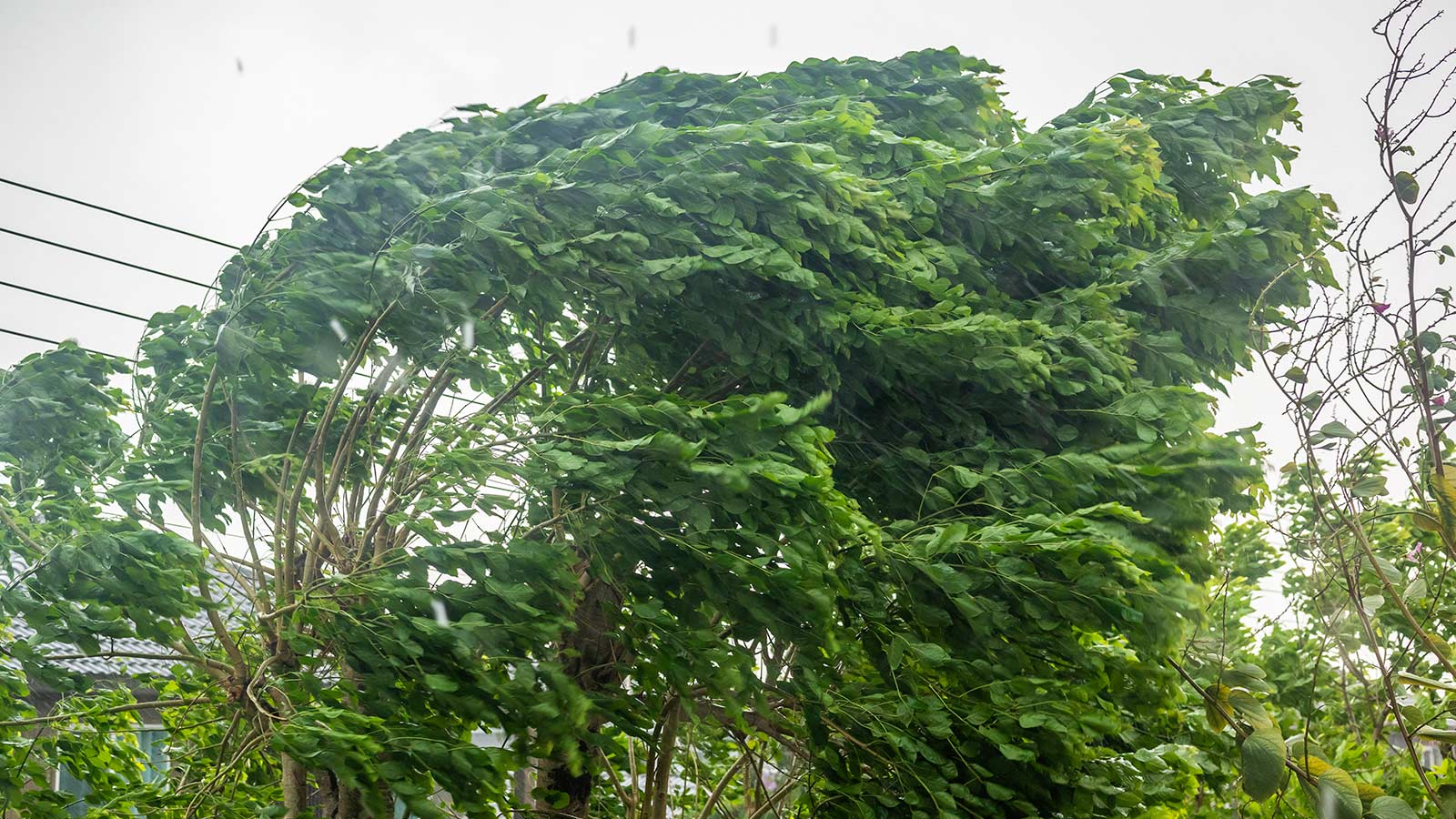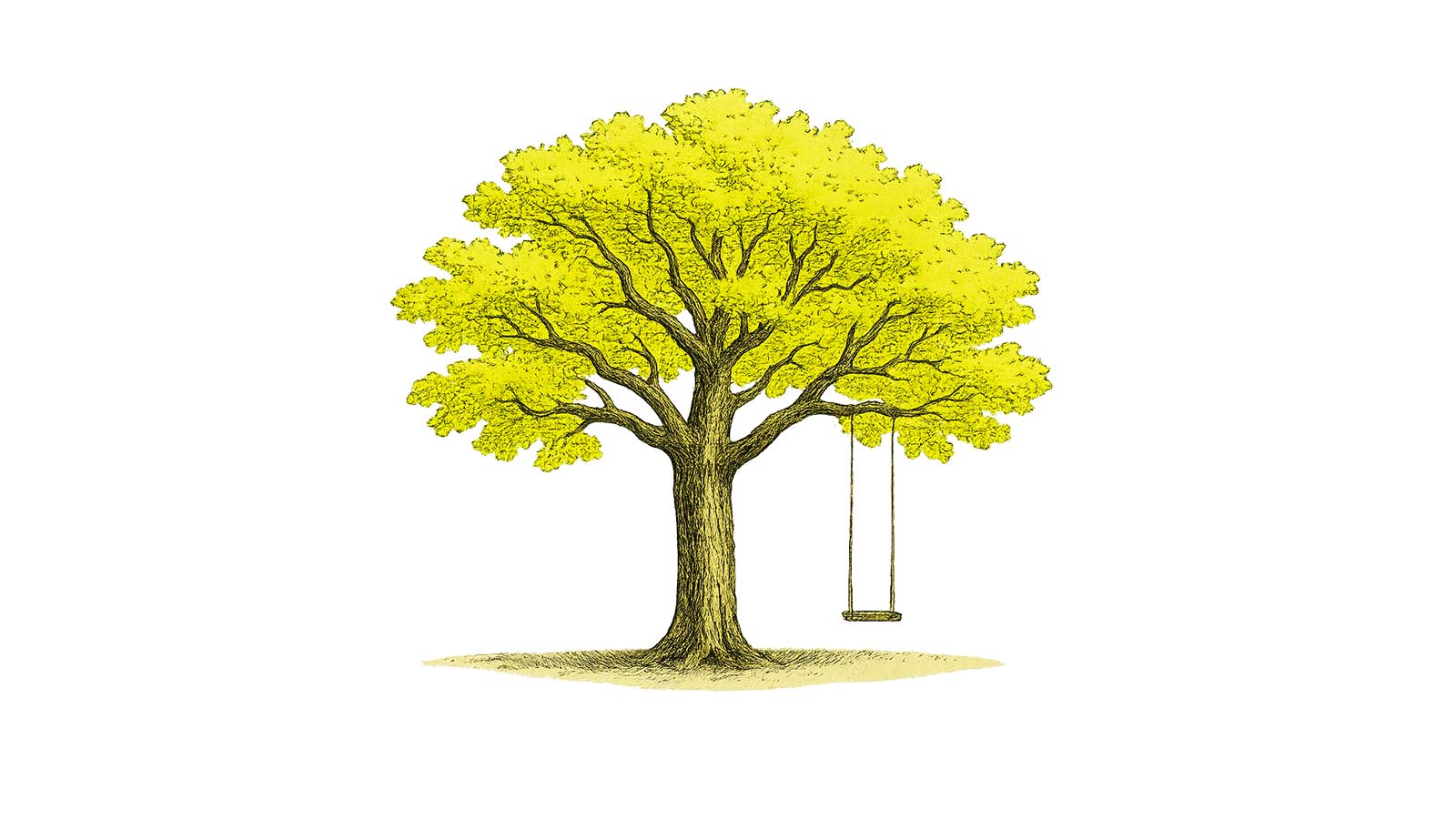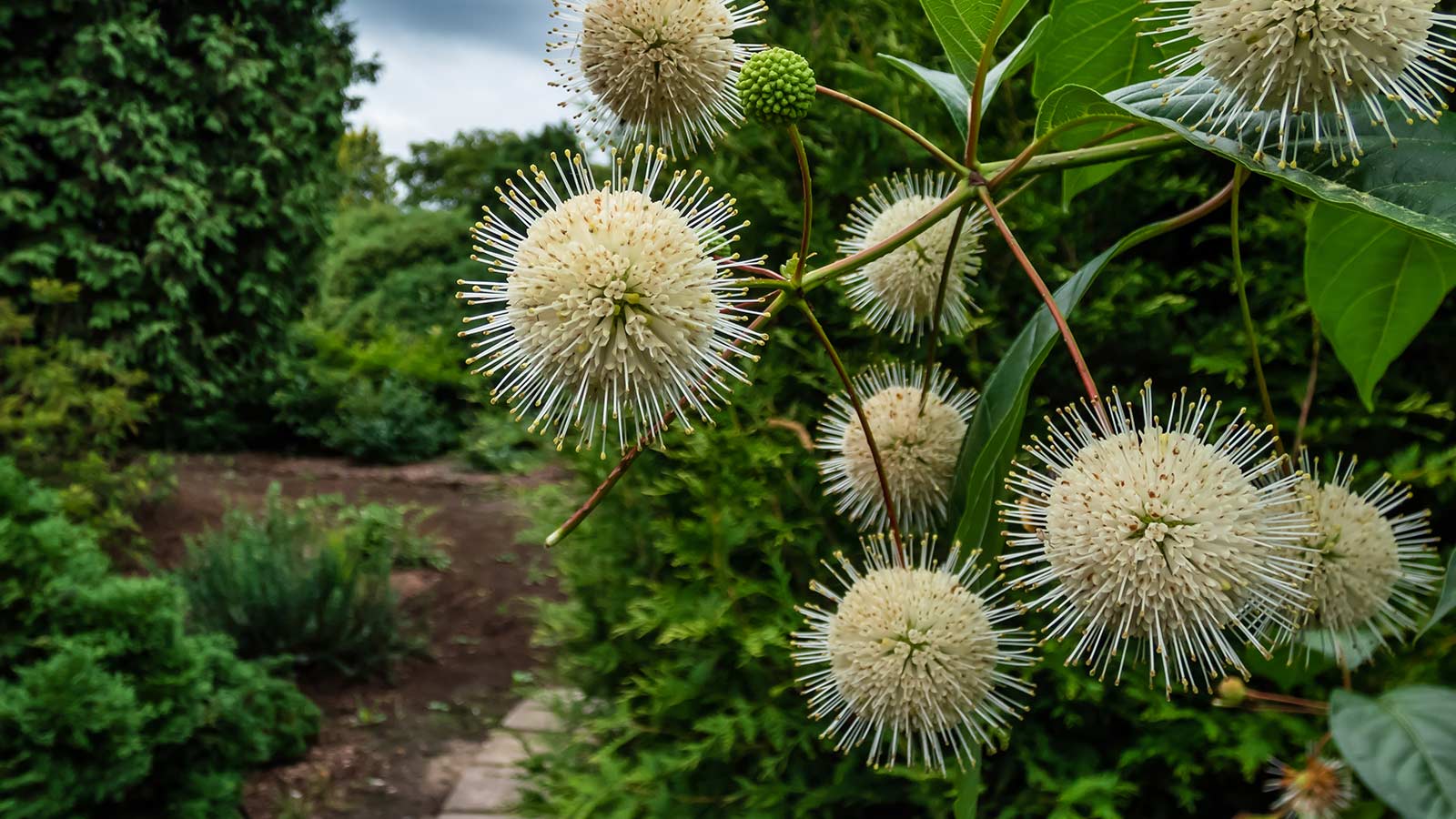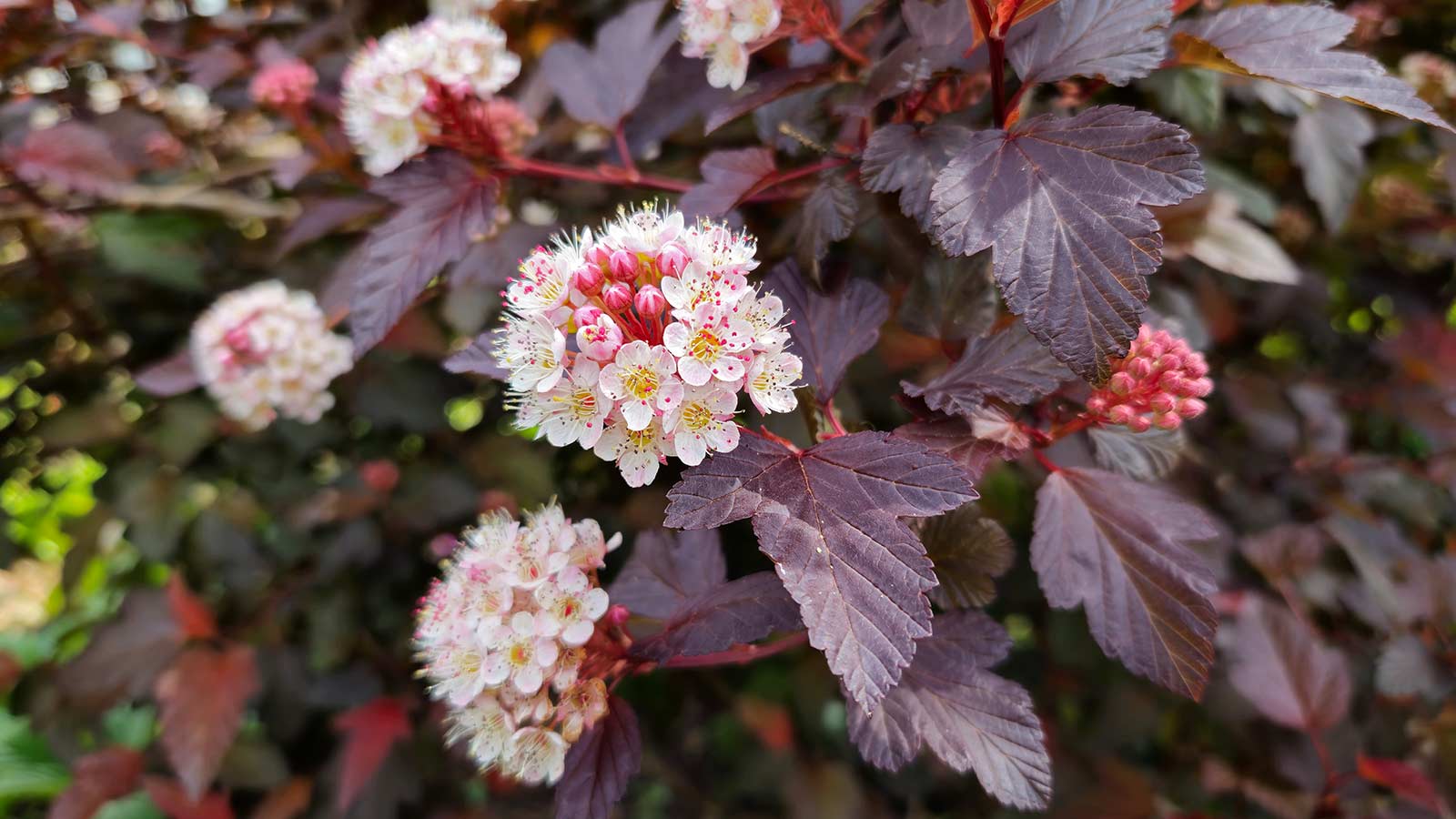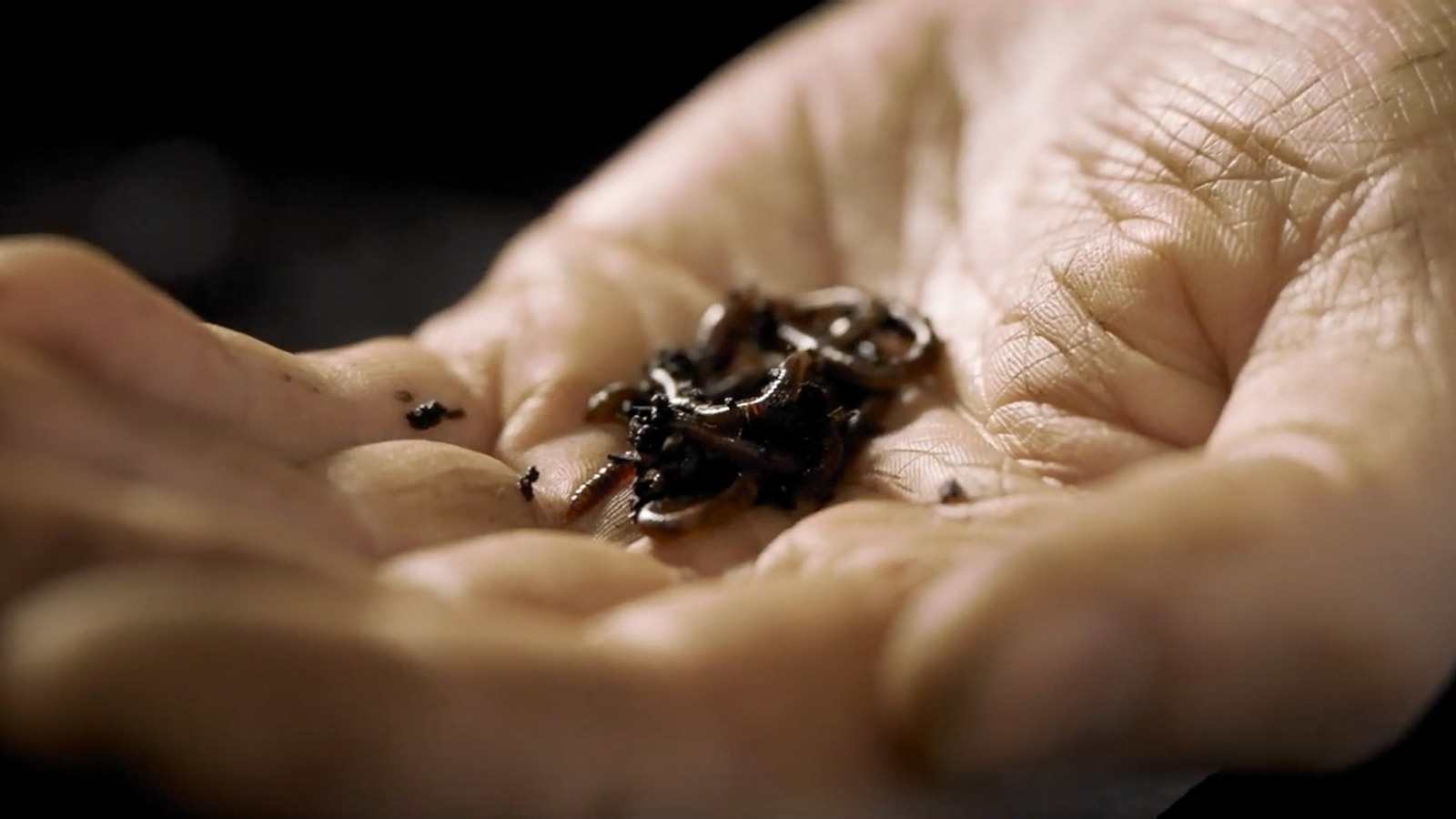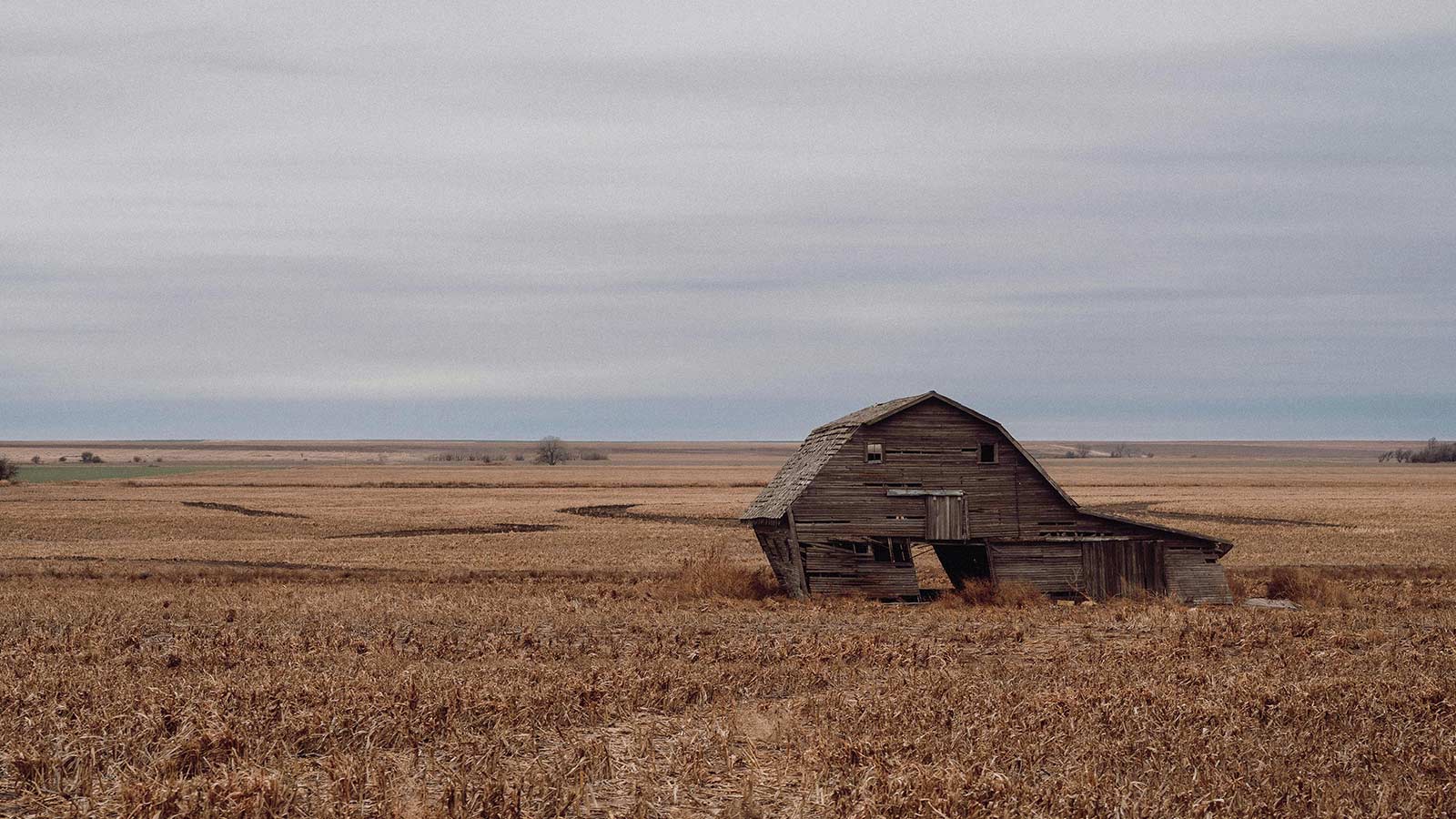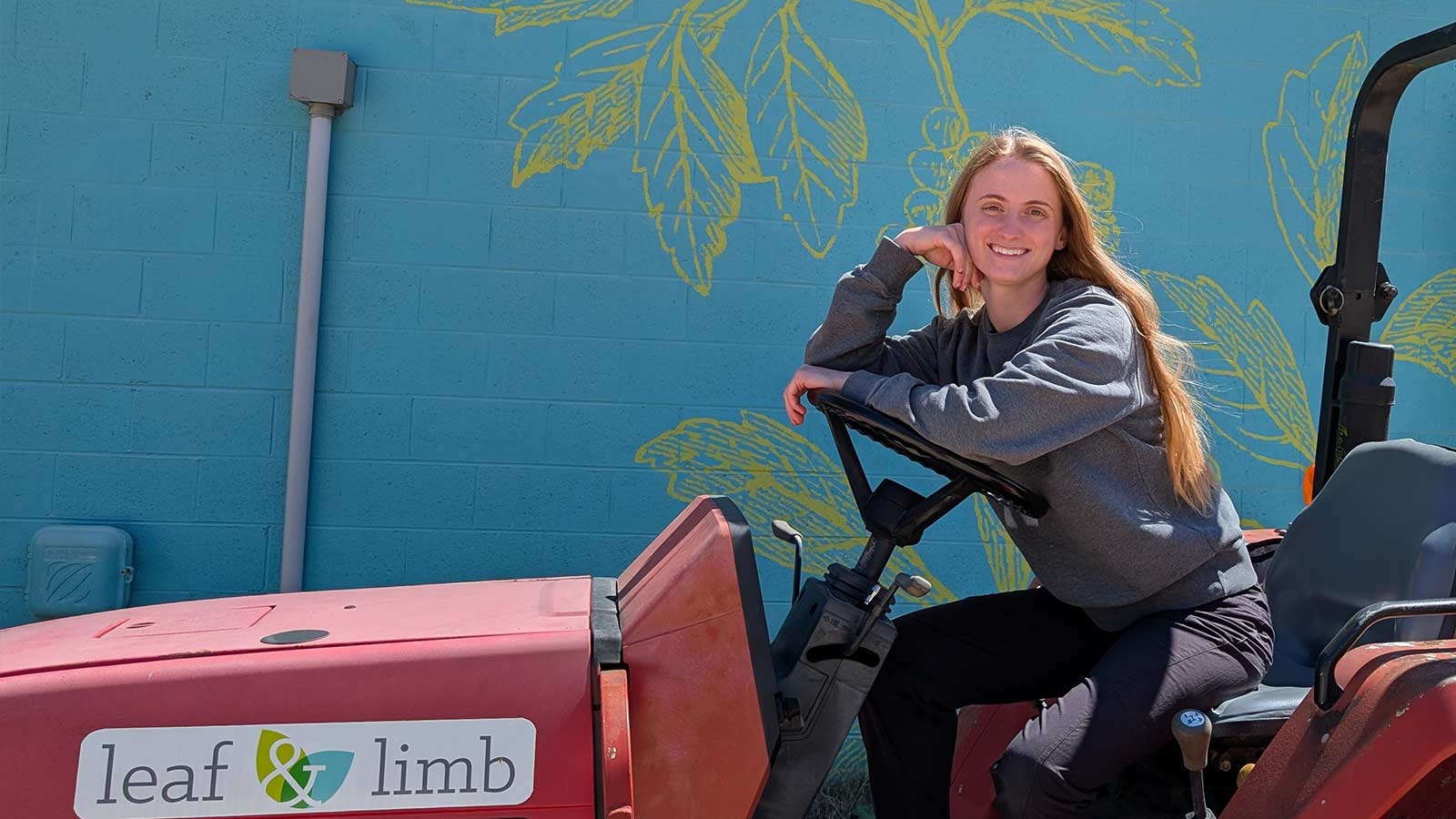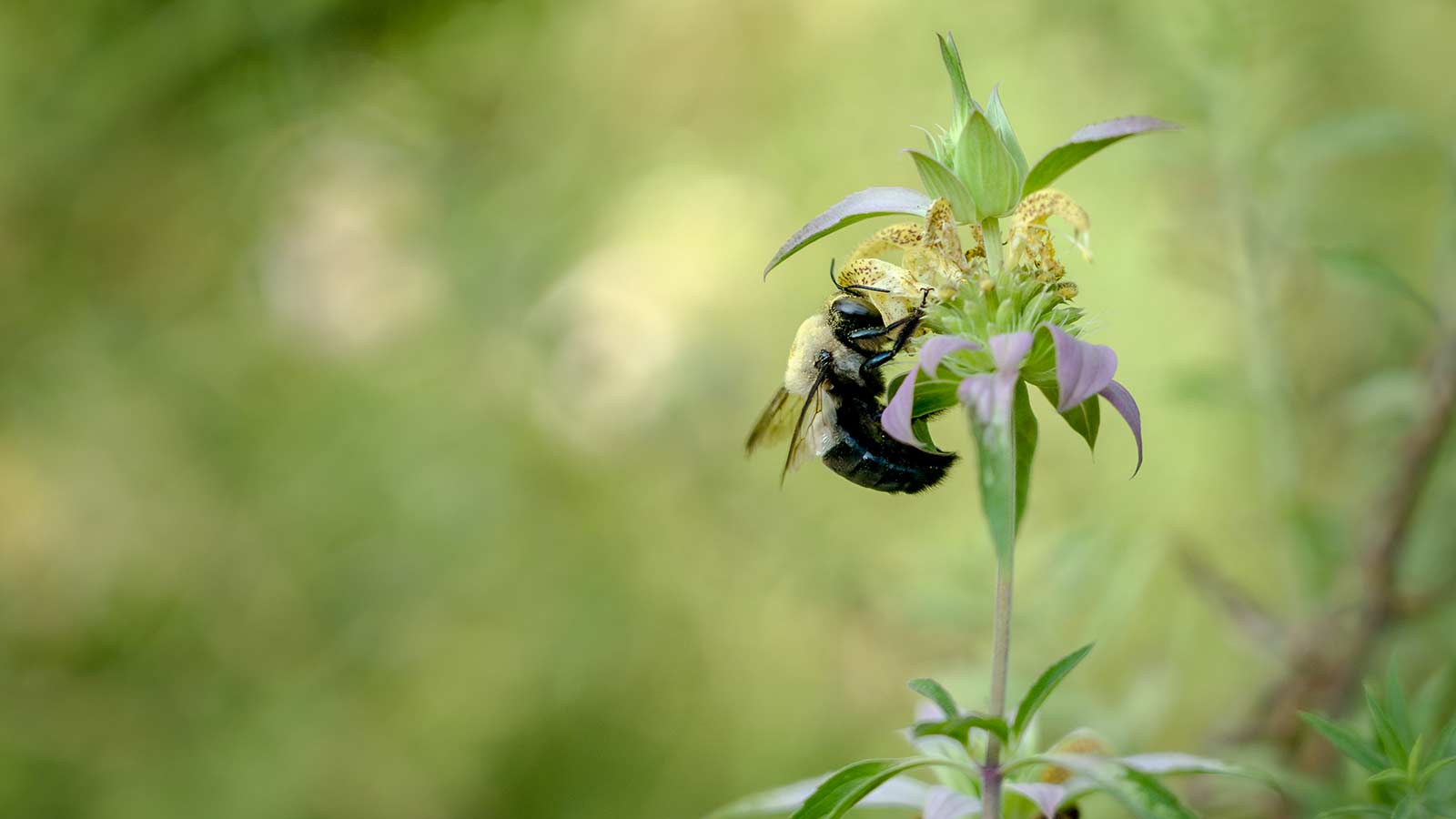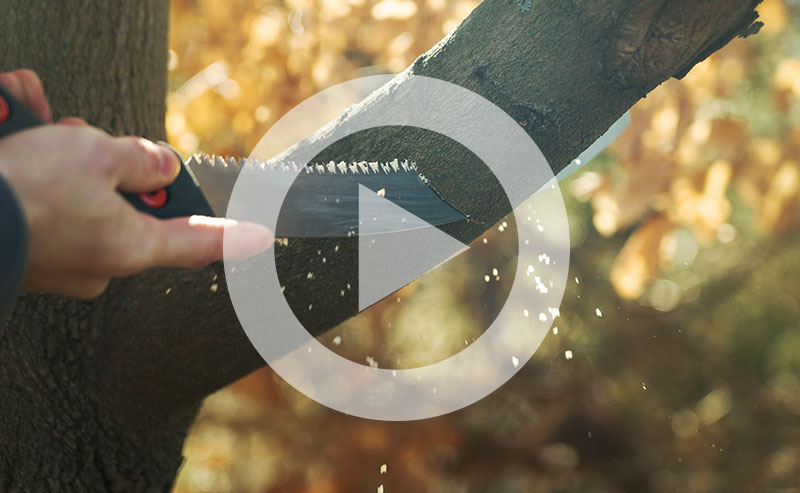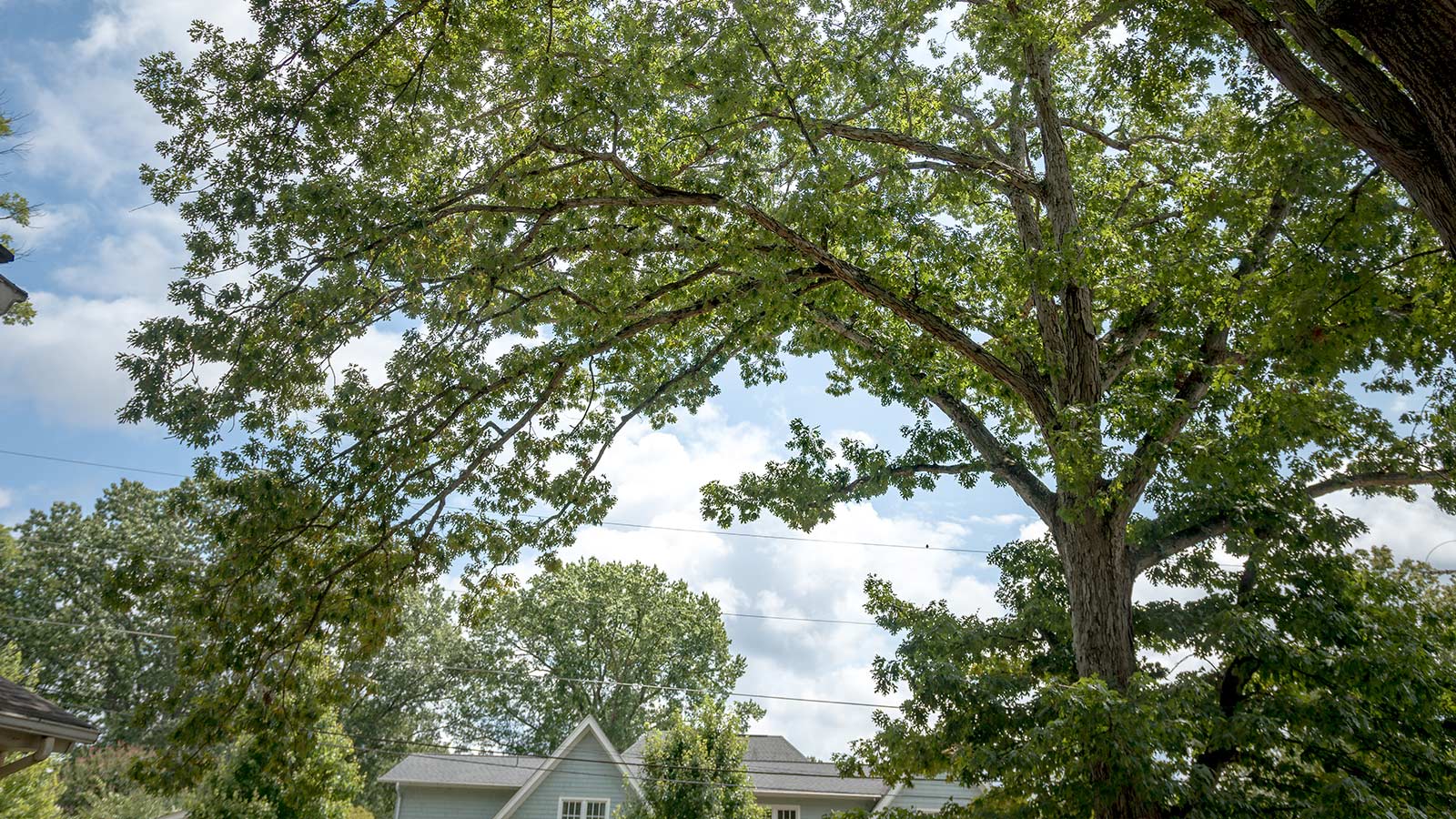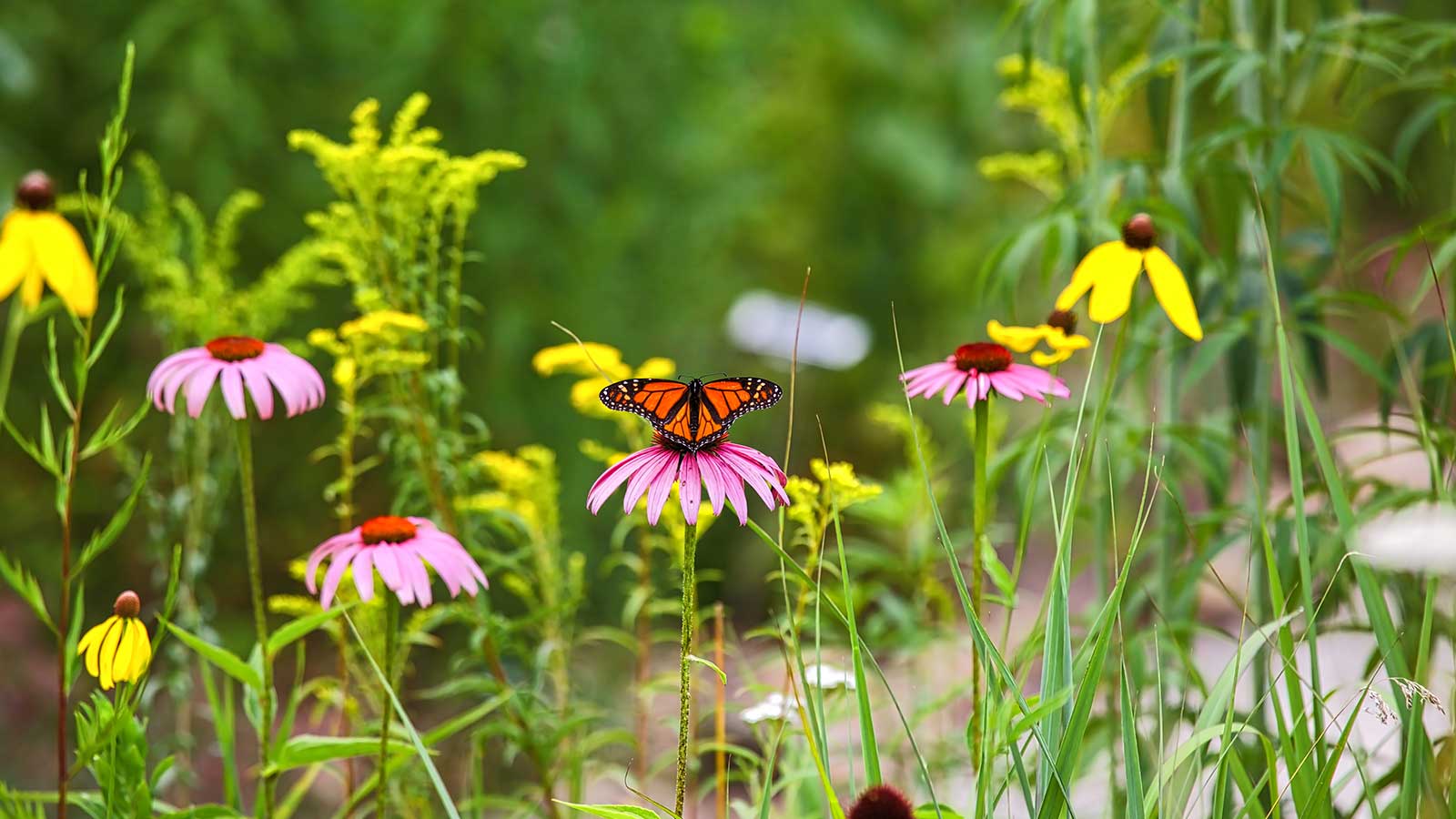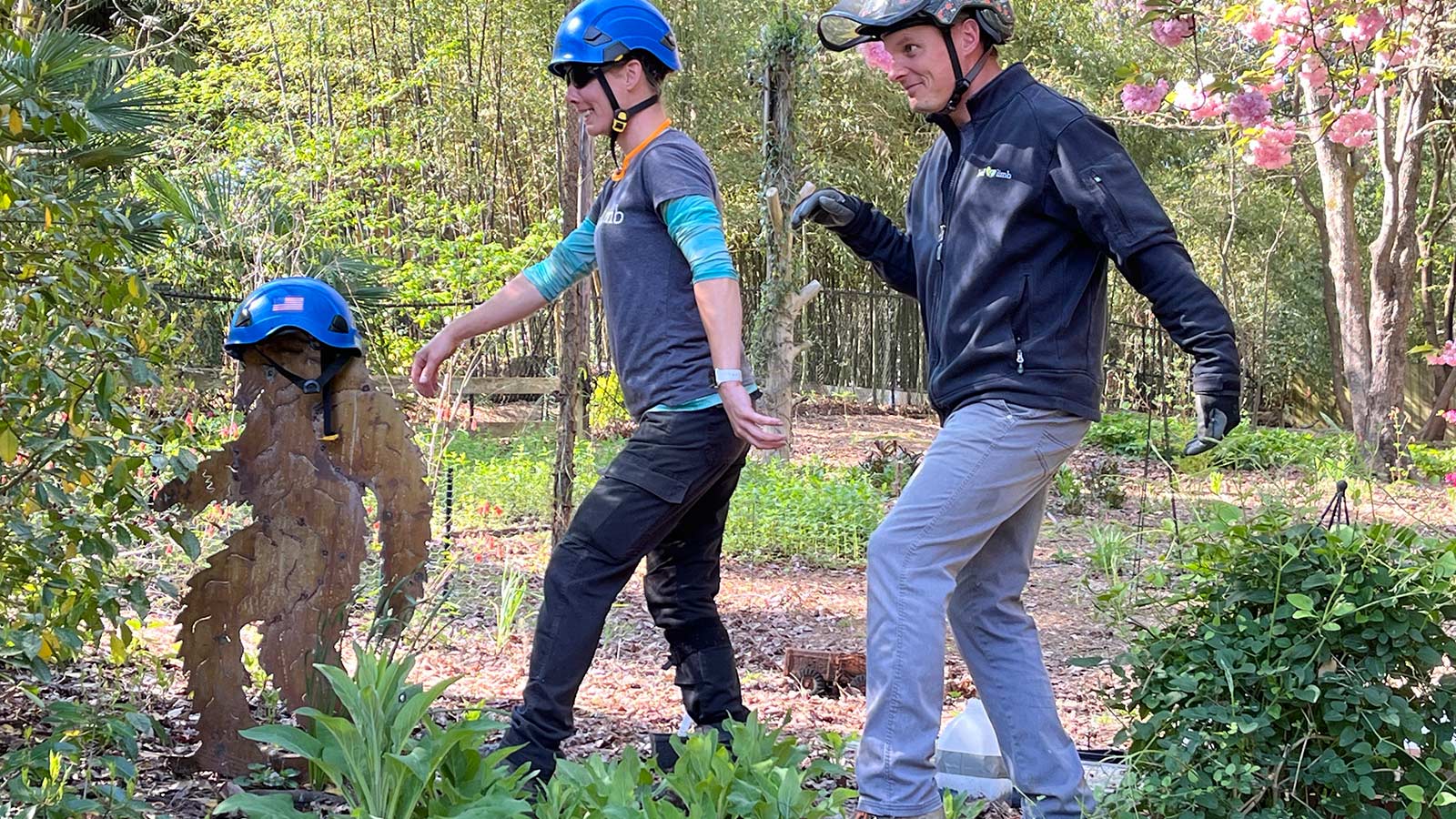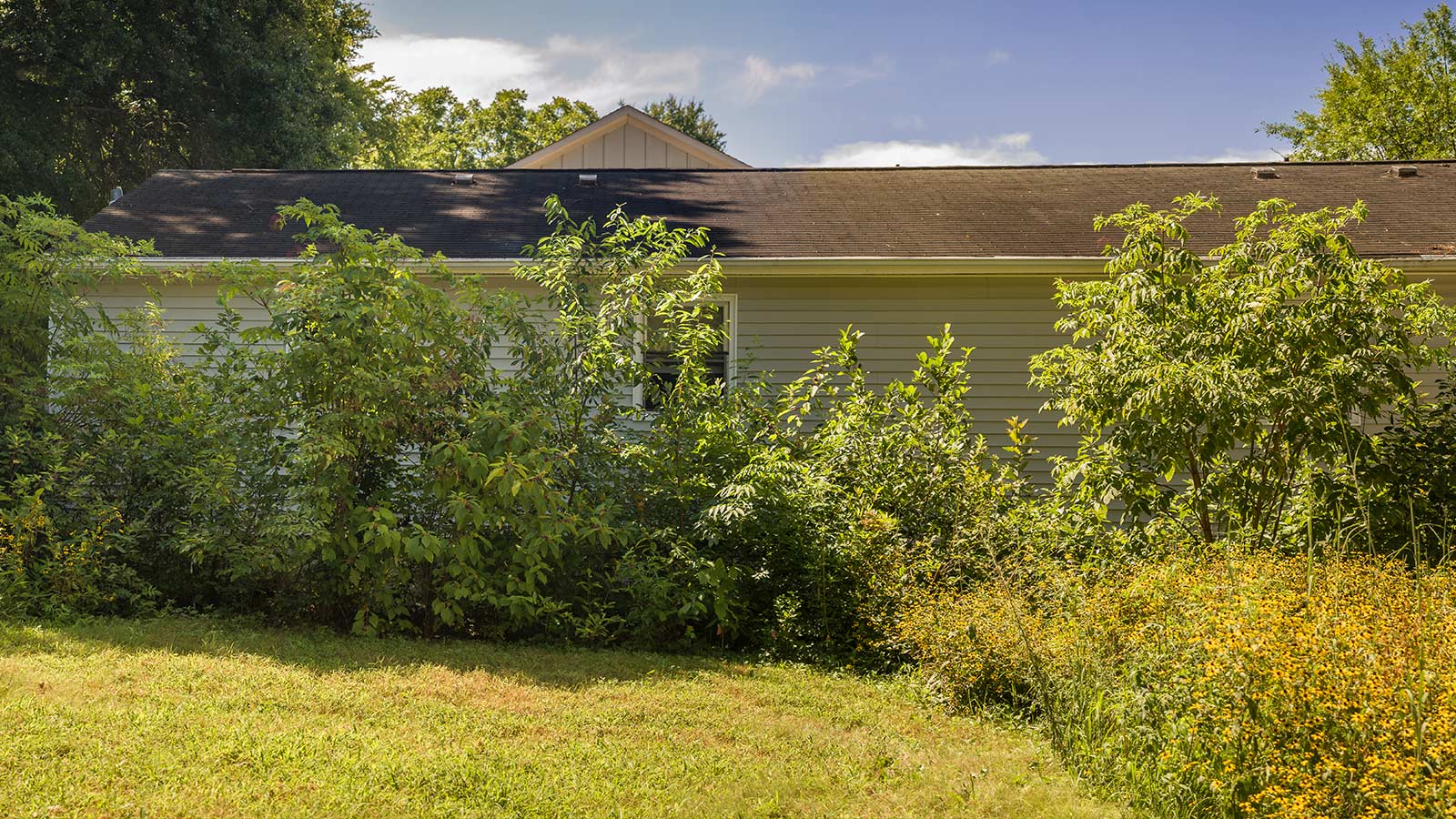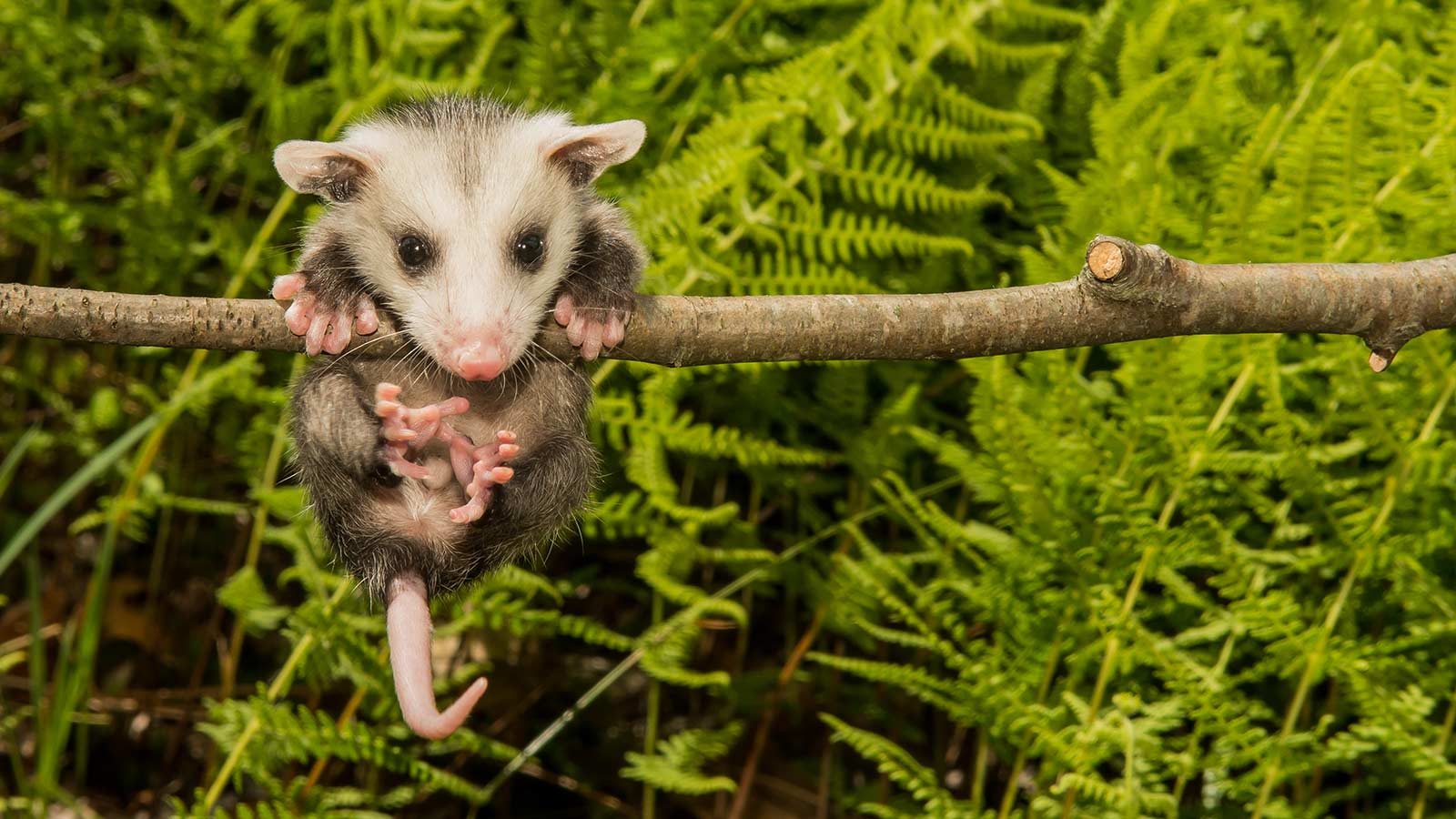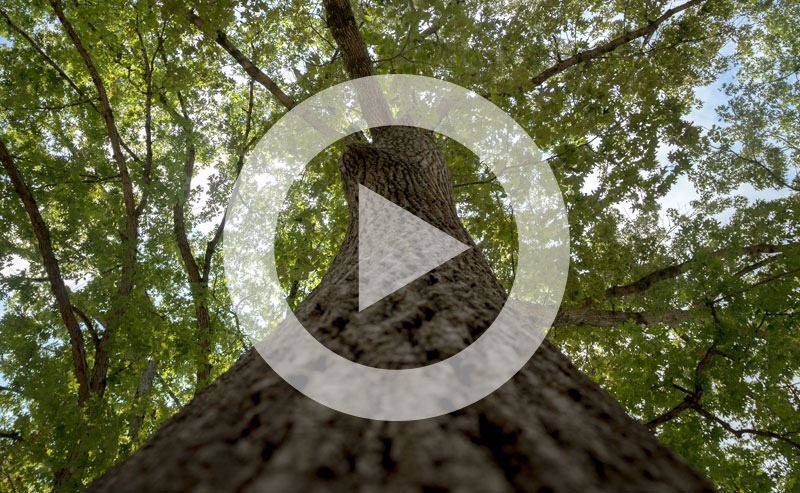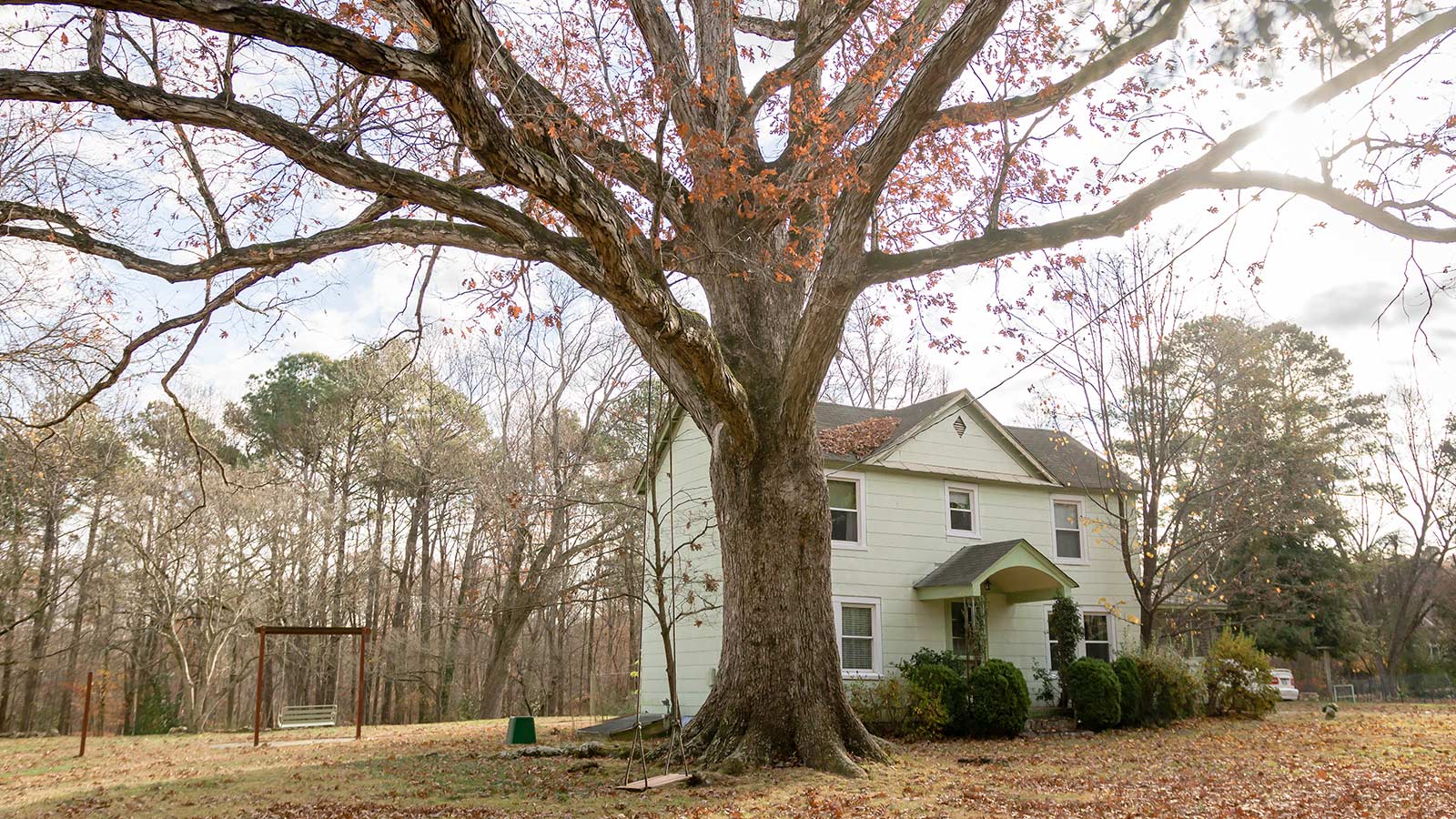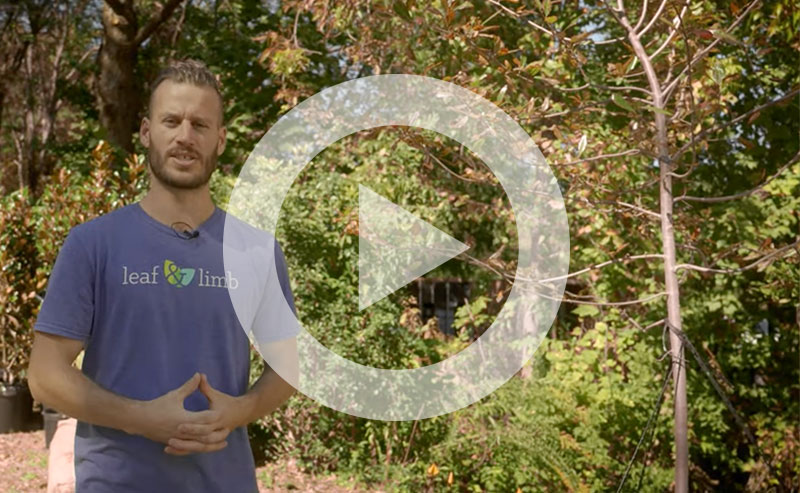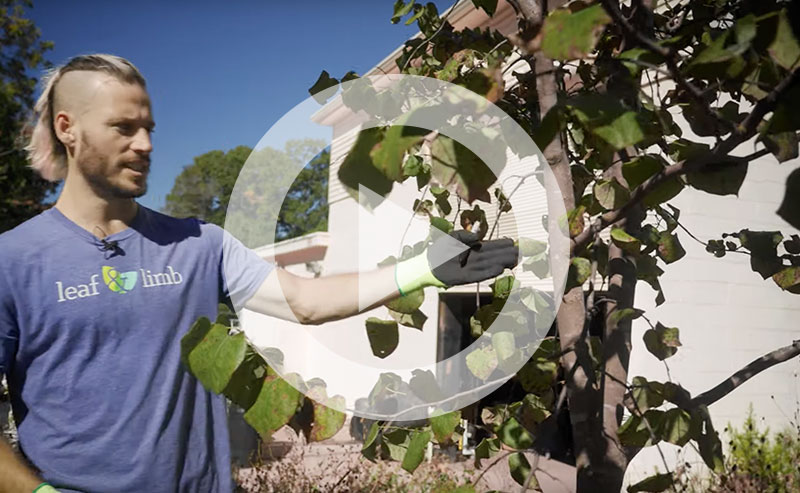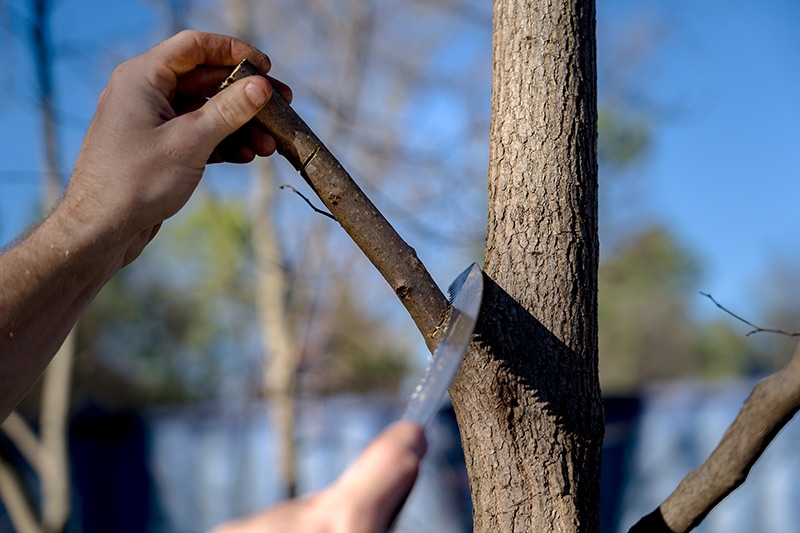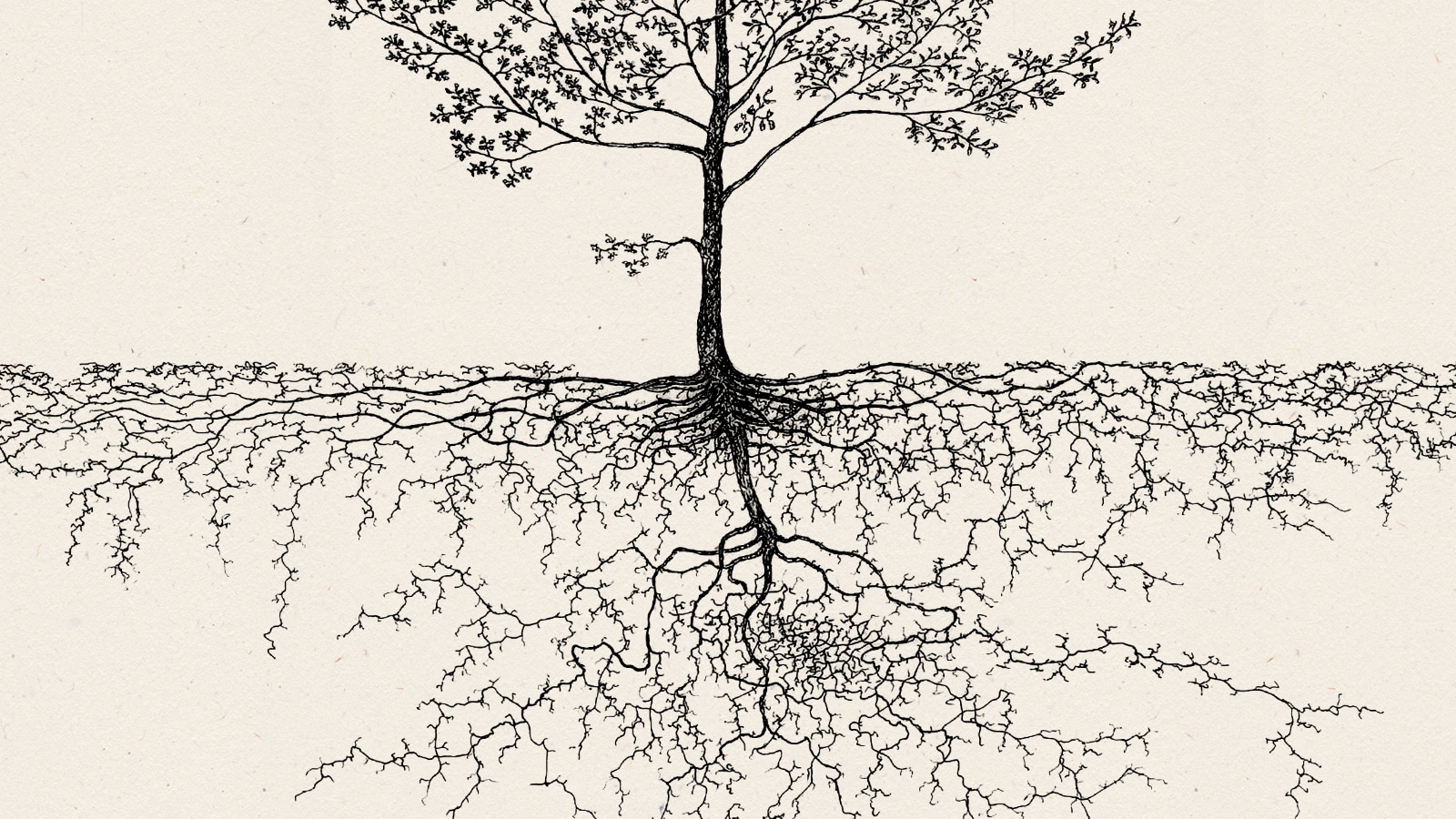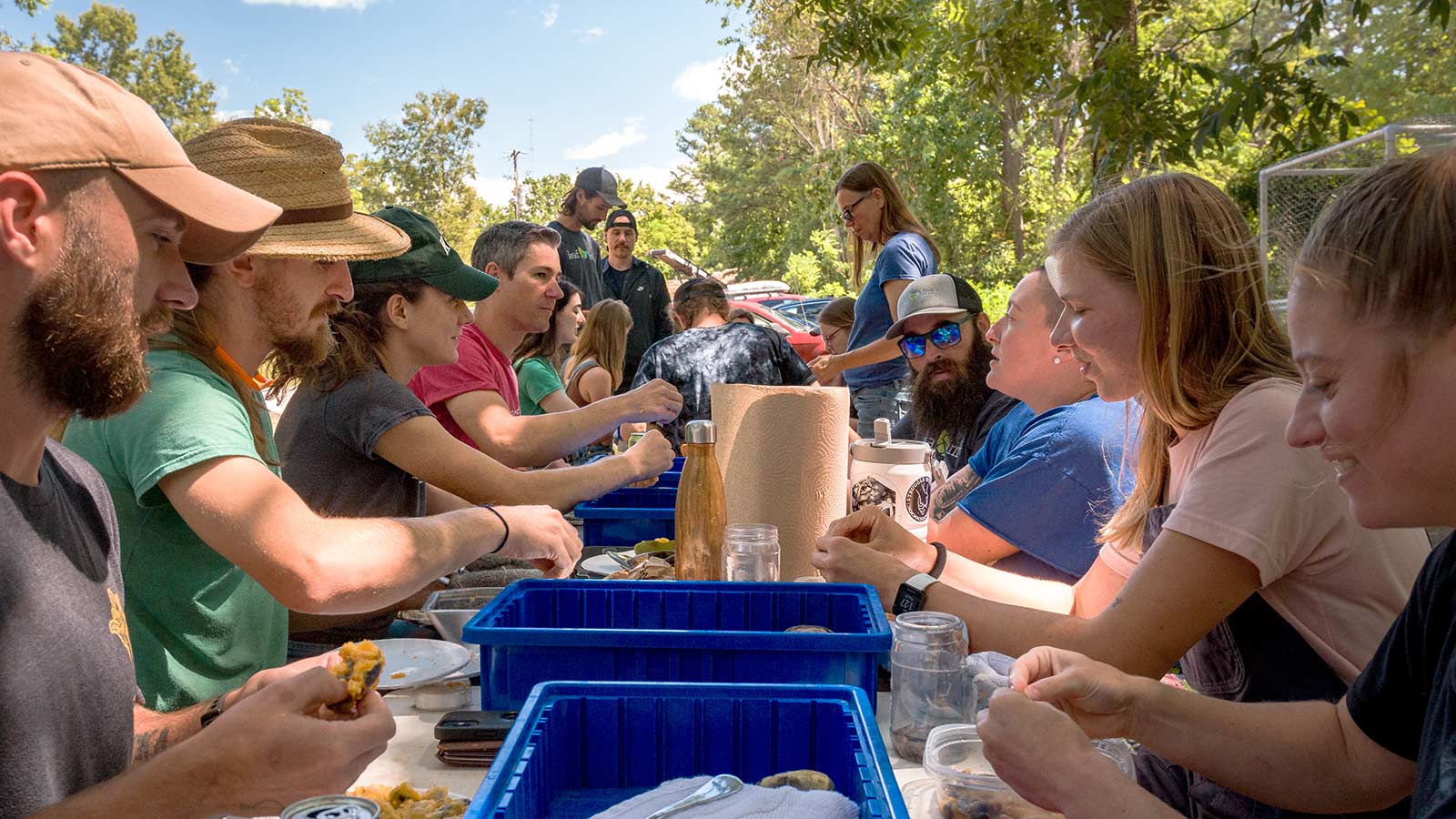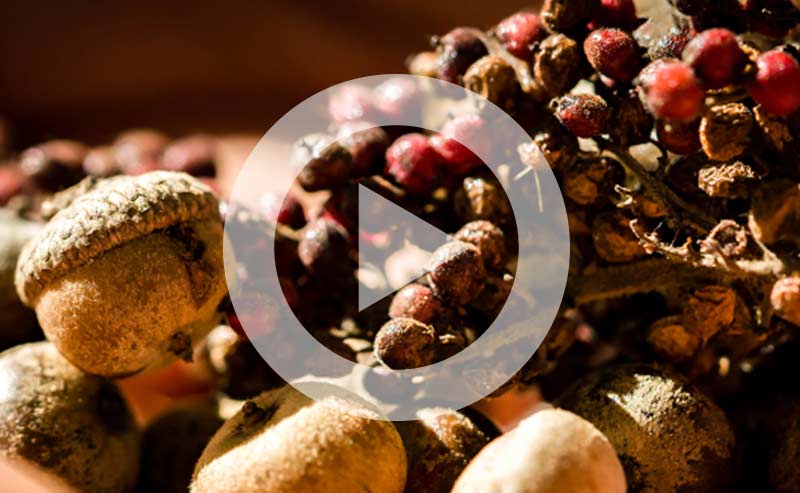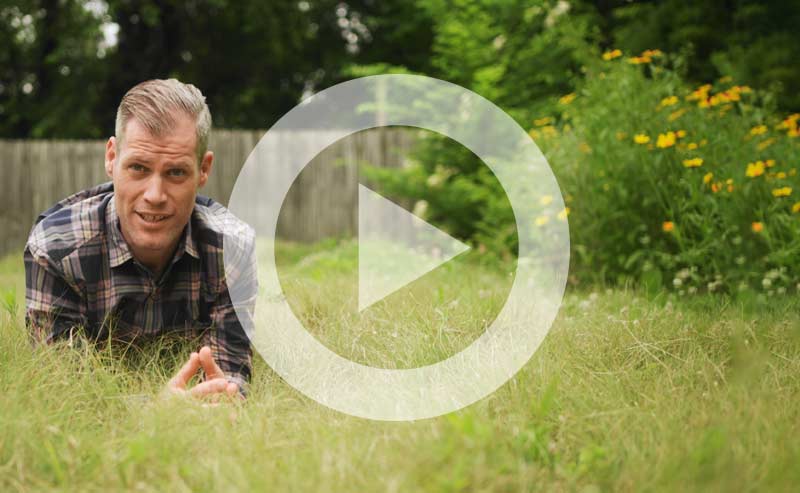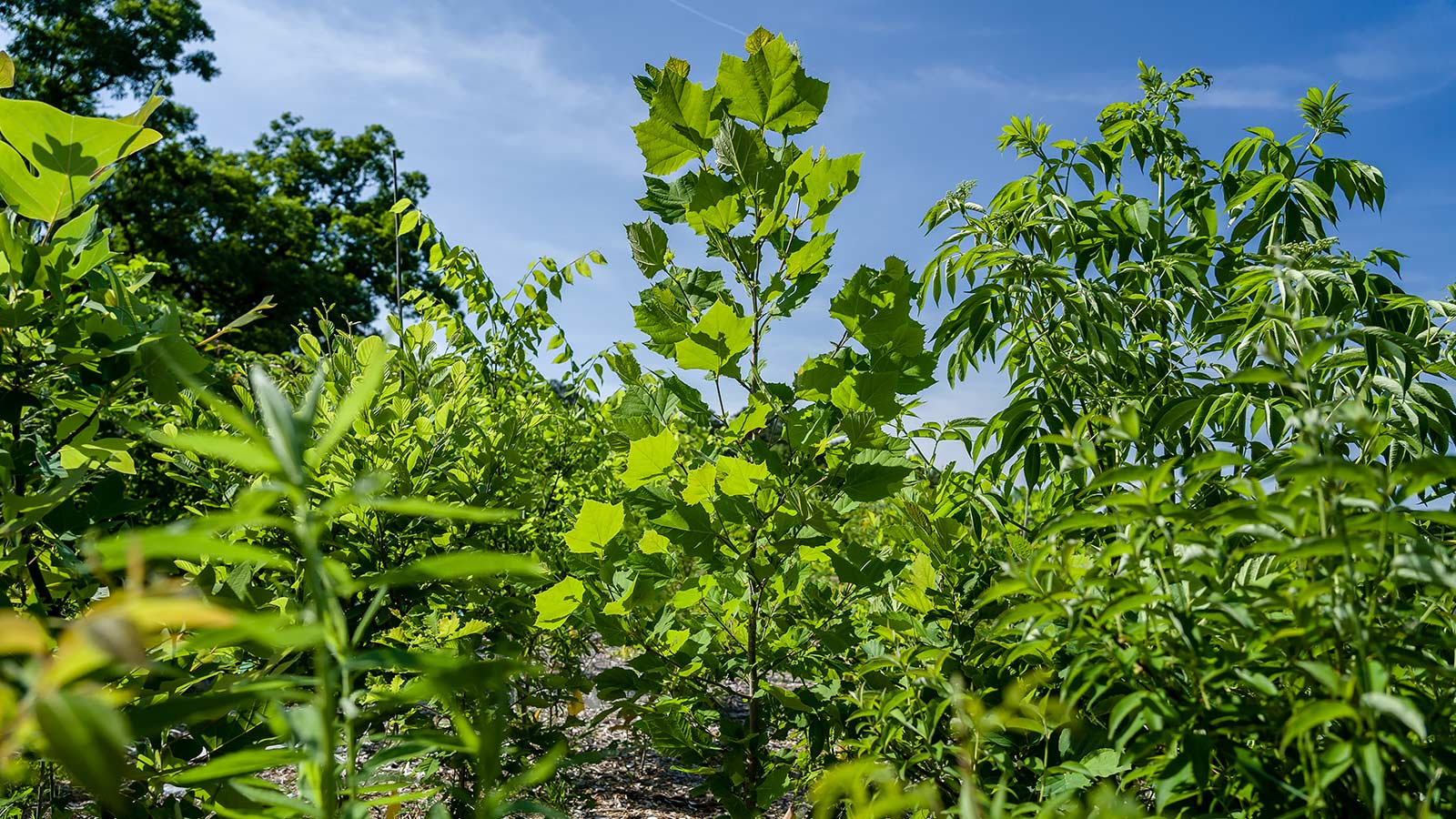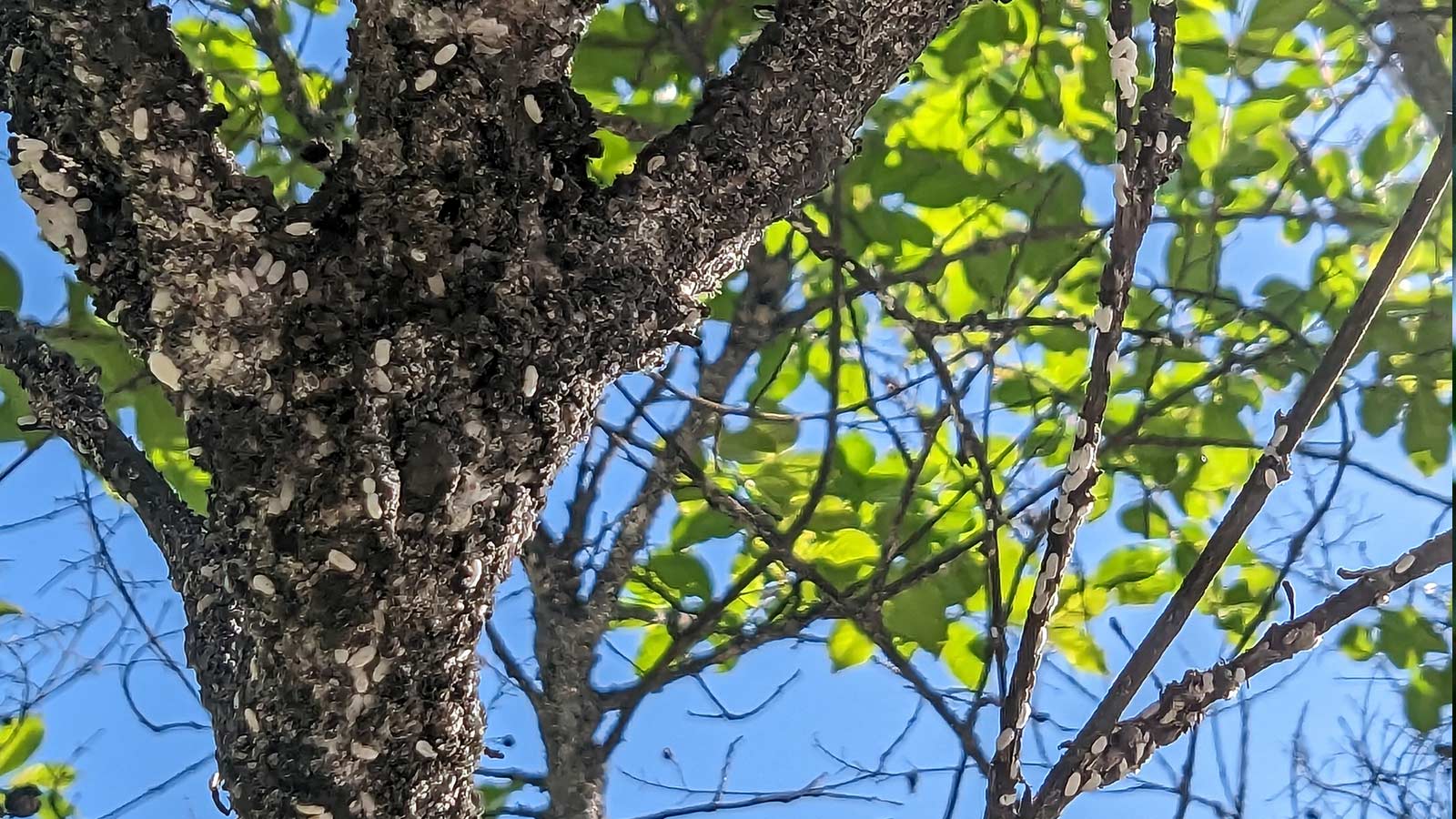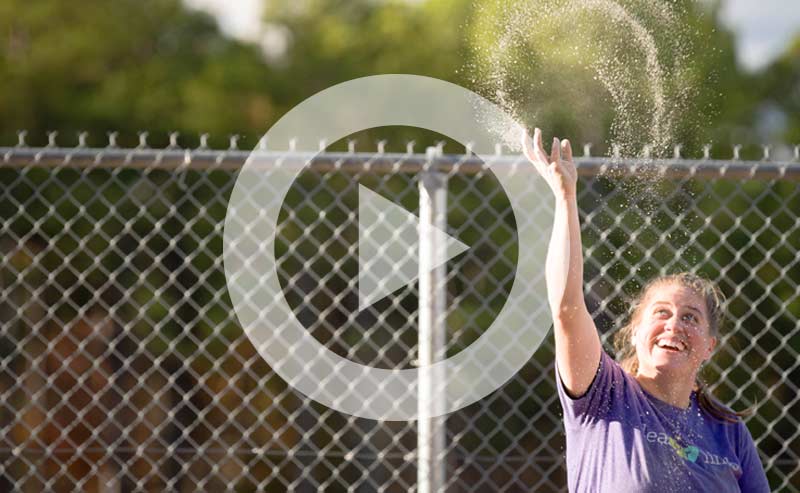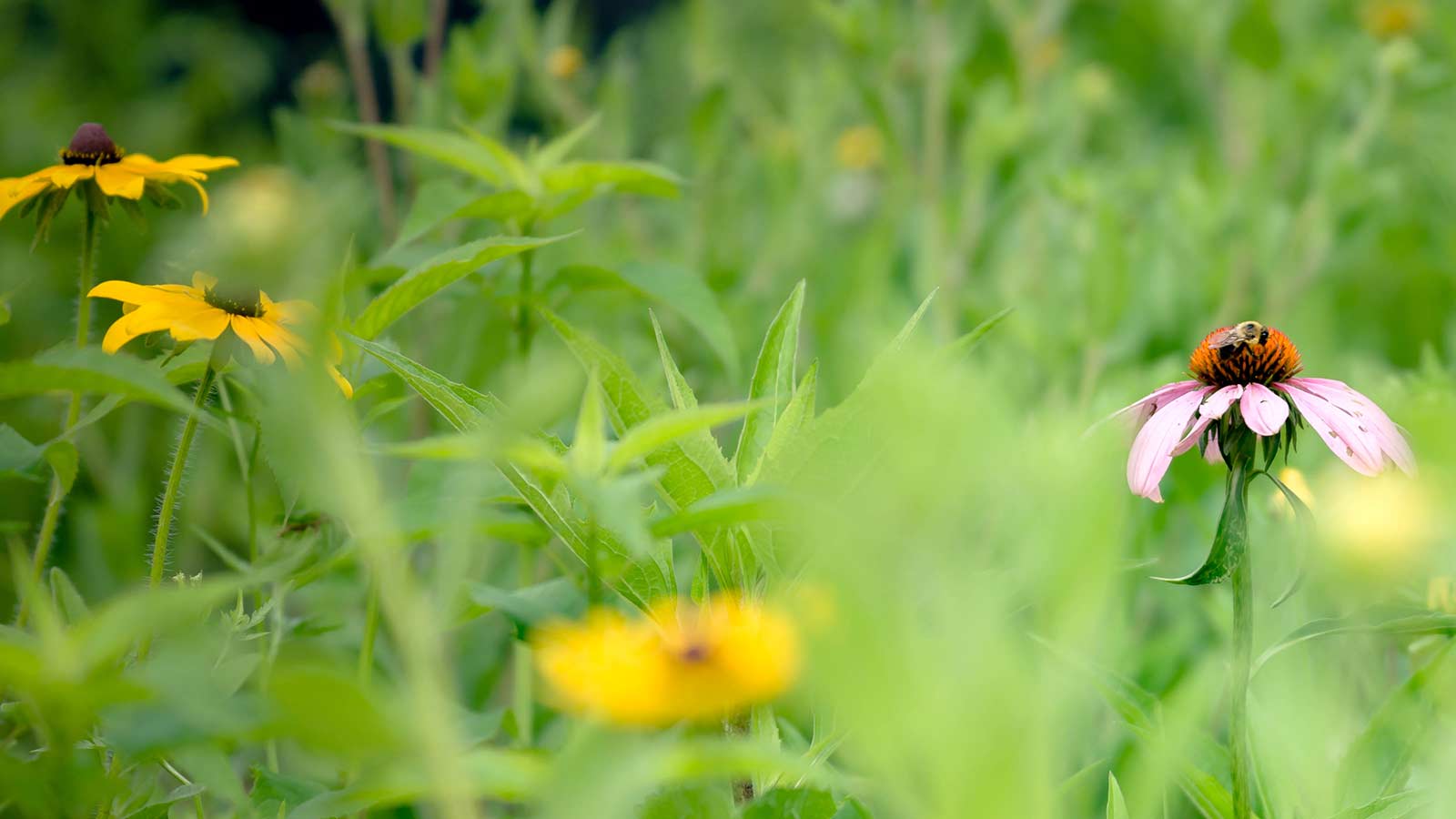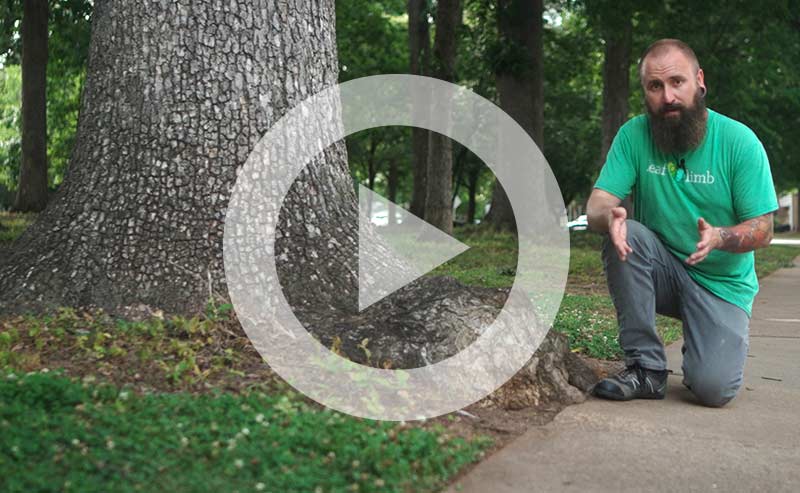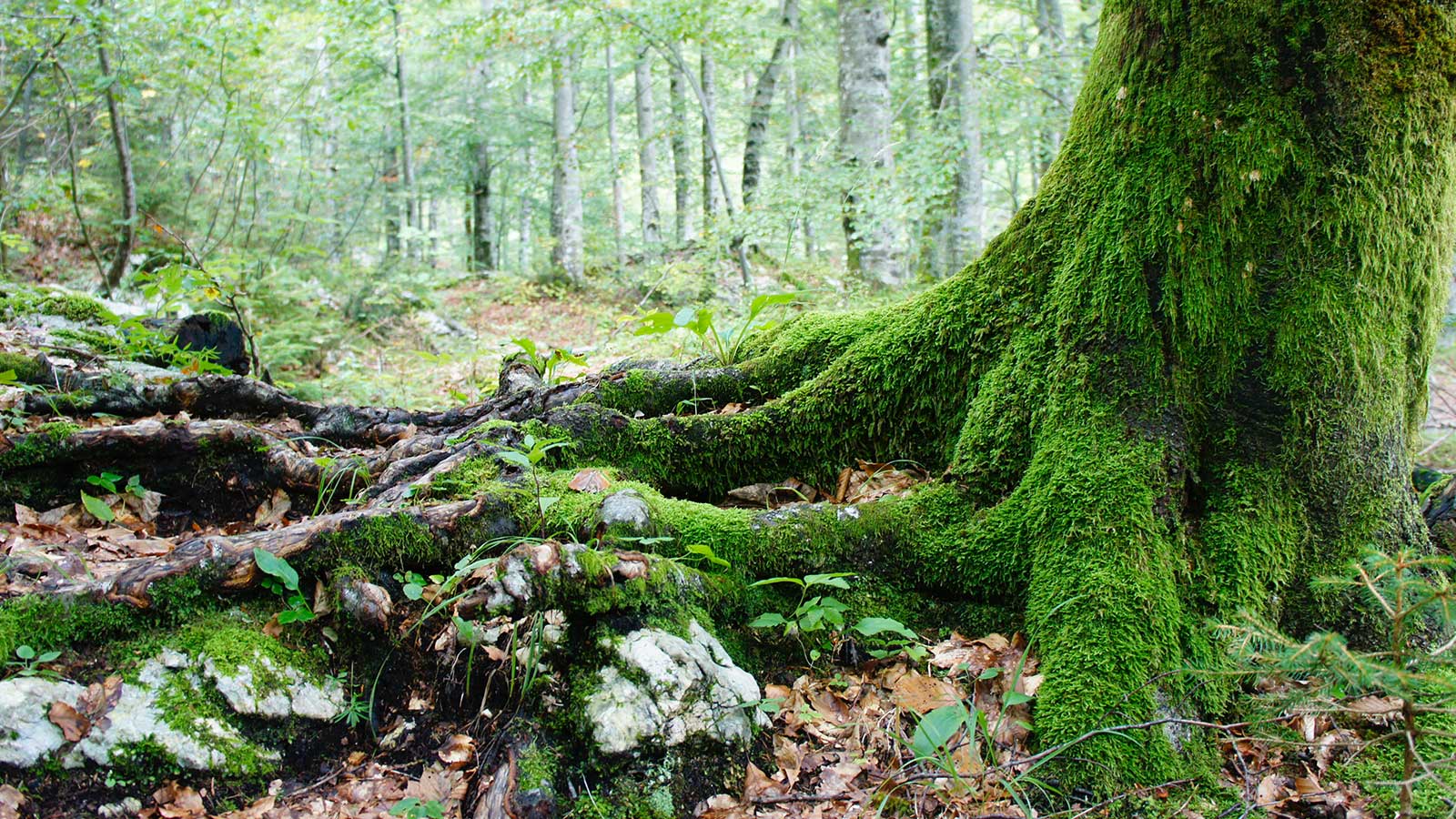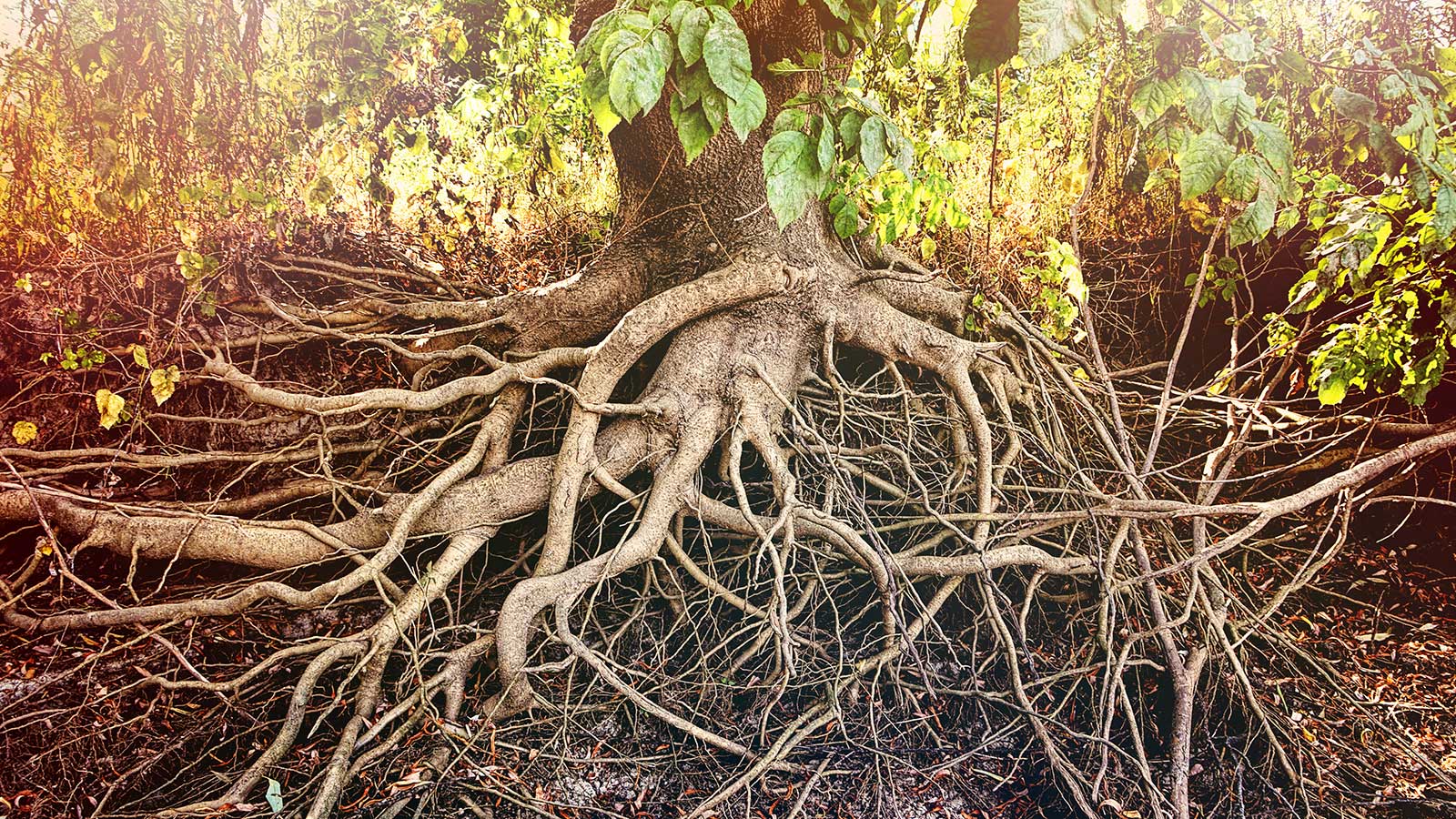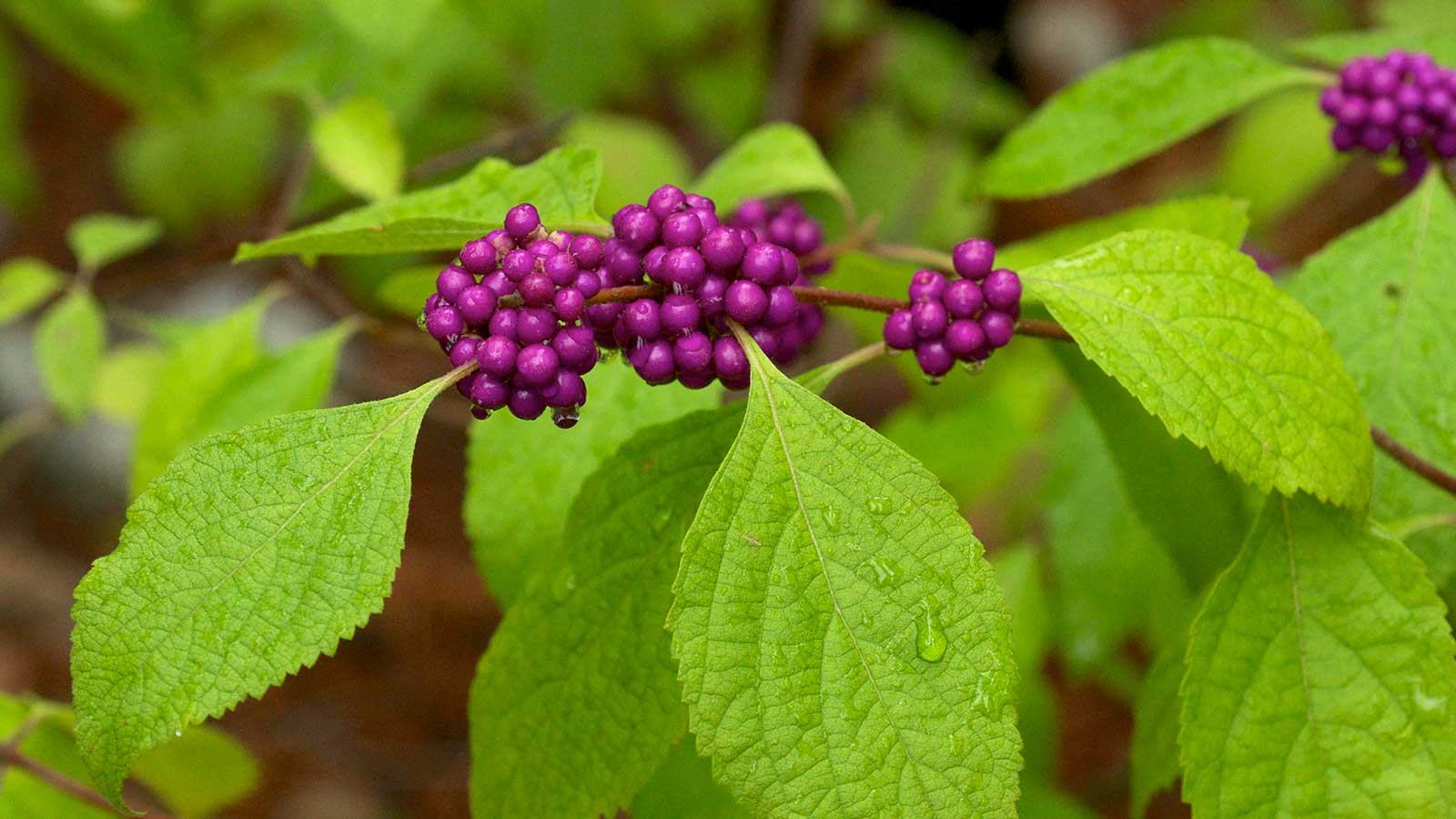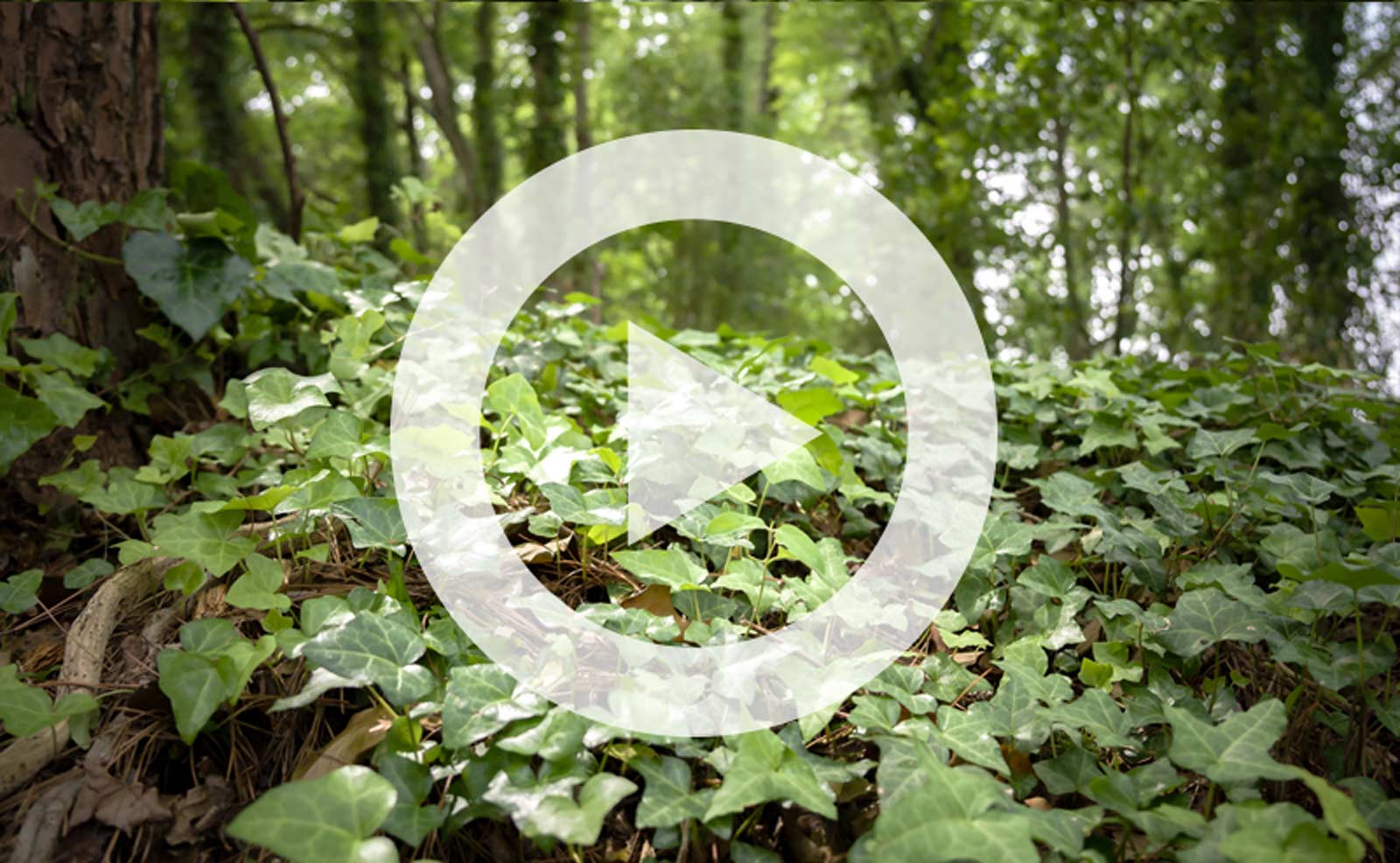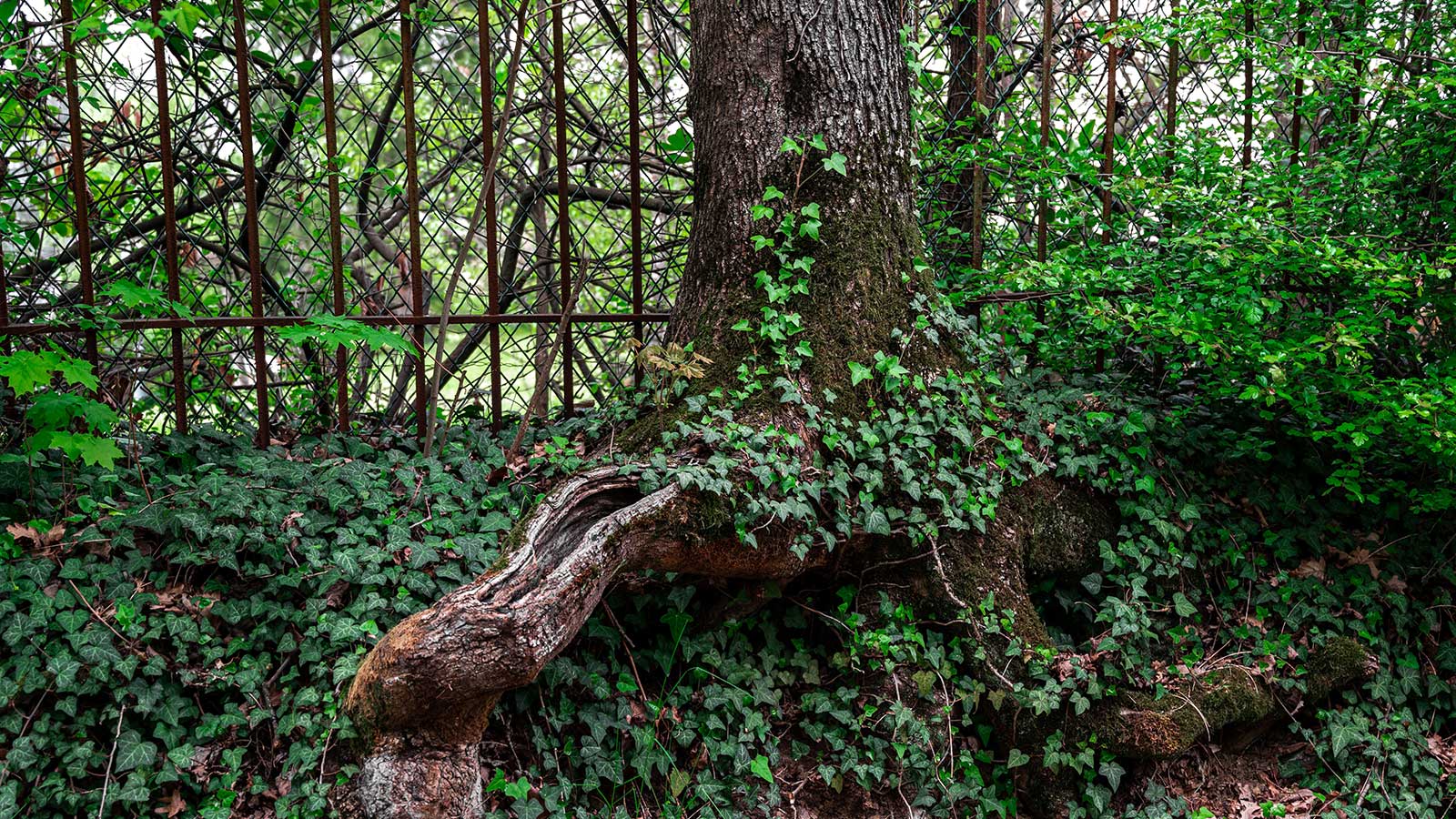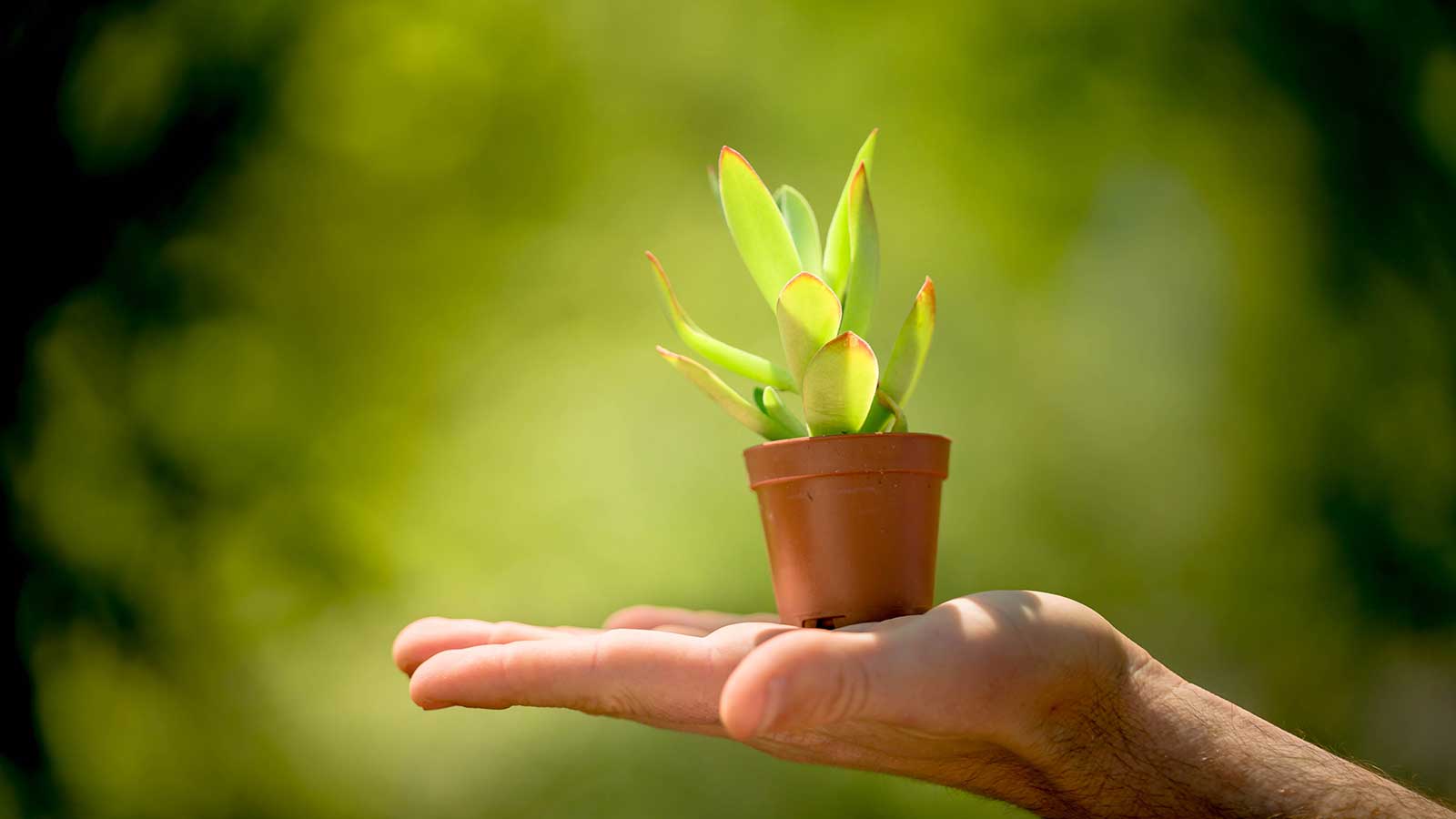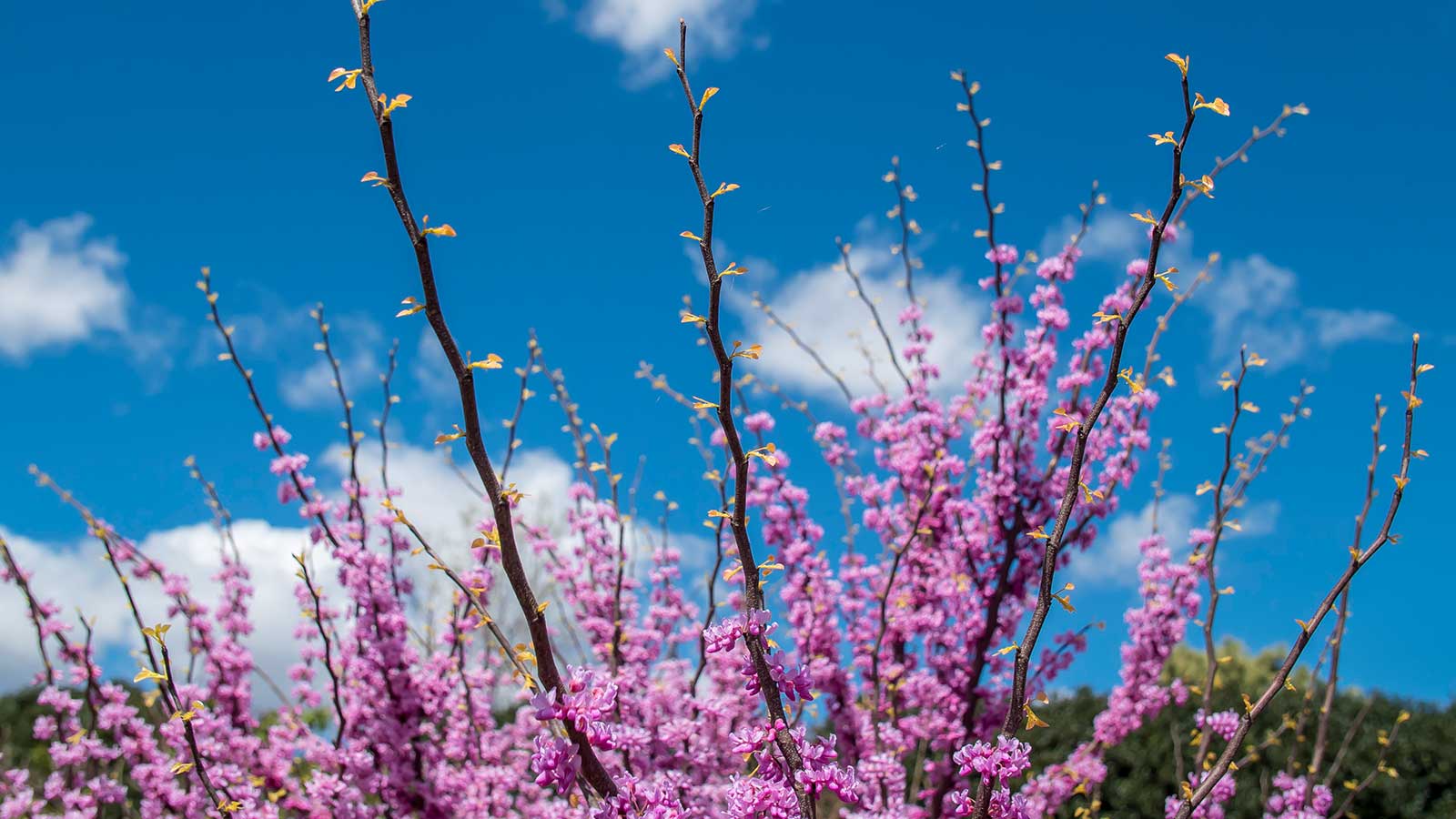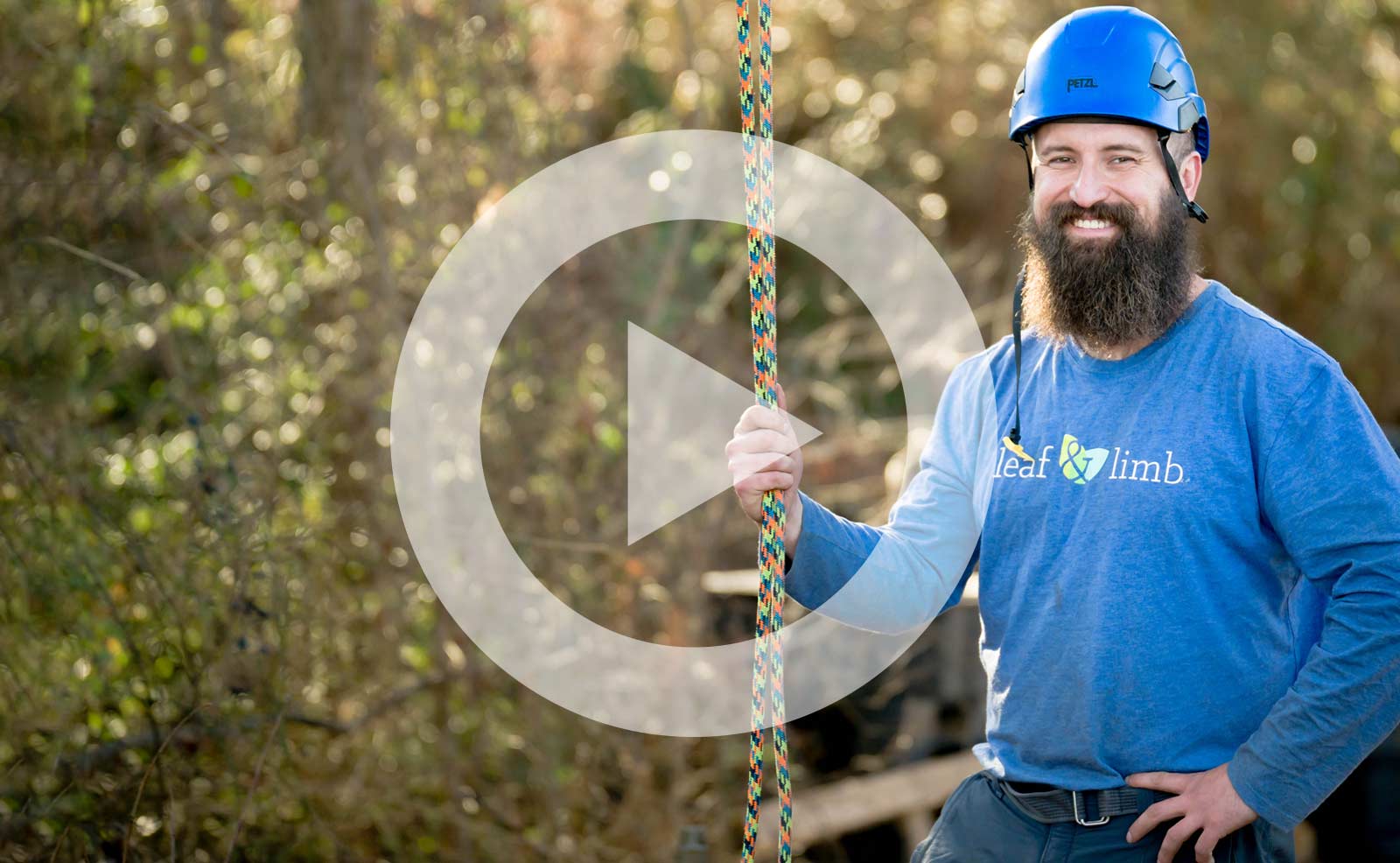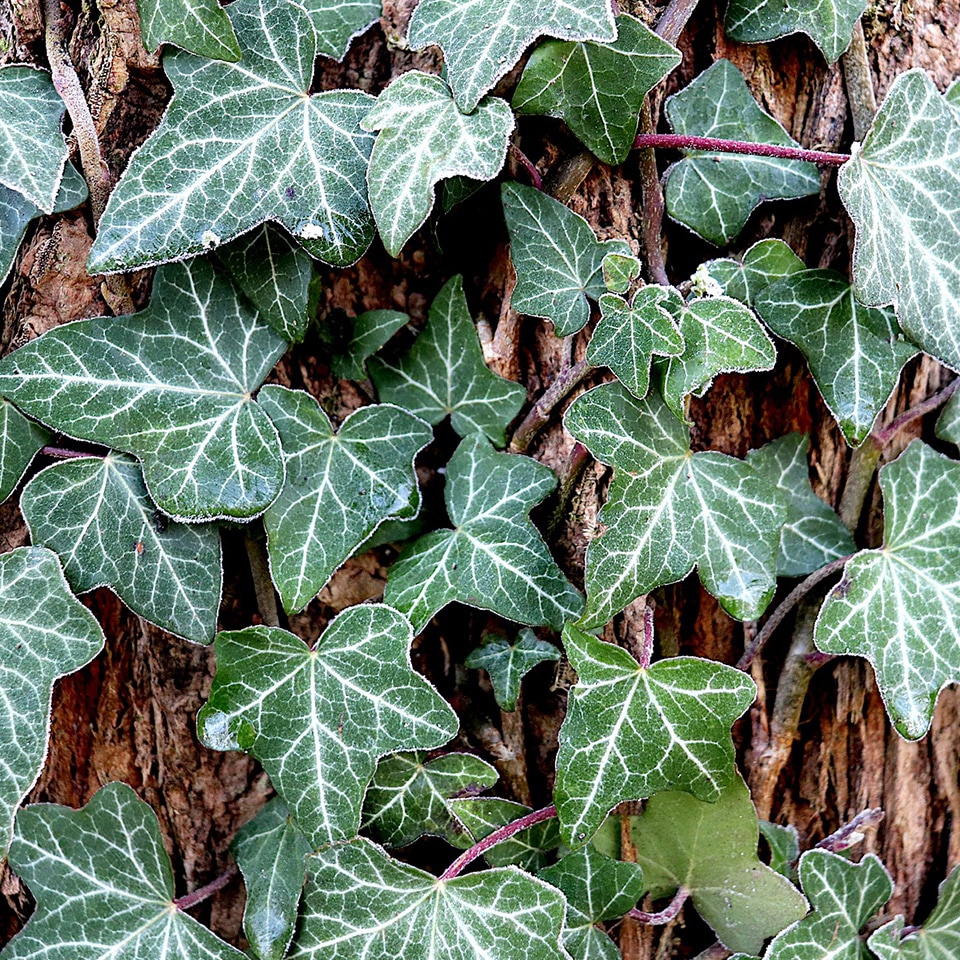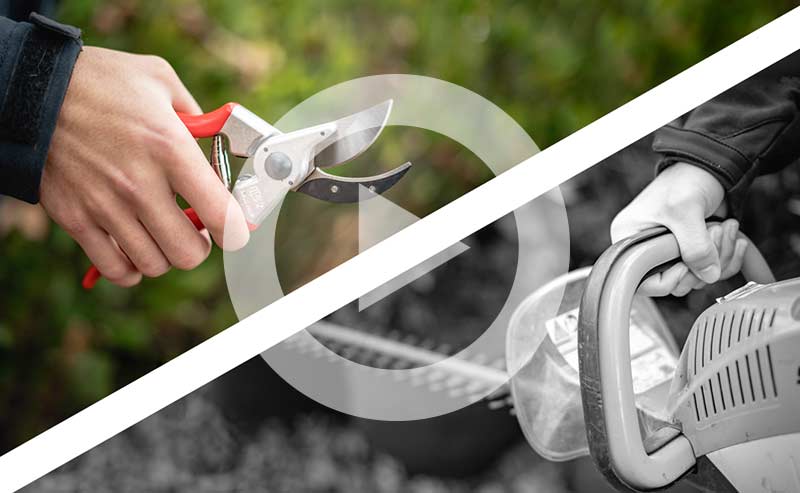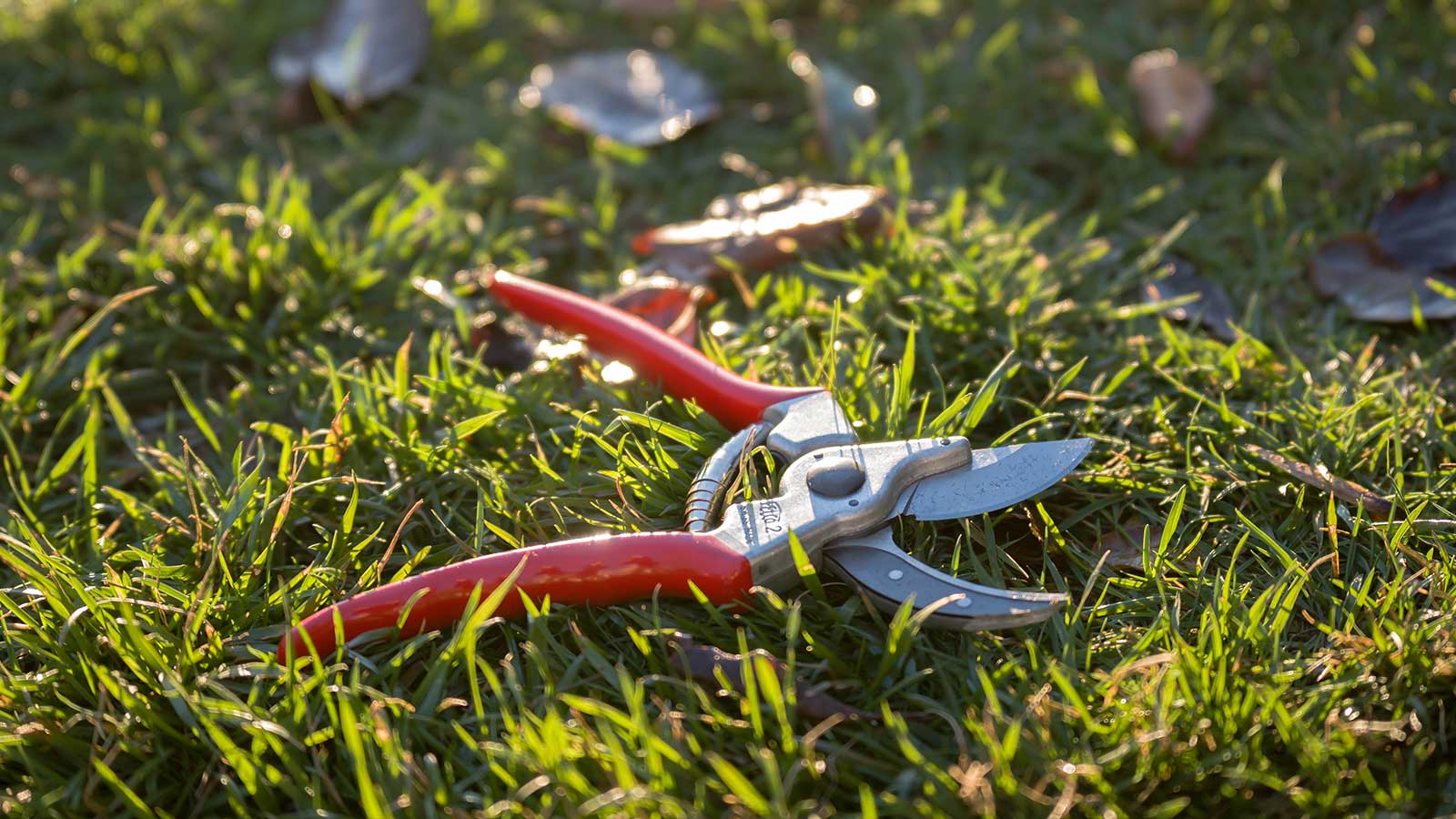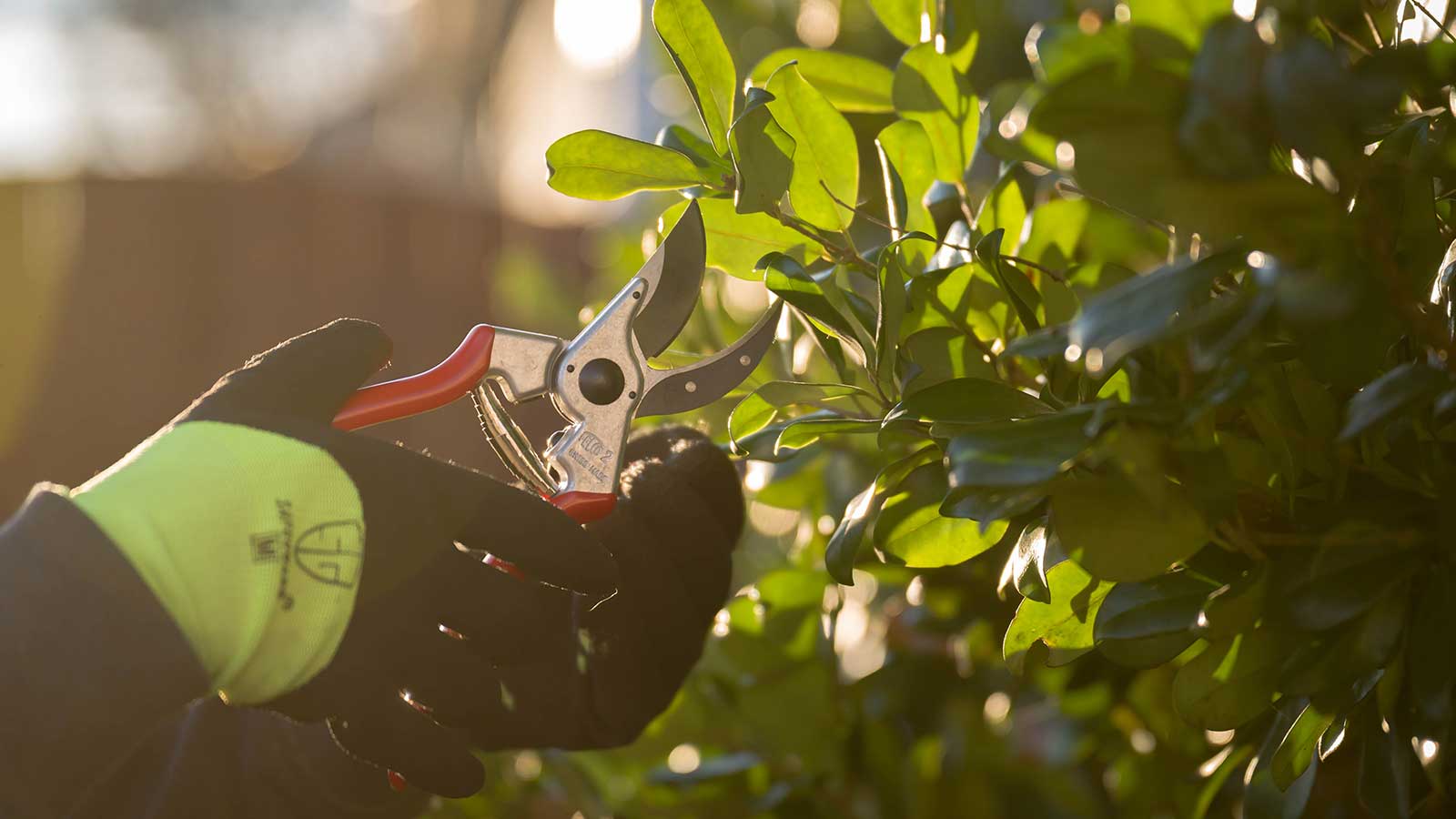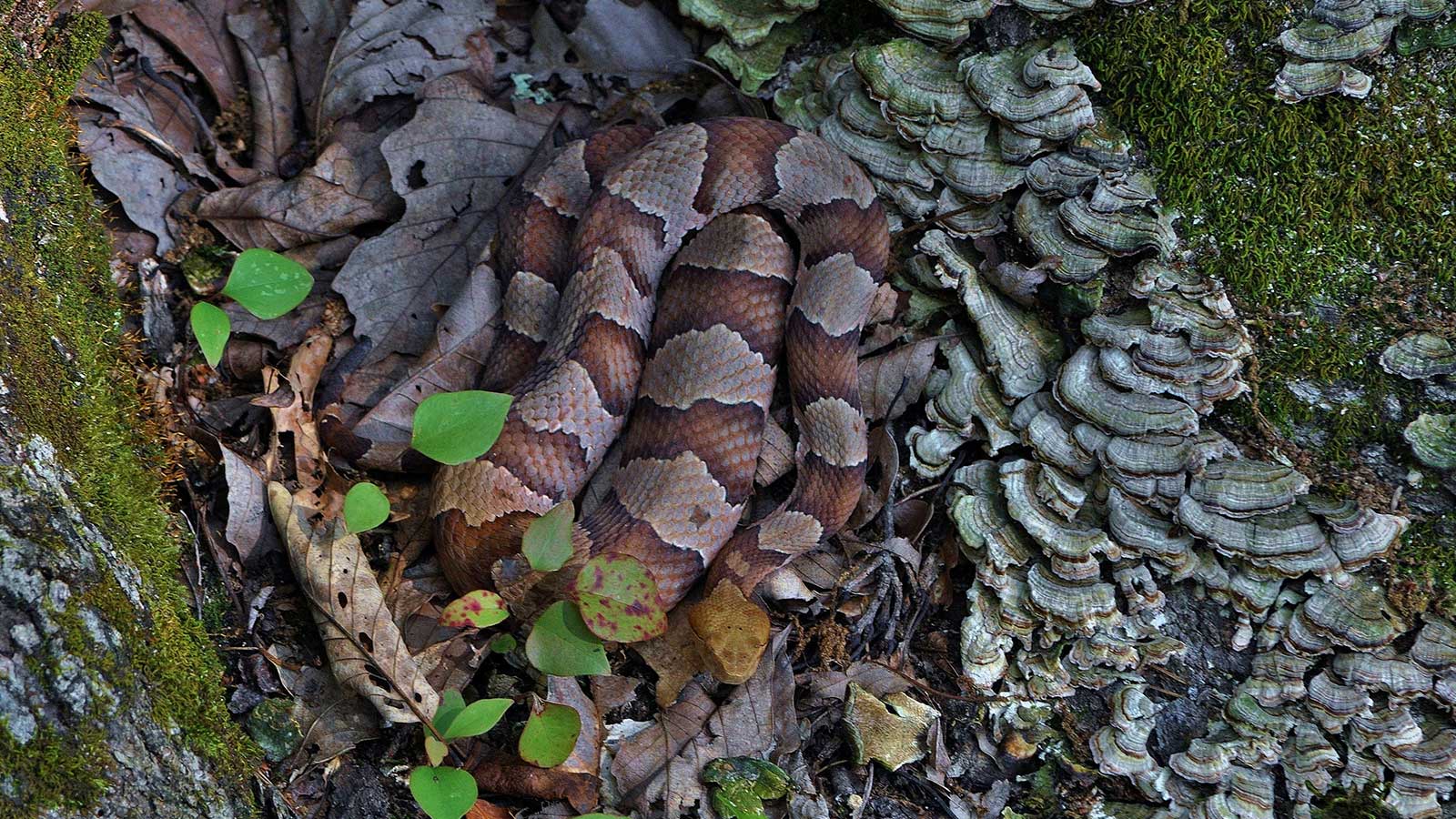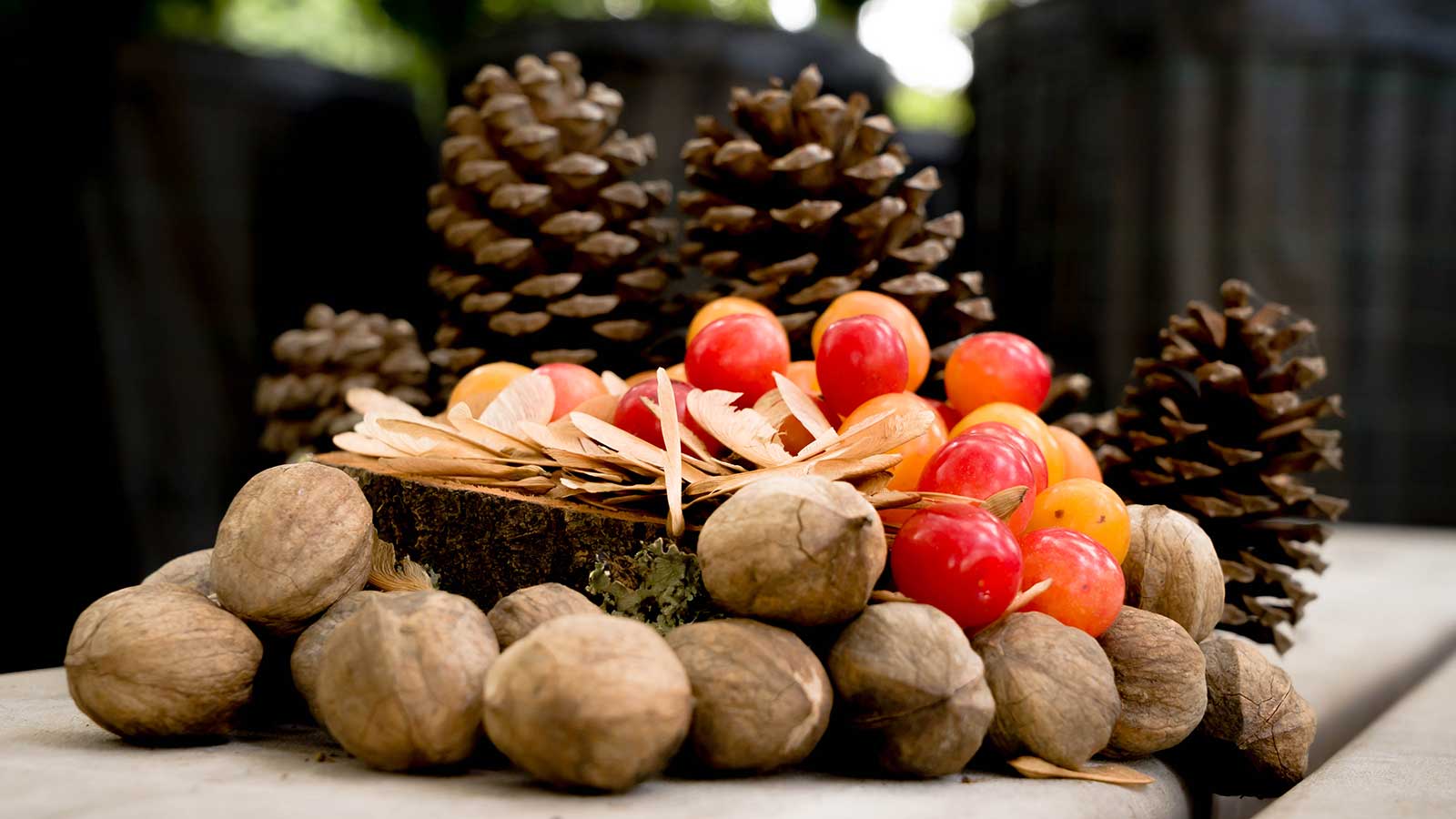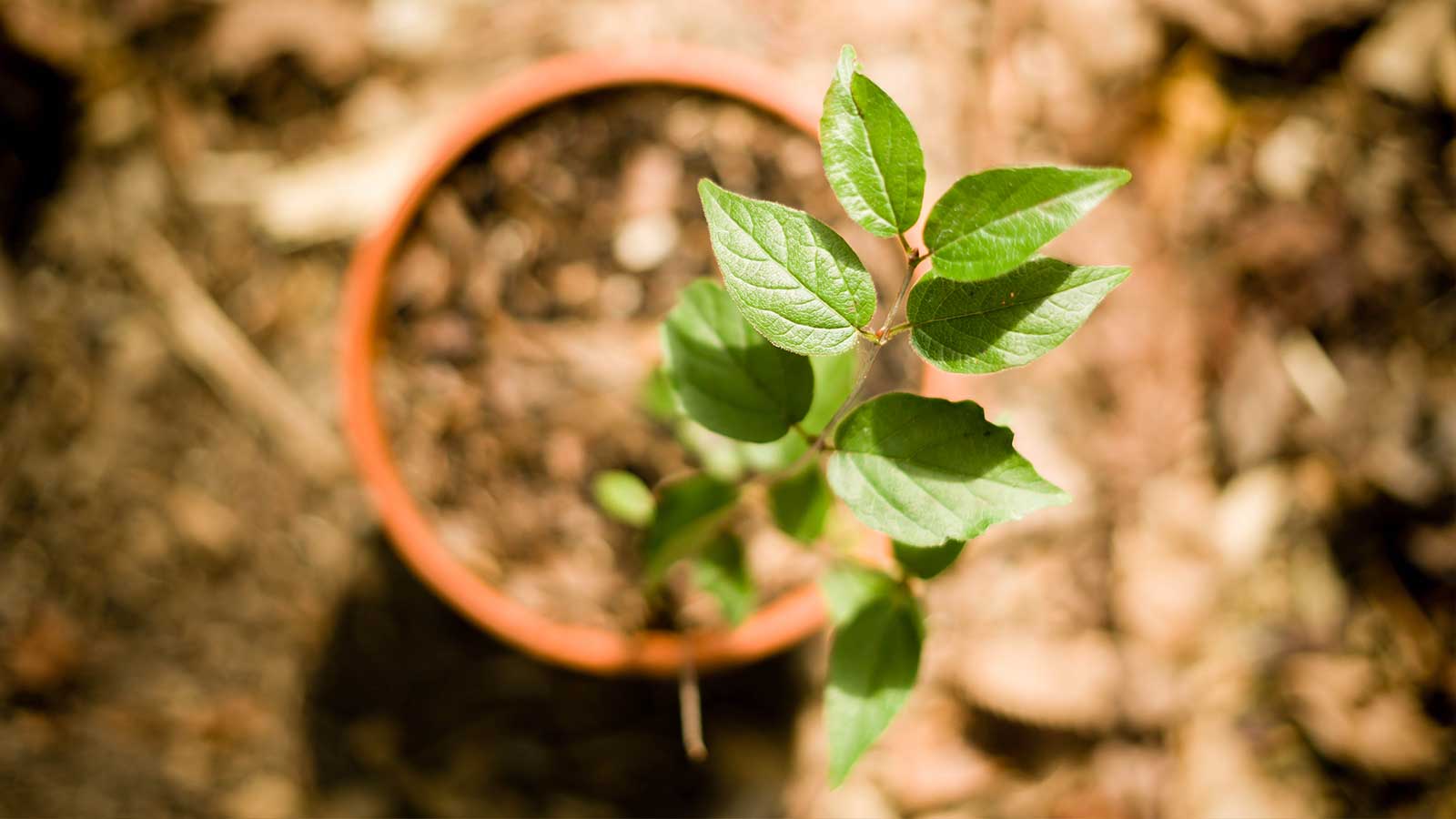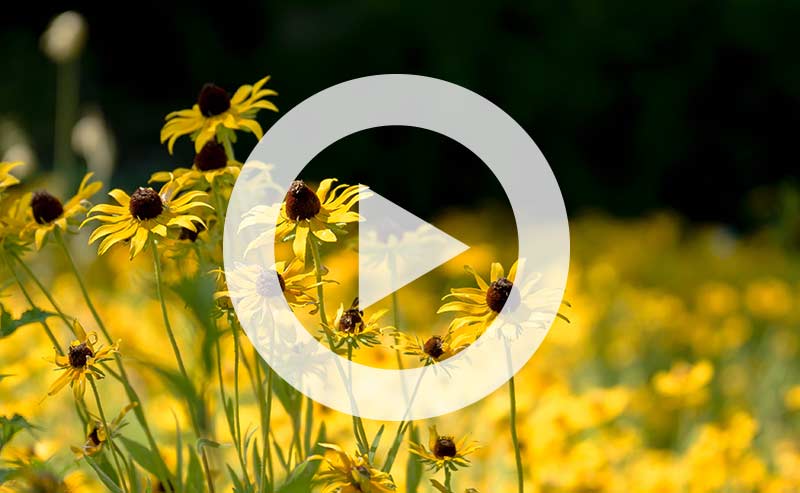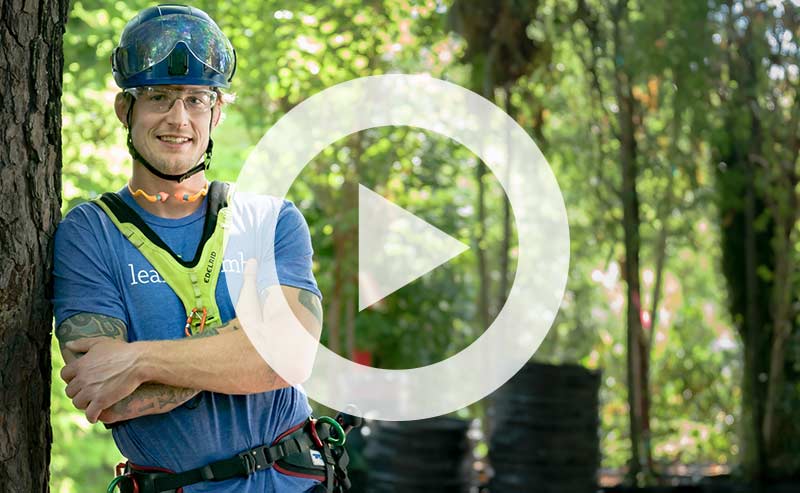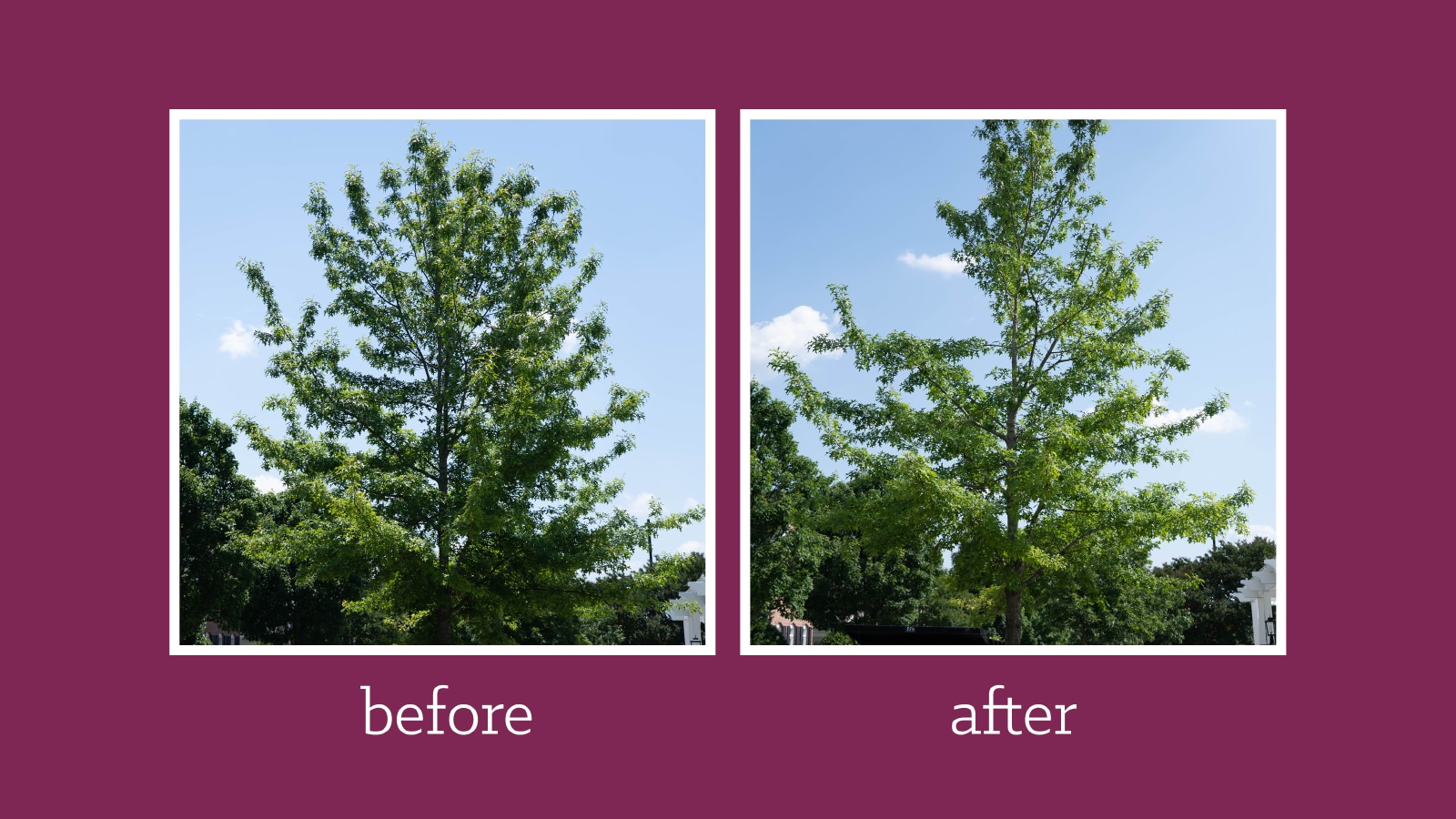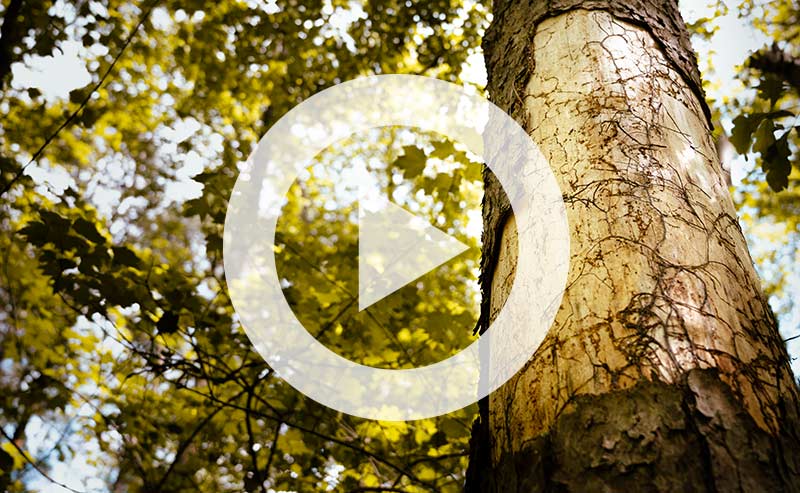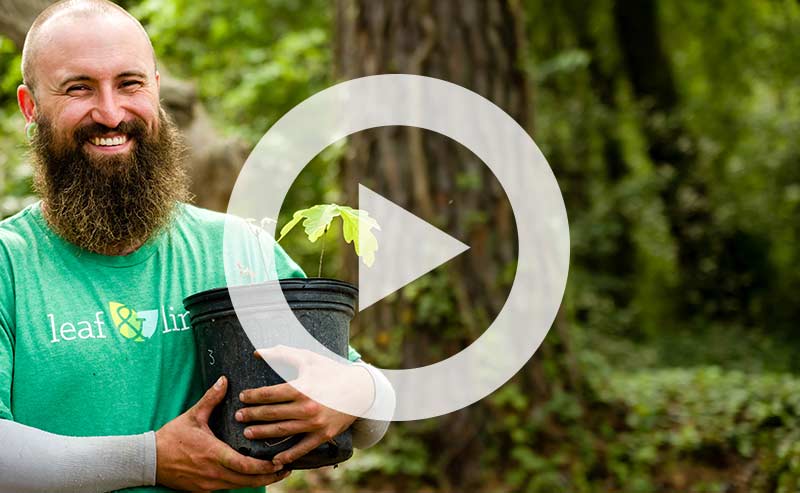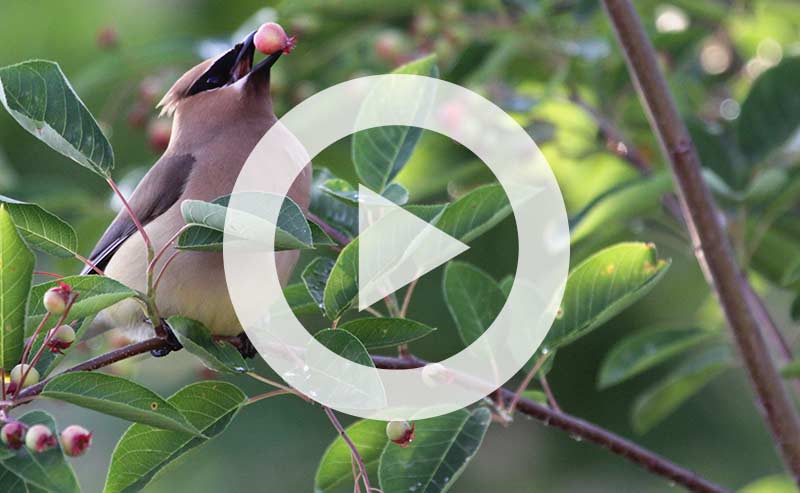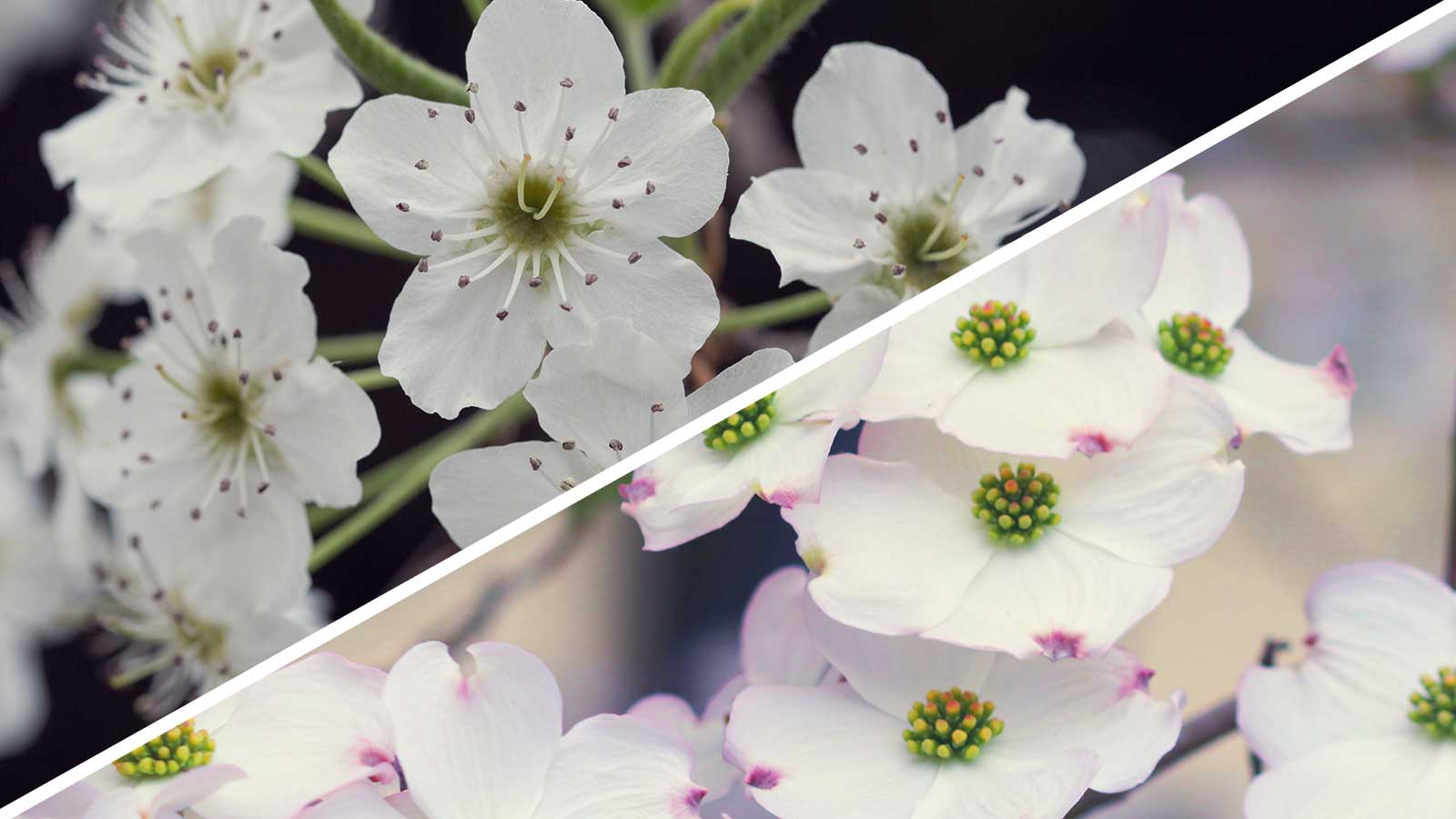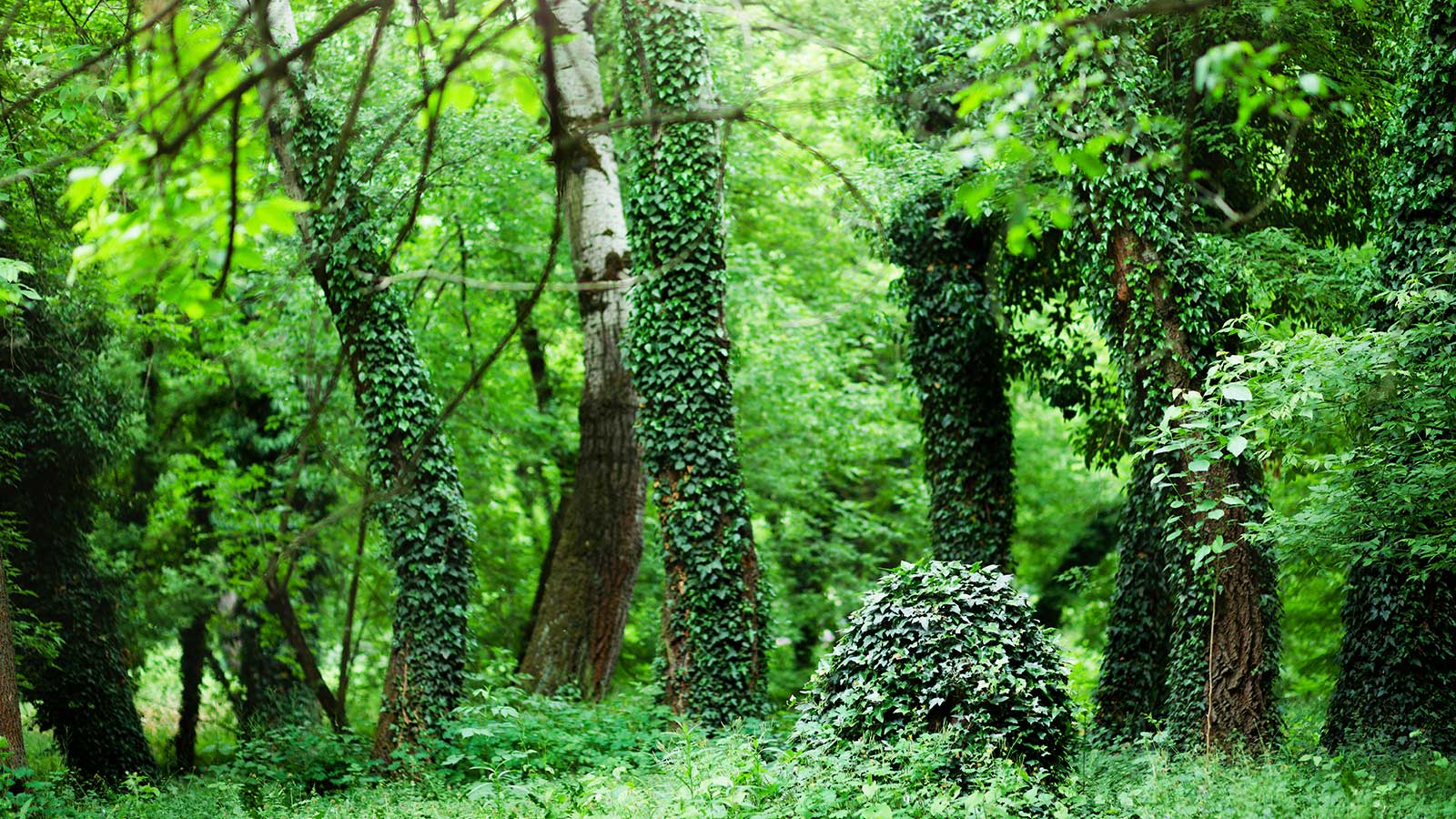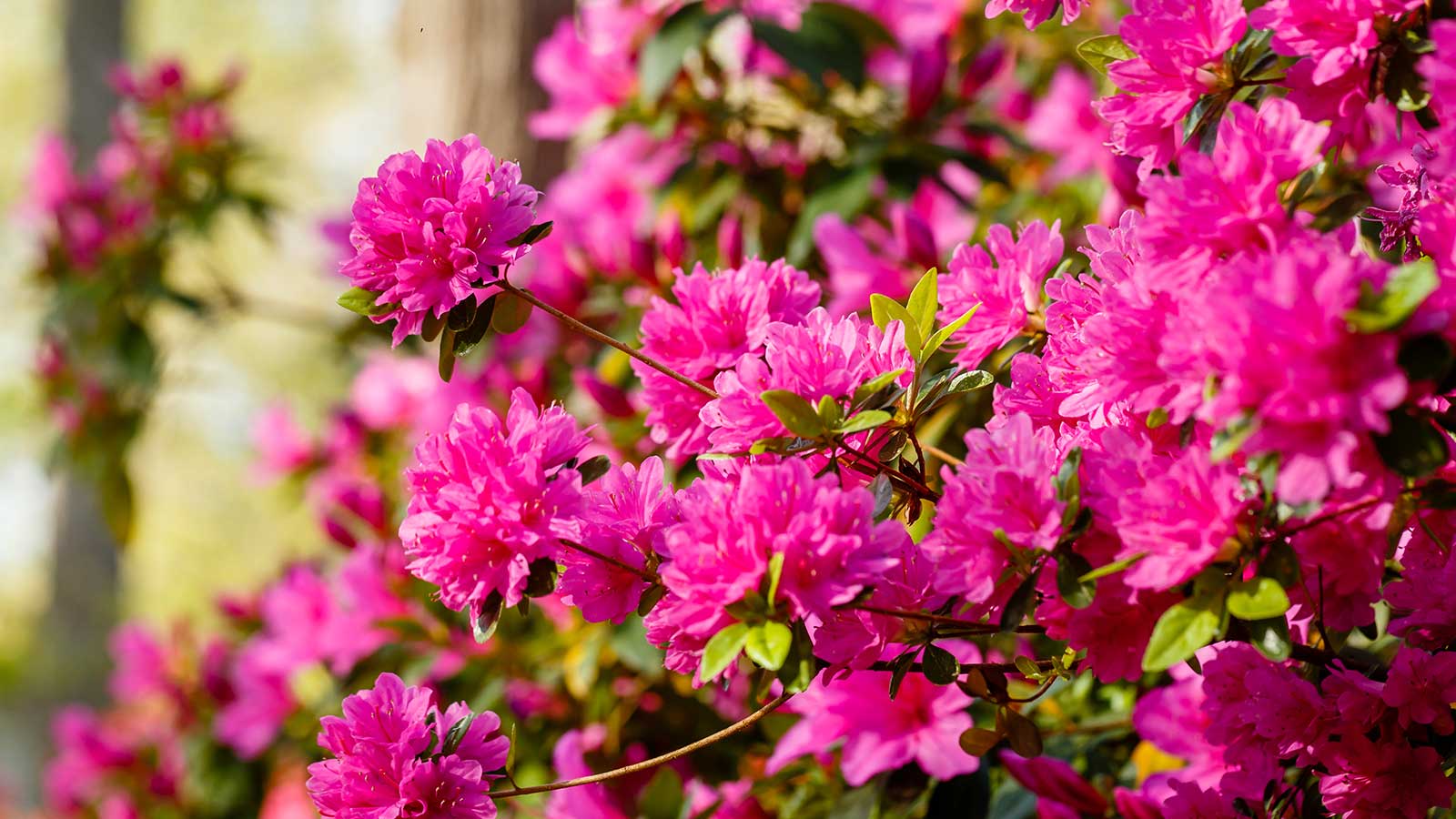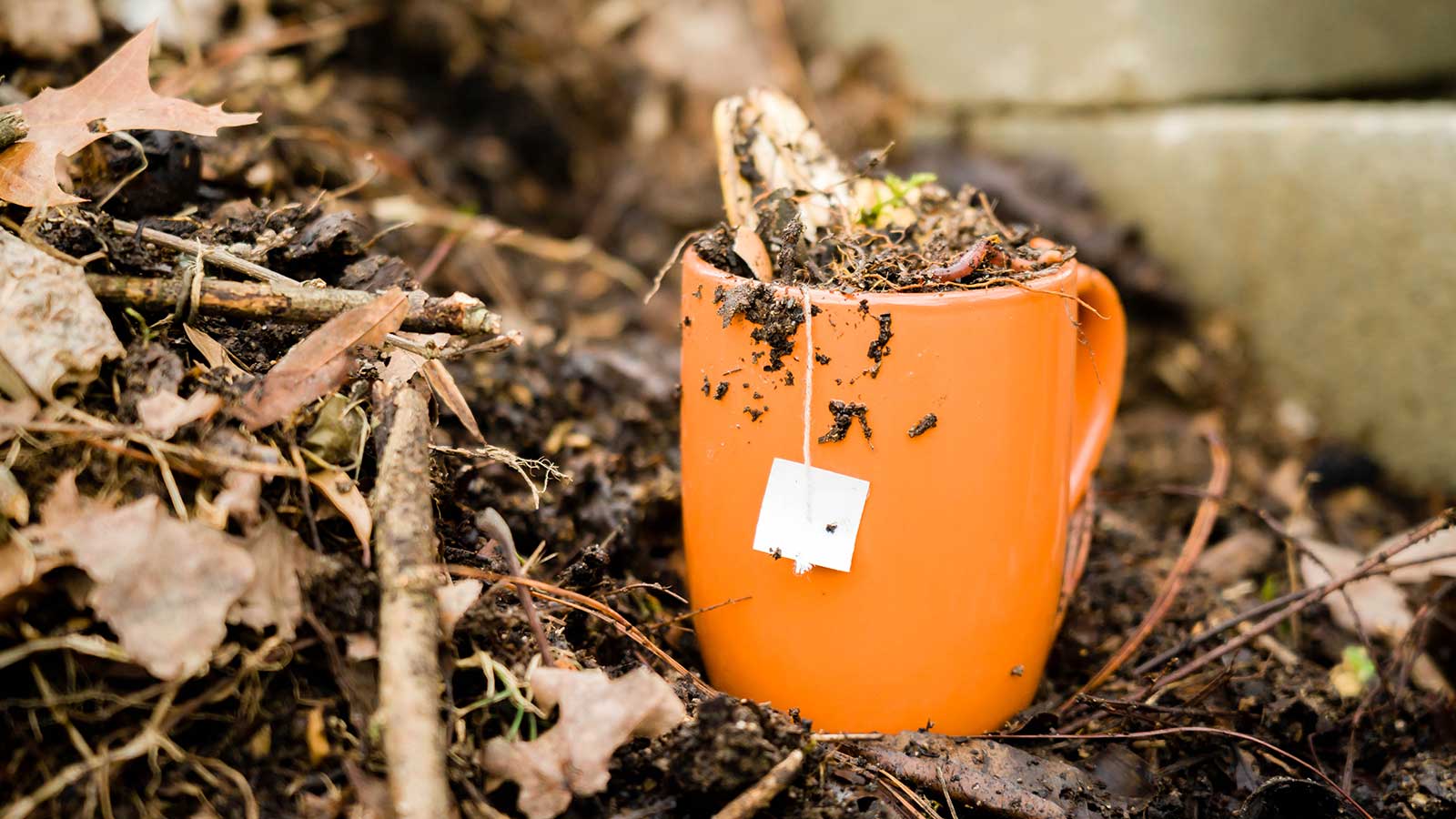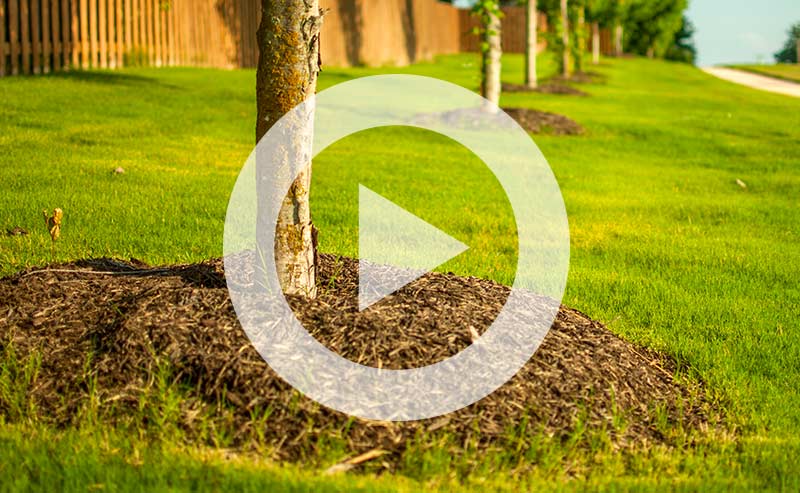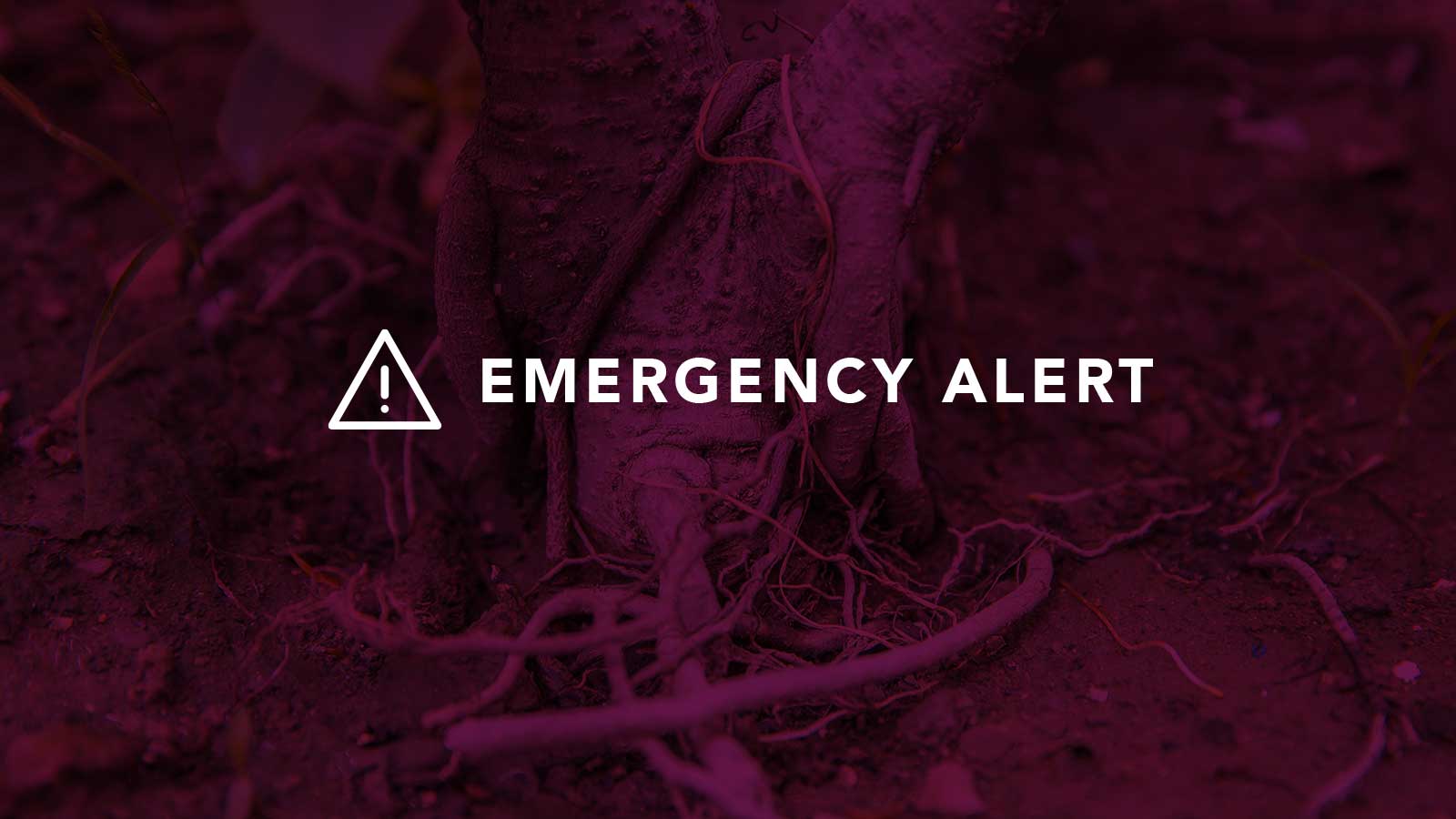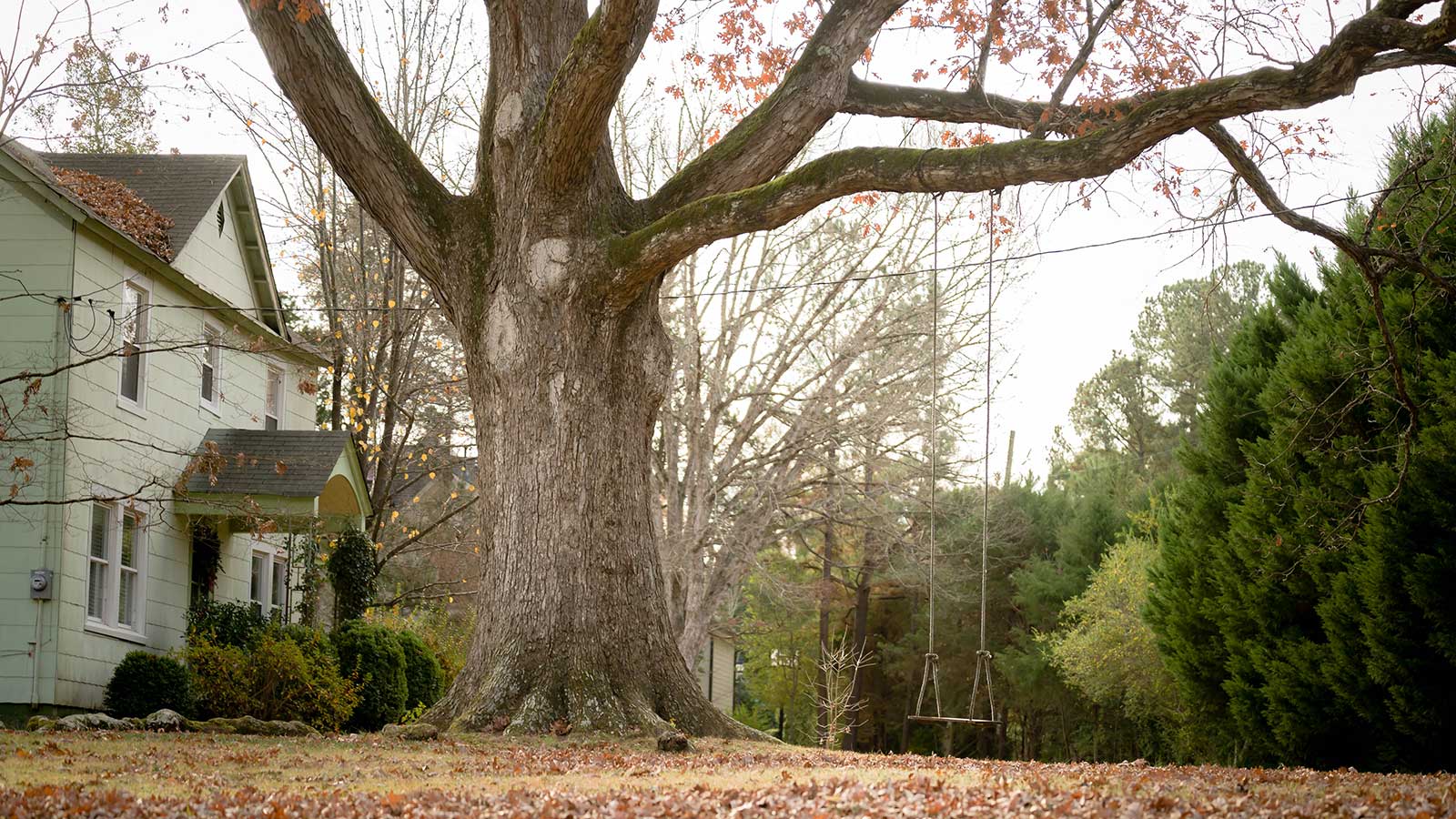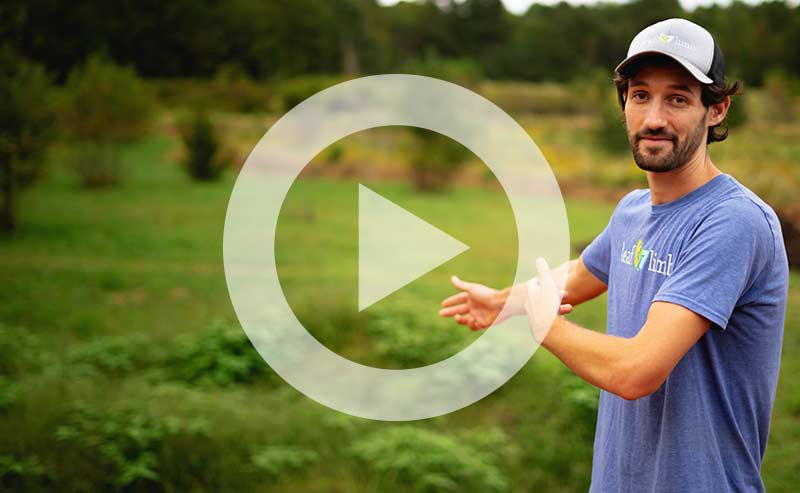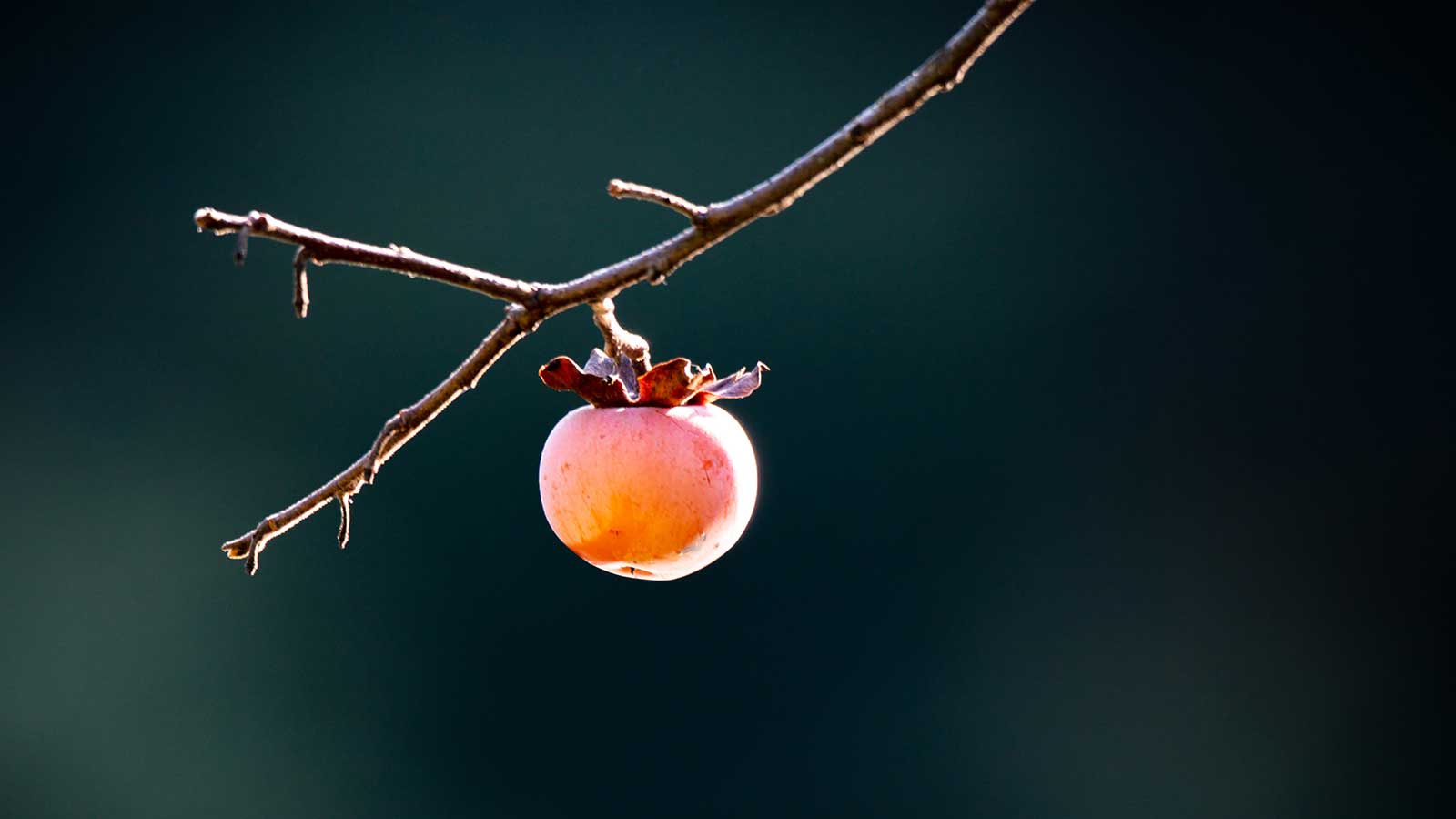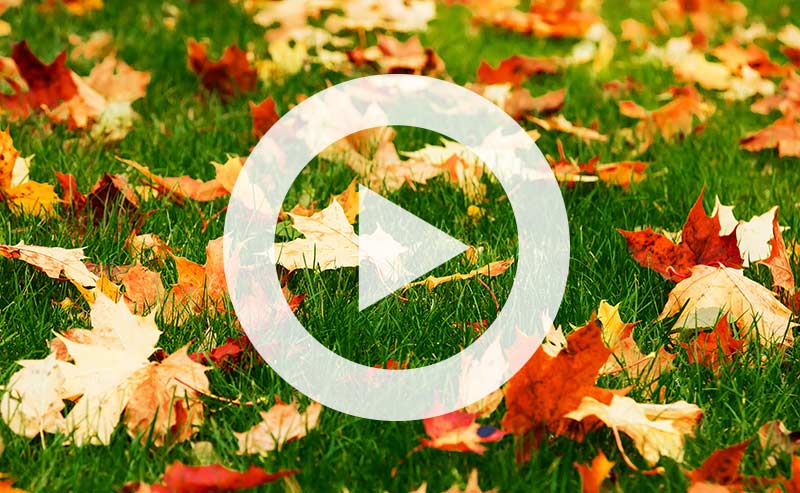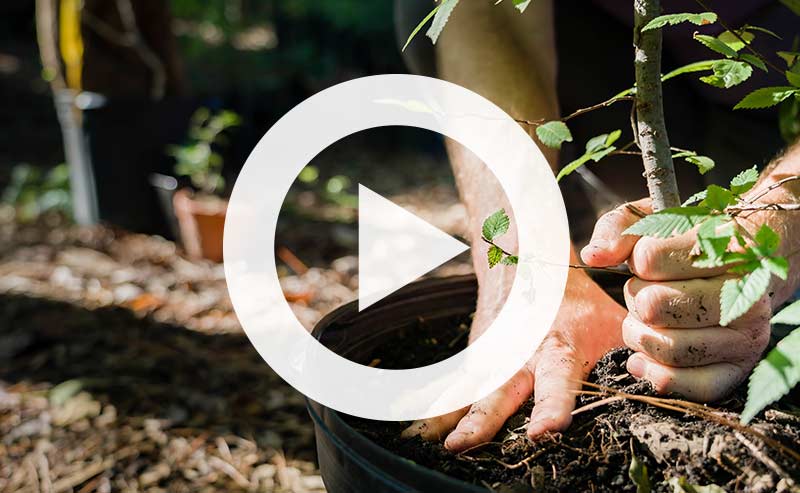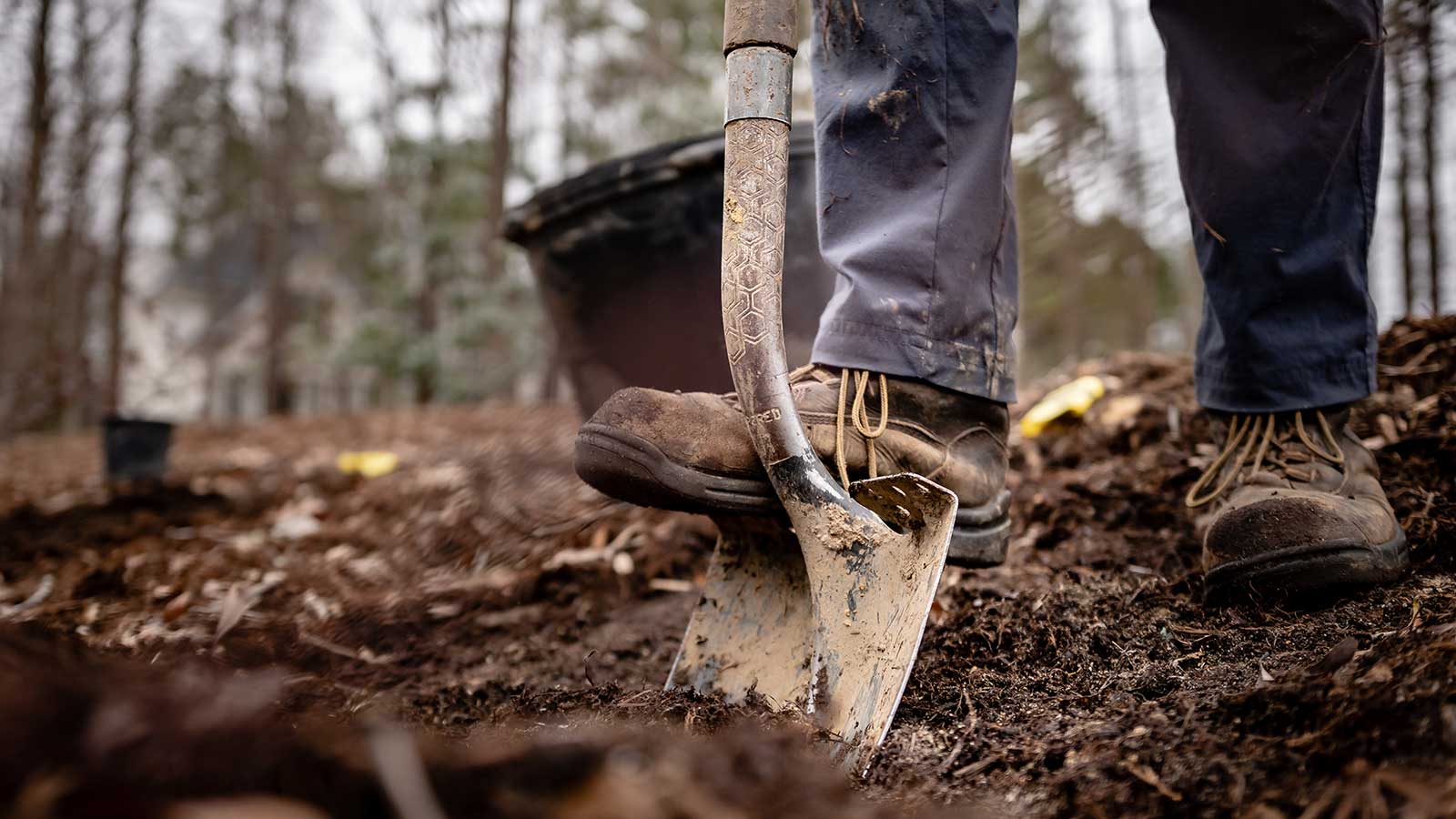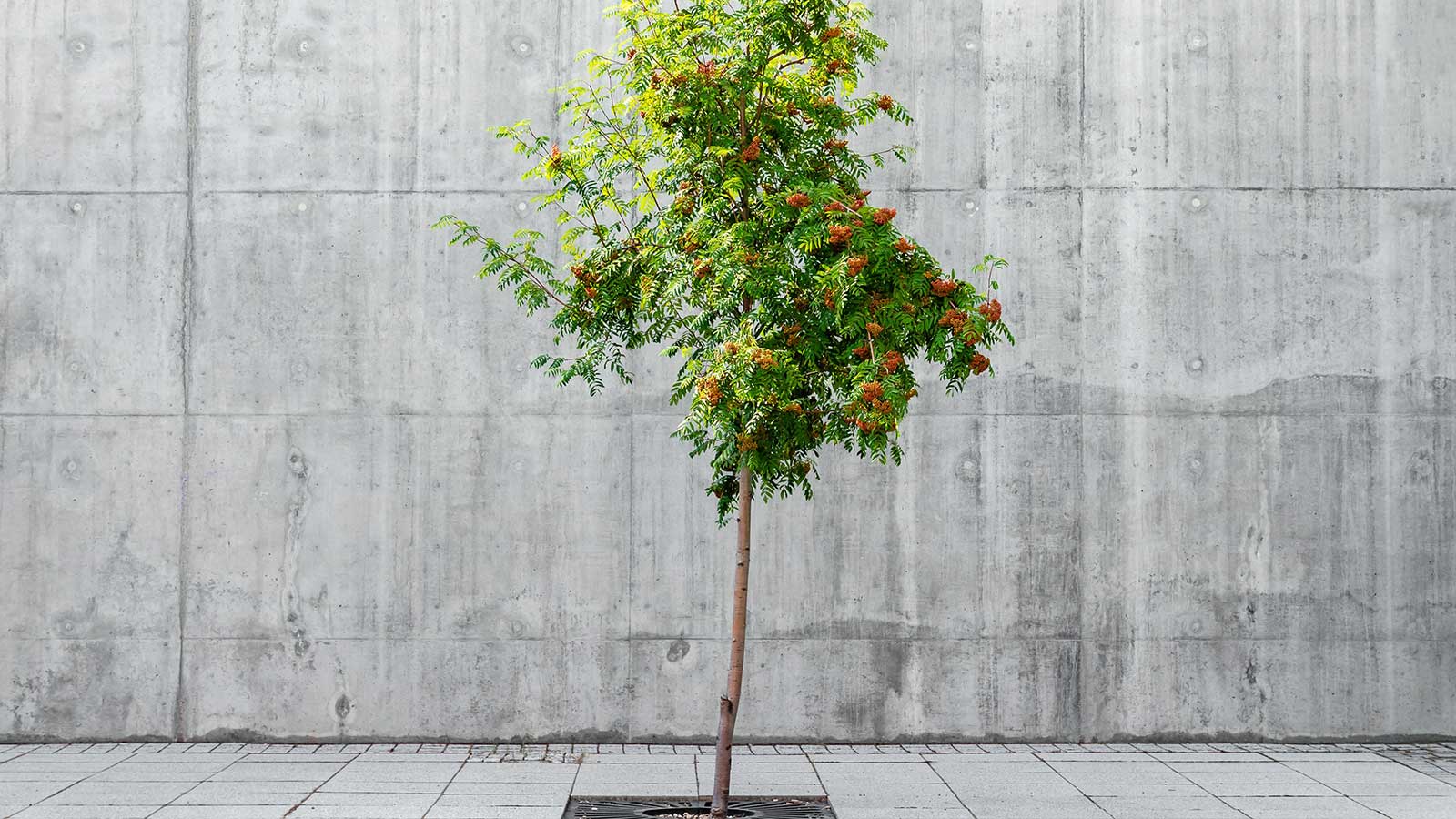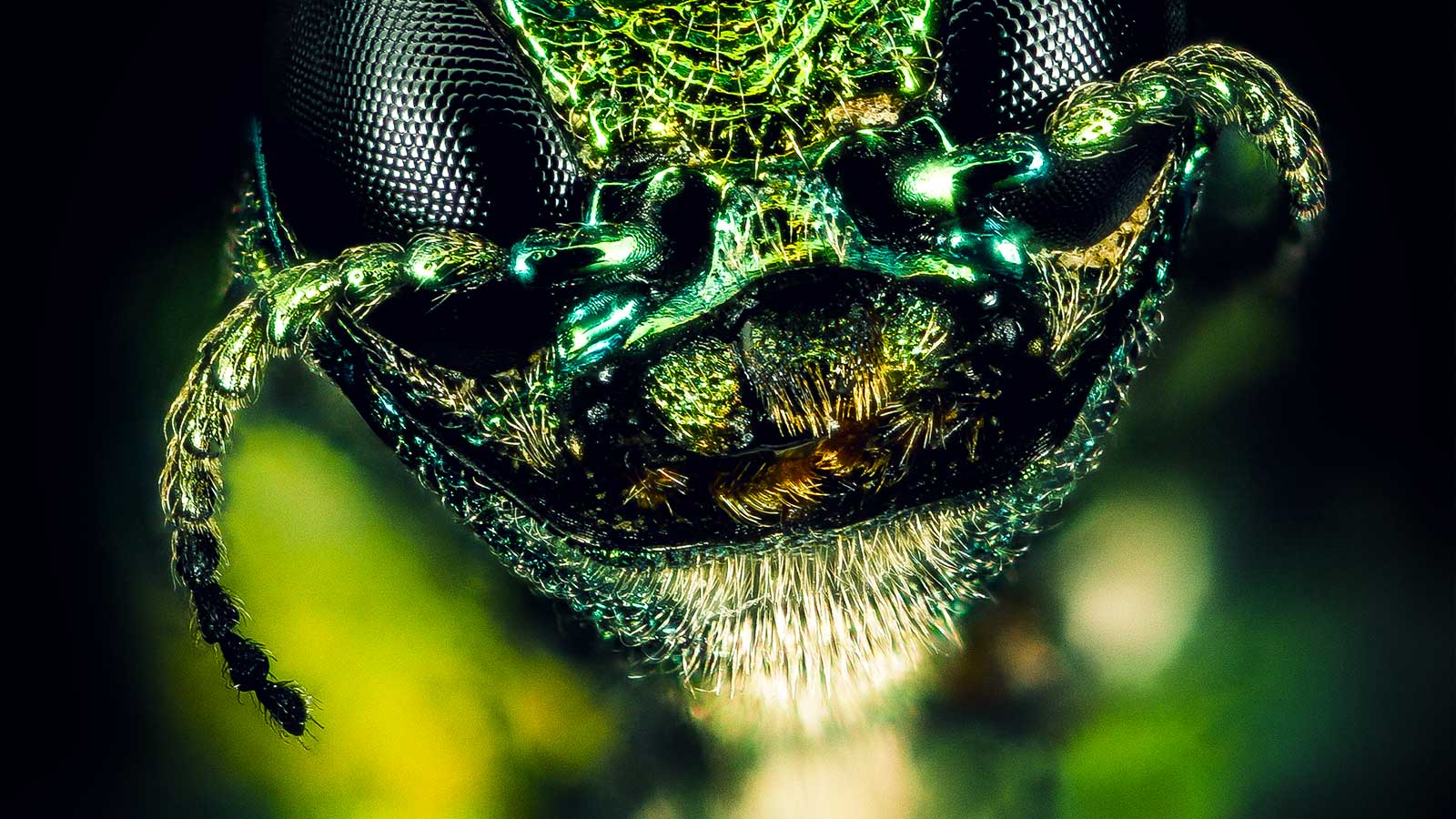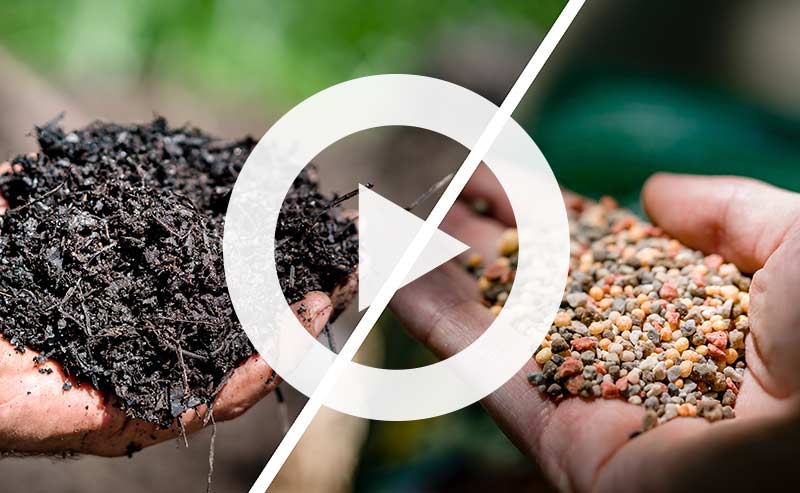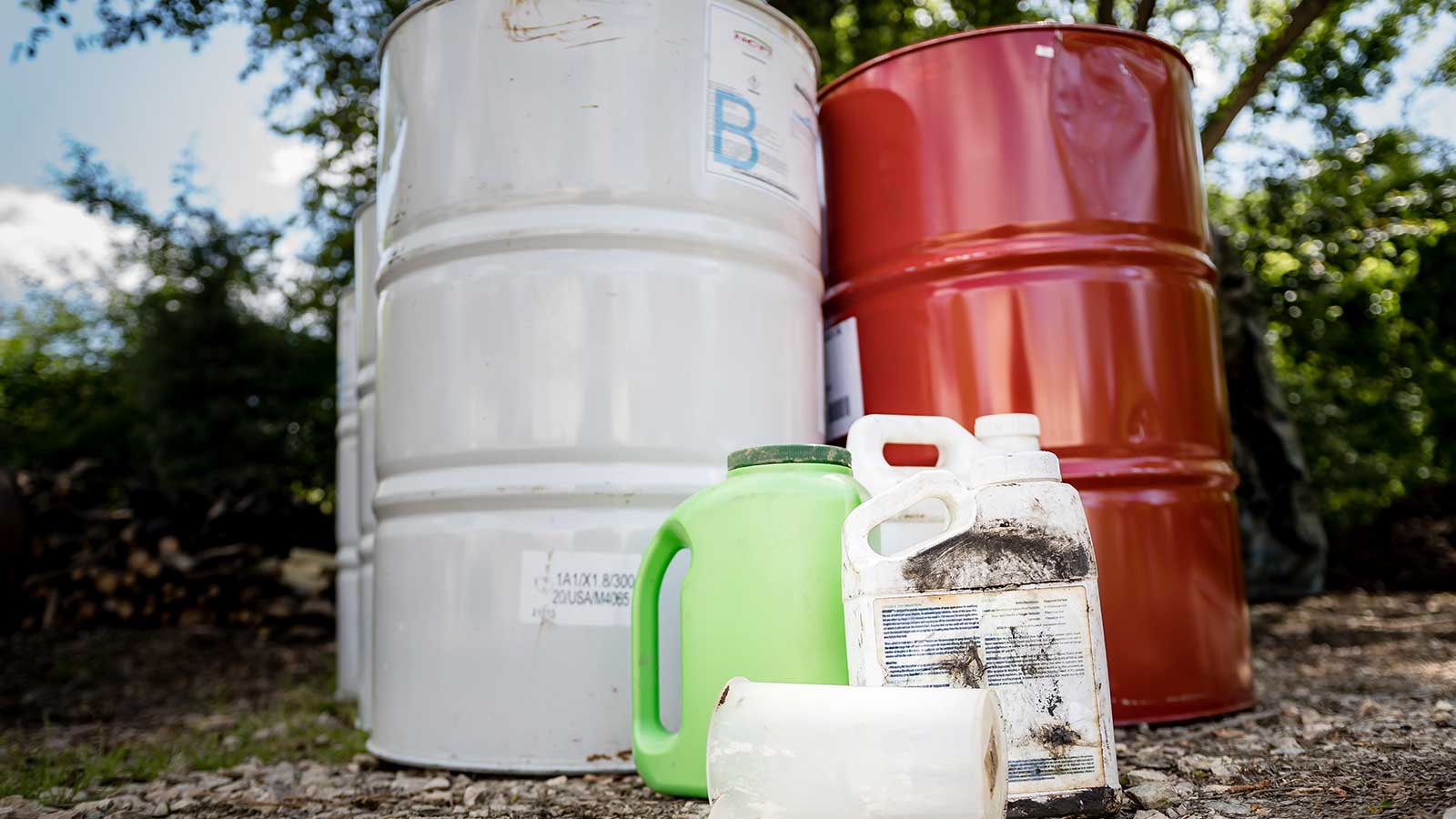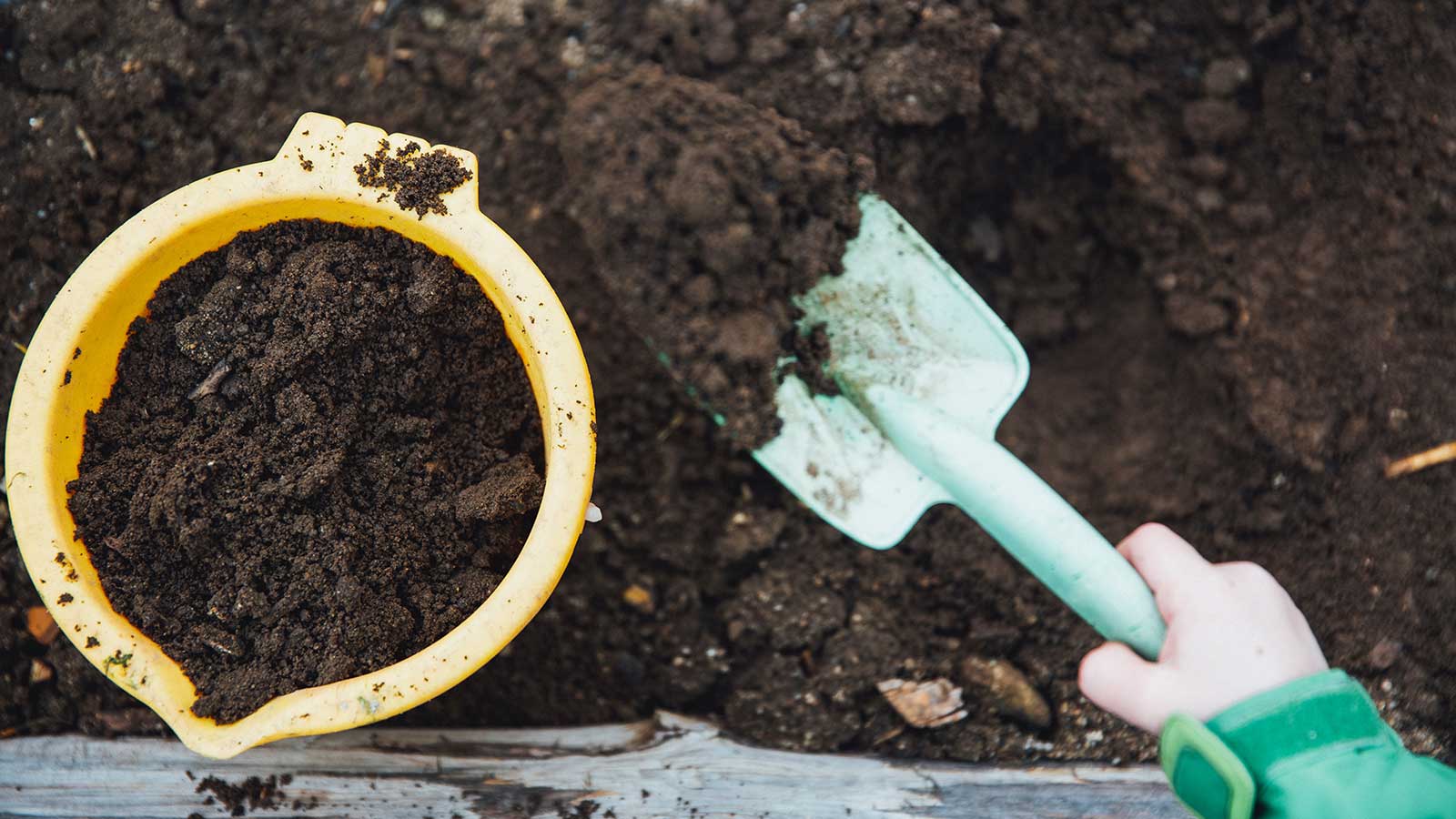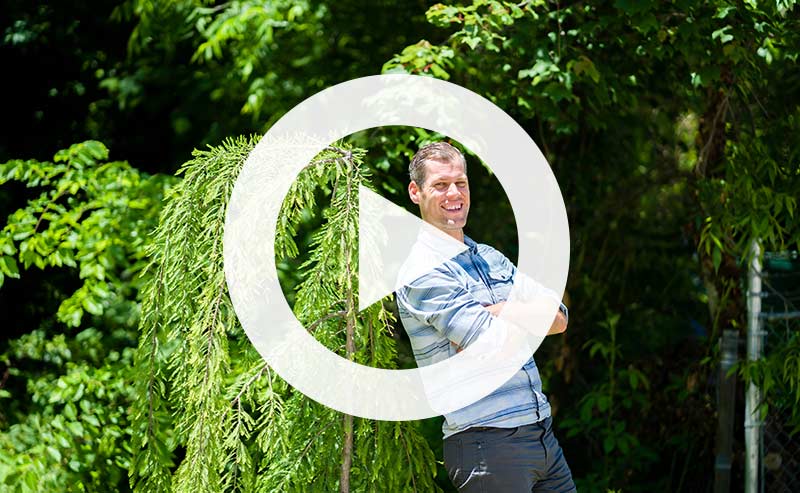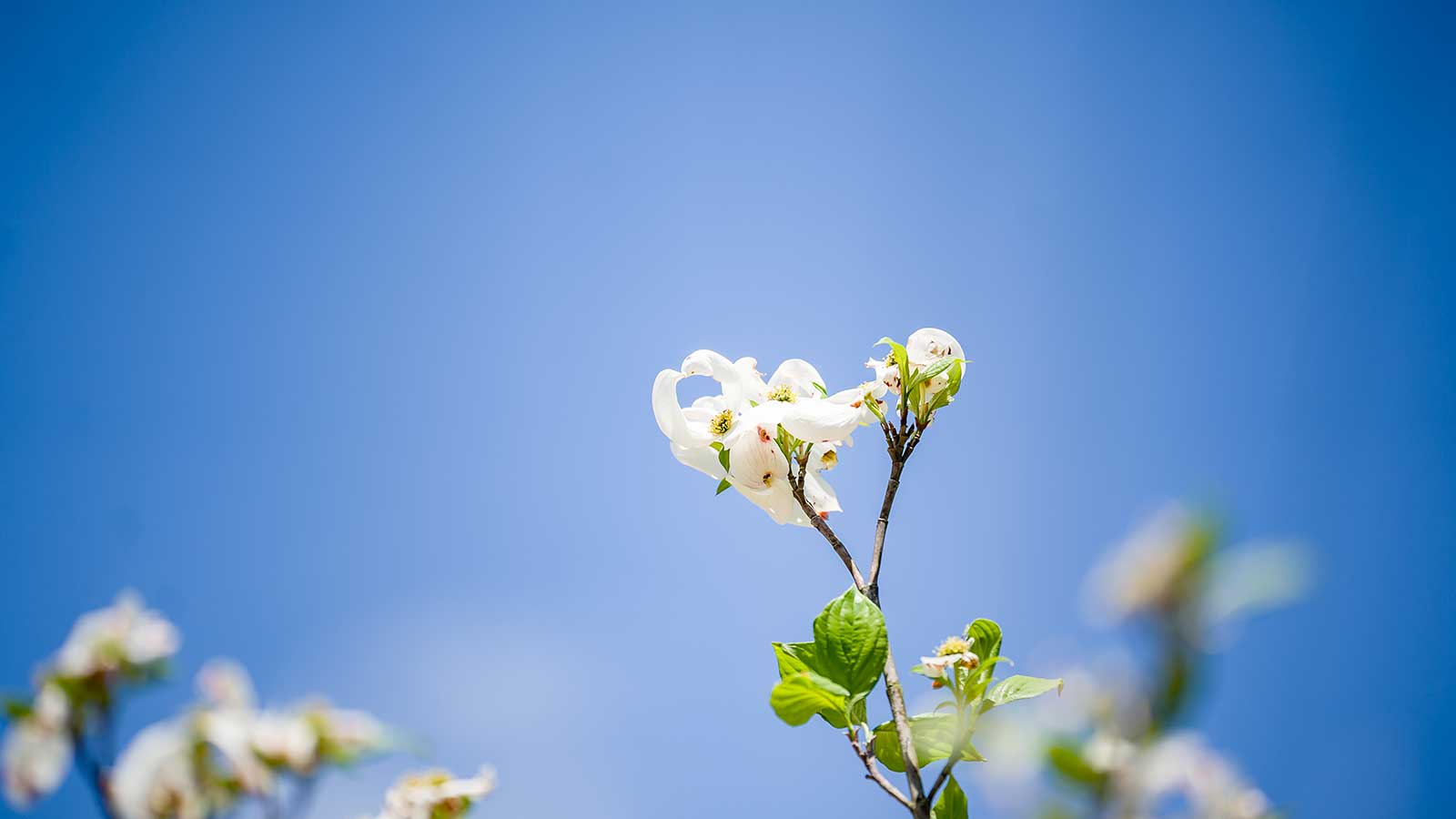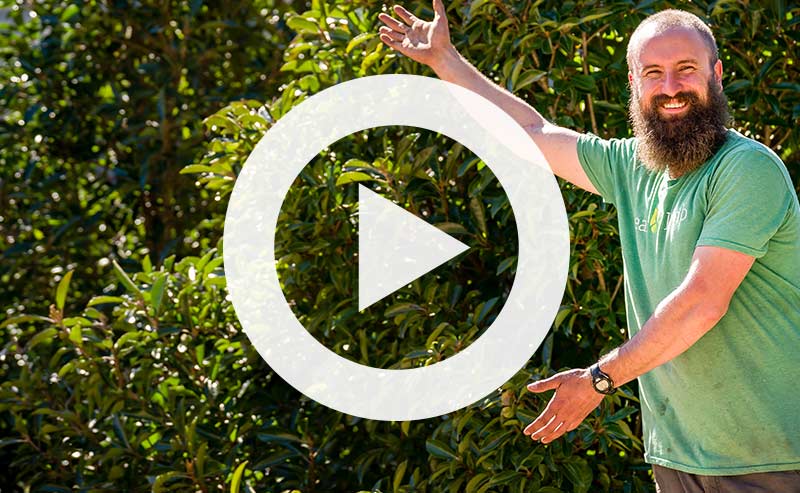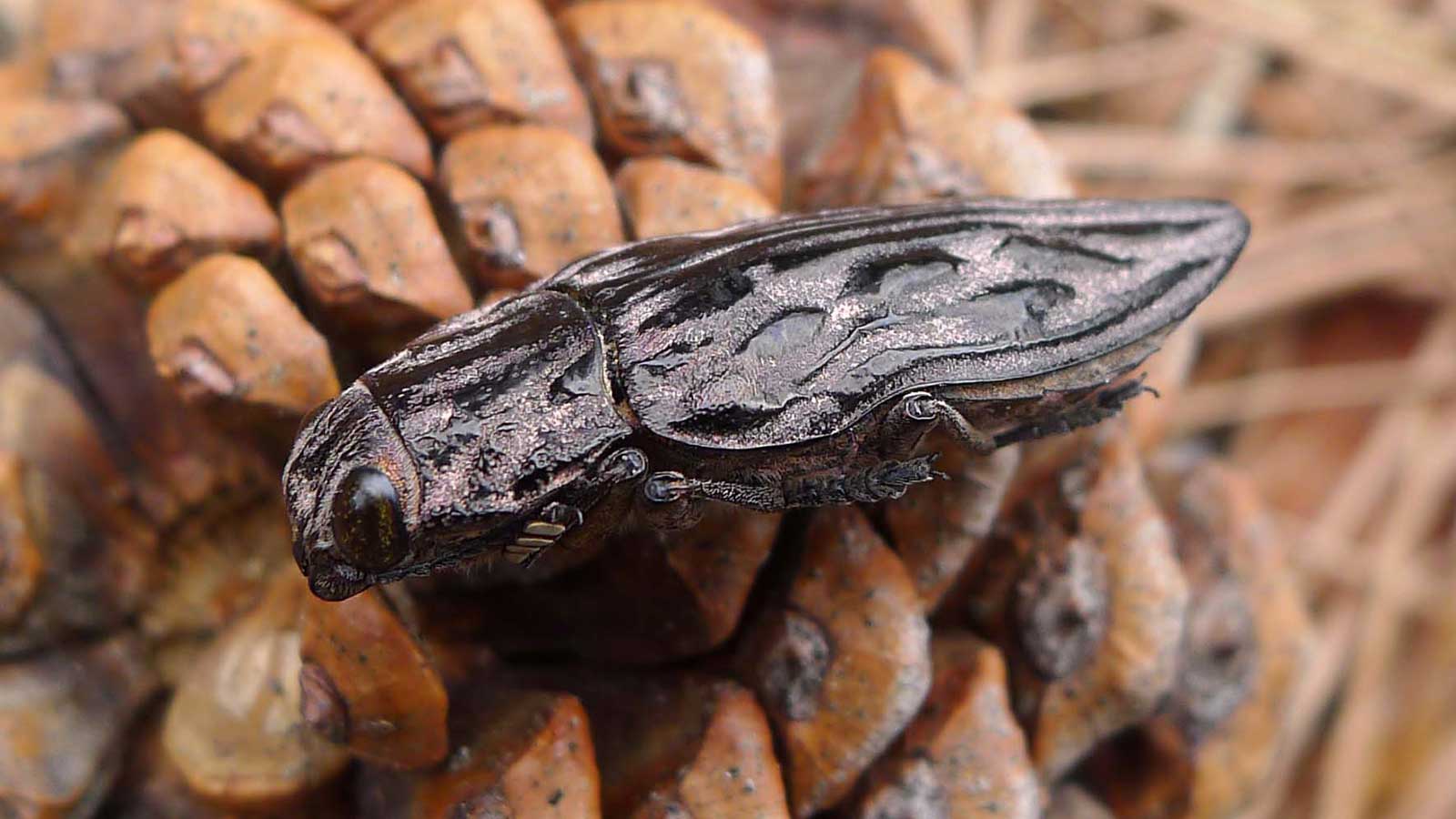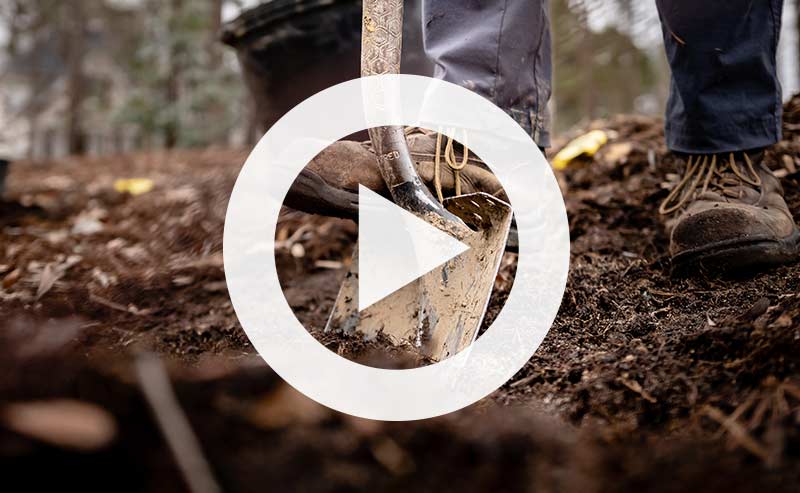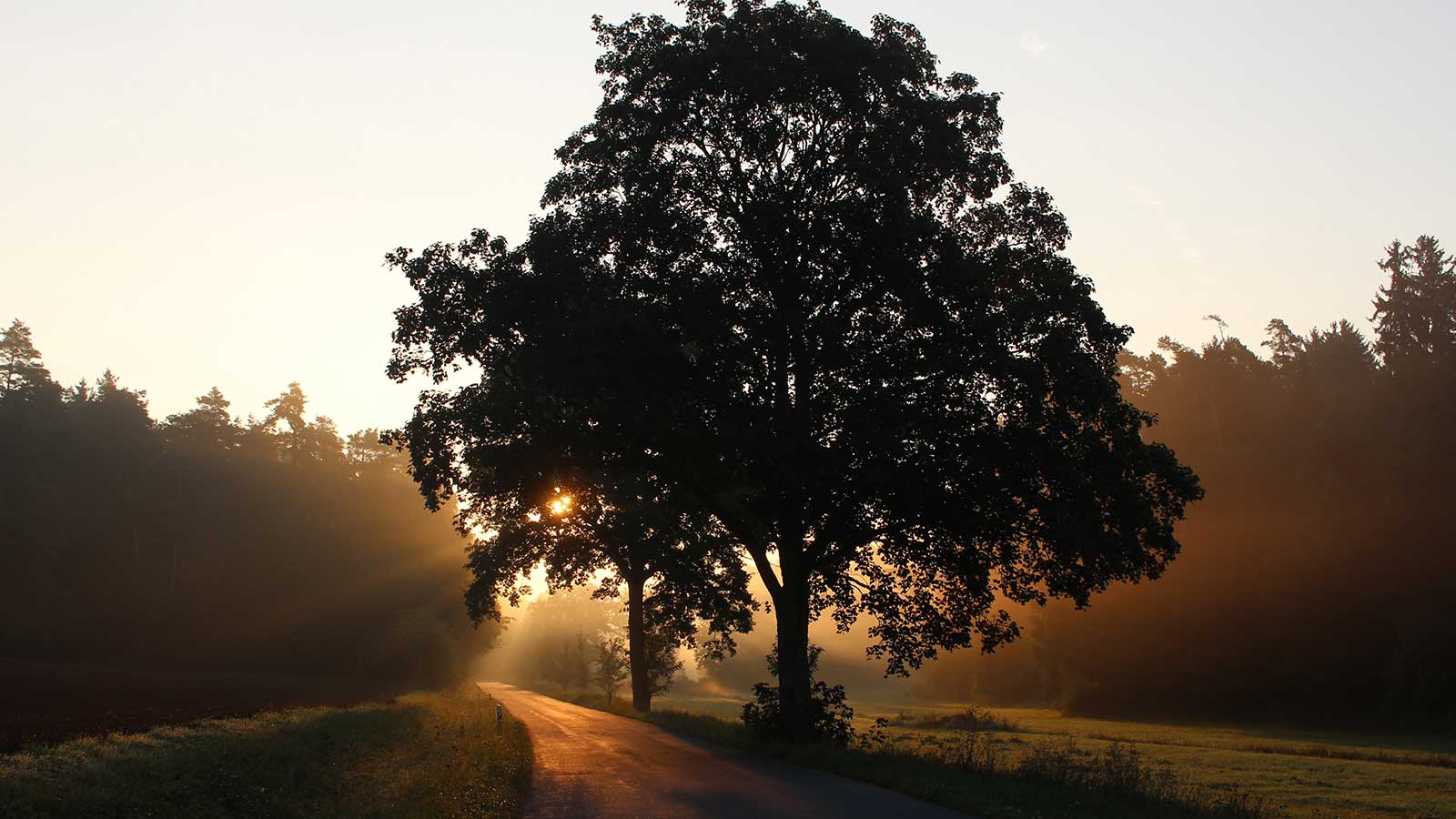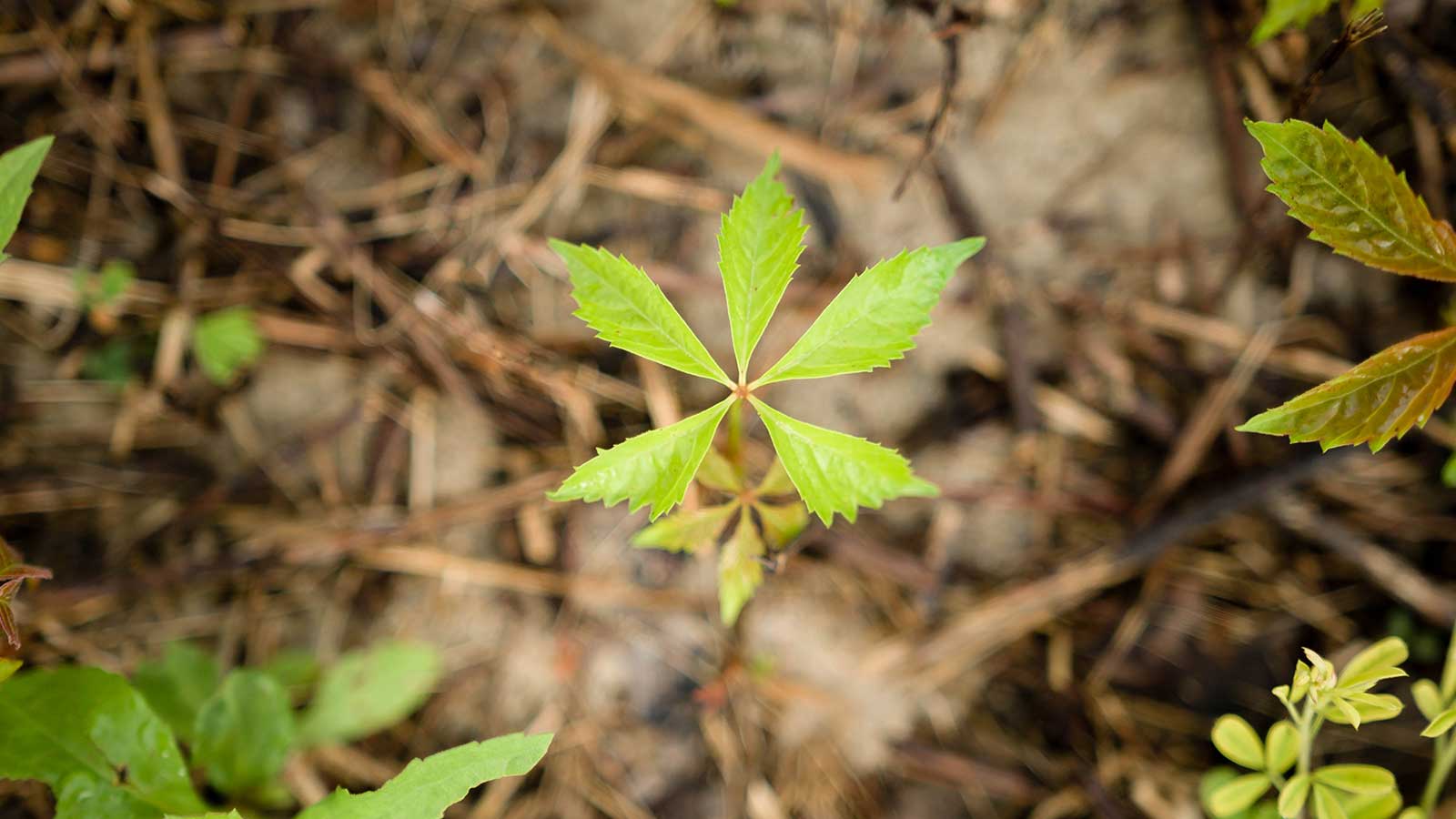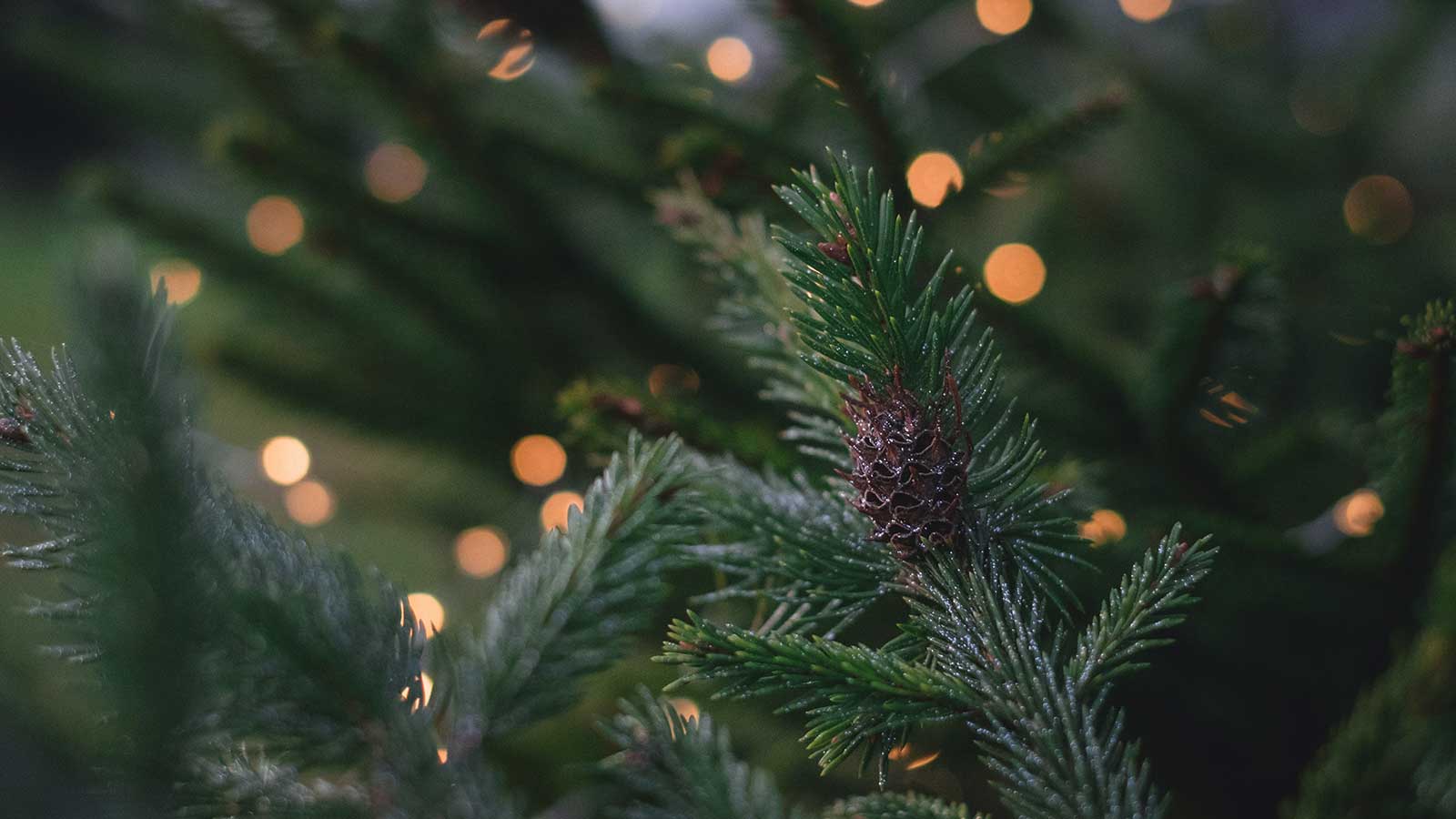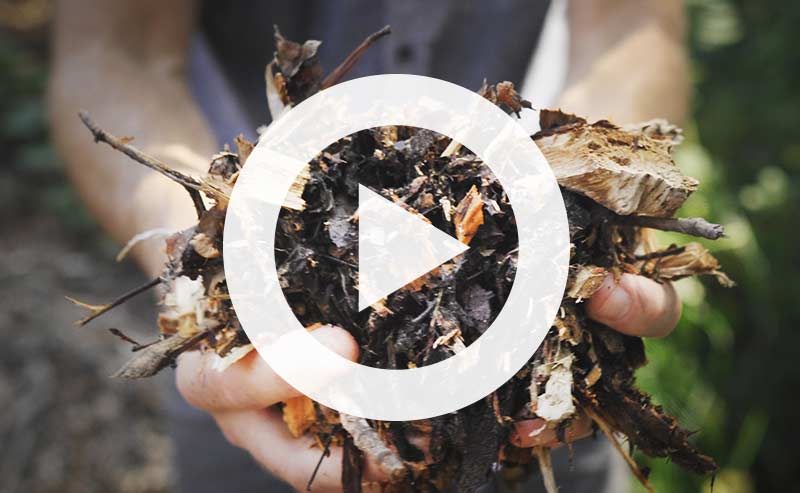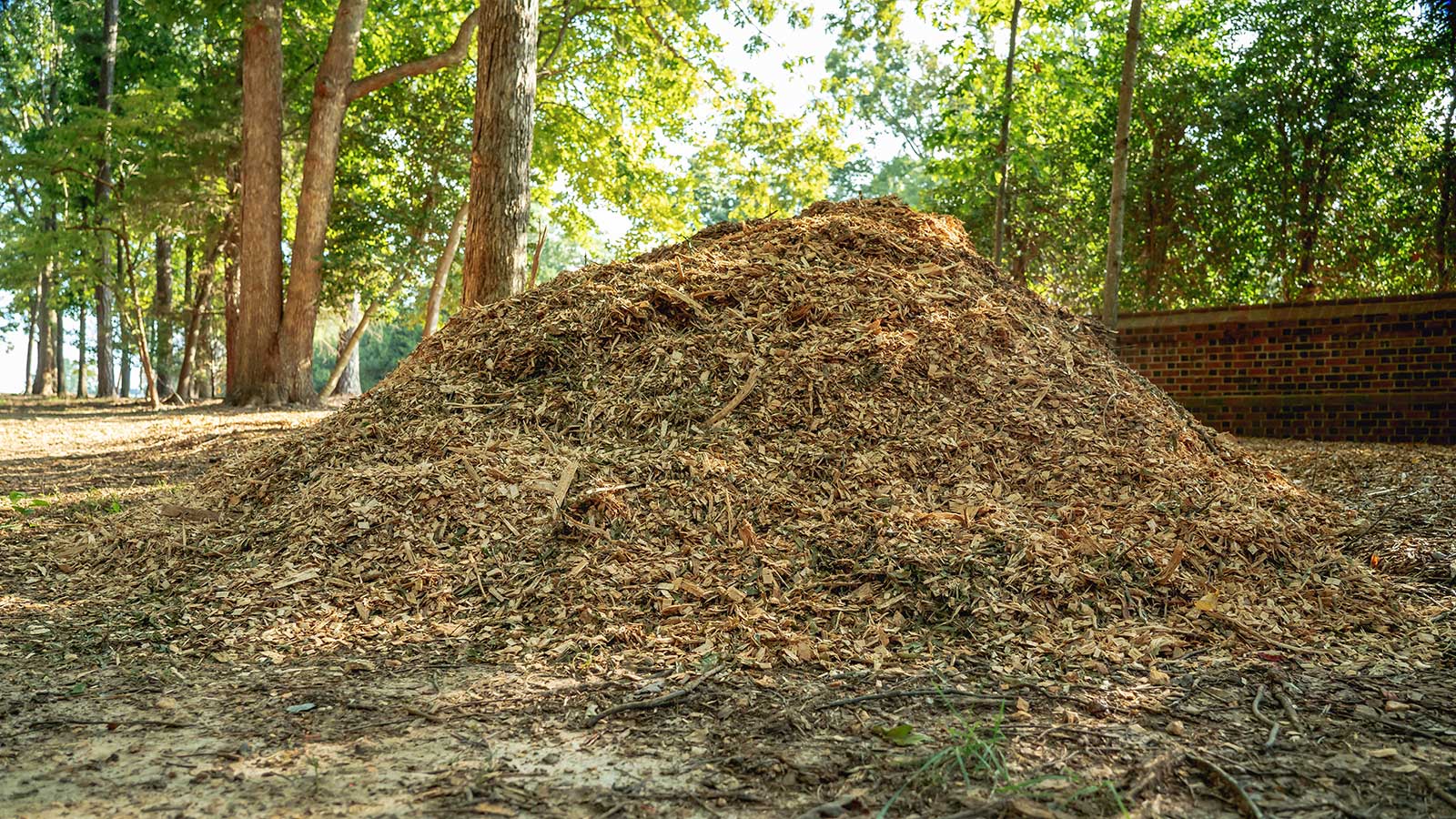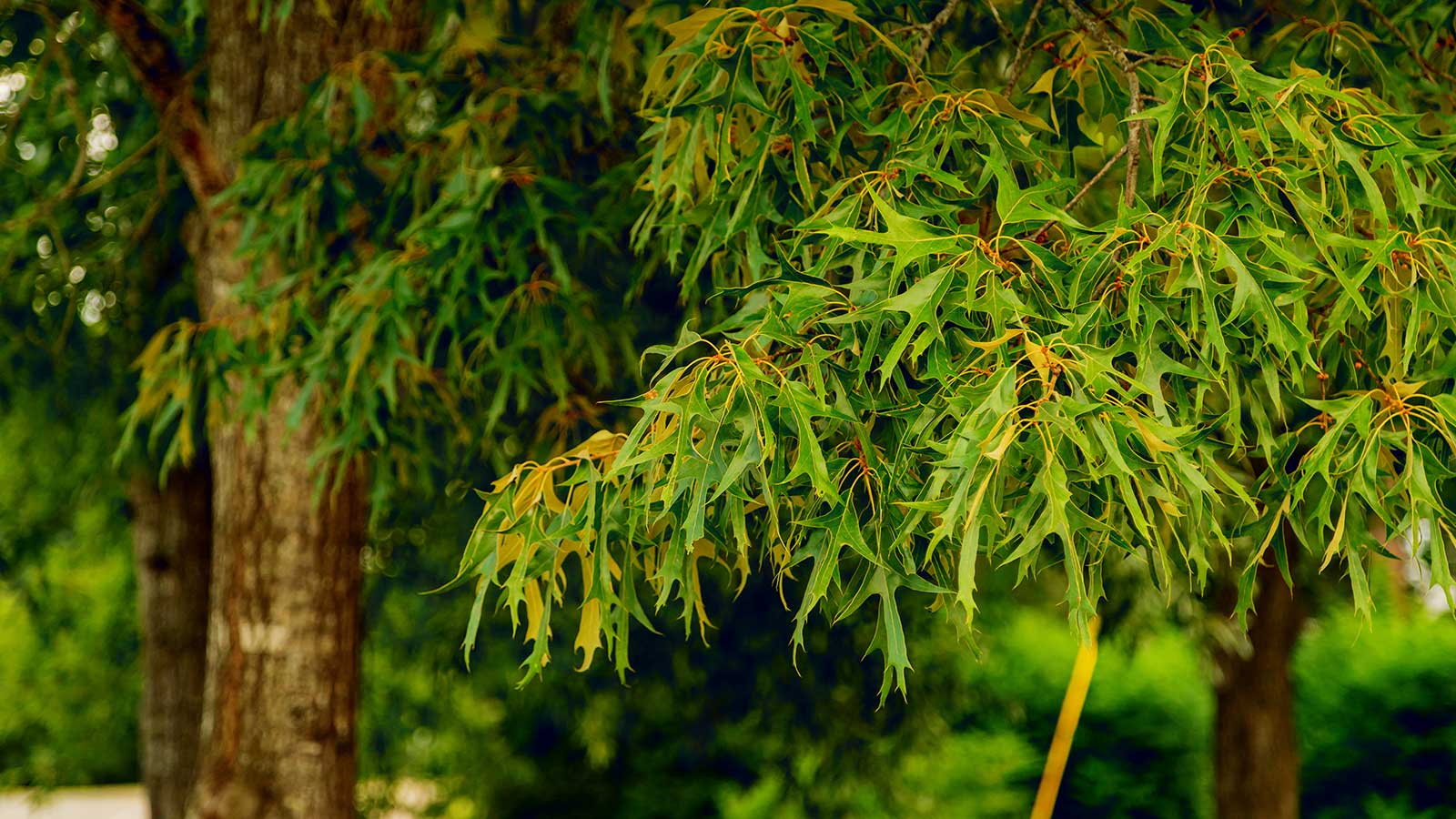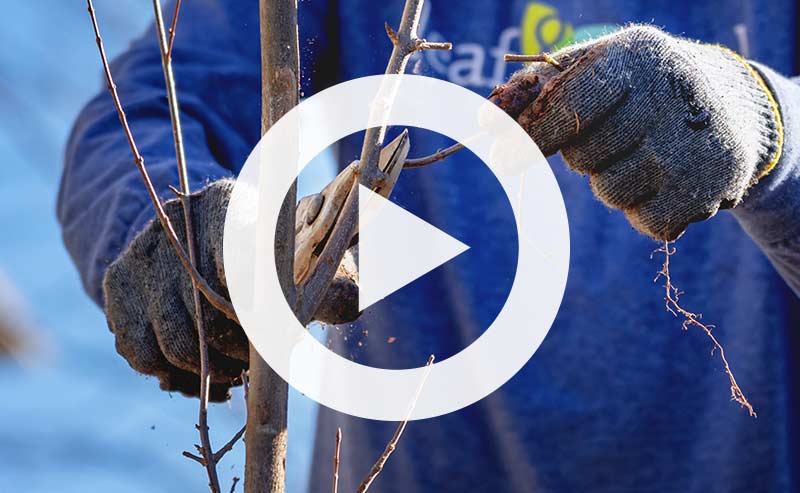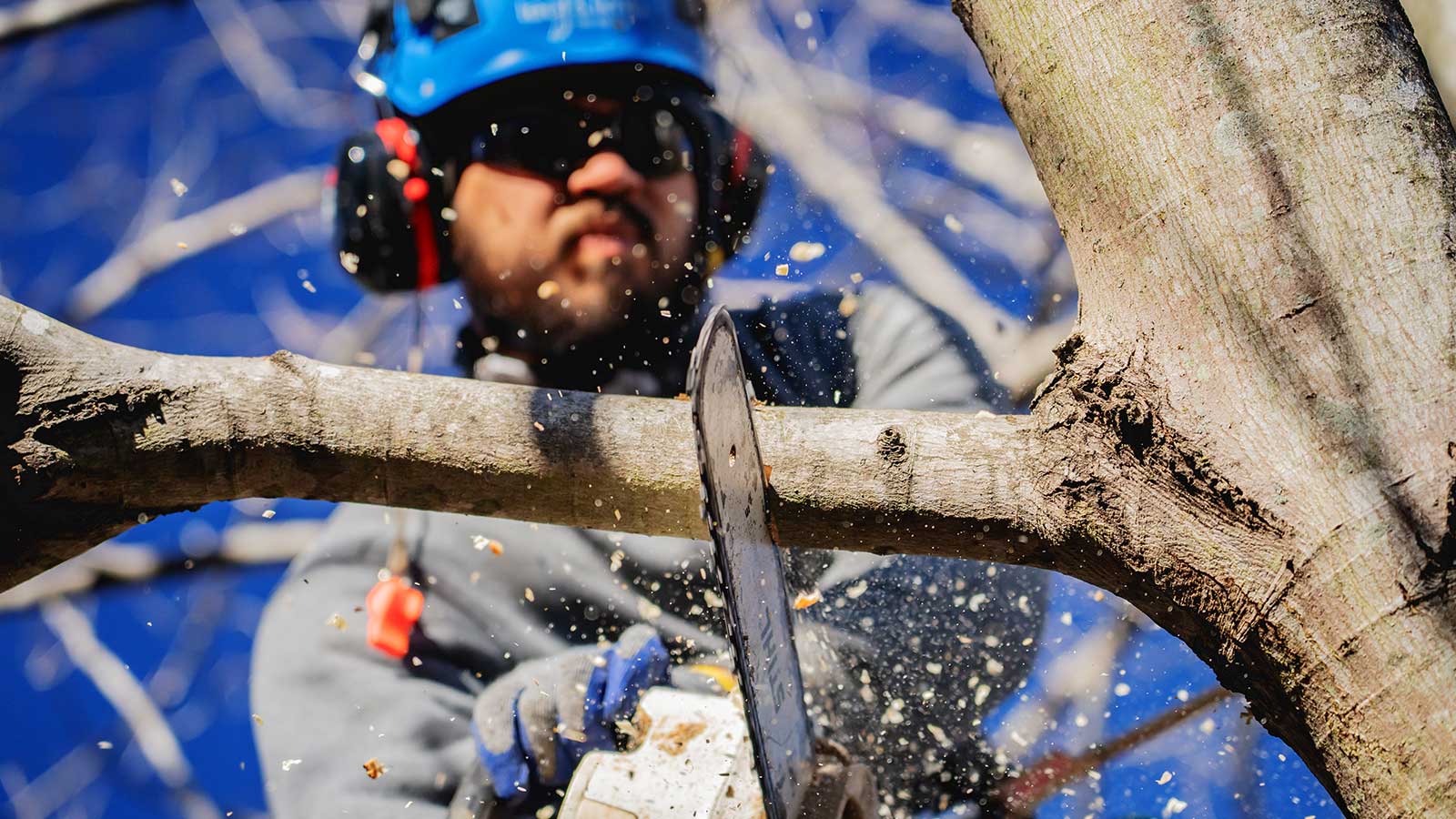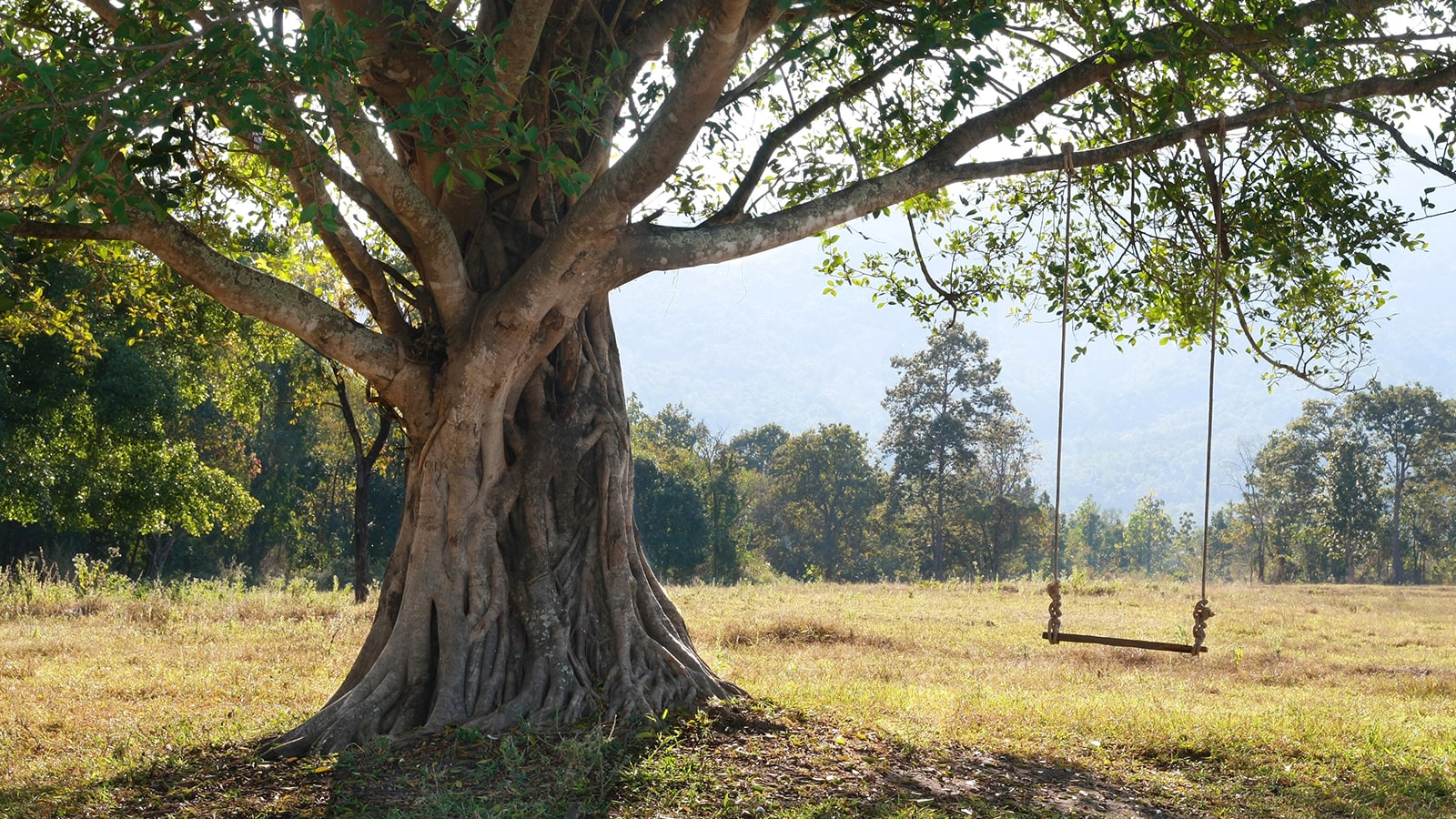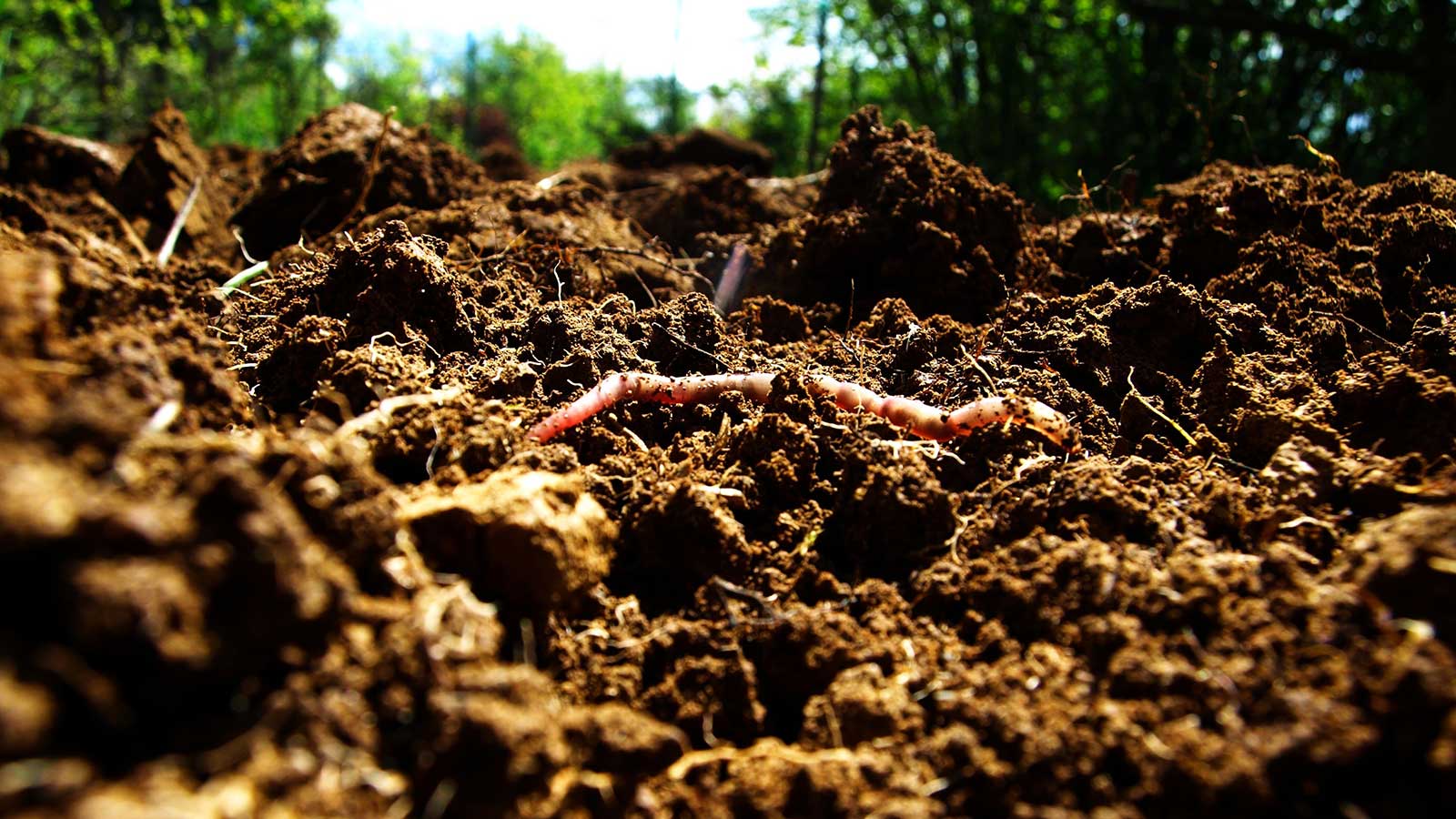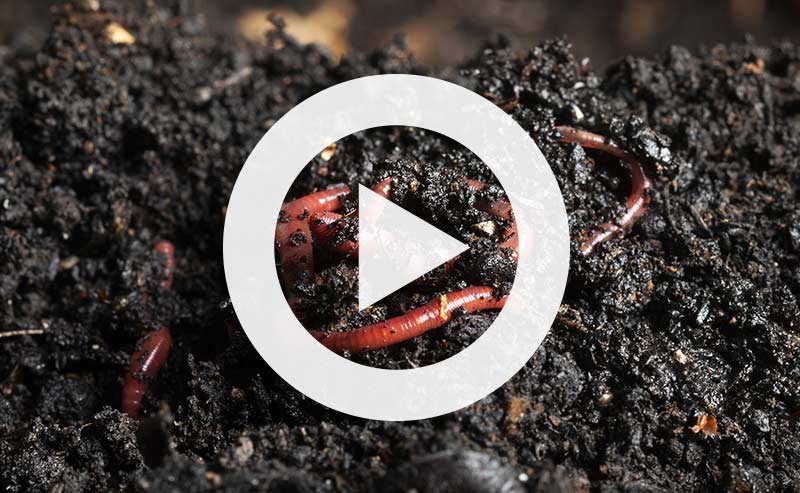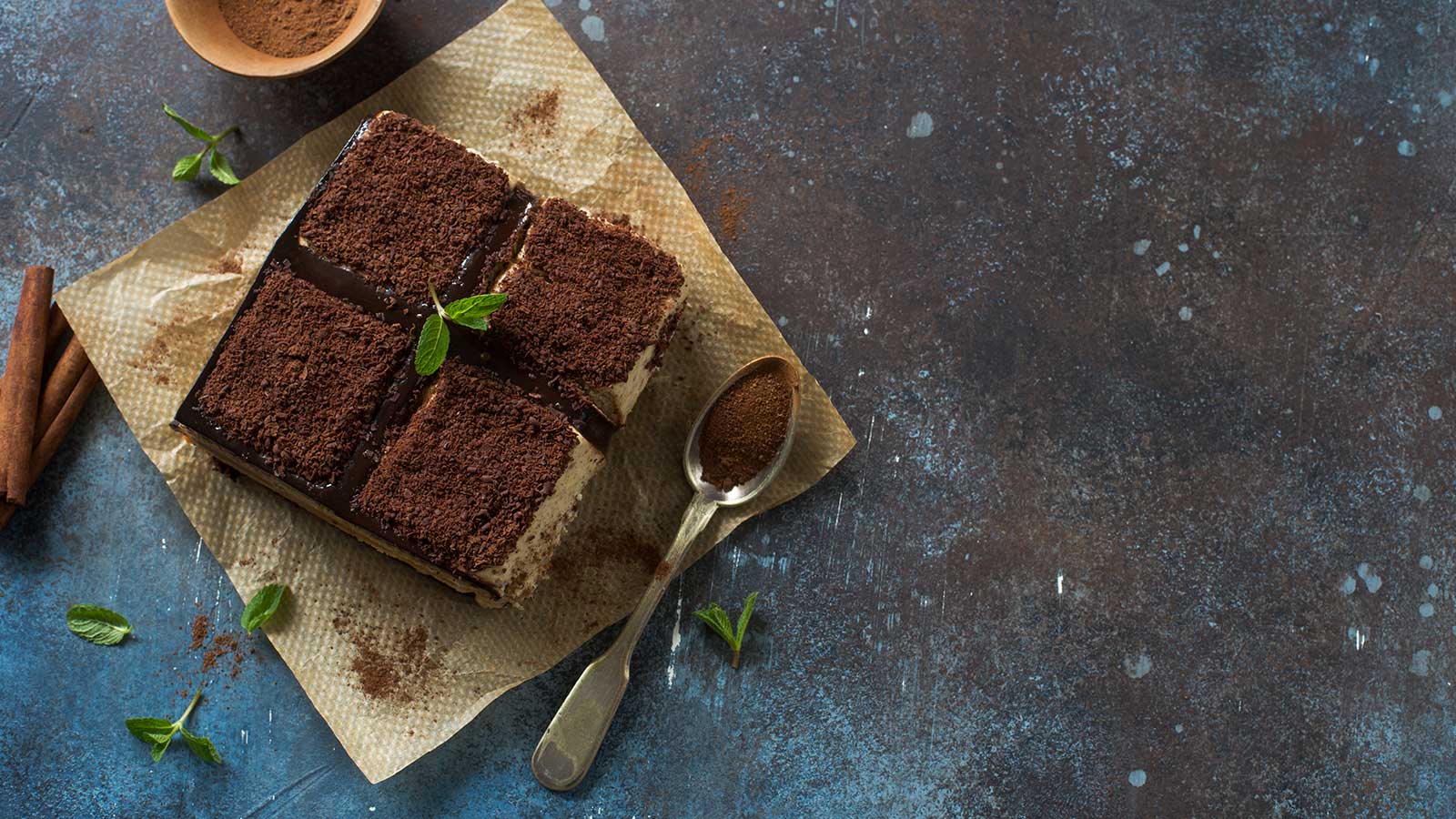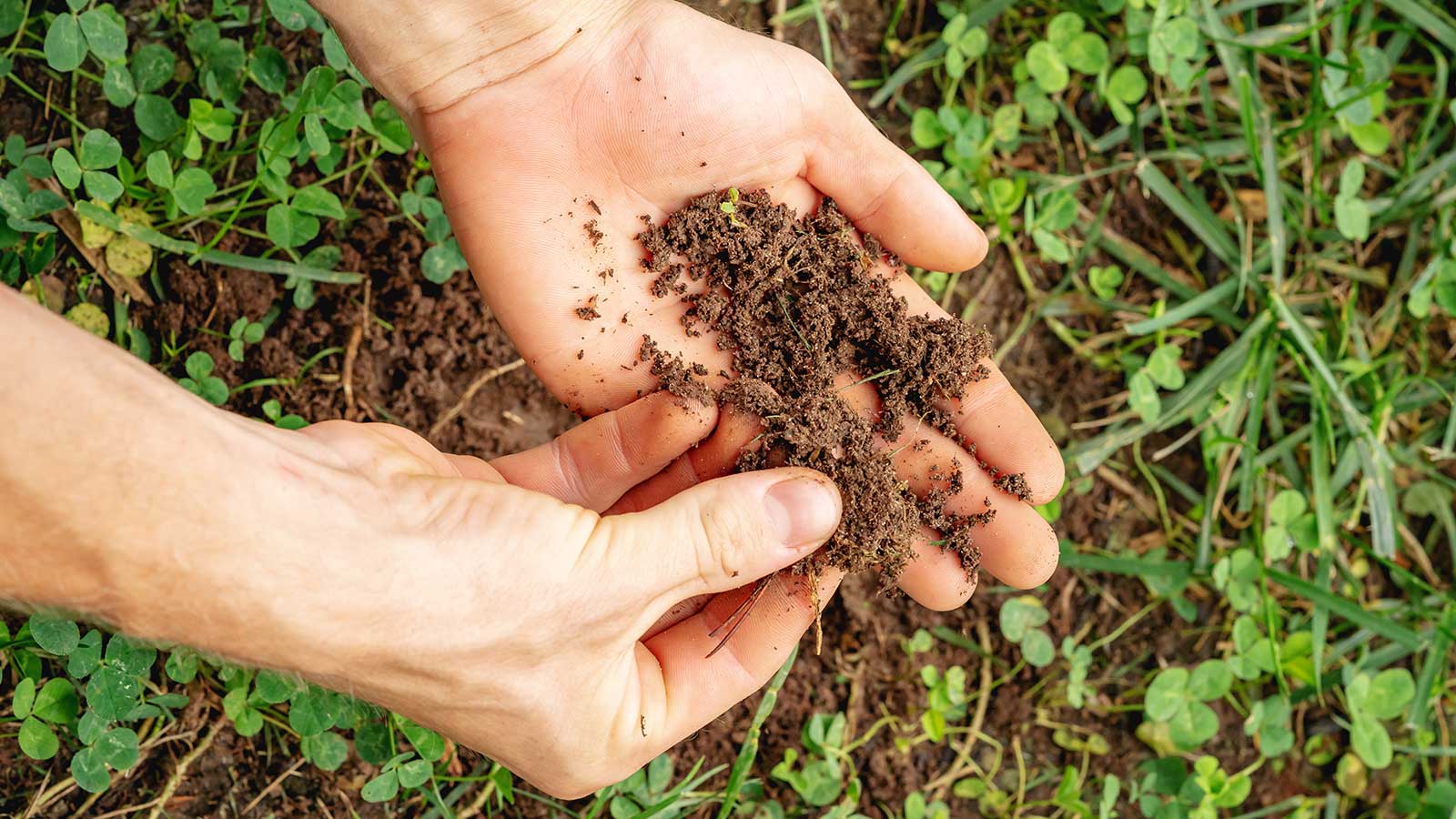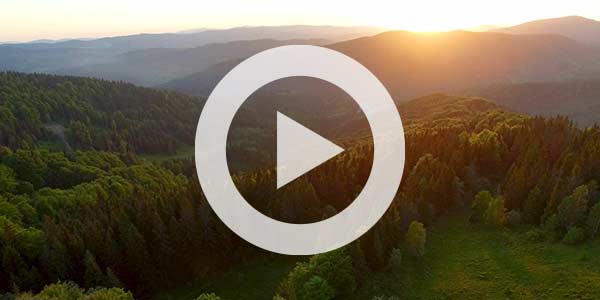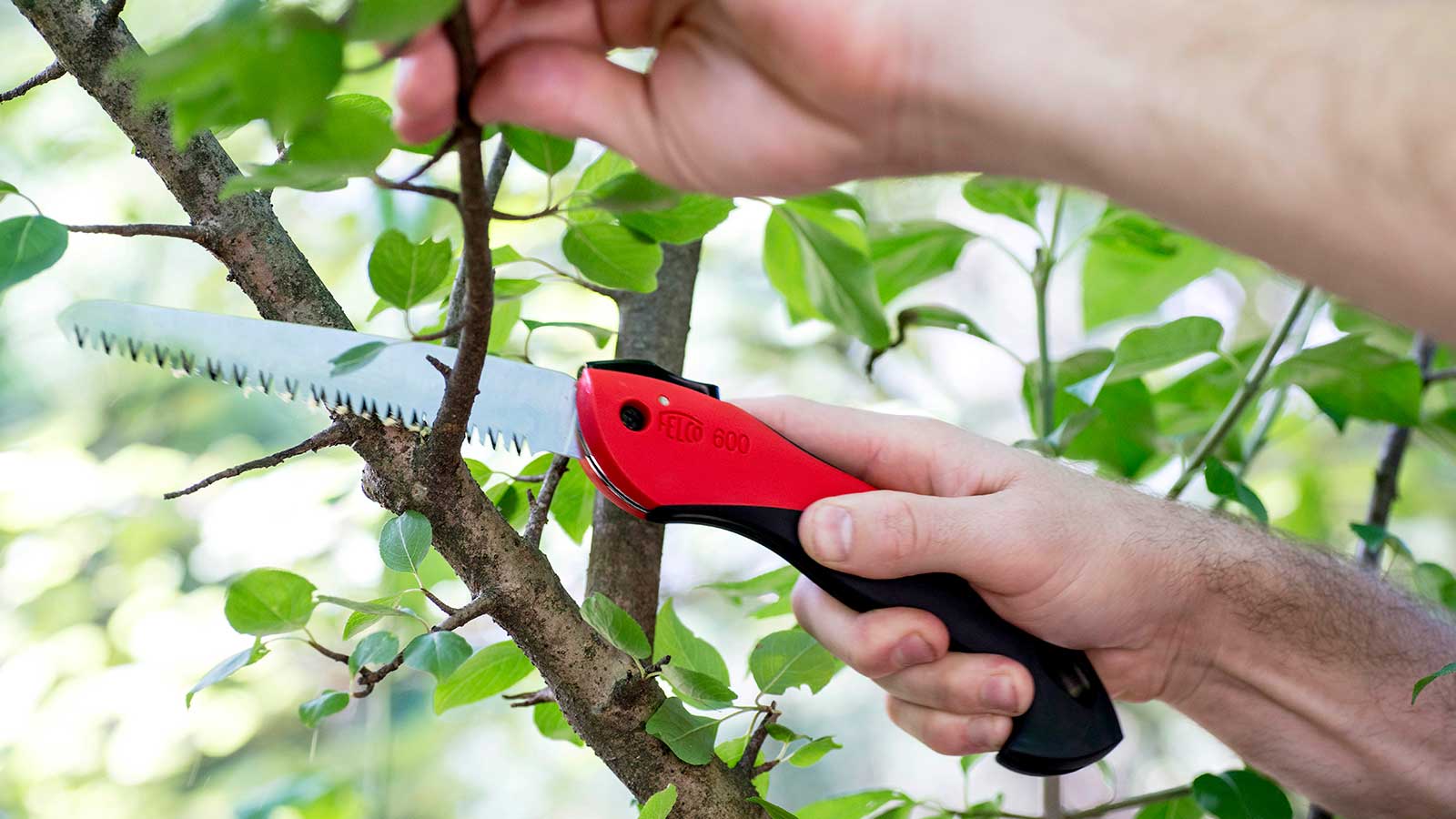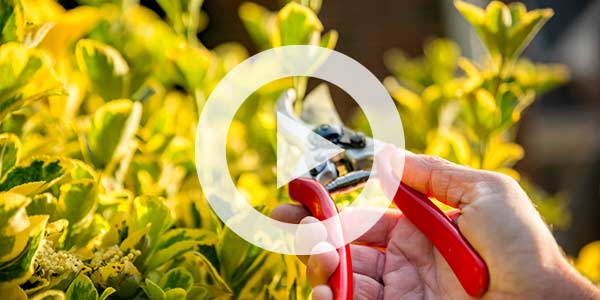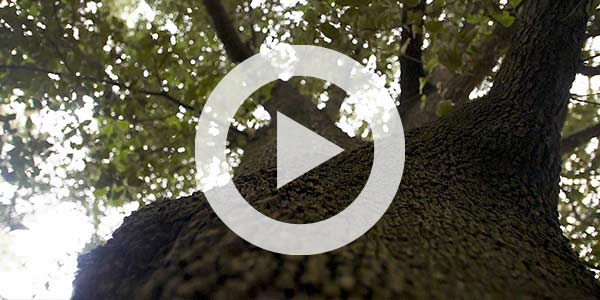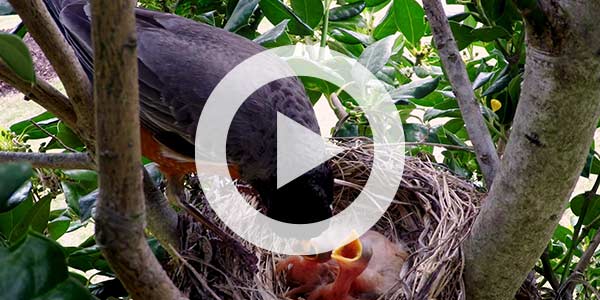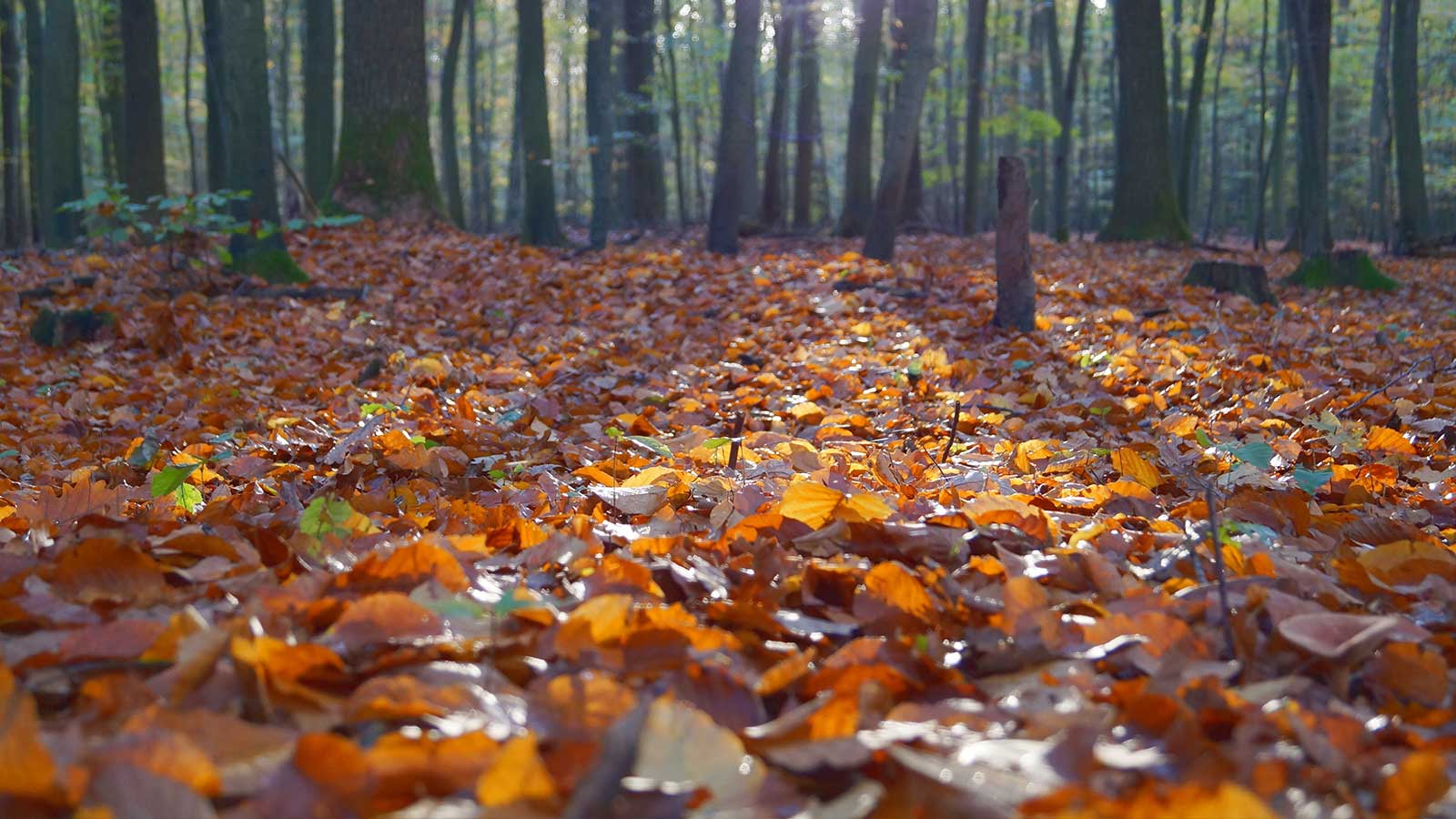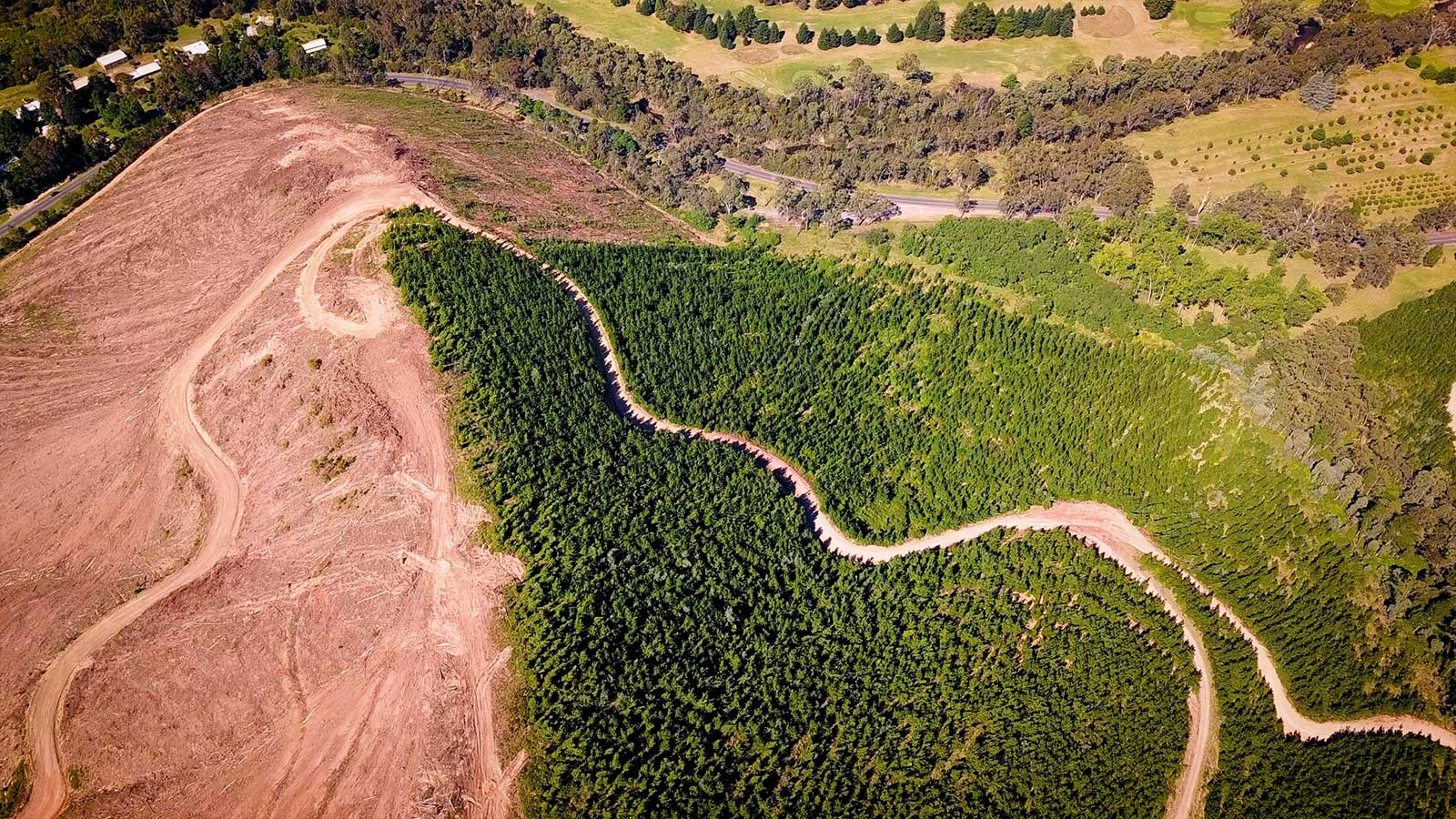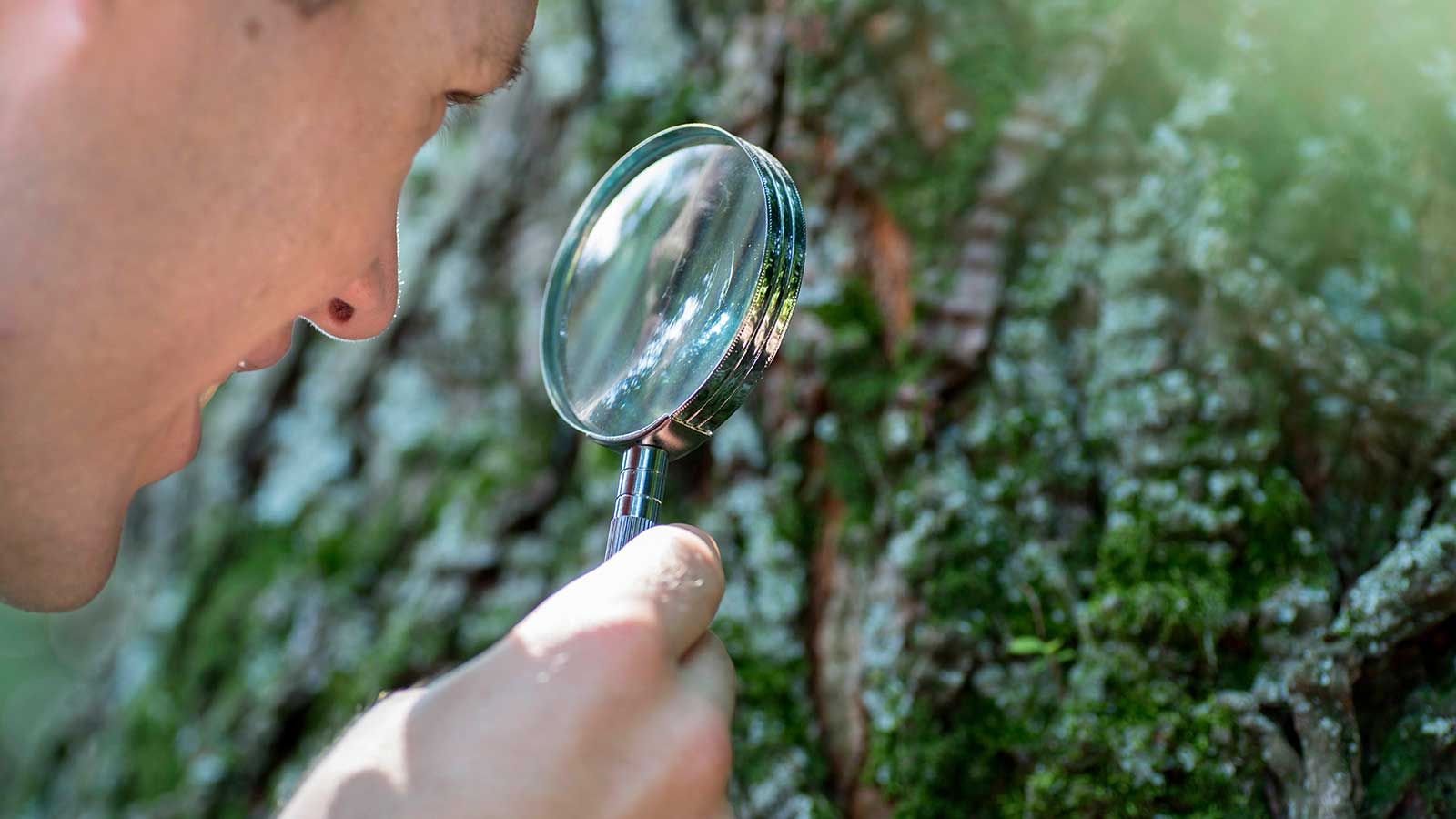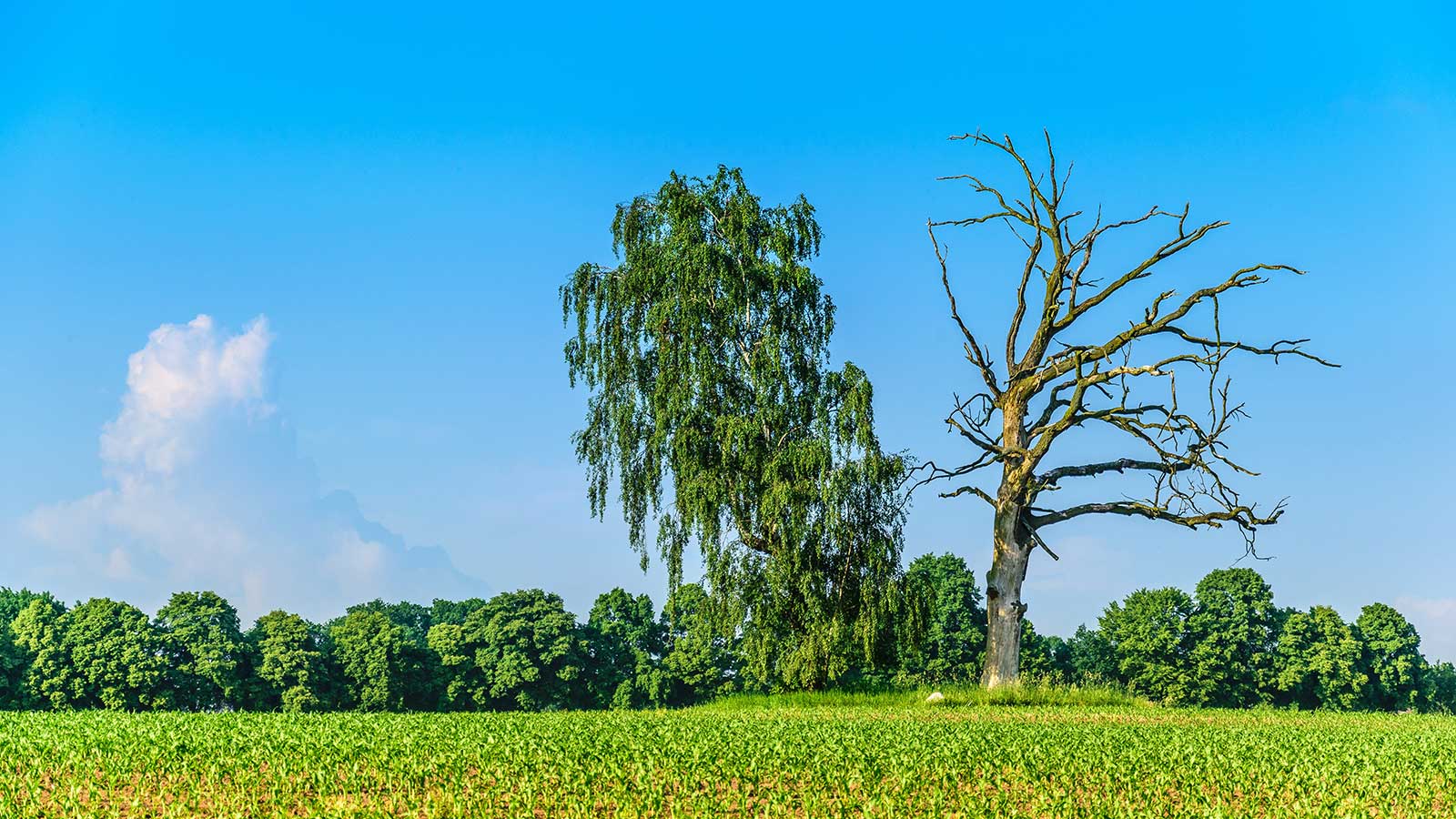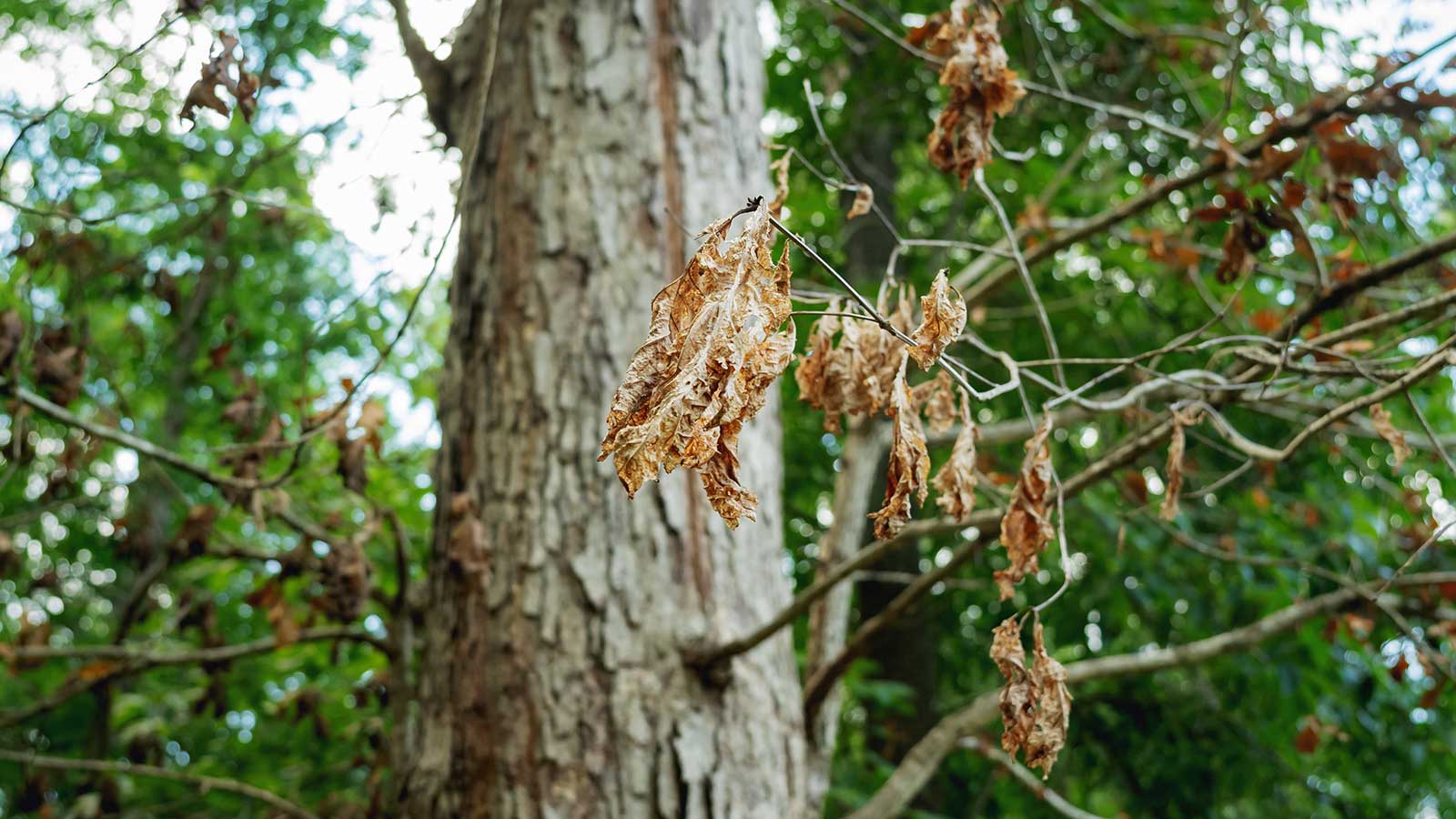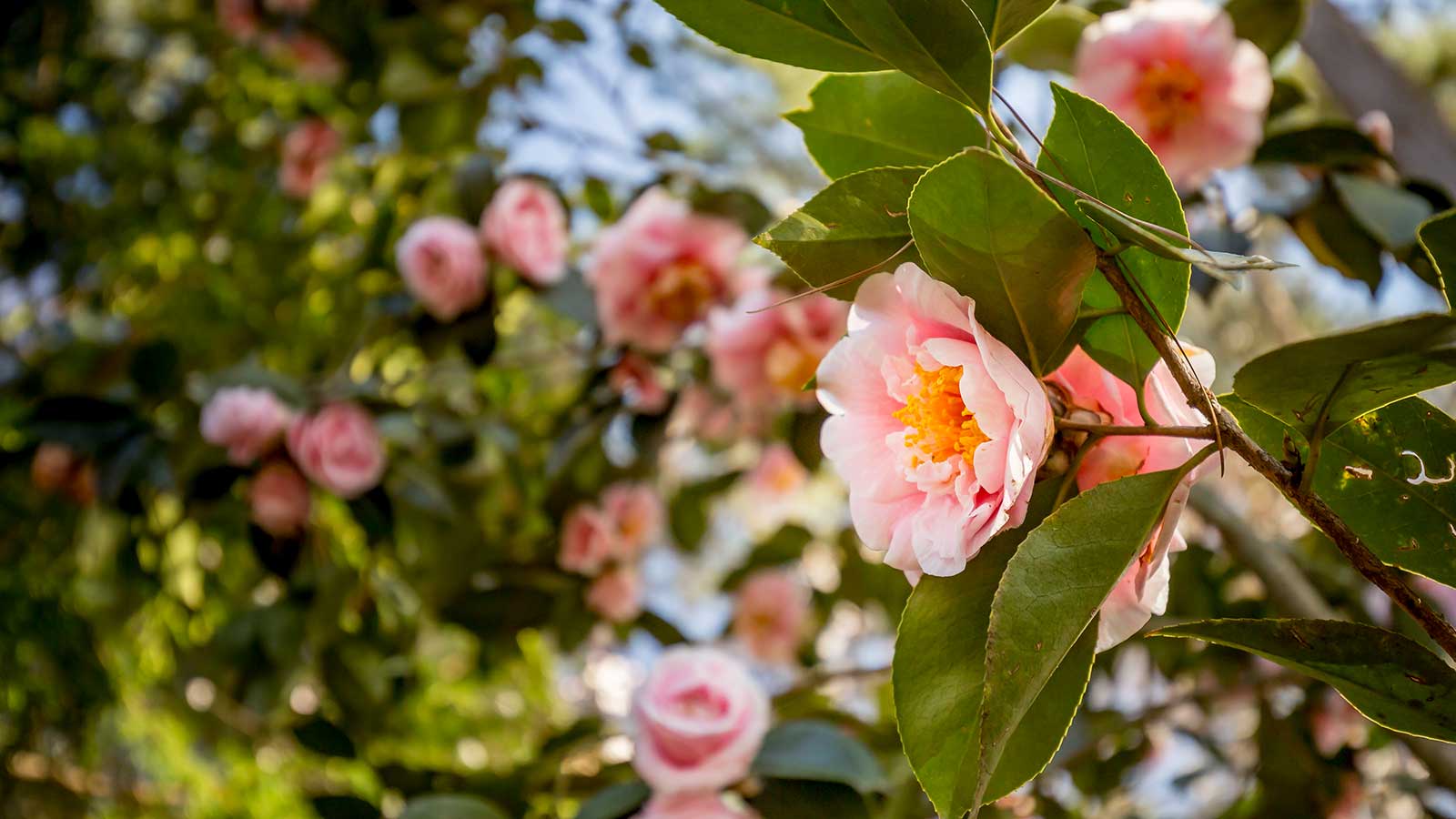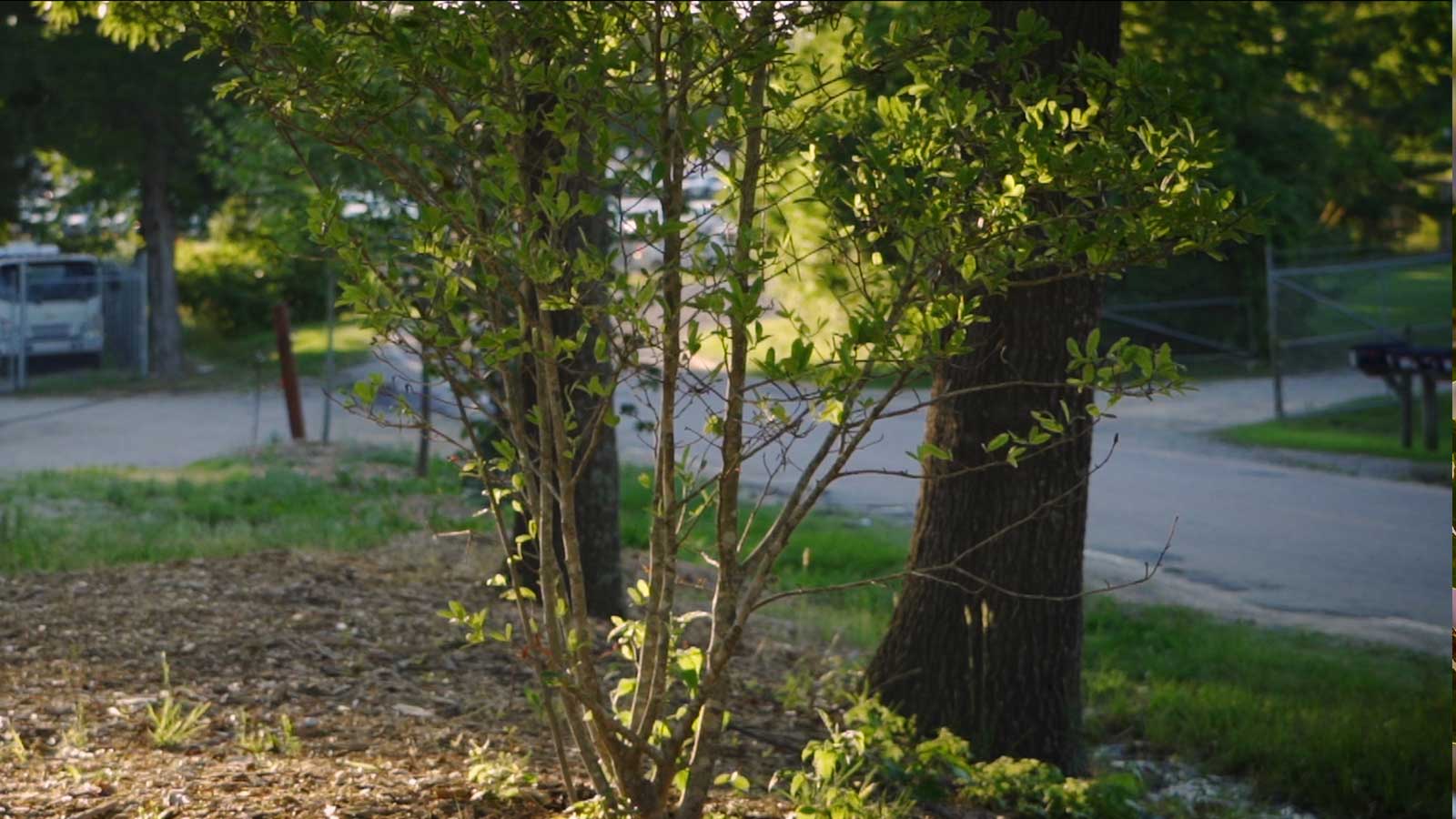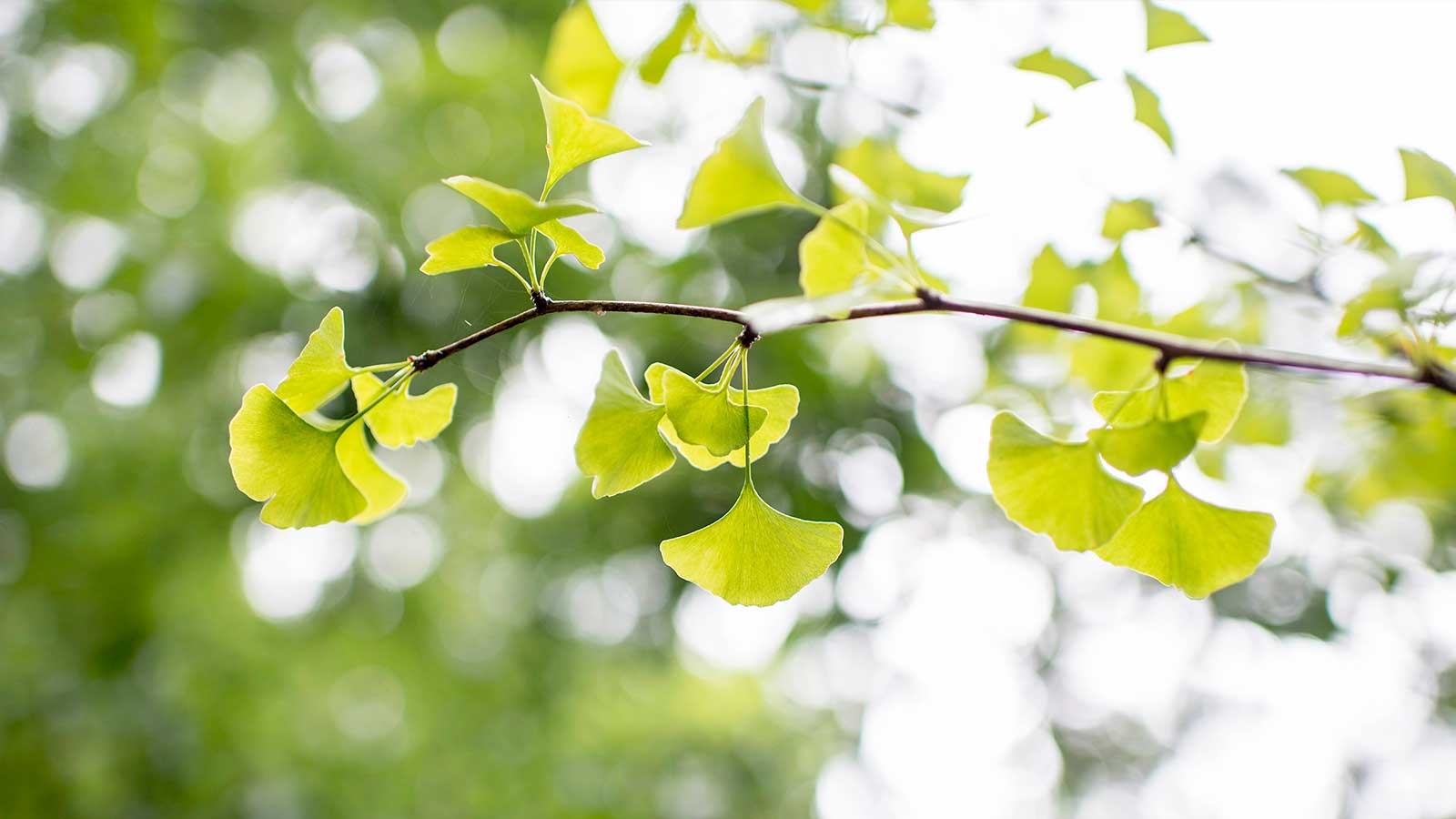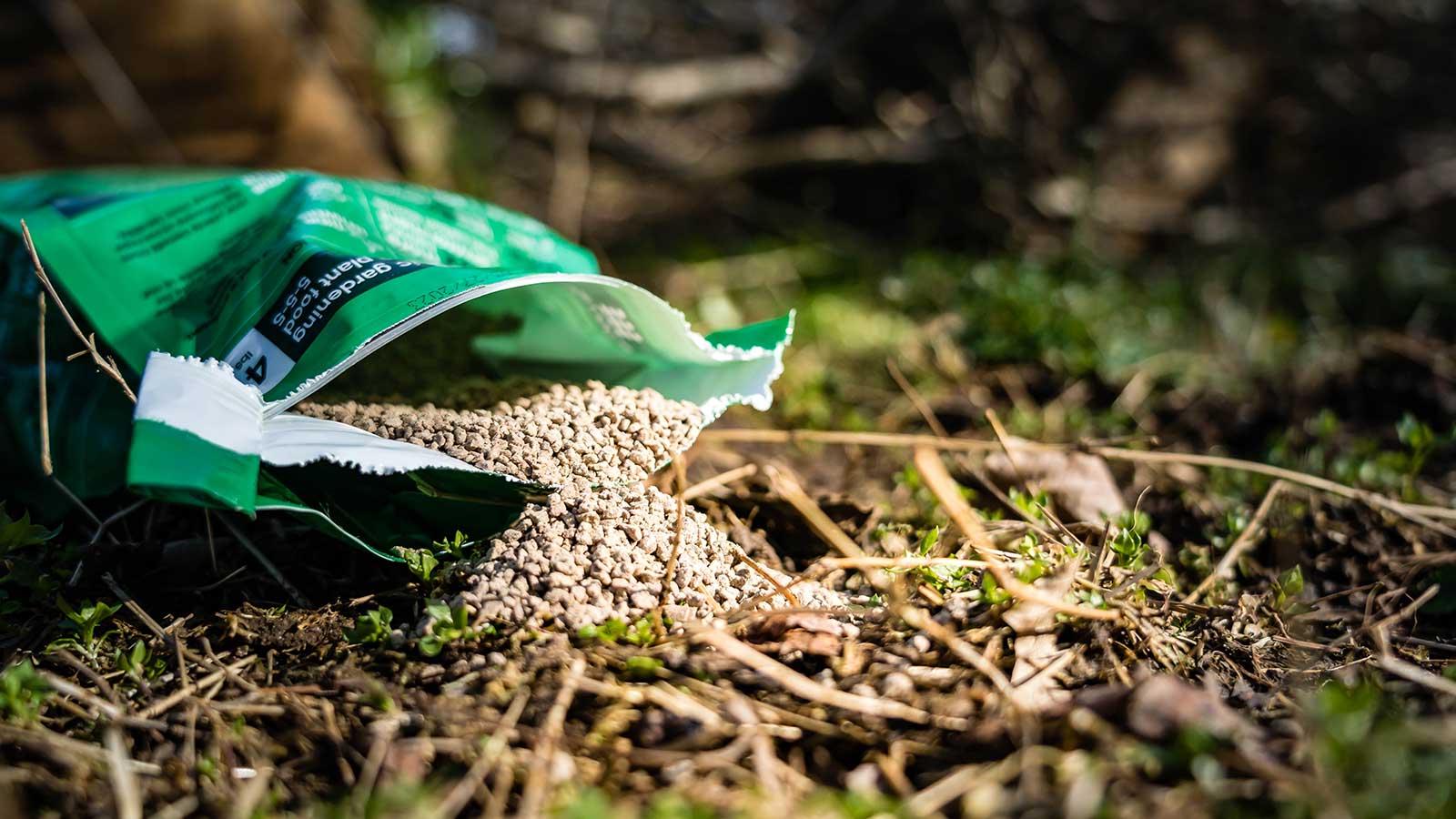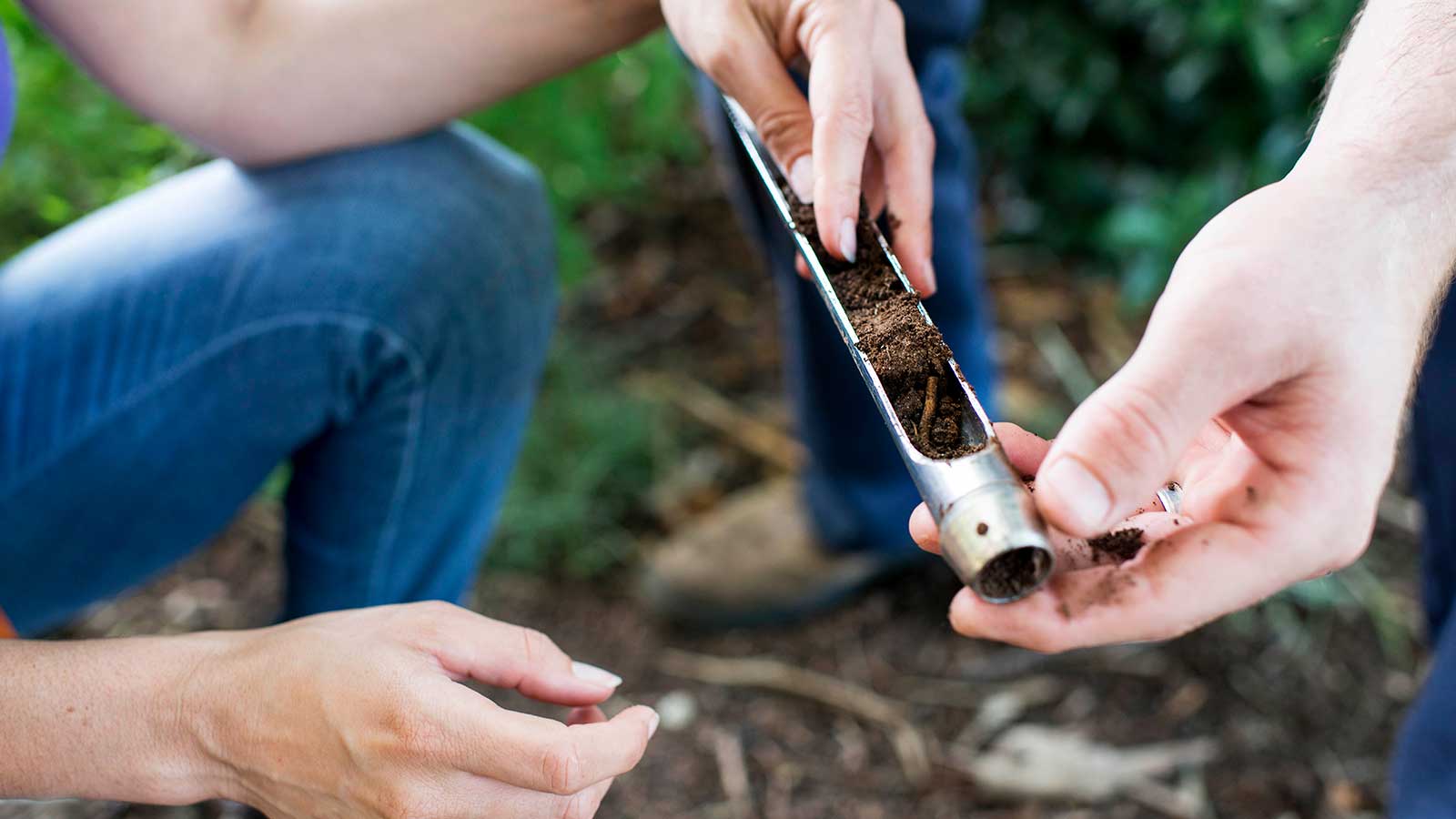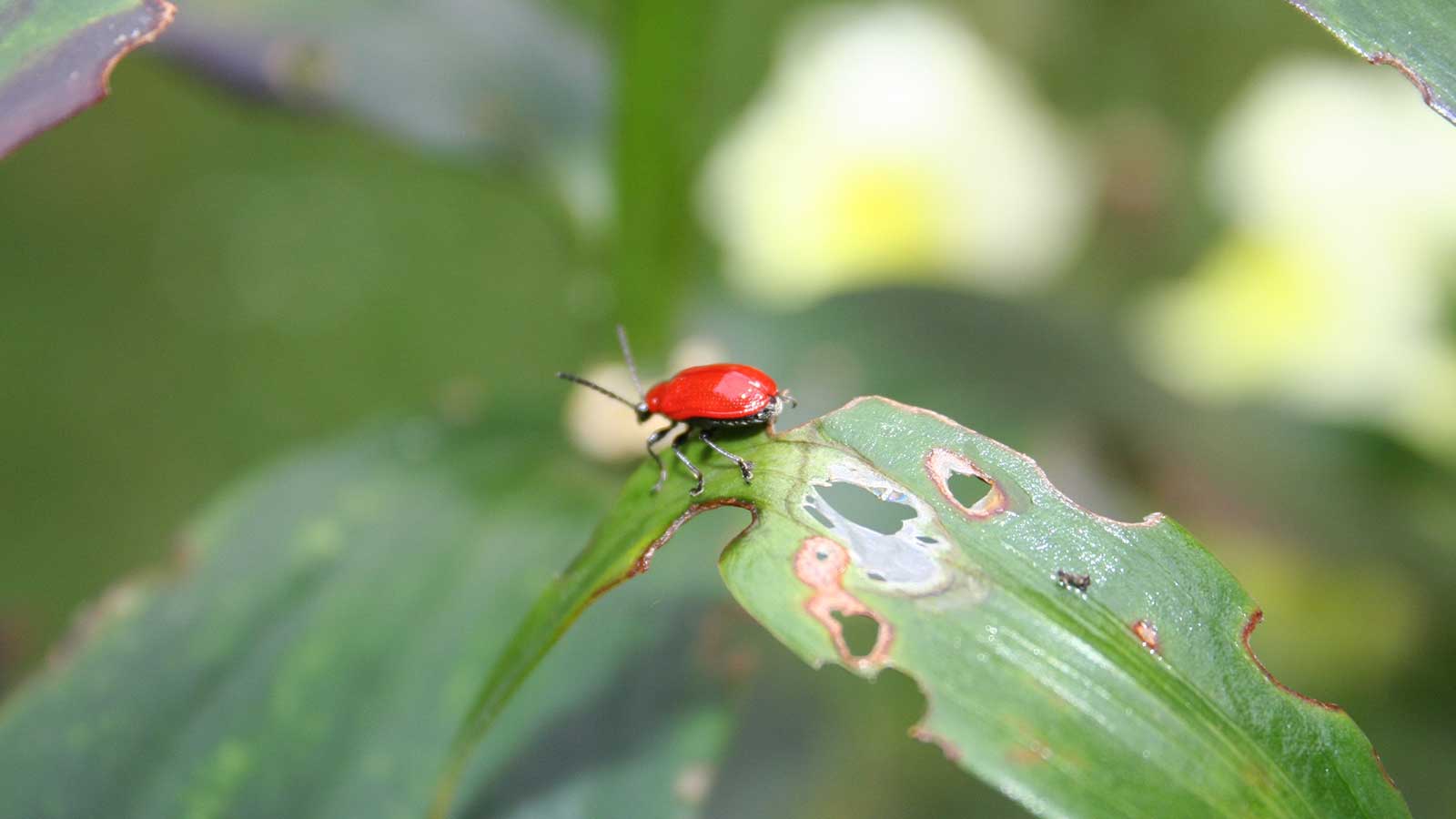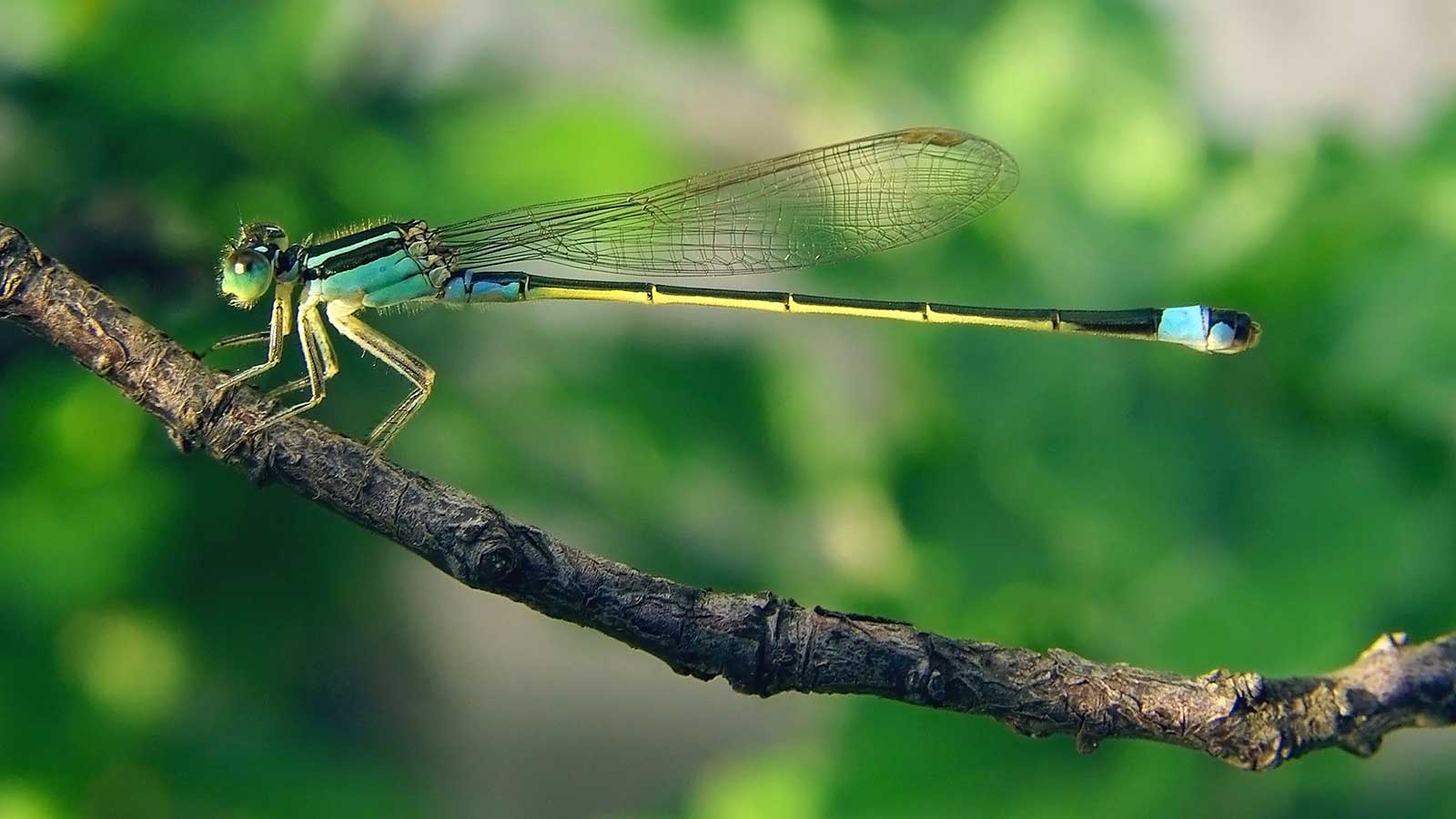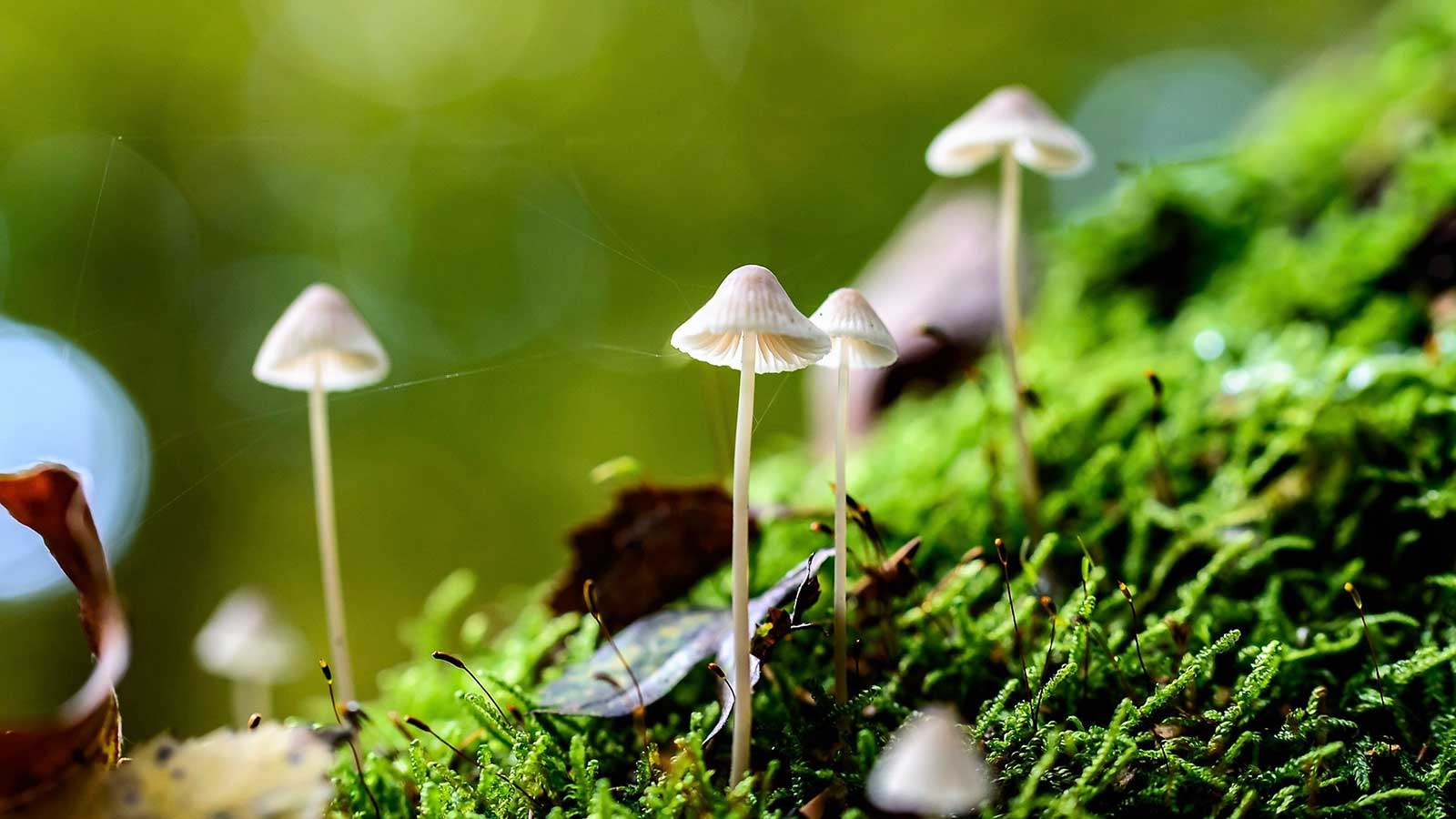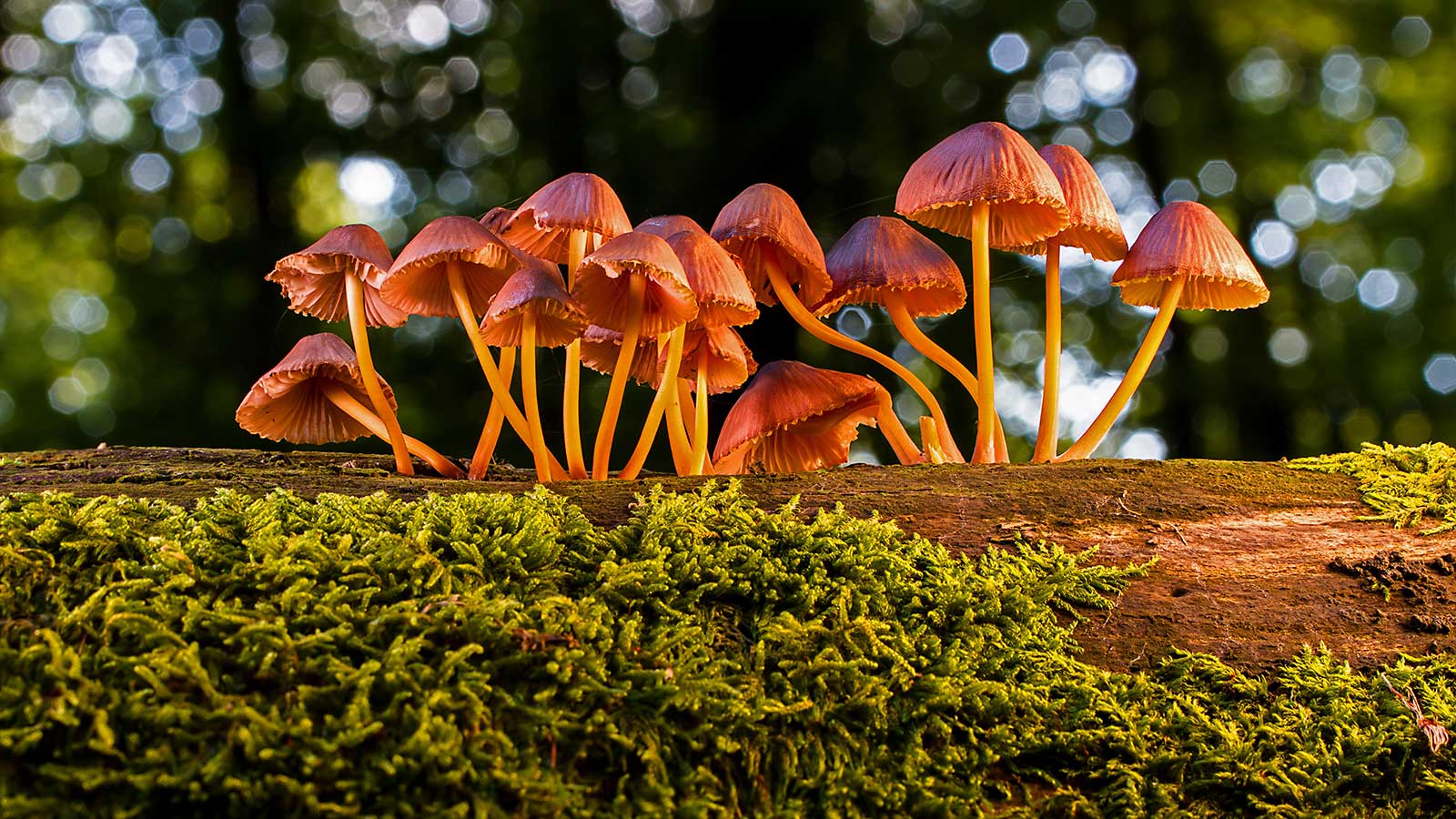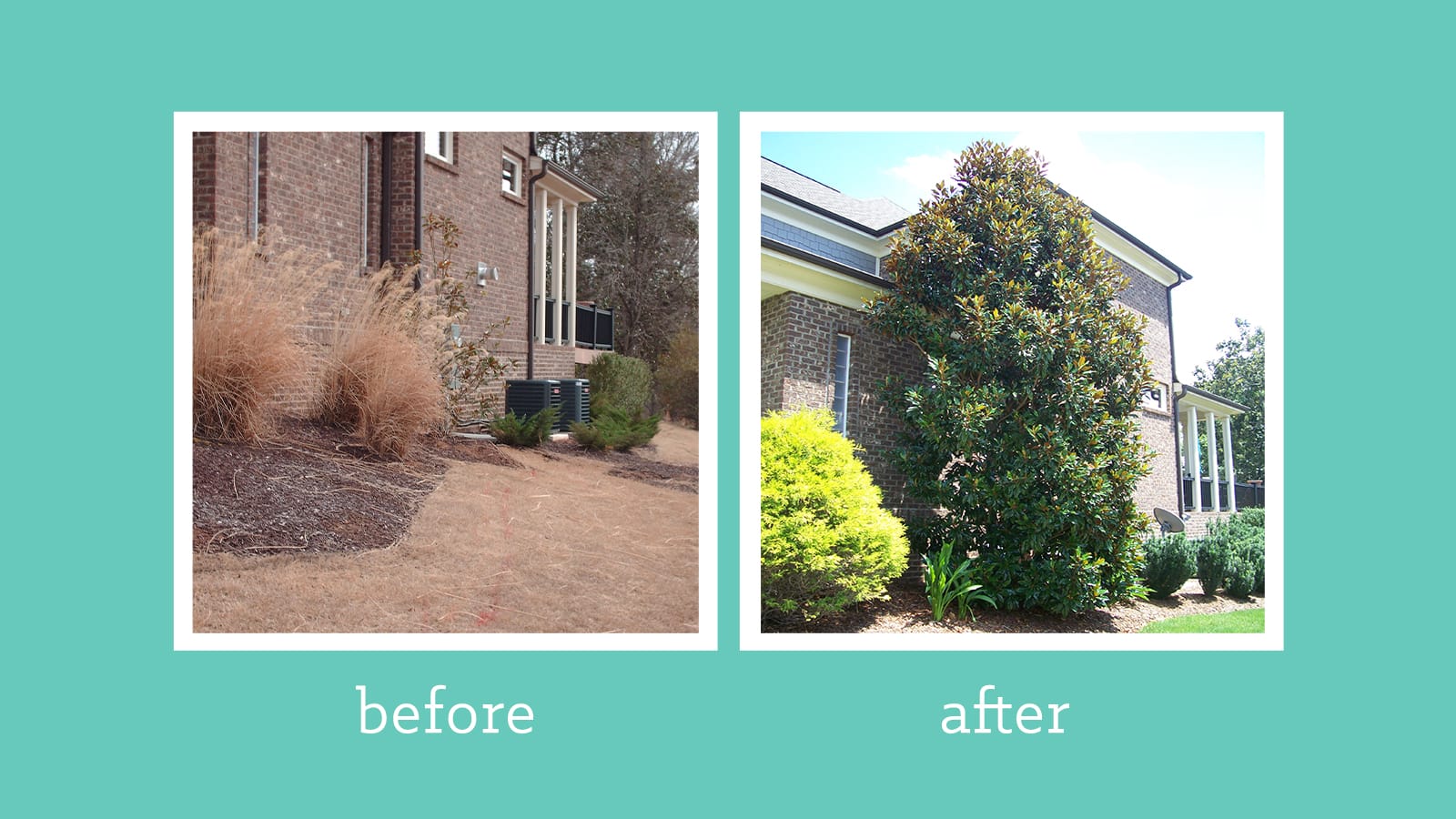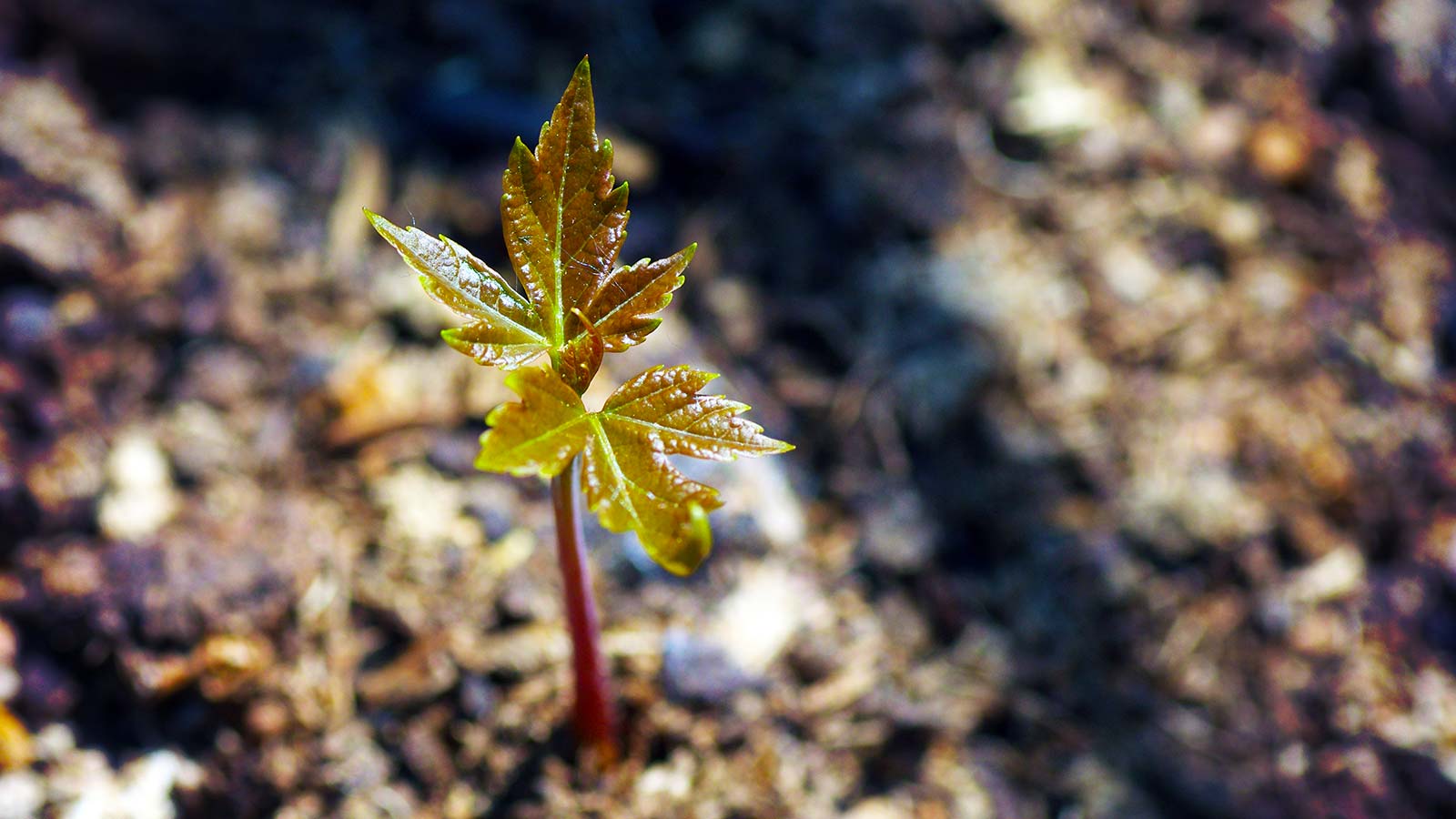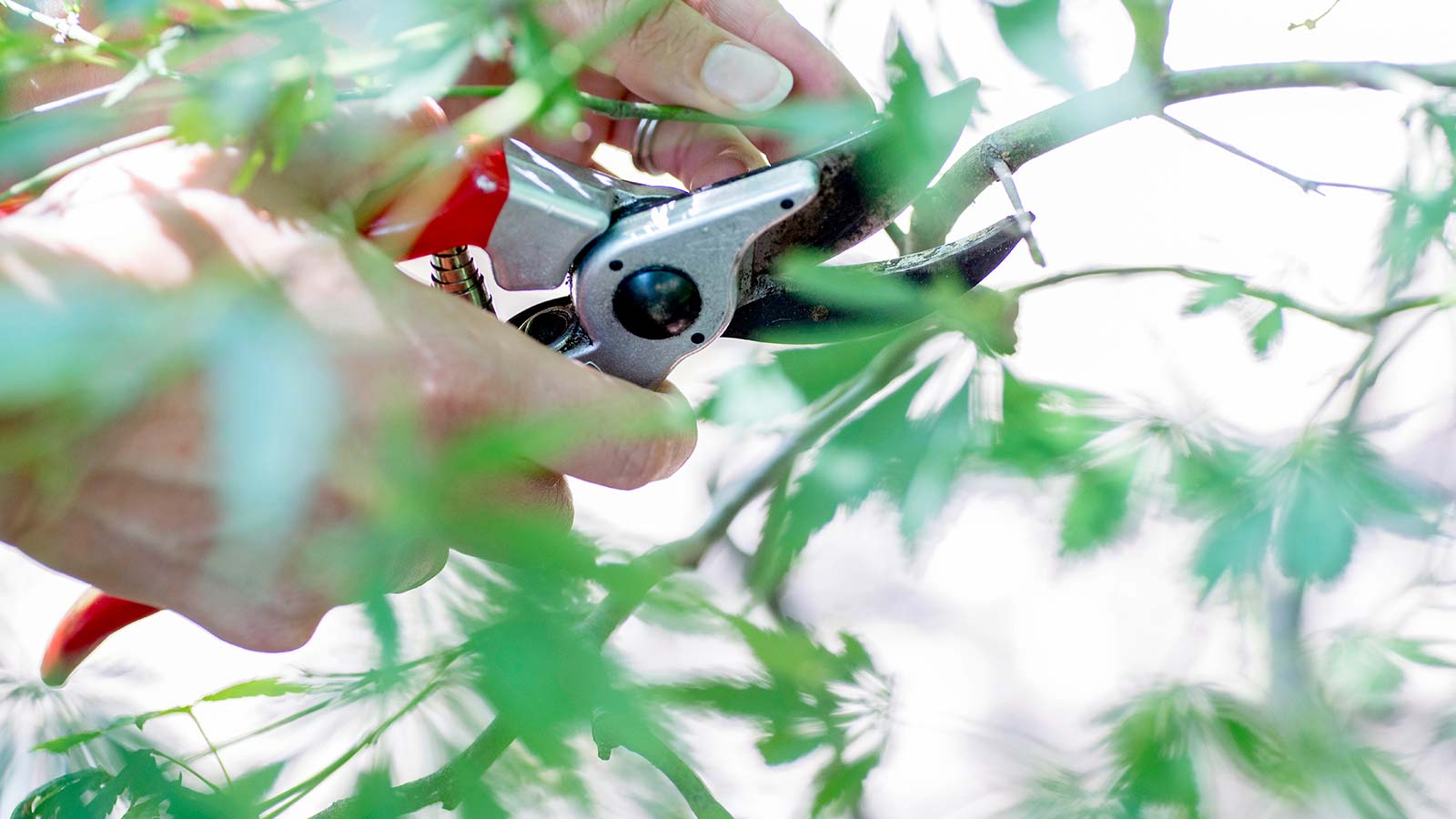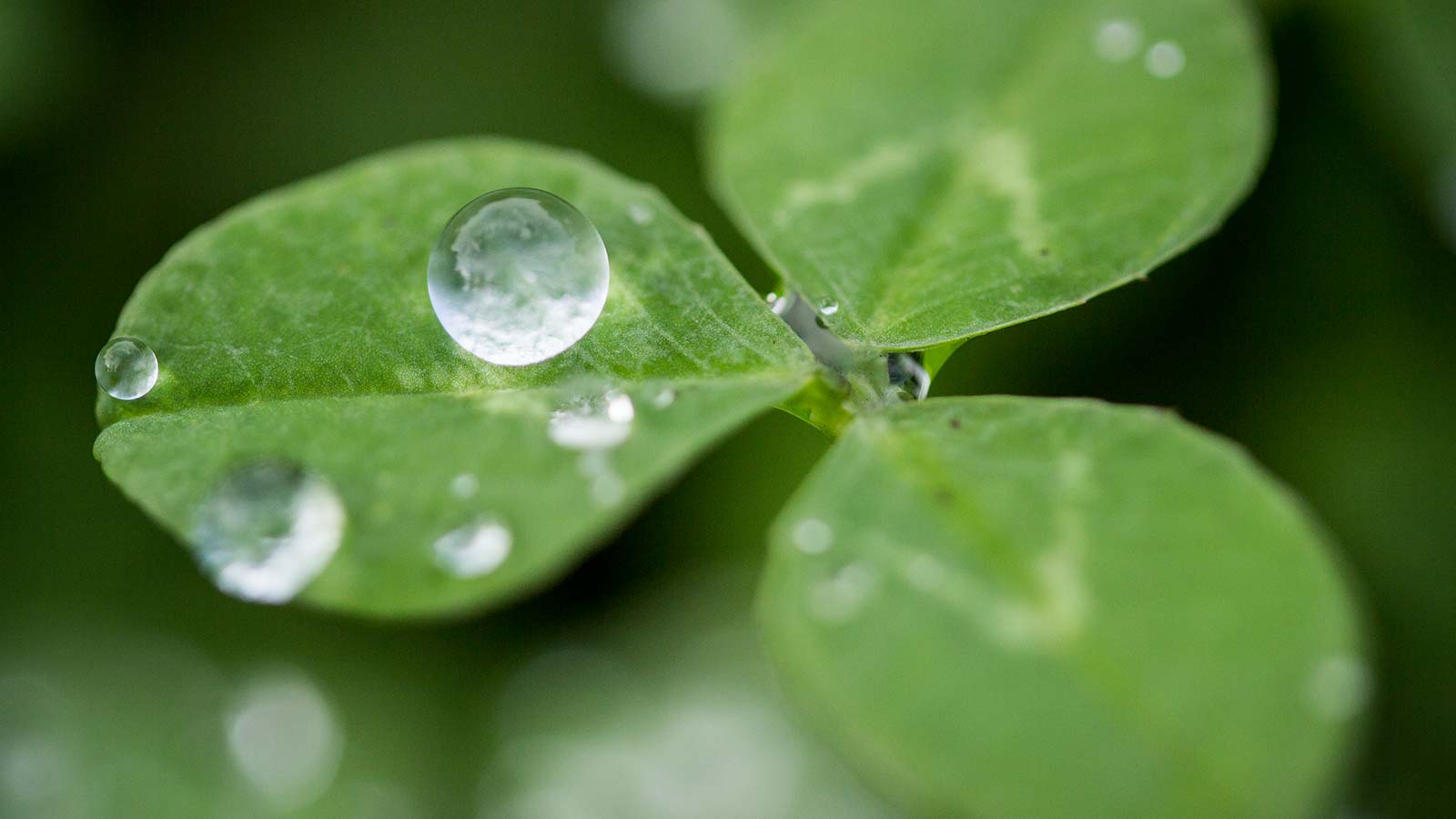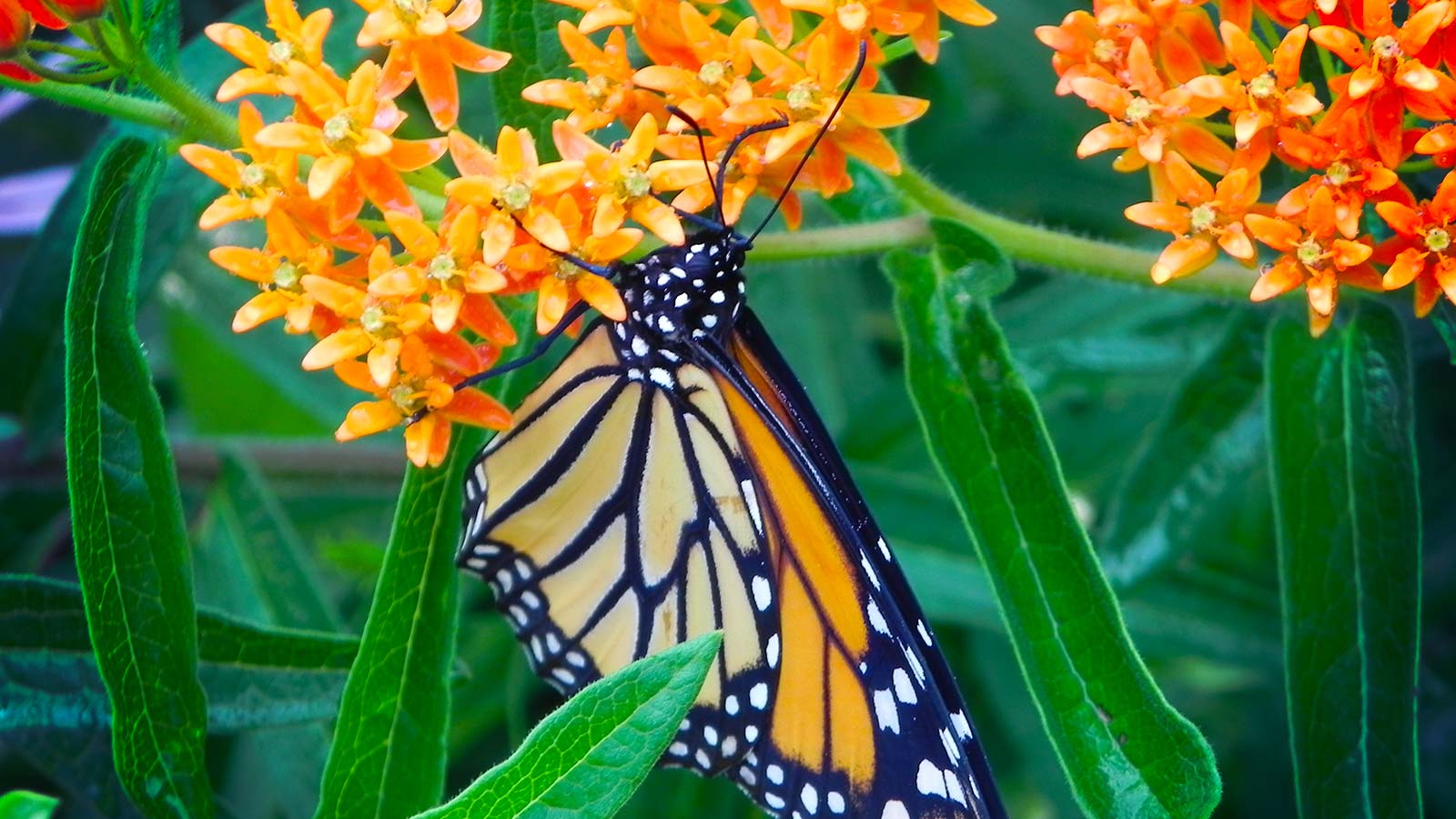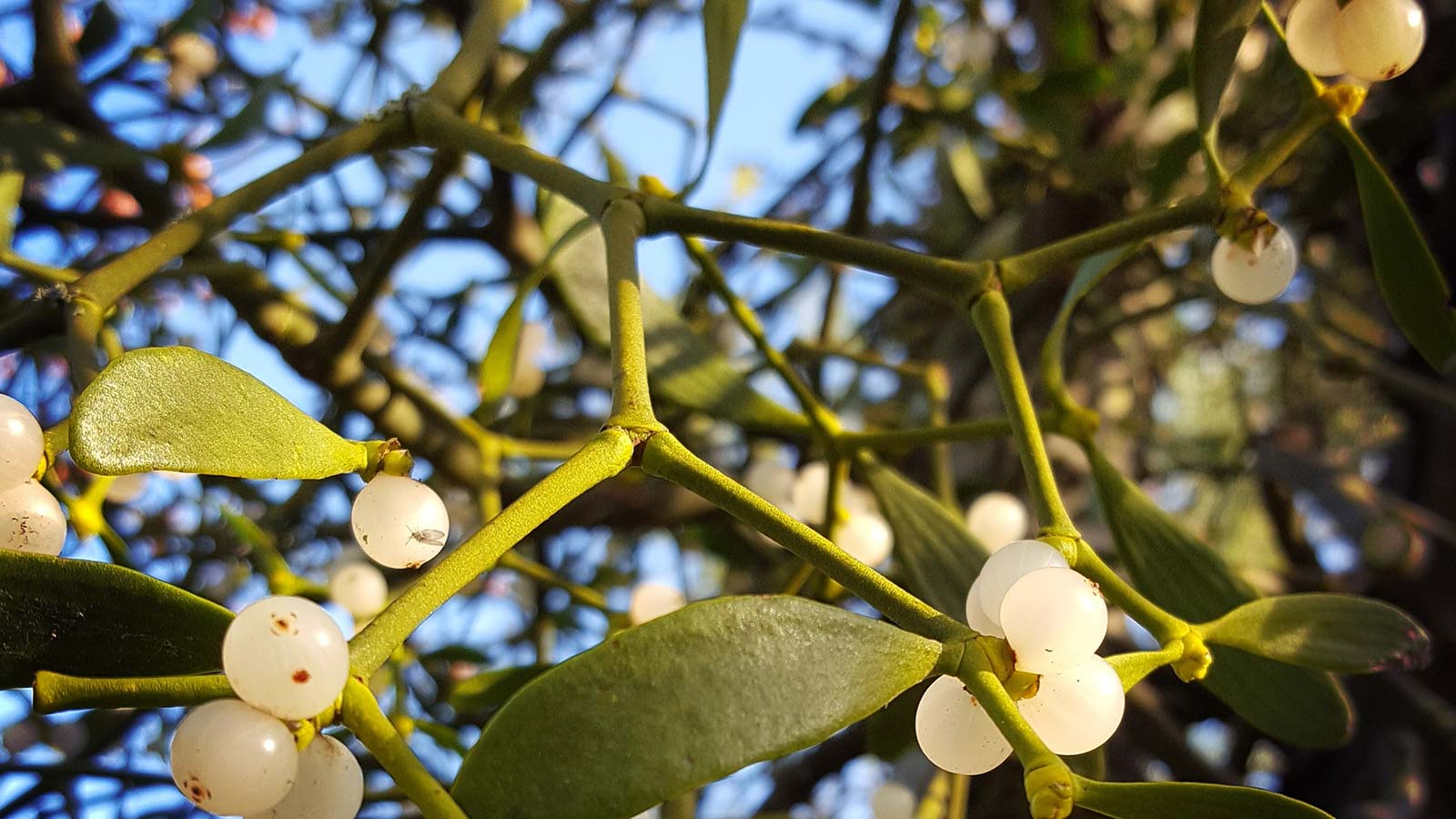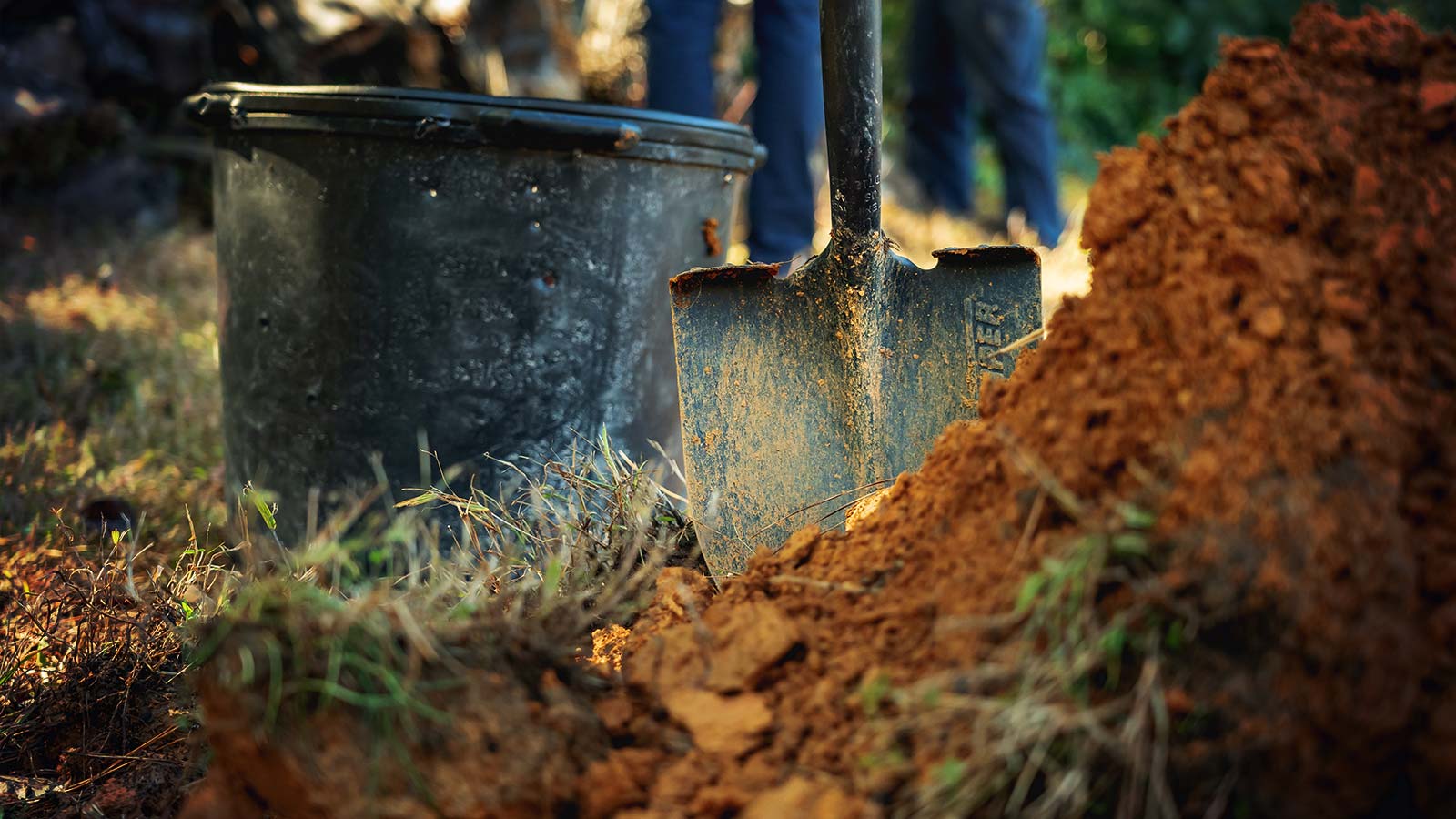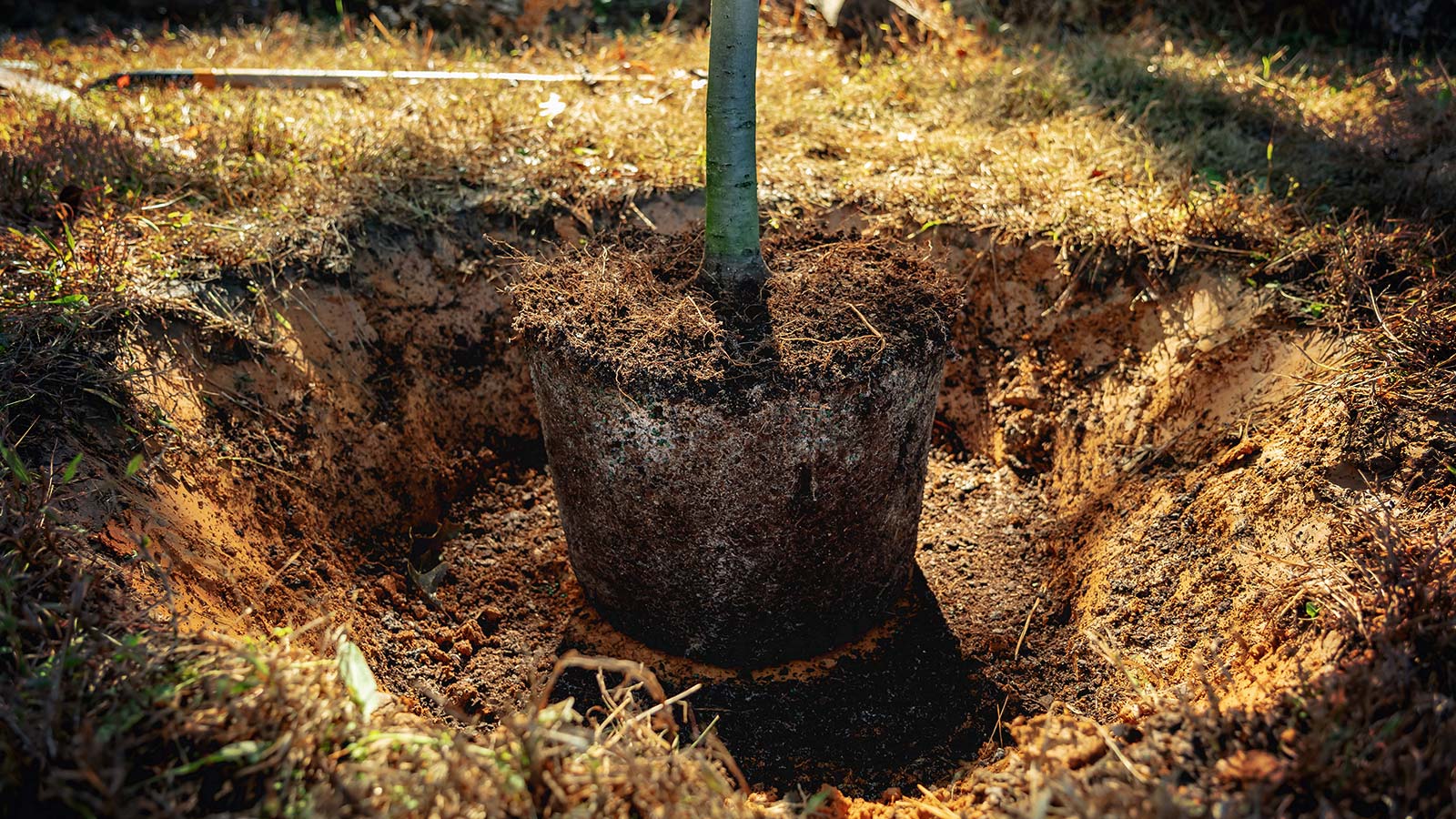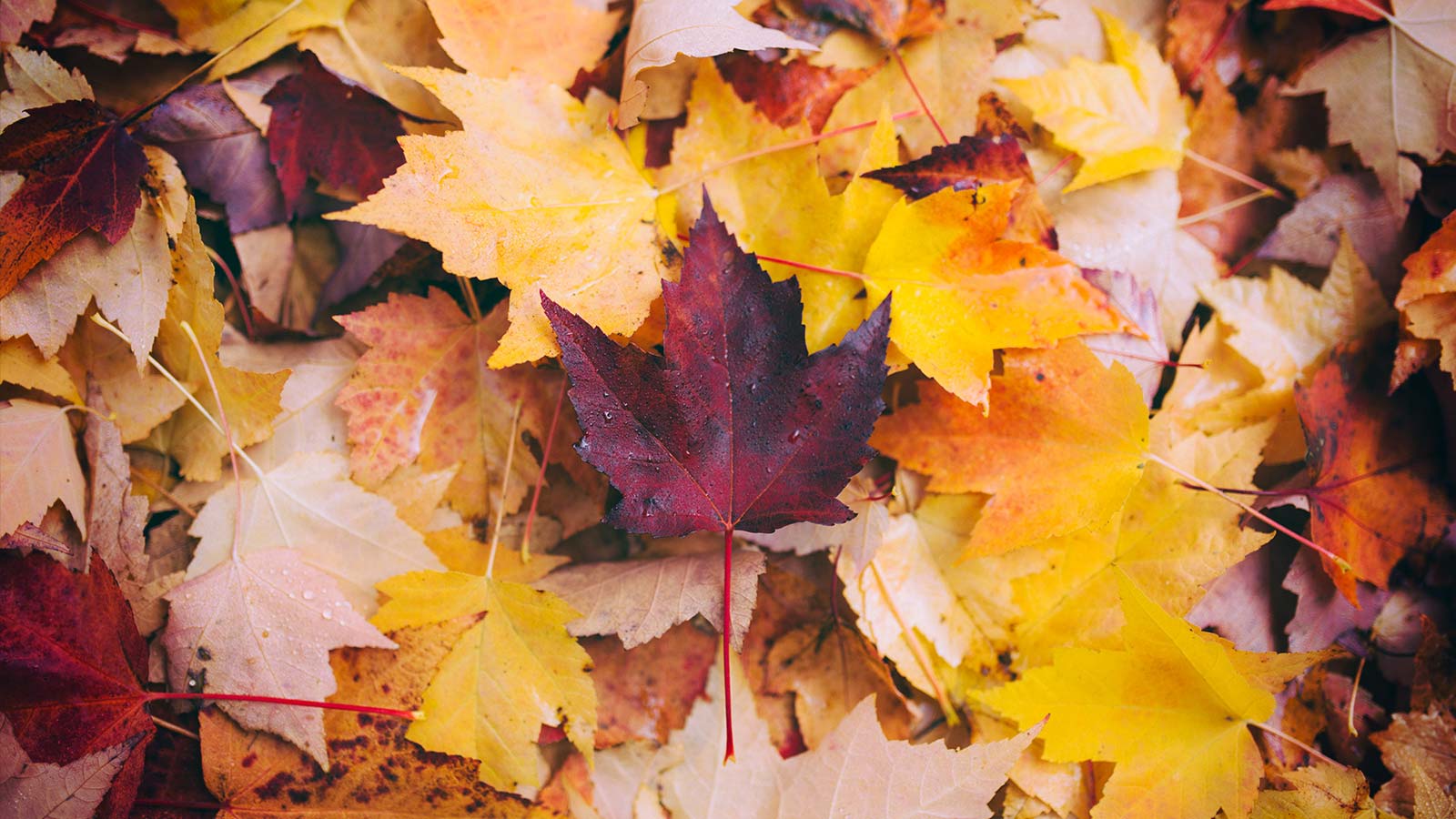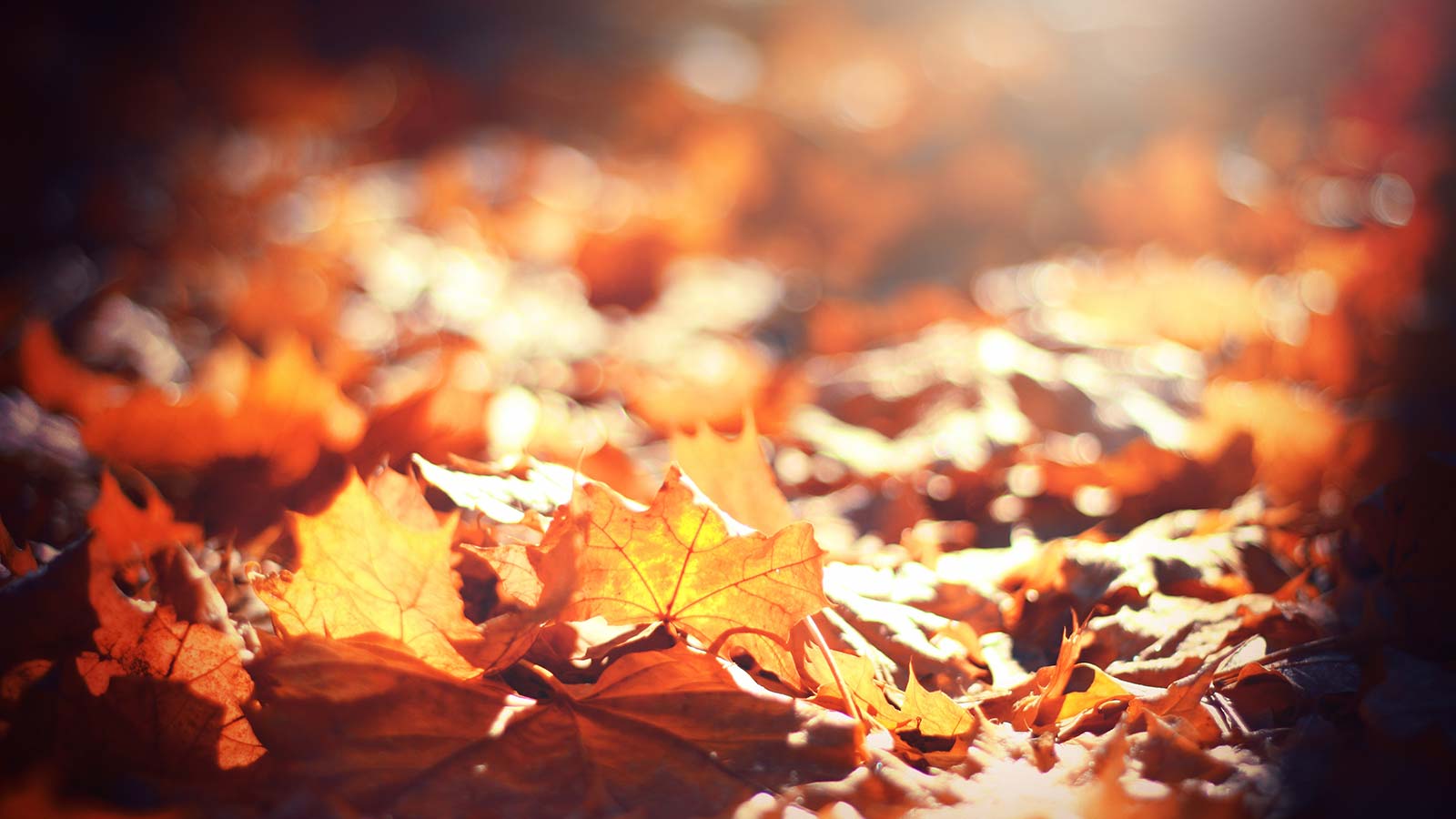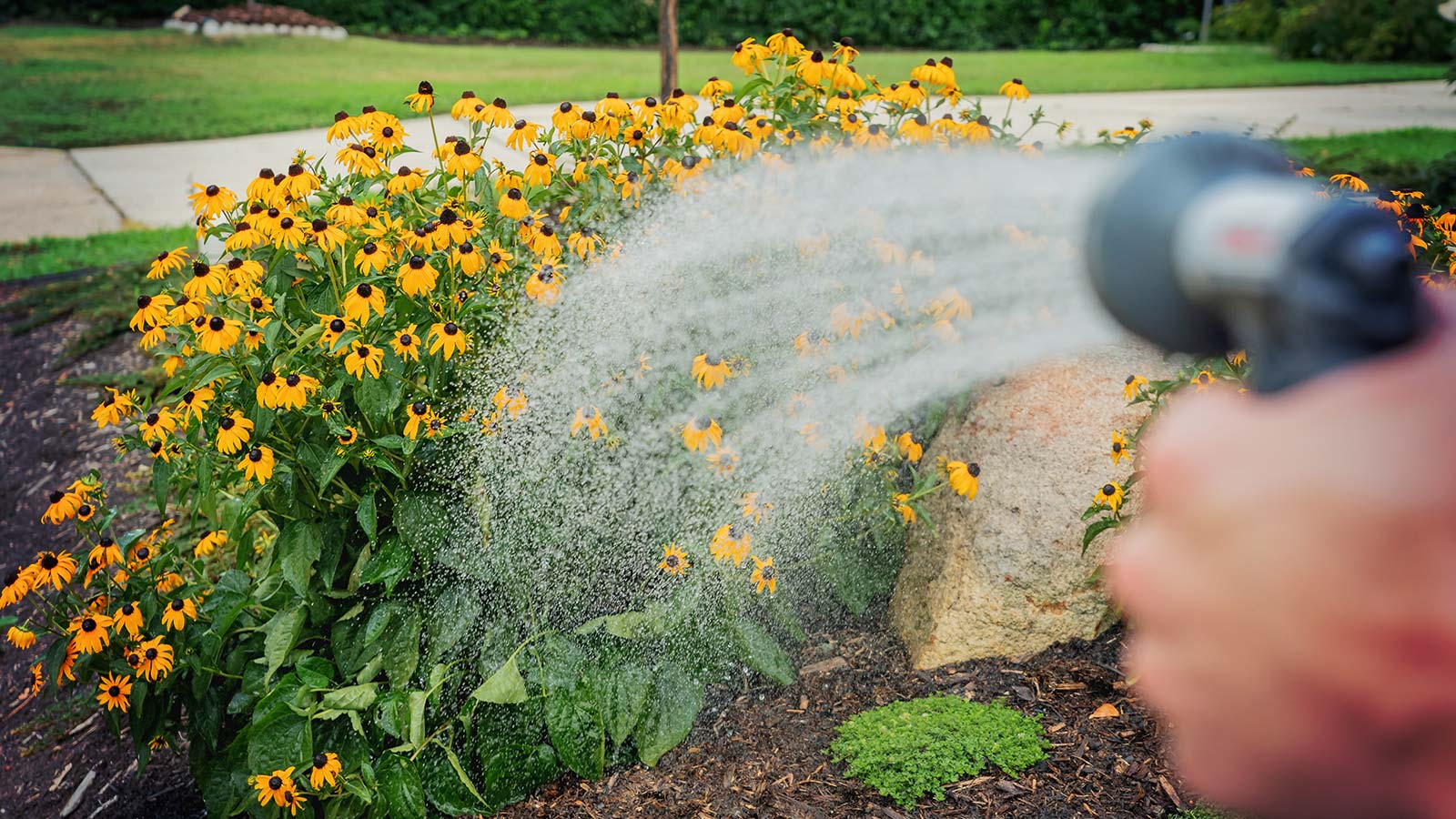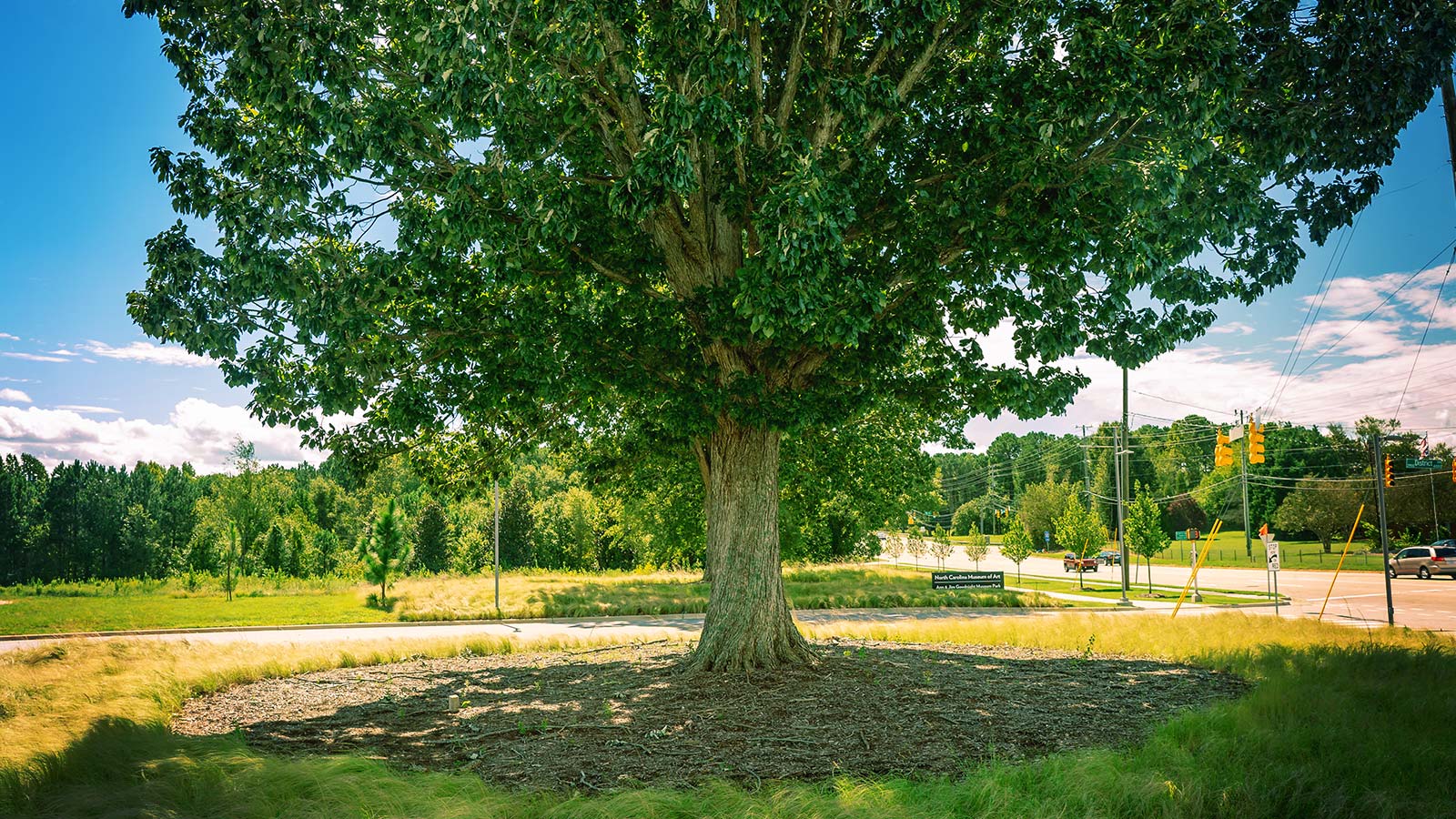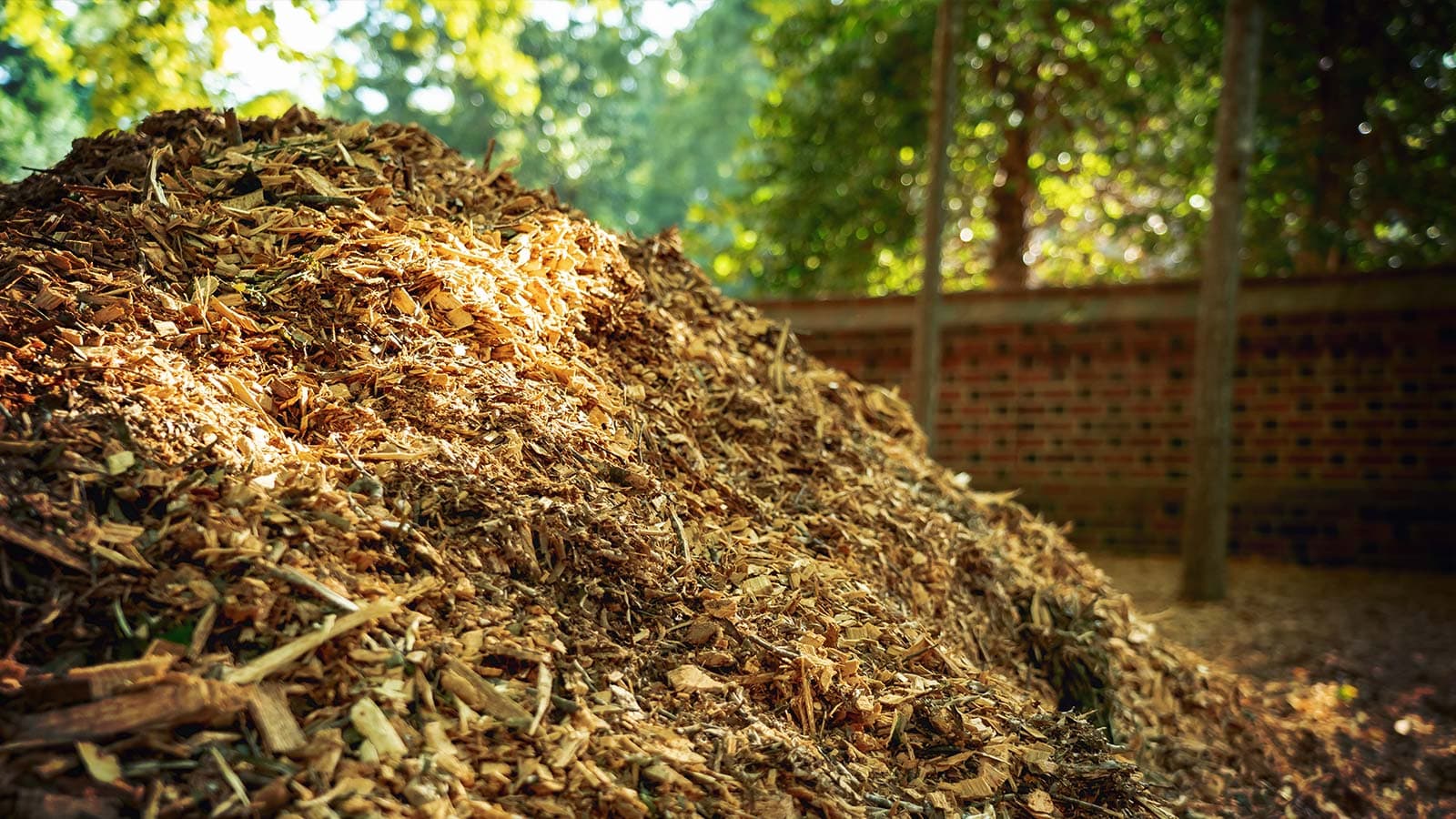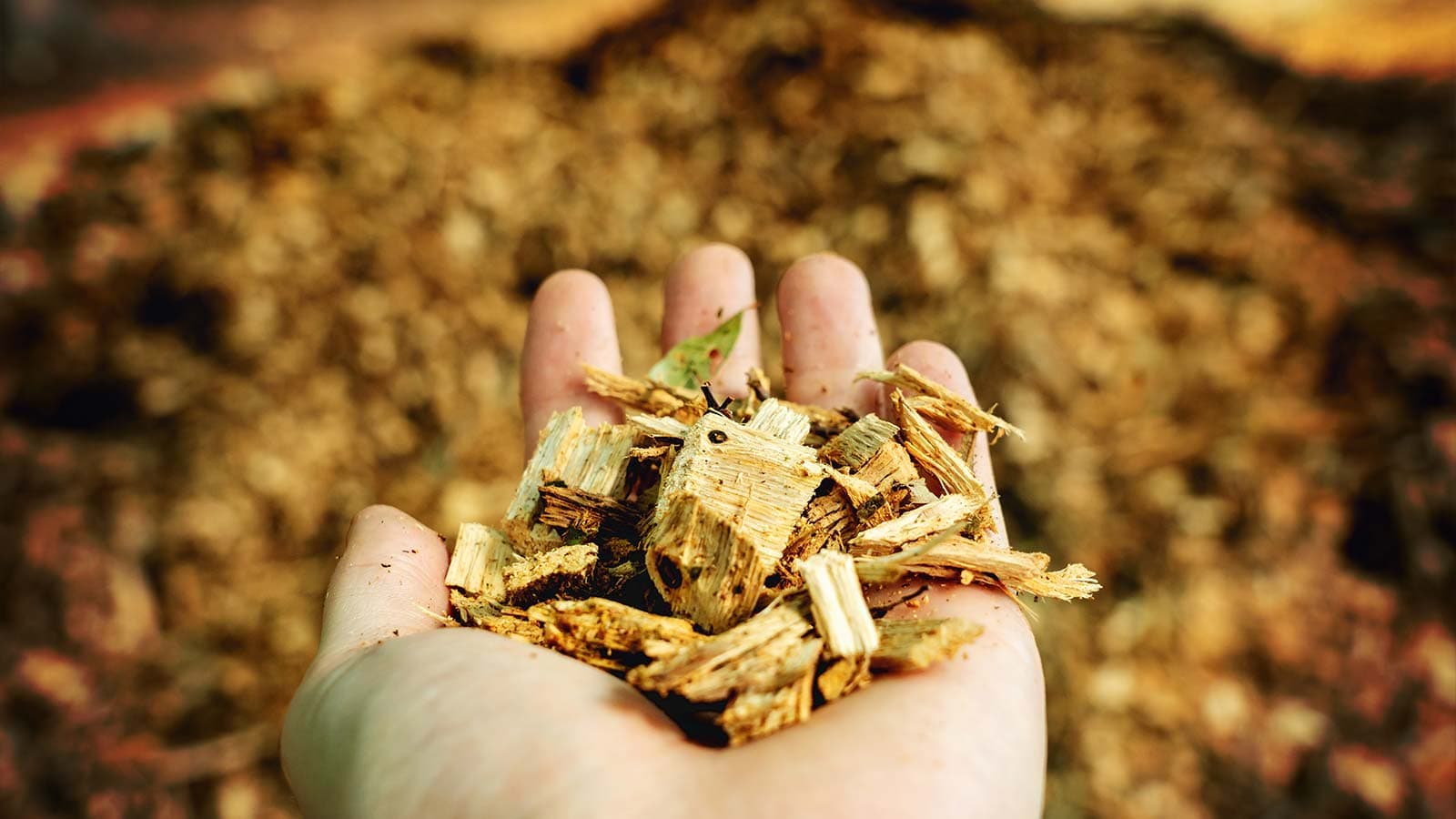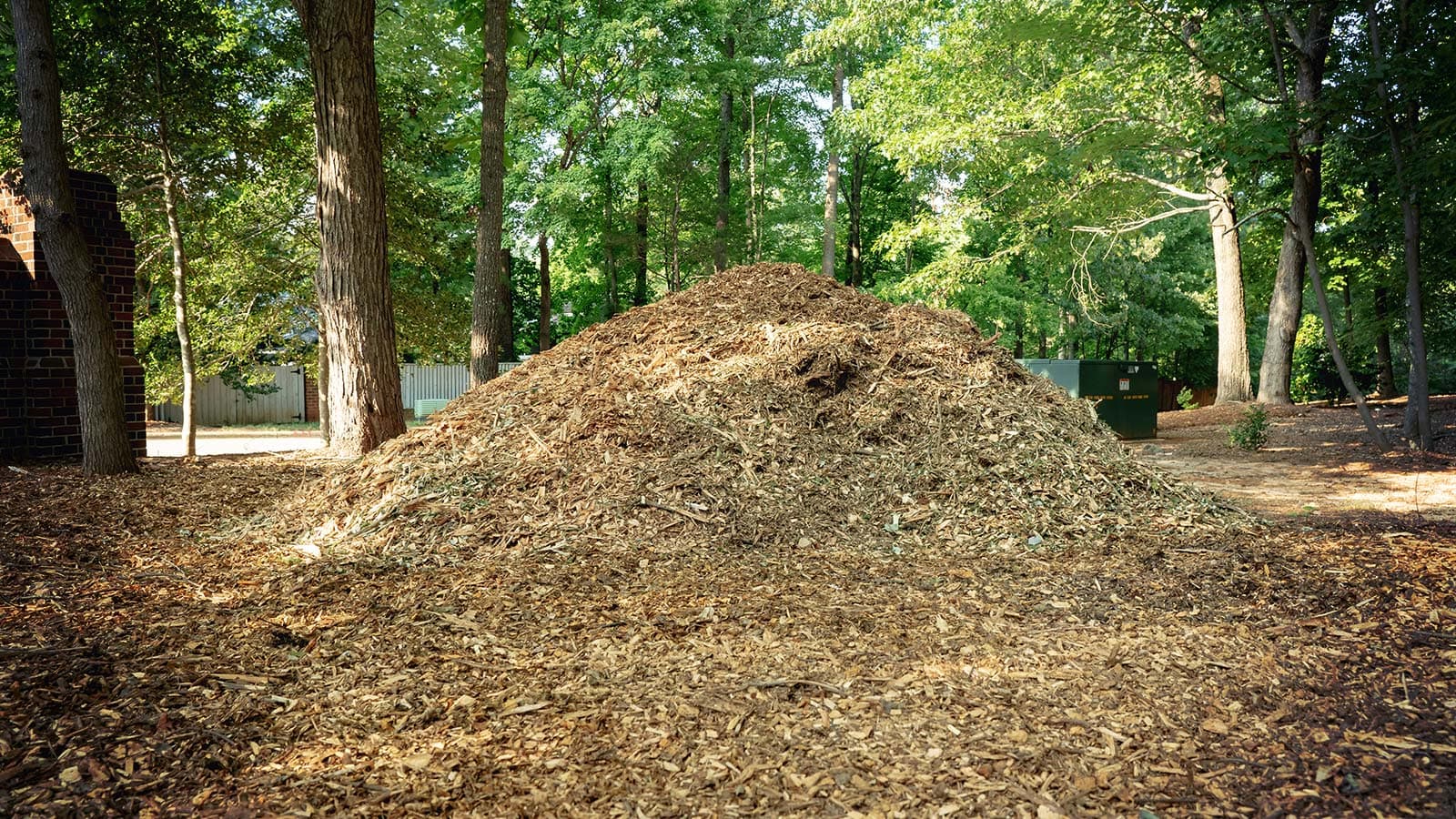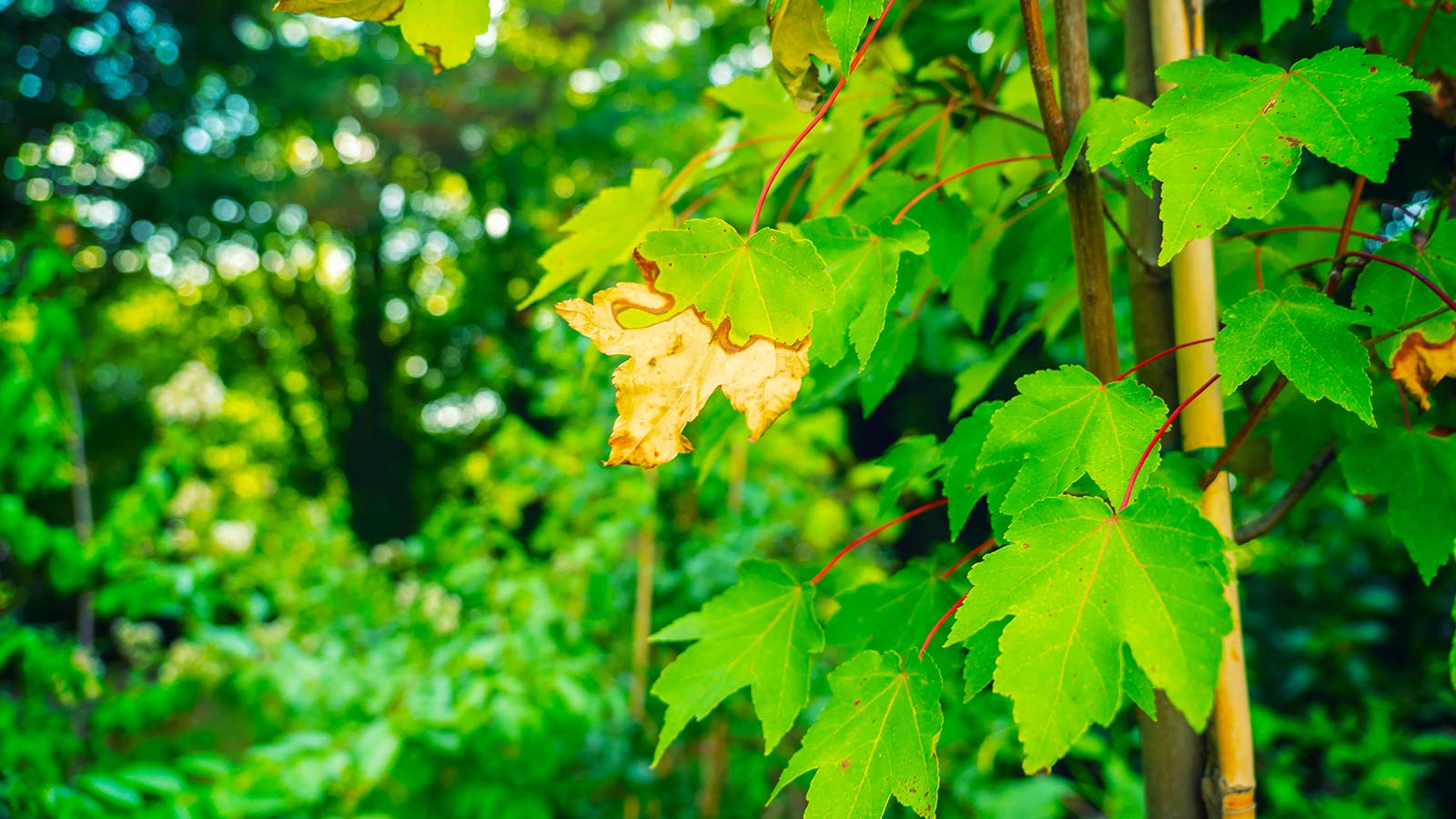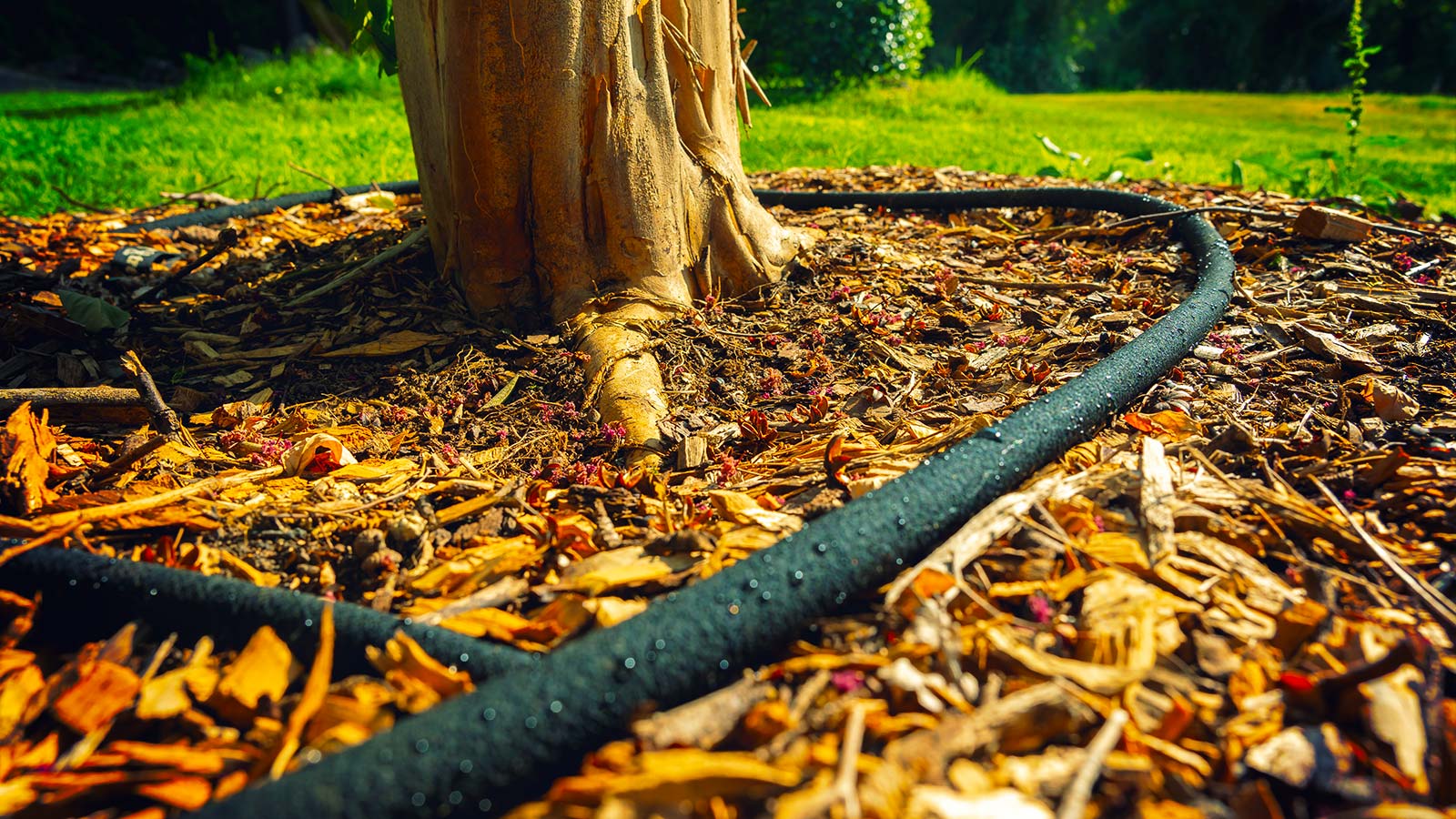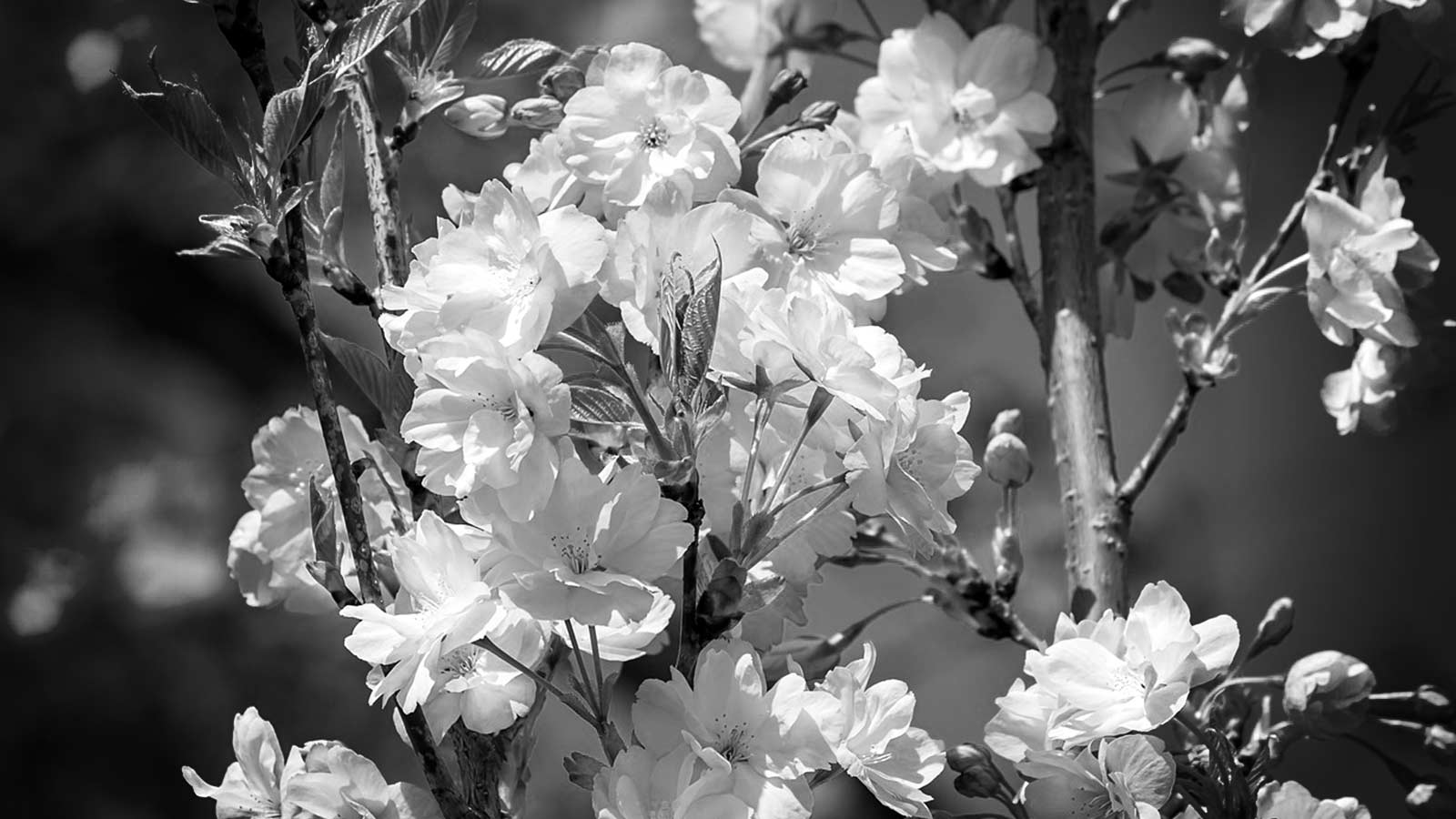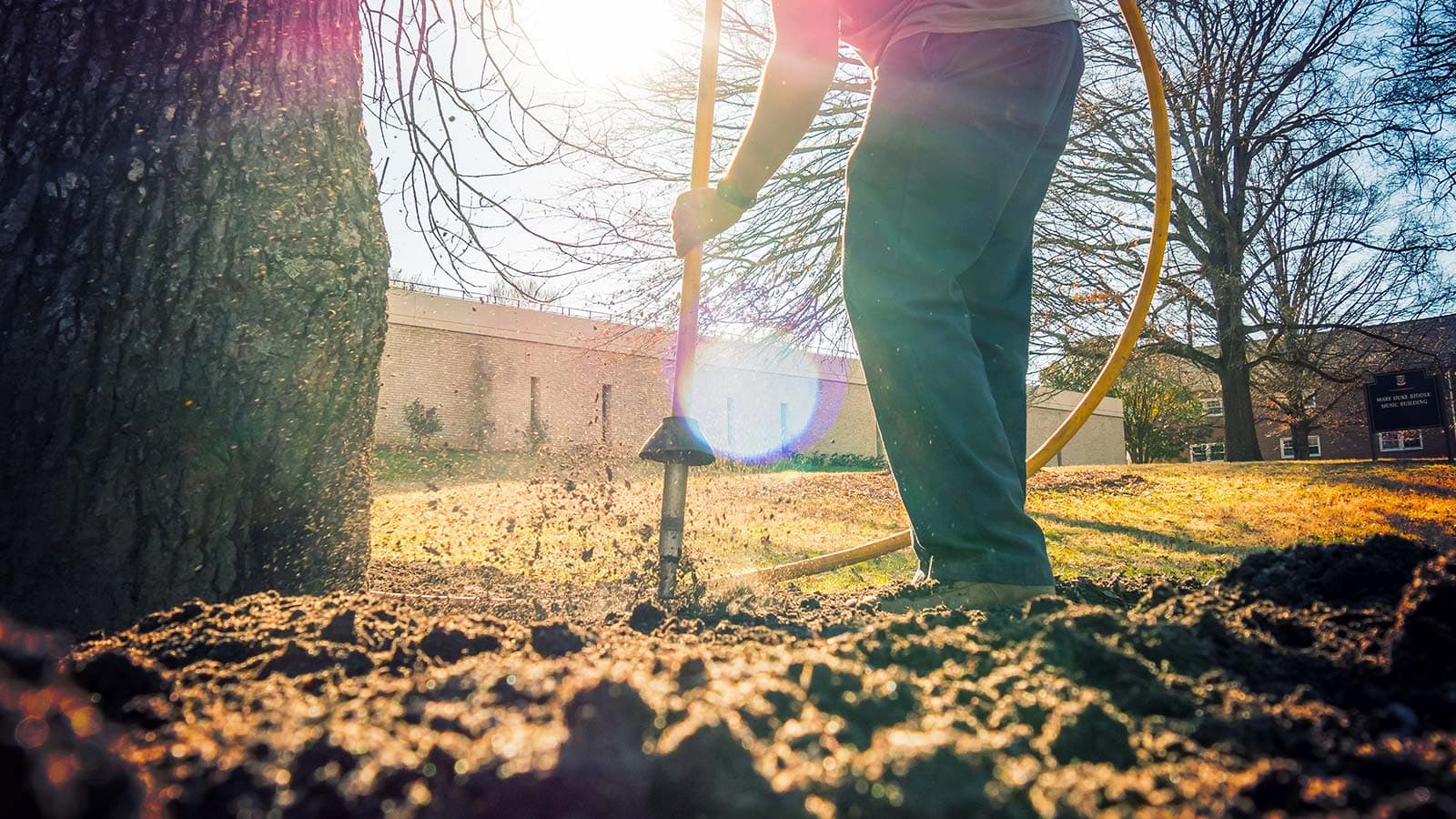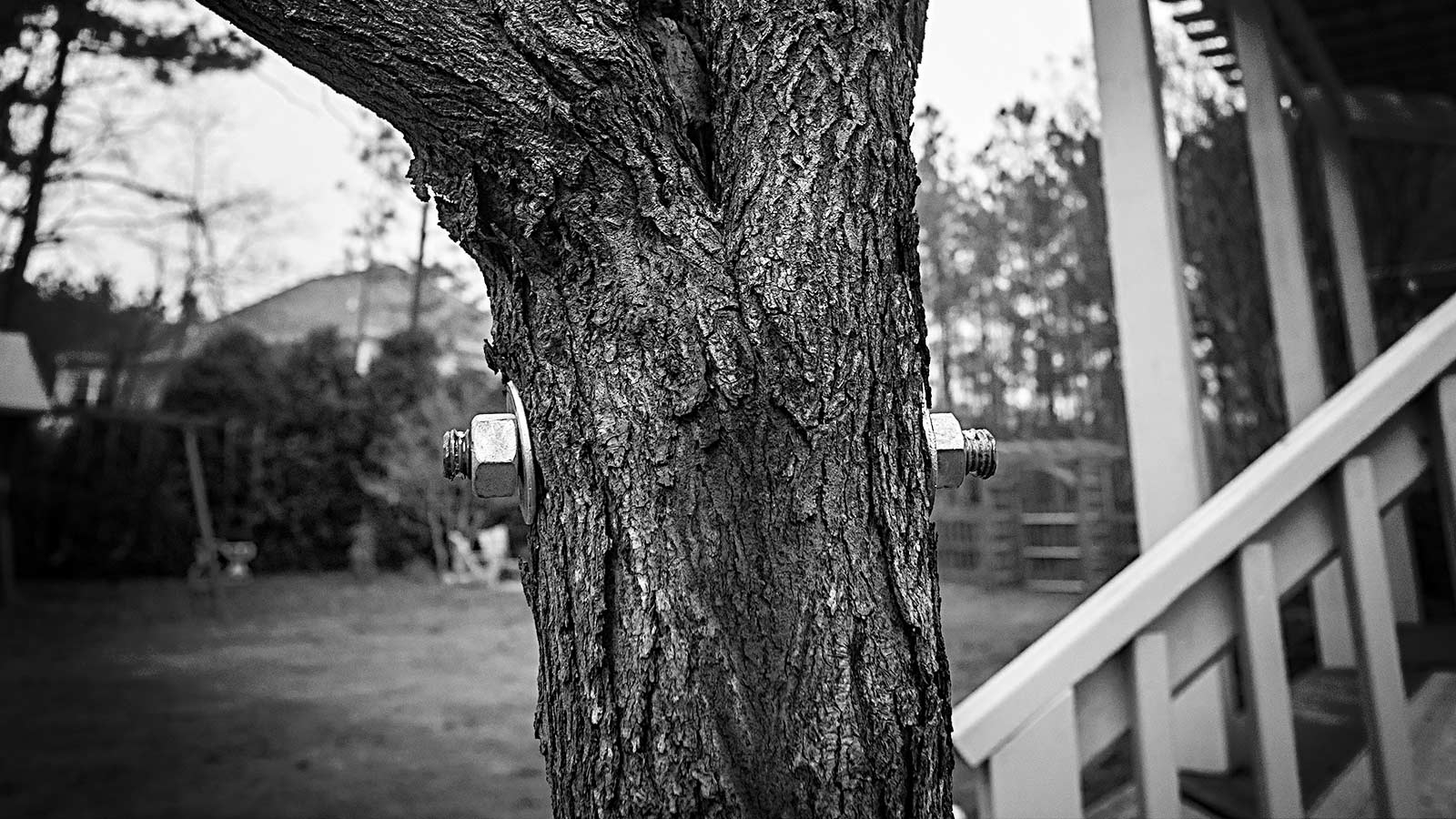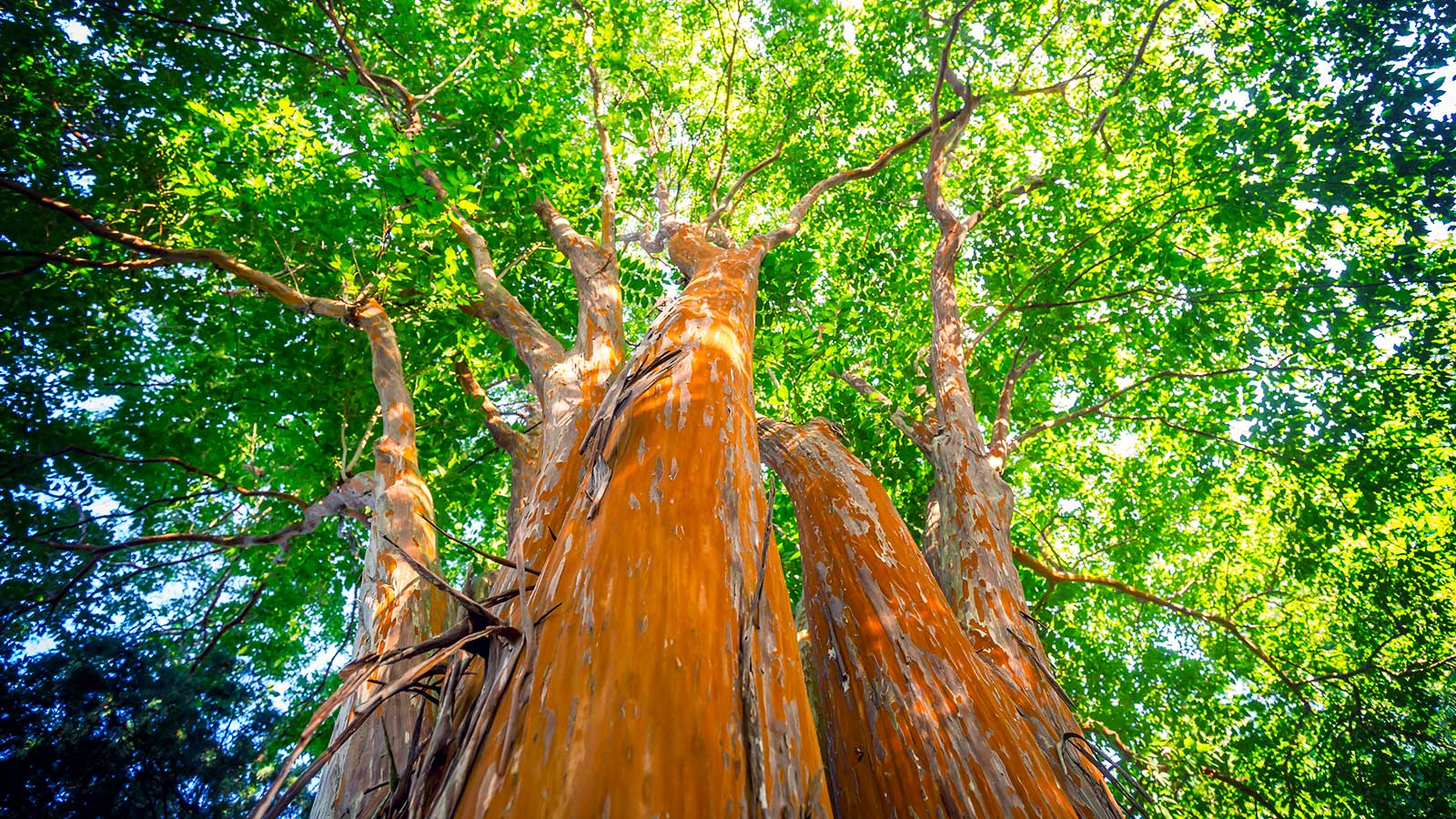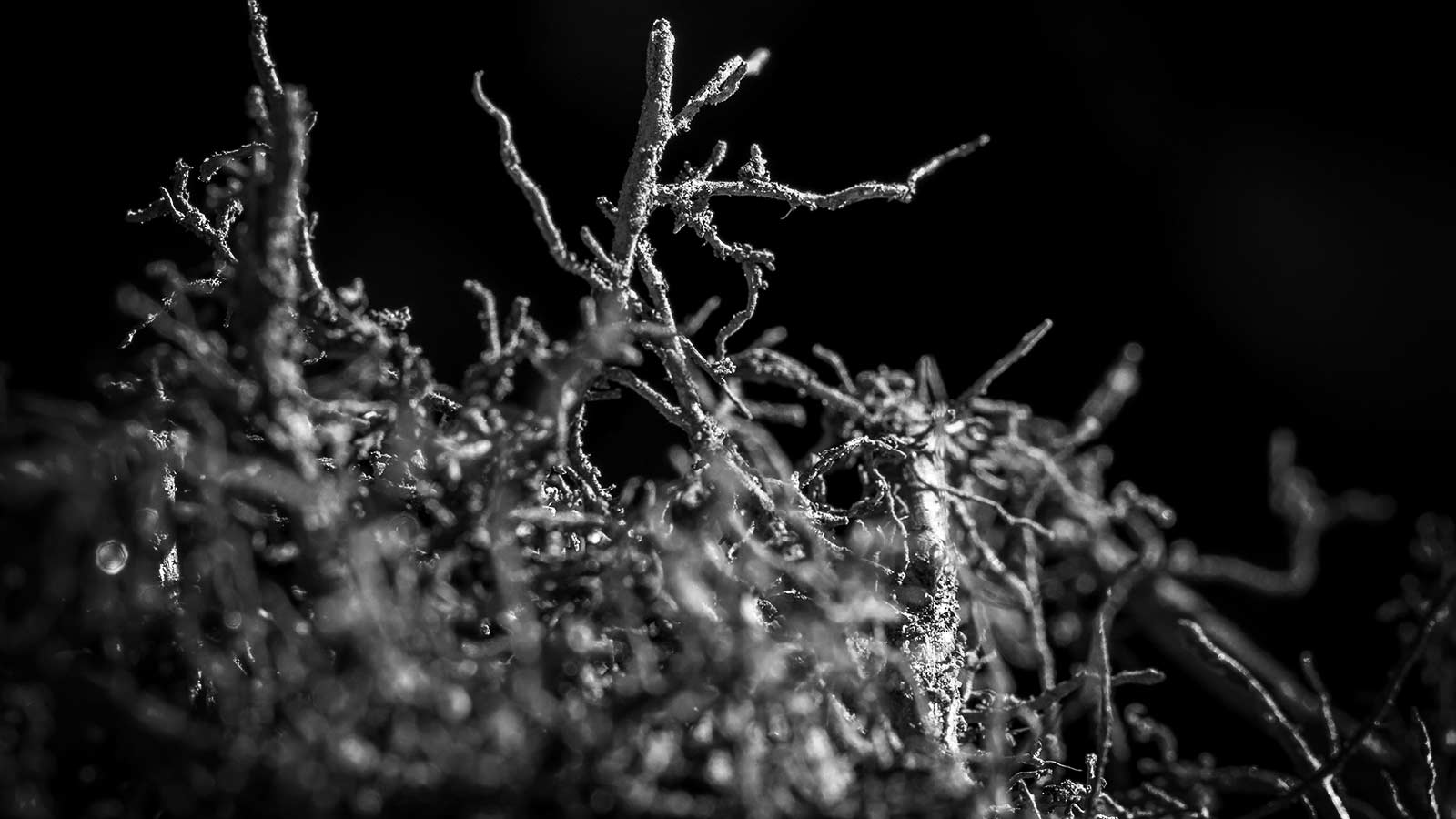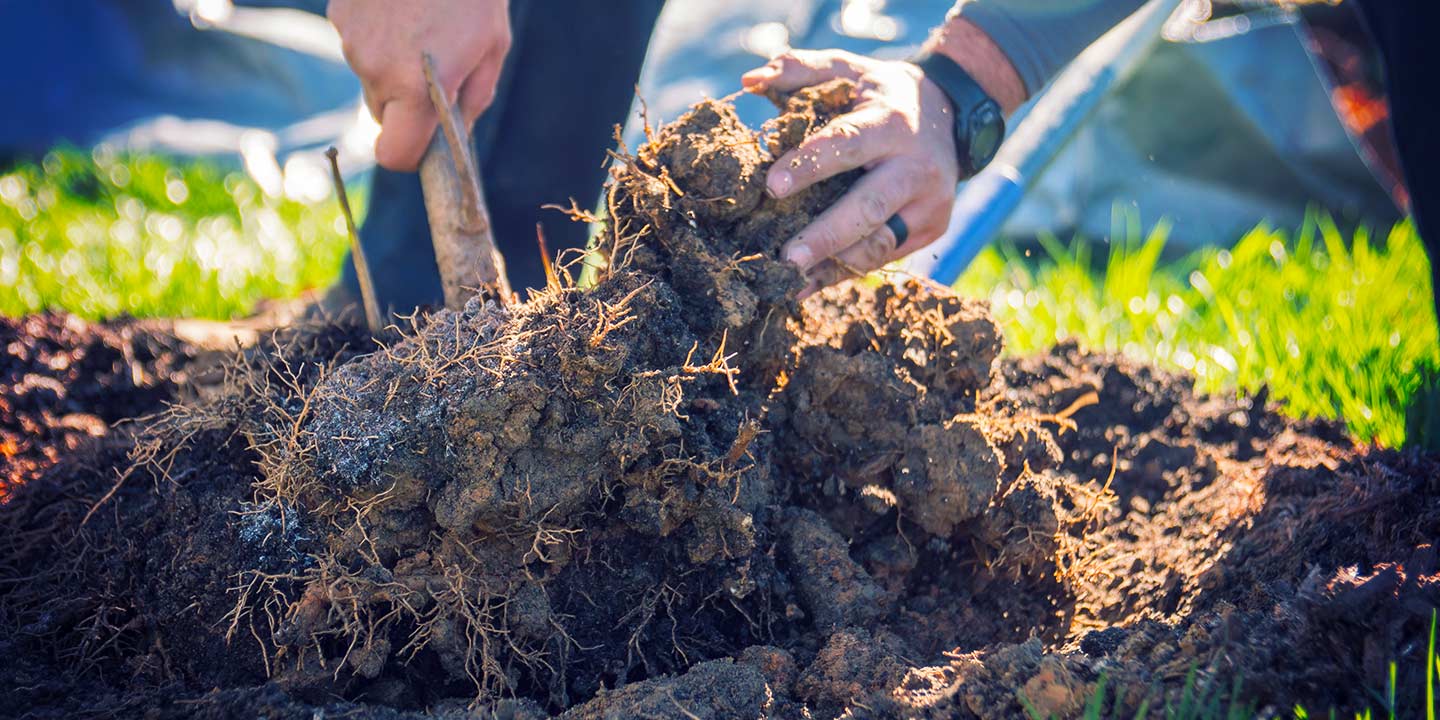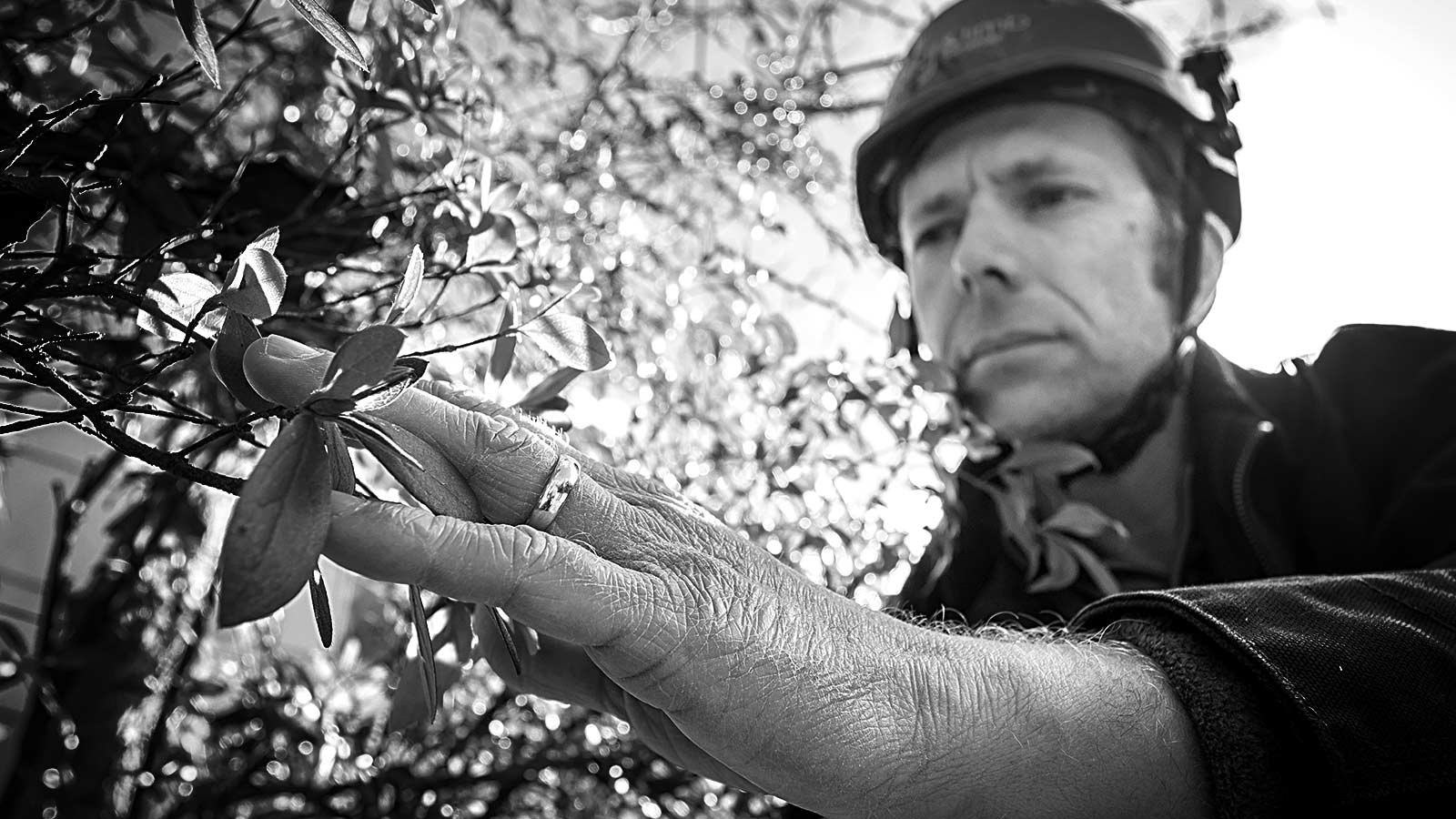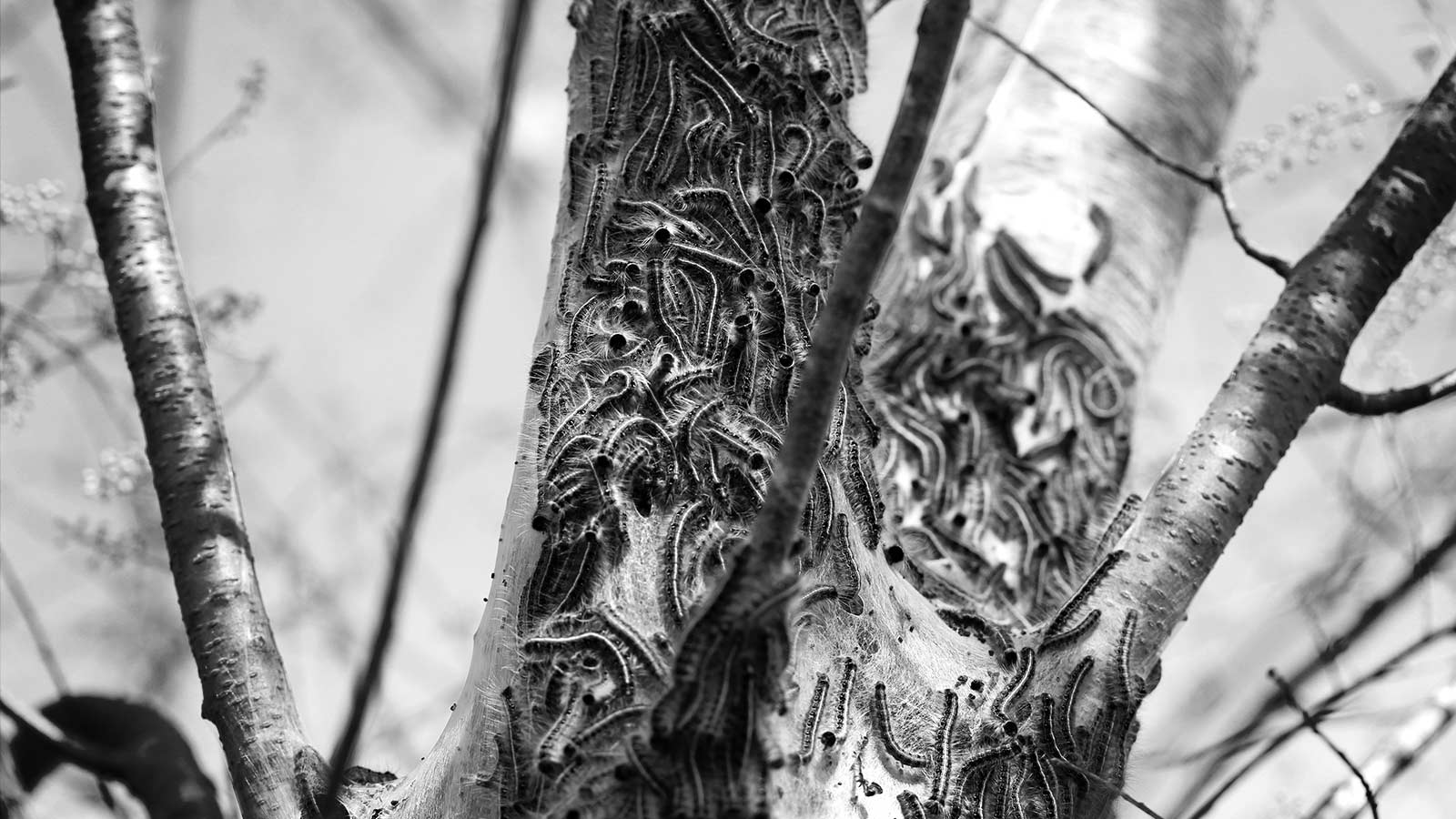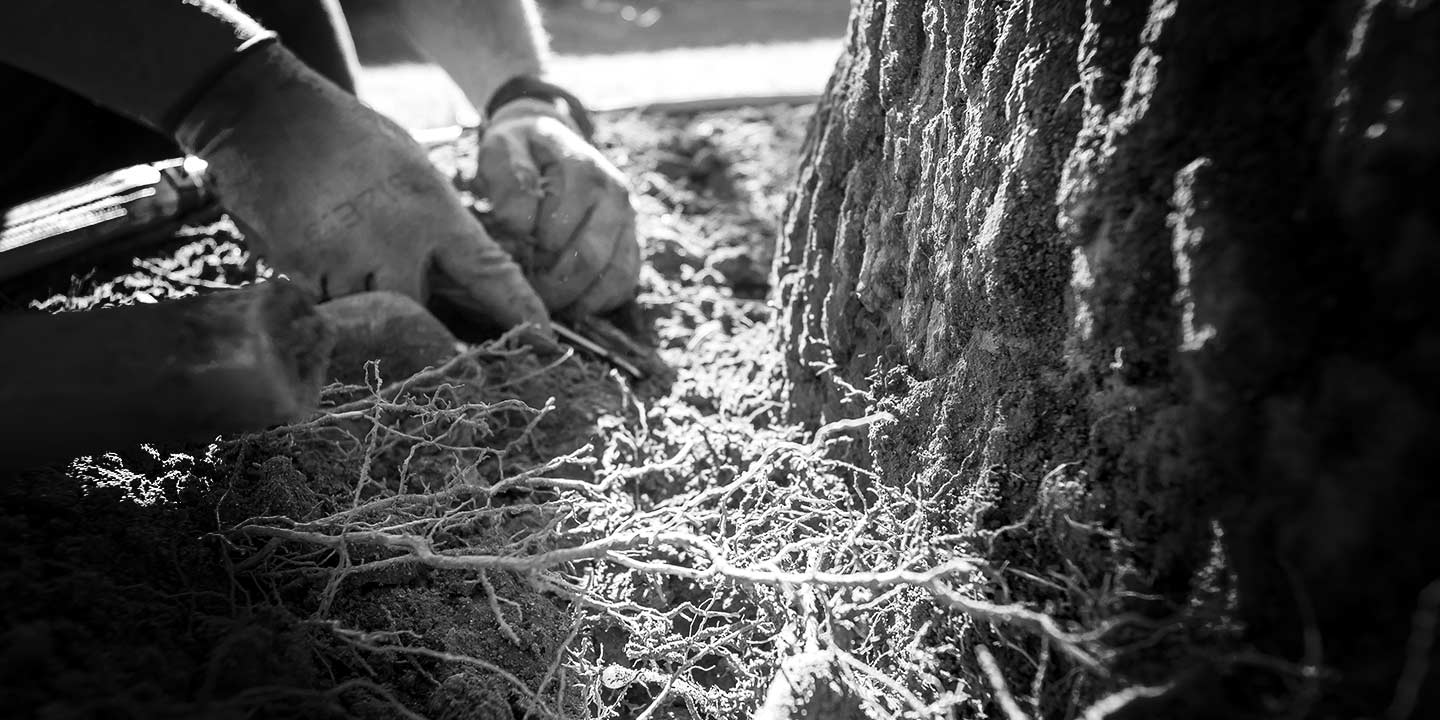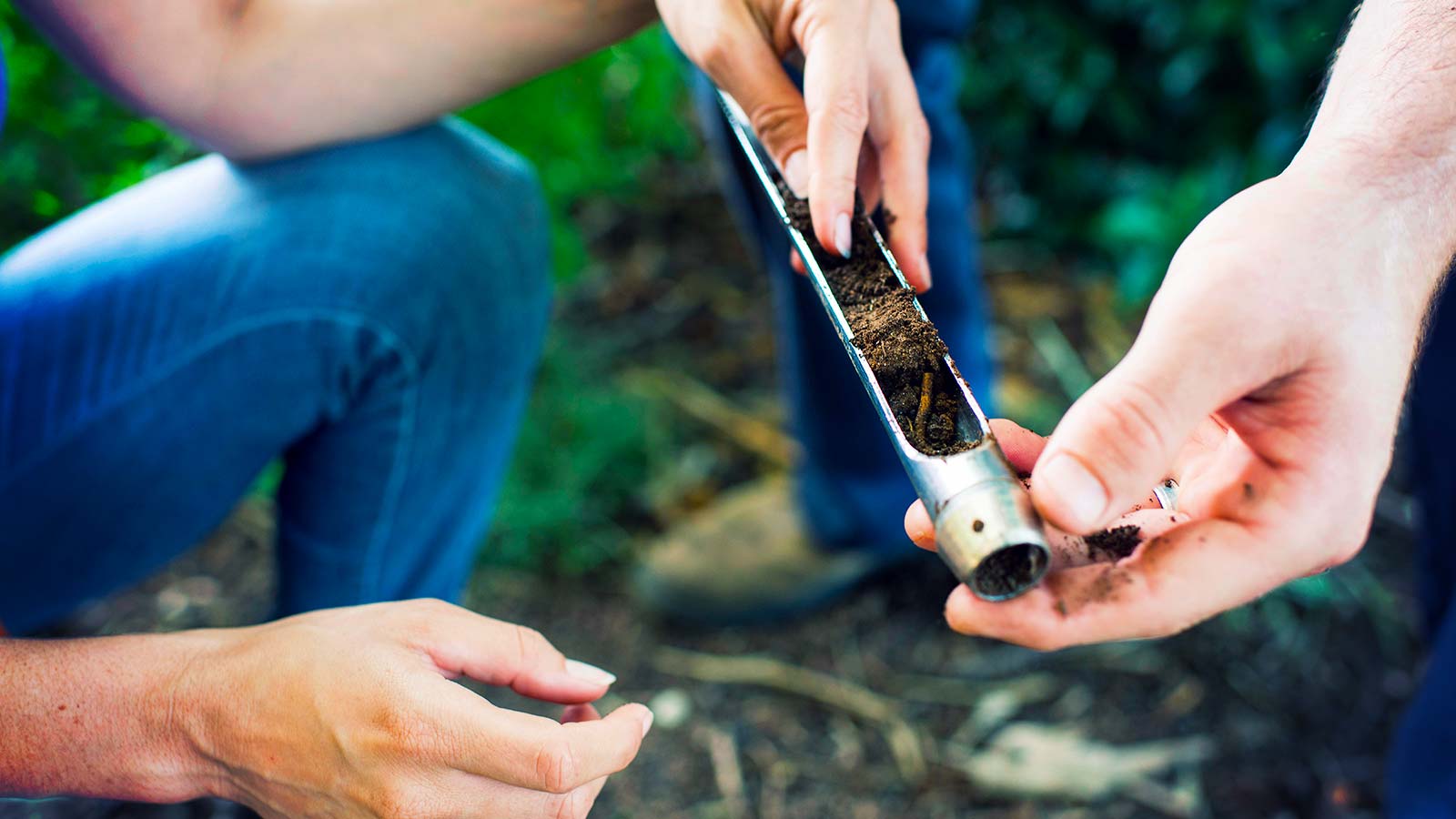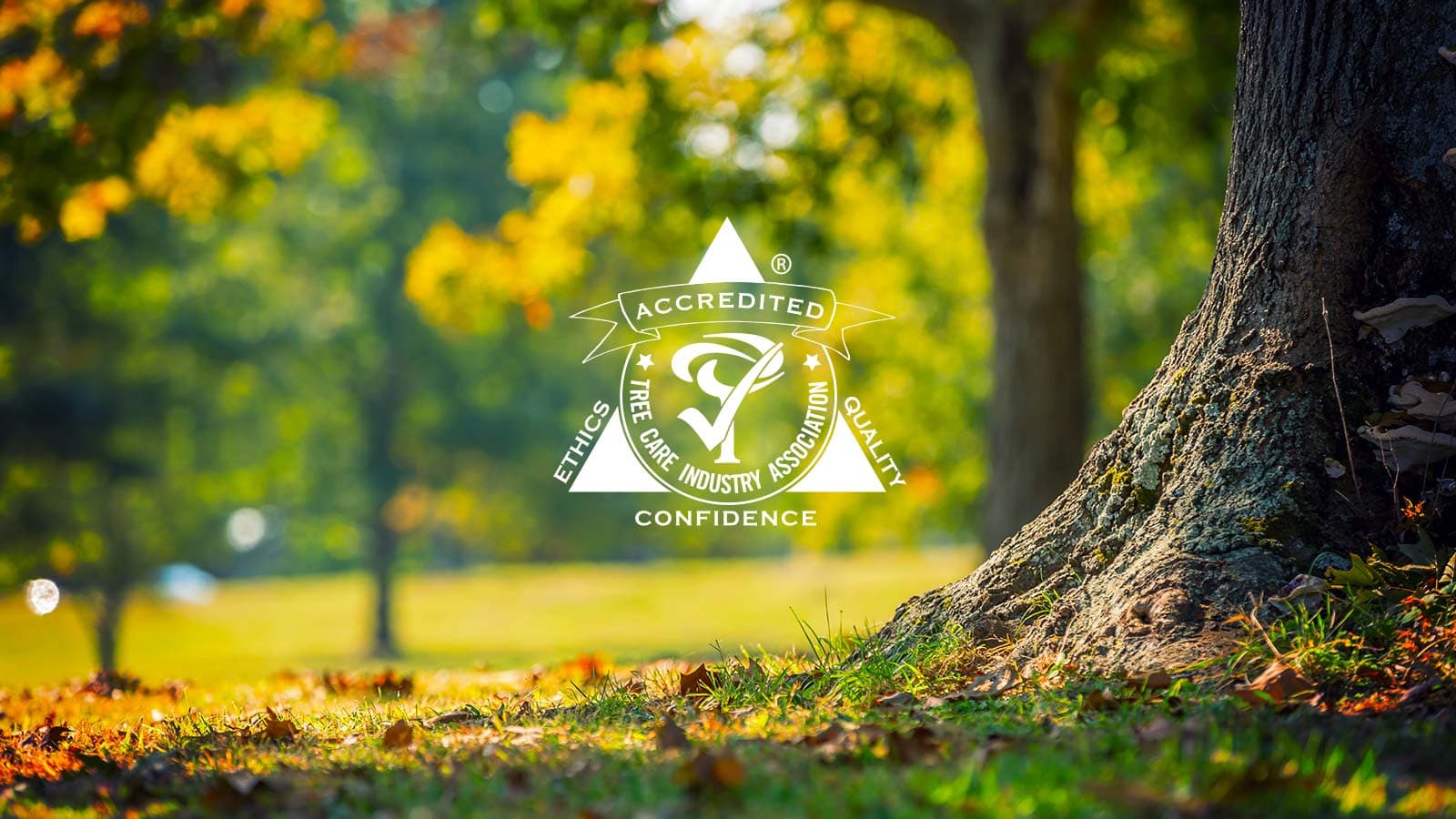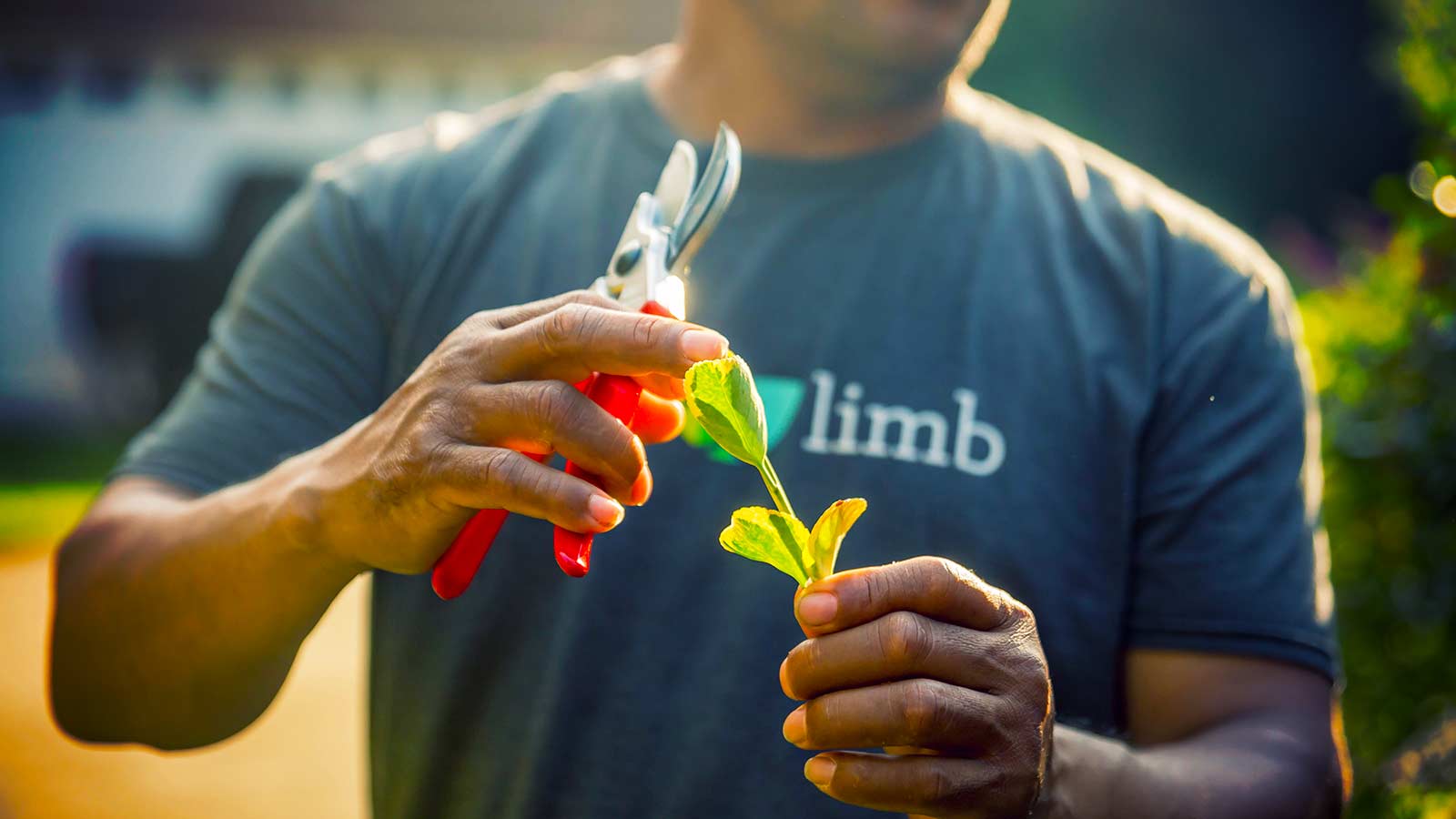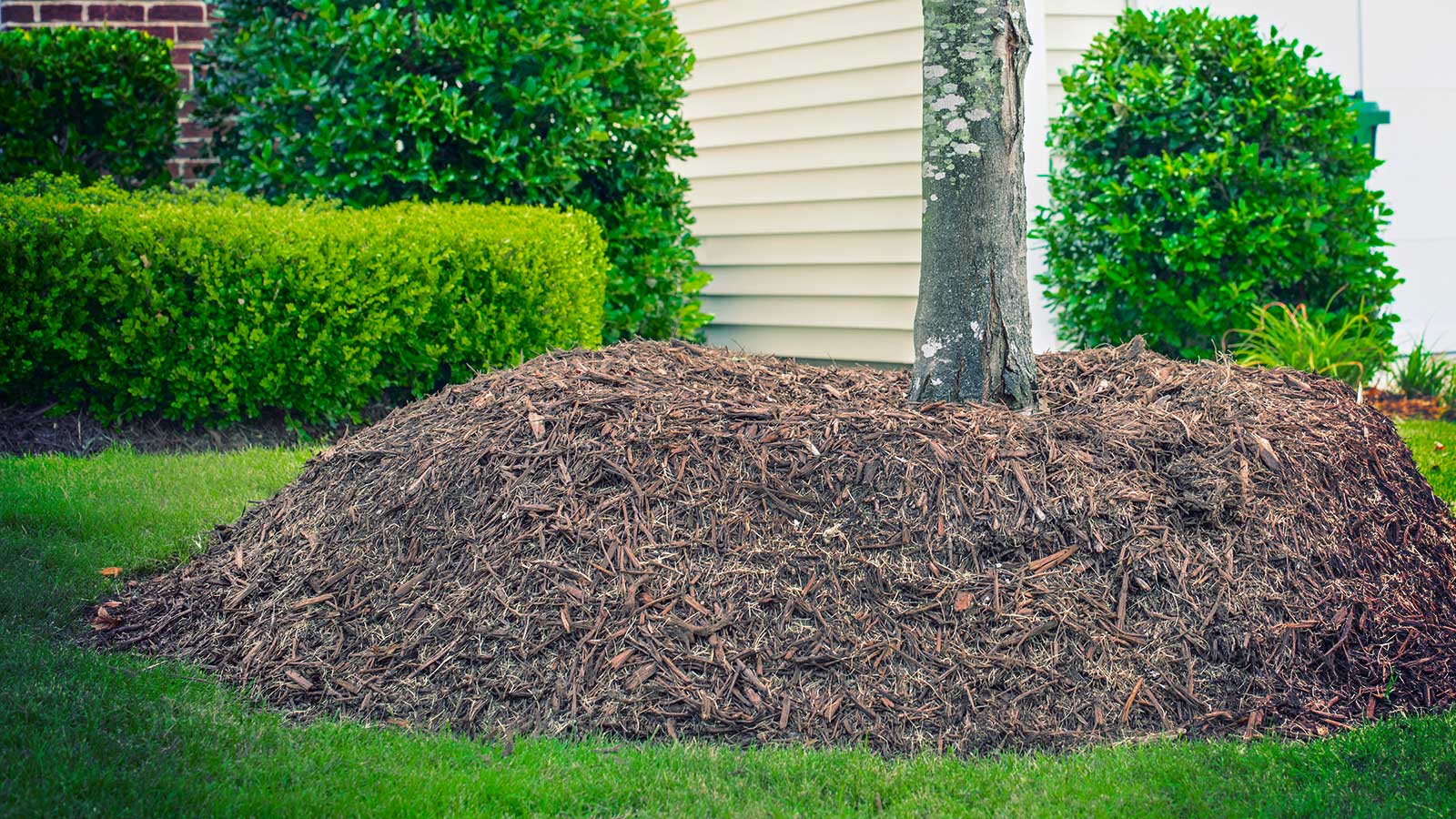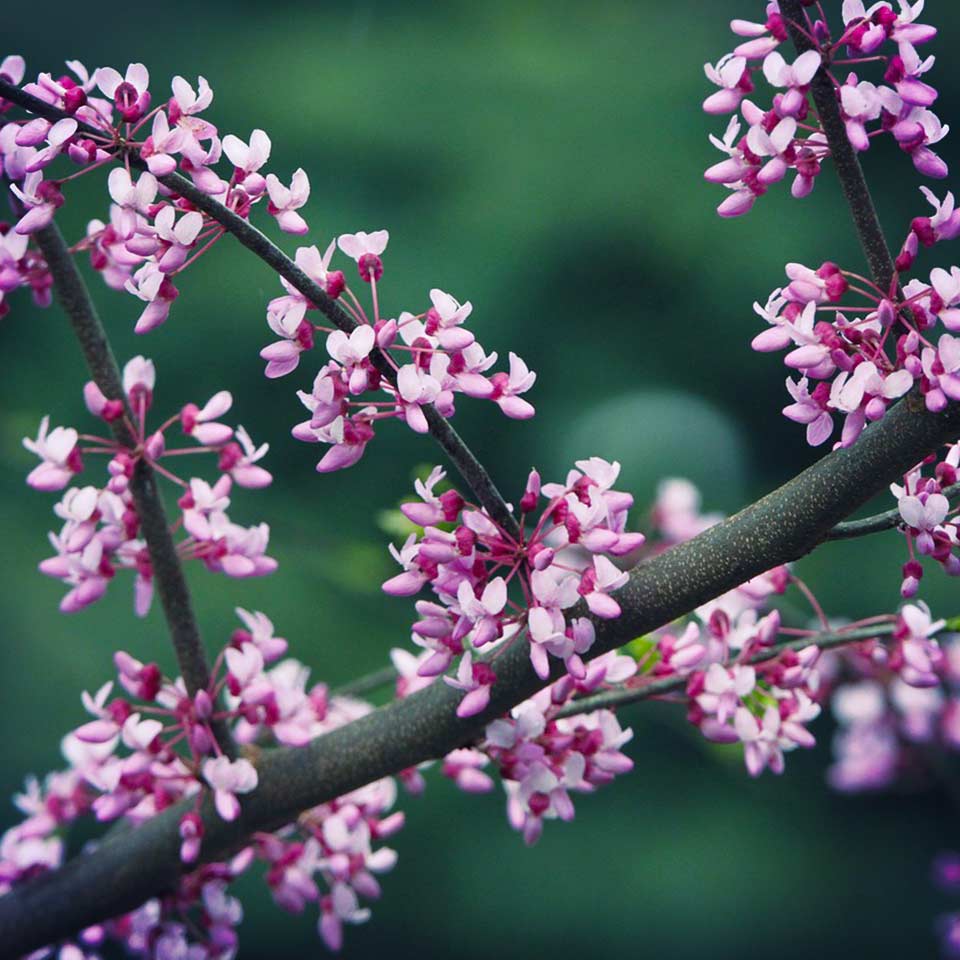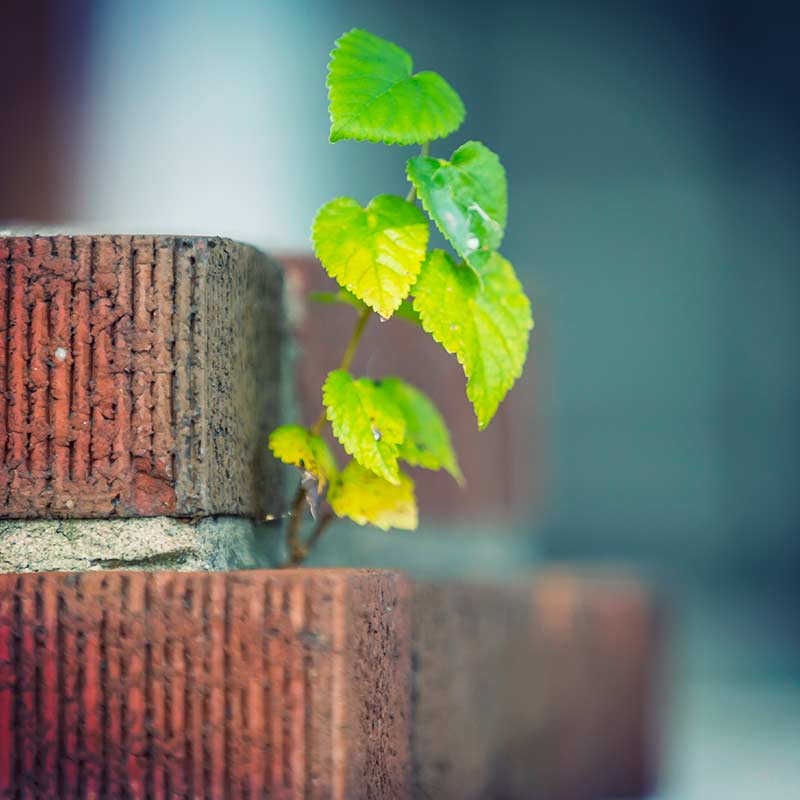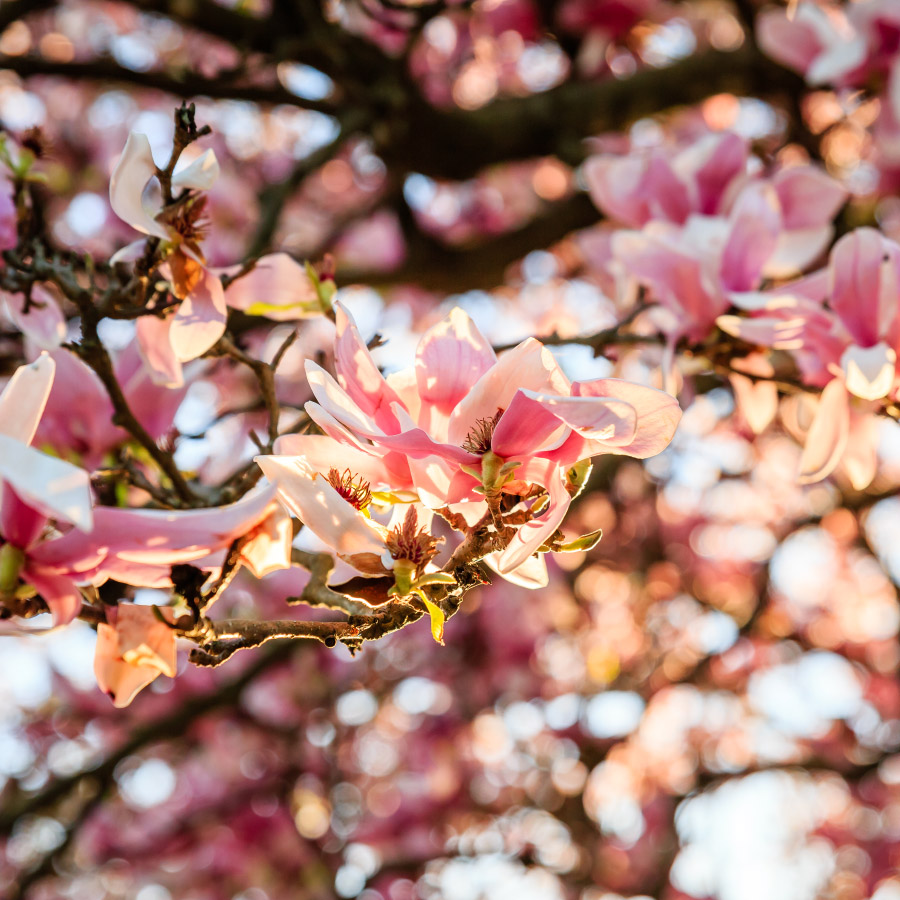Compost Tea for Lawns: Ernie Earthworm’s Natural Lawn Care Tips
A friendly guide from the mulch zone on nurturing turf by building living soil.
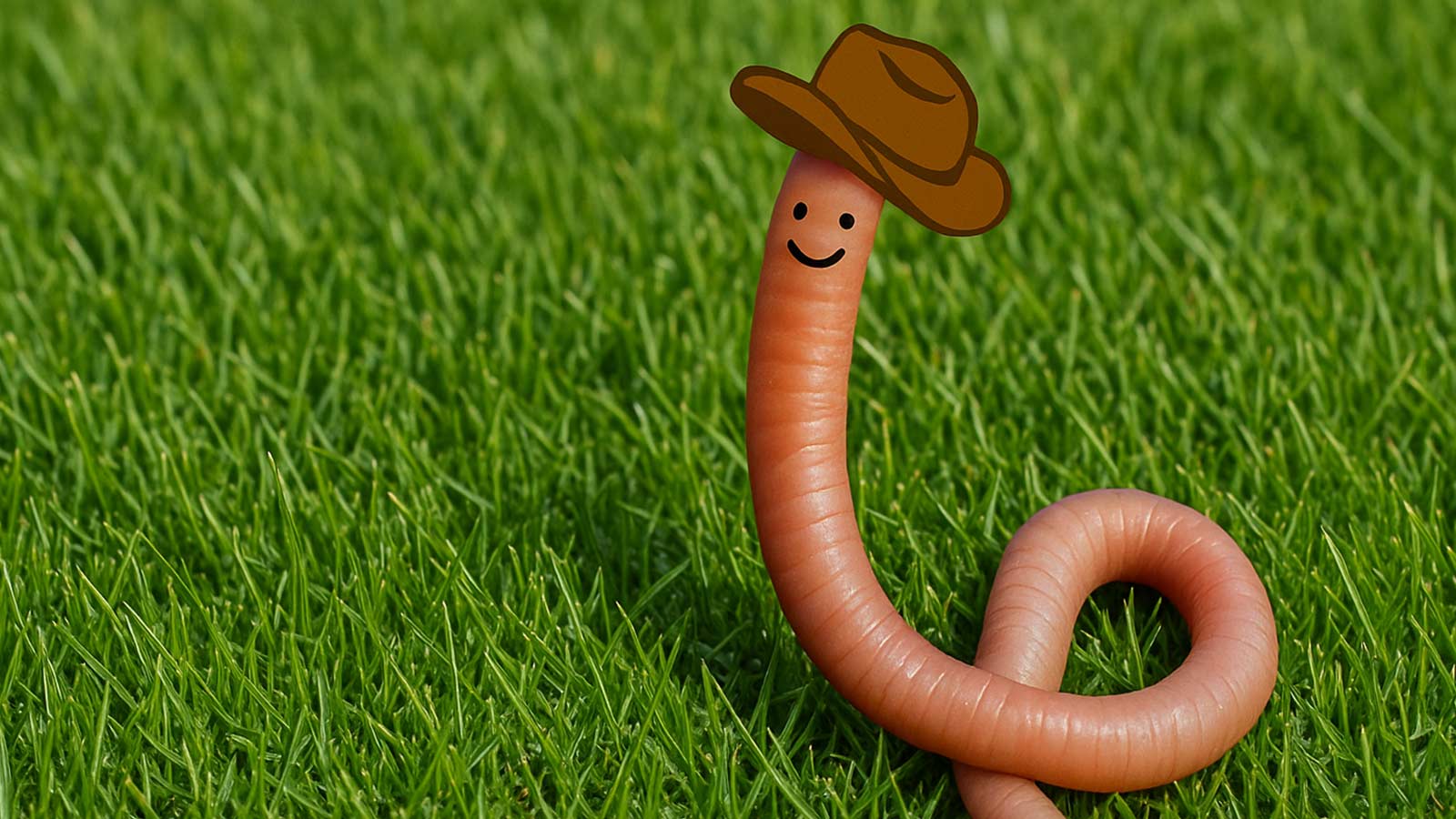
Ernie’s Earth Notes: Musings from the mulch zone
It’s me again, Ernie Earthworm—your subterranean correspondent and compost connoisseur. In March I hope I convinced you of all the benefits of compost tea for your trees and shrubs. Well, I’m back with another not-so-shameless plug for compost tea for your lawn. After all, who better to spill the dirt on soil health than someone who lives in it? I like to think of this as “tea-time for turf”.
Before I get into it, here’s a turfy joke for you.
God: Now, let me get this straight, Frank. They fertilize grass so it will grow. And, when it does grow, they cut it off and pay to throw it away?
St. Francis: Yes, Sir.
God: These suburbanites must be relieved in the summer when we reduce the rain and turn up the heat. That surely slows the growth and saves them a lot of work.
St. Francis: You aren't going to believe this, Lord…
Read the whole joke here. Now, back to business.
3 Reasons to Use Compost Tea Instead of Lawn Fertilizer
We worms spend a lot of time under turf, and honestly, it’s often a very uninteresting, sterile place compared to native prairie or forest soil. Although I’d love it if lawns went out of style, I understand that humans maintain grassy areas for various reasons. But consider that your turf area could contribute to a healthier sub/urban environment if you switched from a traditional “weed & feed” fertilizer regimen to a compost tea program. Your lawn doesn’t have to be the punchline of a joke.

I’m not just saying that because compost tea is my favorite drink. My buddies and I witness the effects of traditional turf care on our dark world first-hand and up close. Let me tell you, it can get downright depressing down here. Beneath even the greenest lawns lies an ecological desert. It’s like a boarded-up town center instead of a thriving Main Street. We would like to see our subsurface neighborhoods revitalized.
I will make my case for sub-surface renewal with three points for compost tea and one point against traditional fertilizers:
- Compost tea restores healthy nutrients.
- Compost tea helps defend against disease microbes.
- Compost tea rebuilds soil structure.
- Traditional fertilizers act like junk food and drag down the whole neighborhood.
1. Compost Tea Brings Healthy Nutrients
Think of compost tea as gourmet ingredients for your lawn, arriving complete with tiny chefs. These chefs are my bacteria buddies, fungal friends and many others. They break down organic matter and prepare delicious dishes that roots eagerly devour. They really know how to please the palates of their customers – roots. They read the room—or the root zone—and adjust what's served. They unlock minerals, fix nitrogen, share sugars, and even whip up protective compounds when the going gets tough. It's a symbiotic smorgasbord.
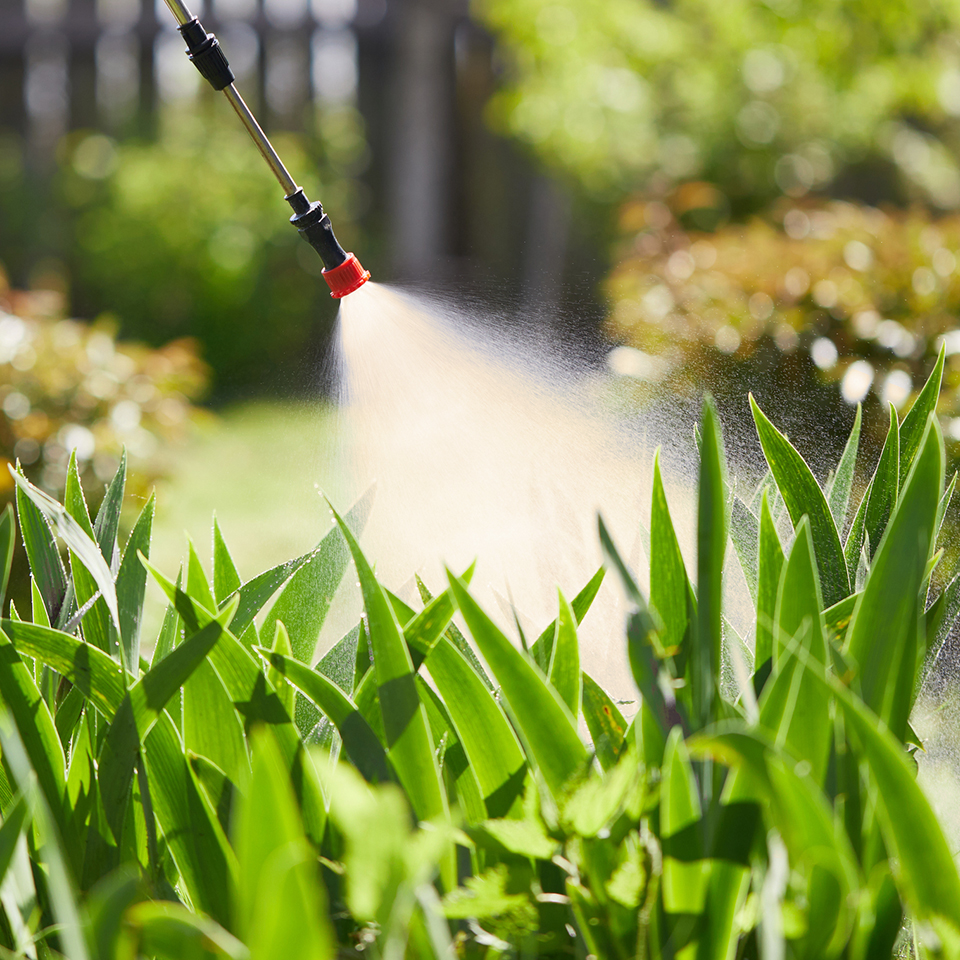
2. Compost Tea Corrals the Outlaws
Under the soil, it’s the Wild West. A bustling frontier town full of hard workers and a few rowdy troublemakers. Compost tea brings in a crew of microbial wranglers and nanny nematodes, rounding up the bad microbes and sending them packing. (Nematodes are microscopic wormlike creatures that have many roles underground.) These microscopic ranch hands work sunup to sundown, keeping the root zone safe so the good microbes can thrive. Skip the chemical quick fixes. Once you start down that trail, you’ll be stuck in a yearly showdown after the good guys clear out.
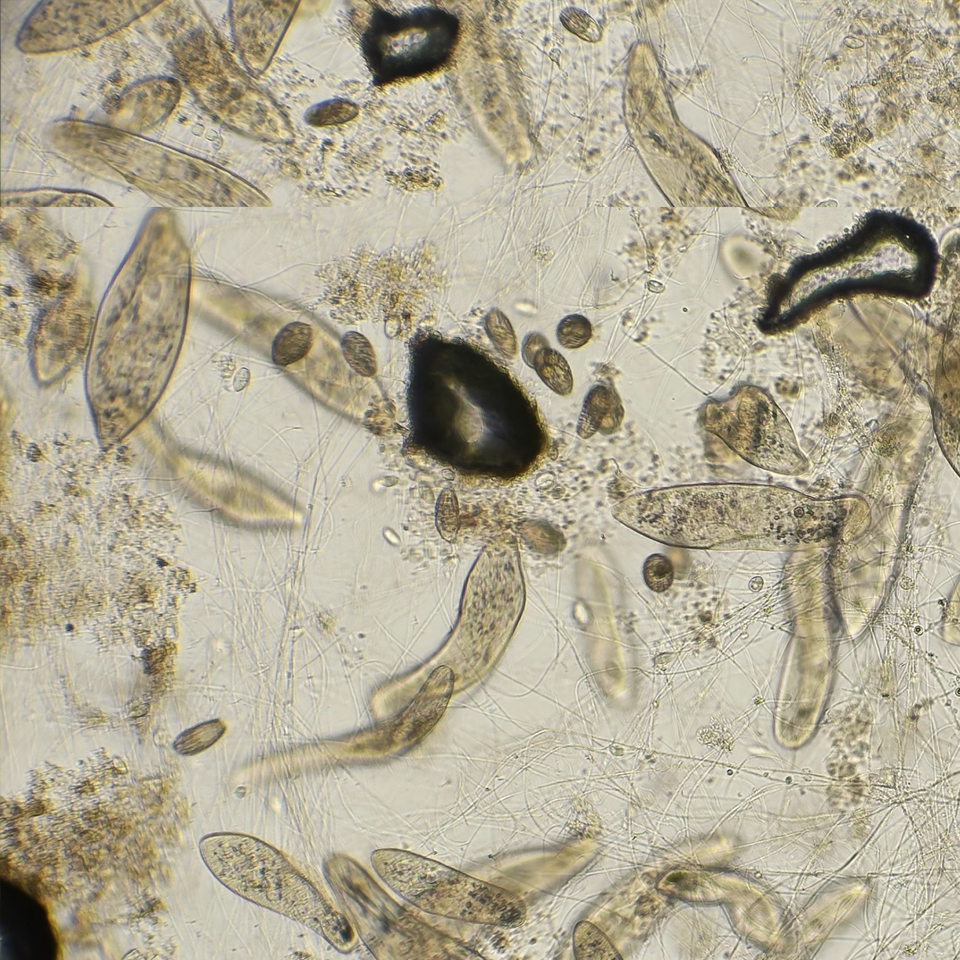
3. Compost Tea Builds Soil Structure
Just like in your cities, we want to keep our infrastructure in tip-top shape. In our world, this means that the soil has many connected open spaces, allowing water and air to move freely where they’re needed. Soil replenished with compost tea is exactly where my wiggly friends and I want to be; happily tunneling away, improving the infrastructure! Some of us bind soil particles into larger aggregates, which also helps keep the soil open. Air and water are often in short supply in suburban soils, so creating neighborhoods that we worms and other diggers want to live in really revitalizes the neighborhood. Porous and permeable soil retains much more rainfall, reducing runoff and the need for watering.
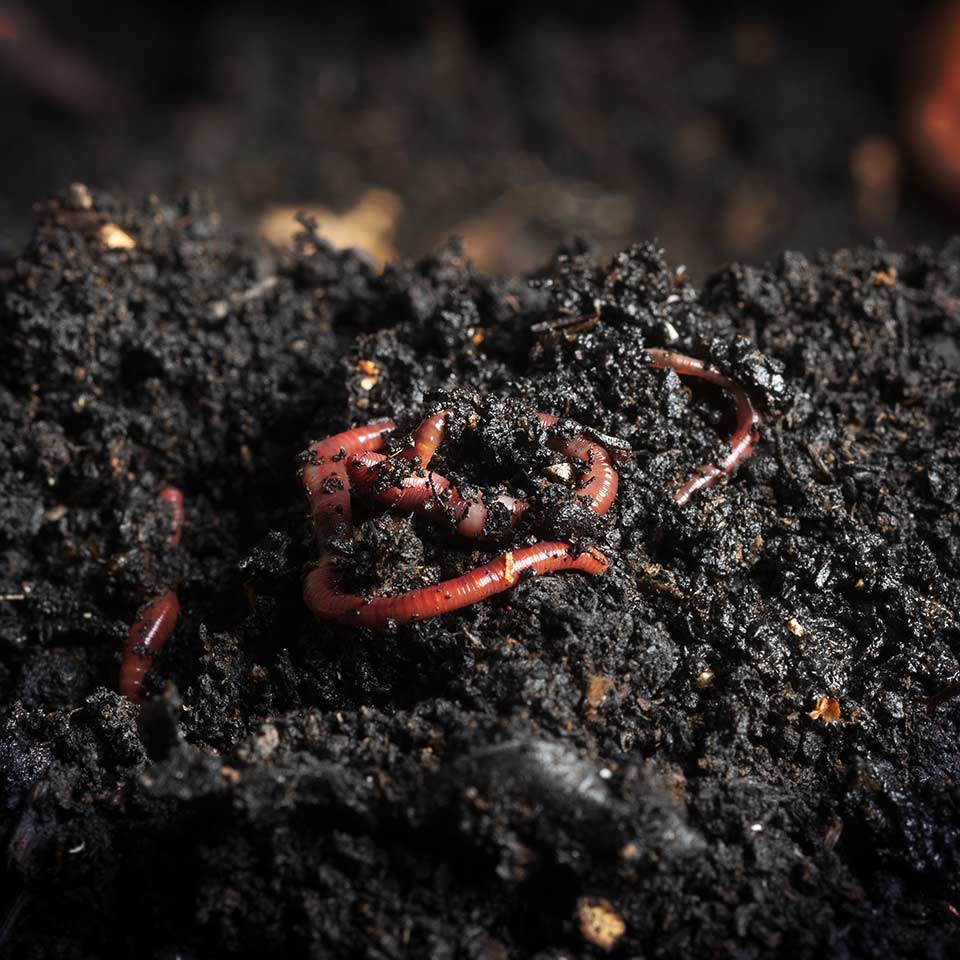
4. Traditional fertilizers are hardly better than fast food
They pump plants up temporarily, but they don’t have any long-term health benefits. And they are salty too. You know too much salt is bad for you, and it’s also bad for the soil and all of us denizens of the darkness. You give us that stuff and we’ll move out of the neighborhood, if we can. Even worse, while the grass roots snack on this fast food, much of it is lost to runoff, which pollutes waterways.
And while I’m on this topic, I need to tell you that some of the ingredients in these mixtures really mess up our groove. Take phosphorus, for example. This is a menace to mycorrhizal fungi! Mycorrhizal fungi are fungal networks that enhance root function and are a powerful and far-reaching transport system down here. When humans dump too much phosphorus fertilizer into the soil, the plant doesn’t need the mycorrhizal fungi anymore—it’s already getting more phosphorus than it can use. So the plant says, “Thanks, but I’m good,” and stops working with the fungi. The fungi die off since they aren’t receiving the sugar that they used to get in payment for their services. But the plants lose more than they gain because the fungi do a lot more than just deliver phosphorus. They deliver other important nutrients, build better soil, and help protect against disease. That phosphorus hit does none of that. It’s a bad trade!
Healthy Turf Starts With Living Soil
Whether you maintain a lawn to make the neighbors green with envy or simply manage a grassy groundcover for the kids and pets to play on, you can achieve healthy turf by nurturing healthy soil. Moreover, this will also help reduce your watering and mowing costs.

So, are you ready to join us on the dark side?
We have compost tea—and it's brewed to perfection. Let’s raise a cup to healthier lawns and happier worms! Want an estimate for how much this would cost for your yard? Answer this one question and we’ll handle the rest. Or if you'd prefer, you can call us or or send us a message to set your lawns up for a delicious tea time.

